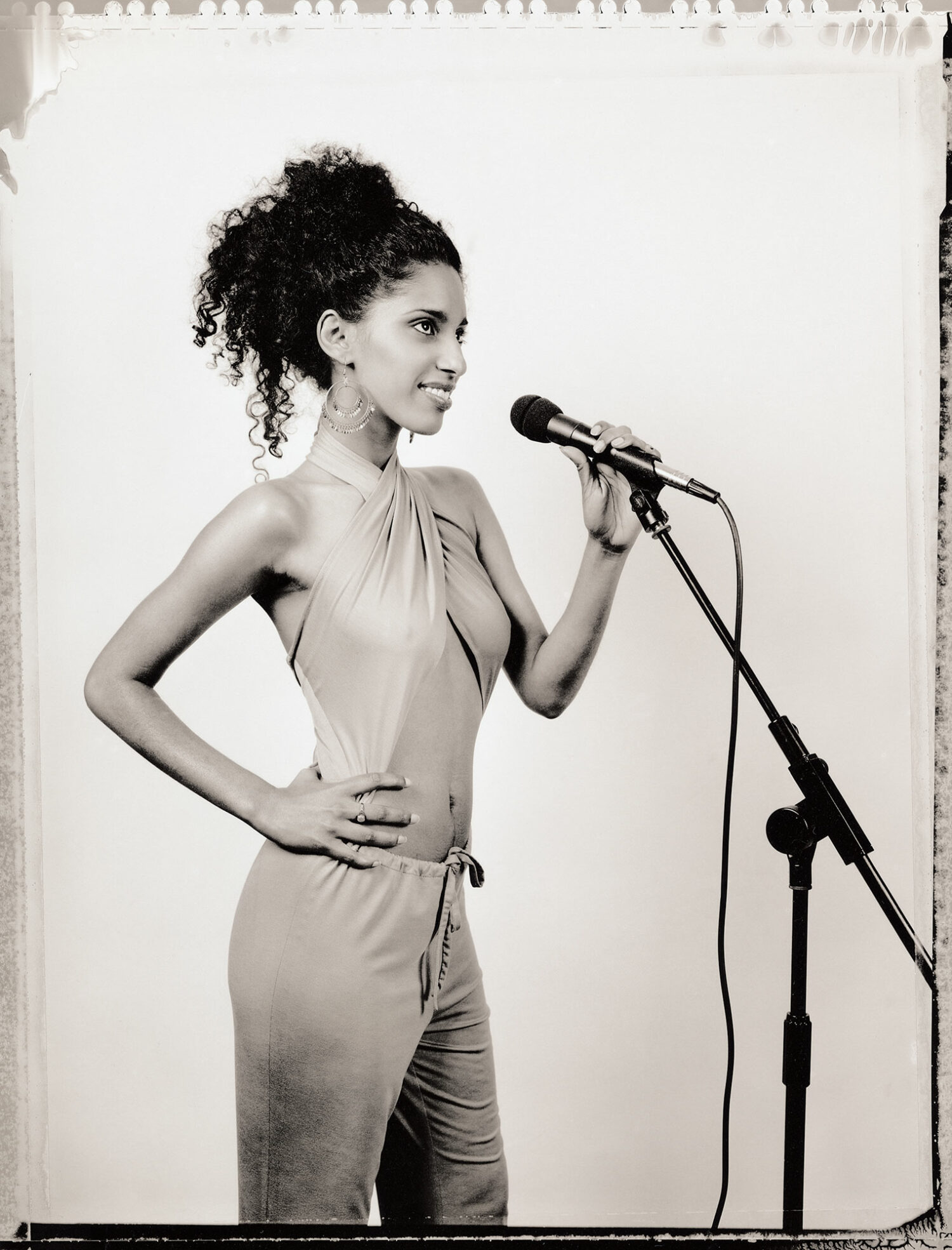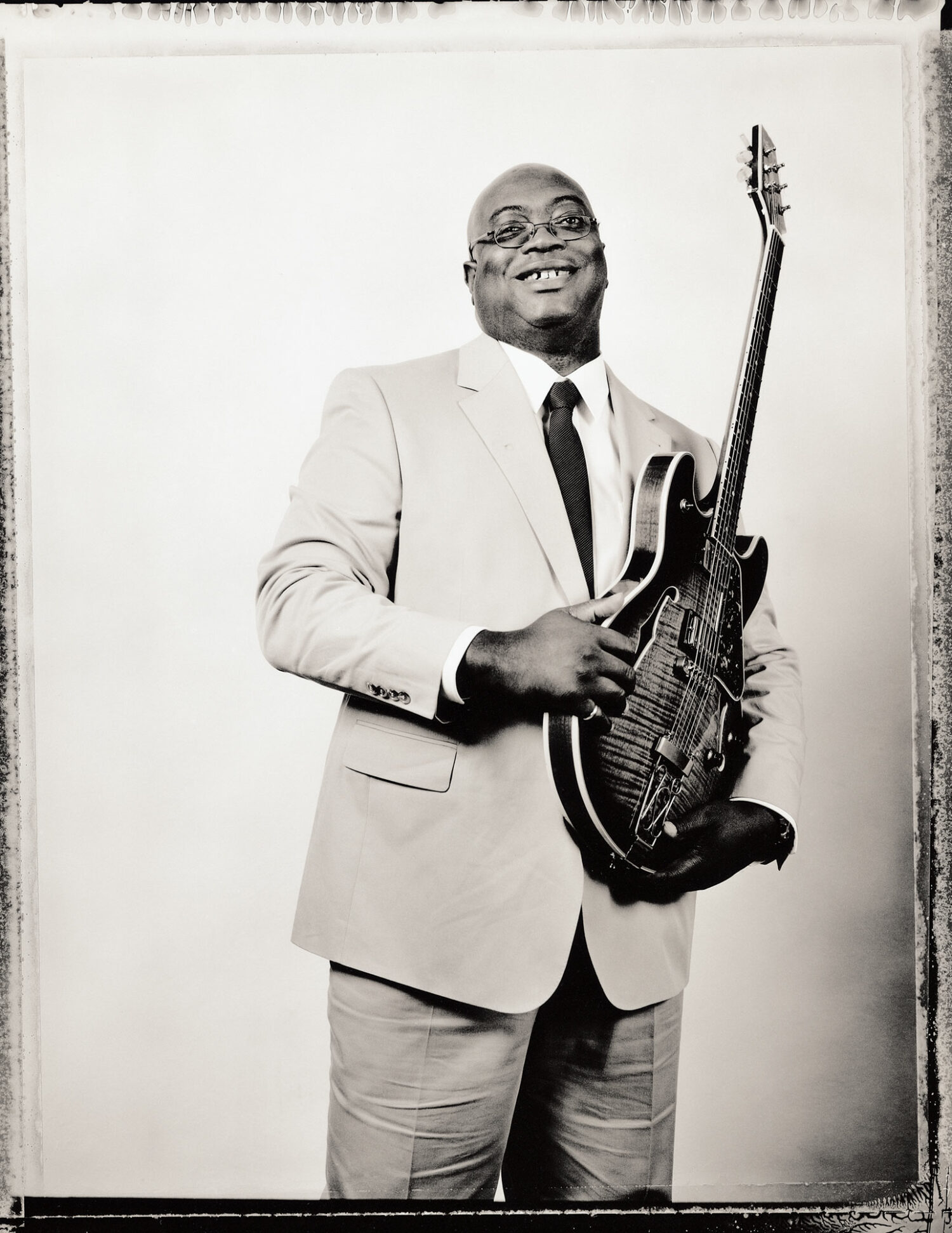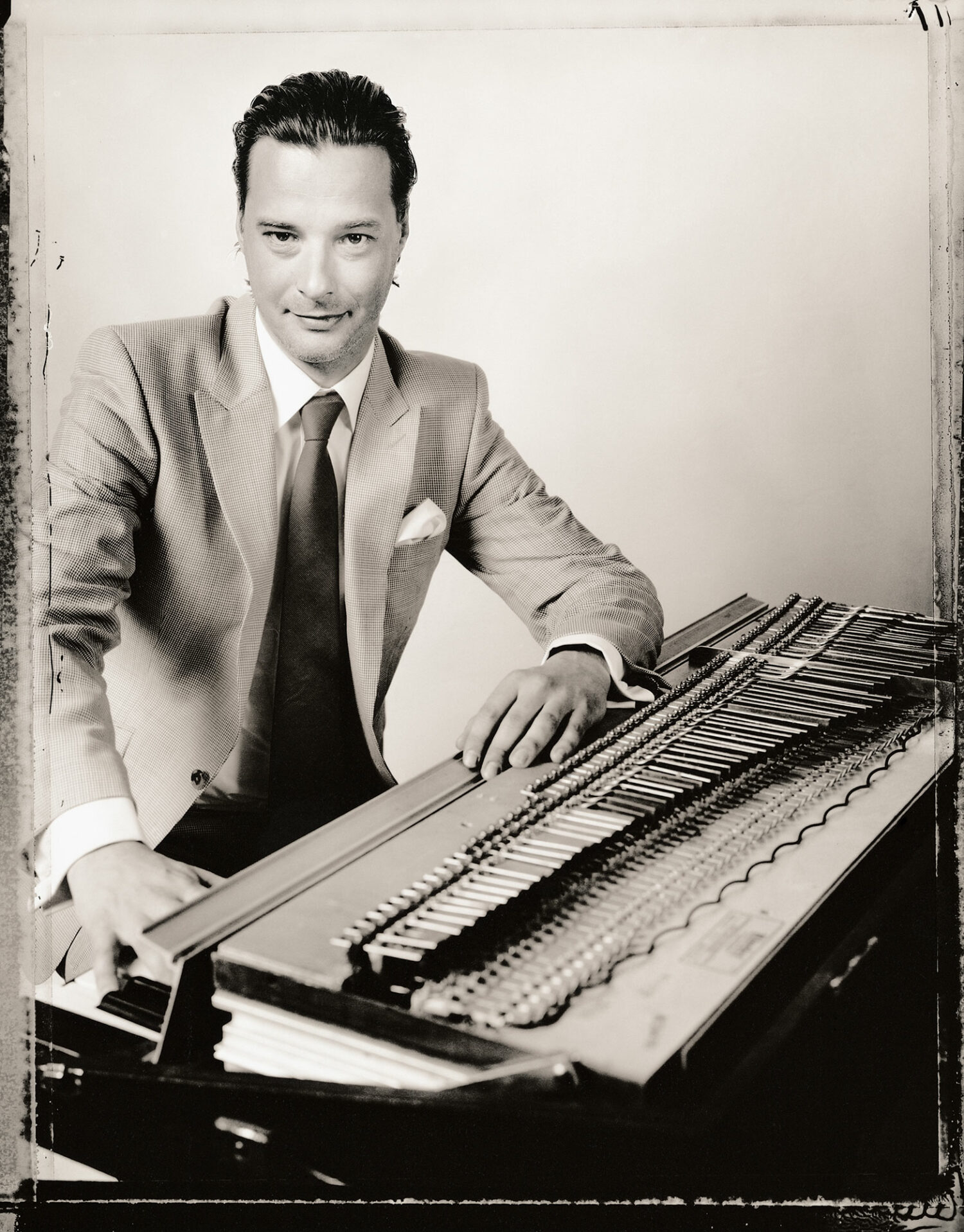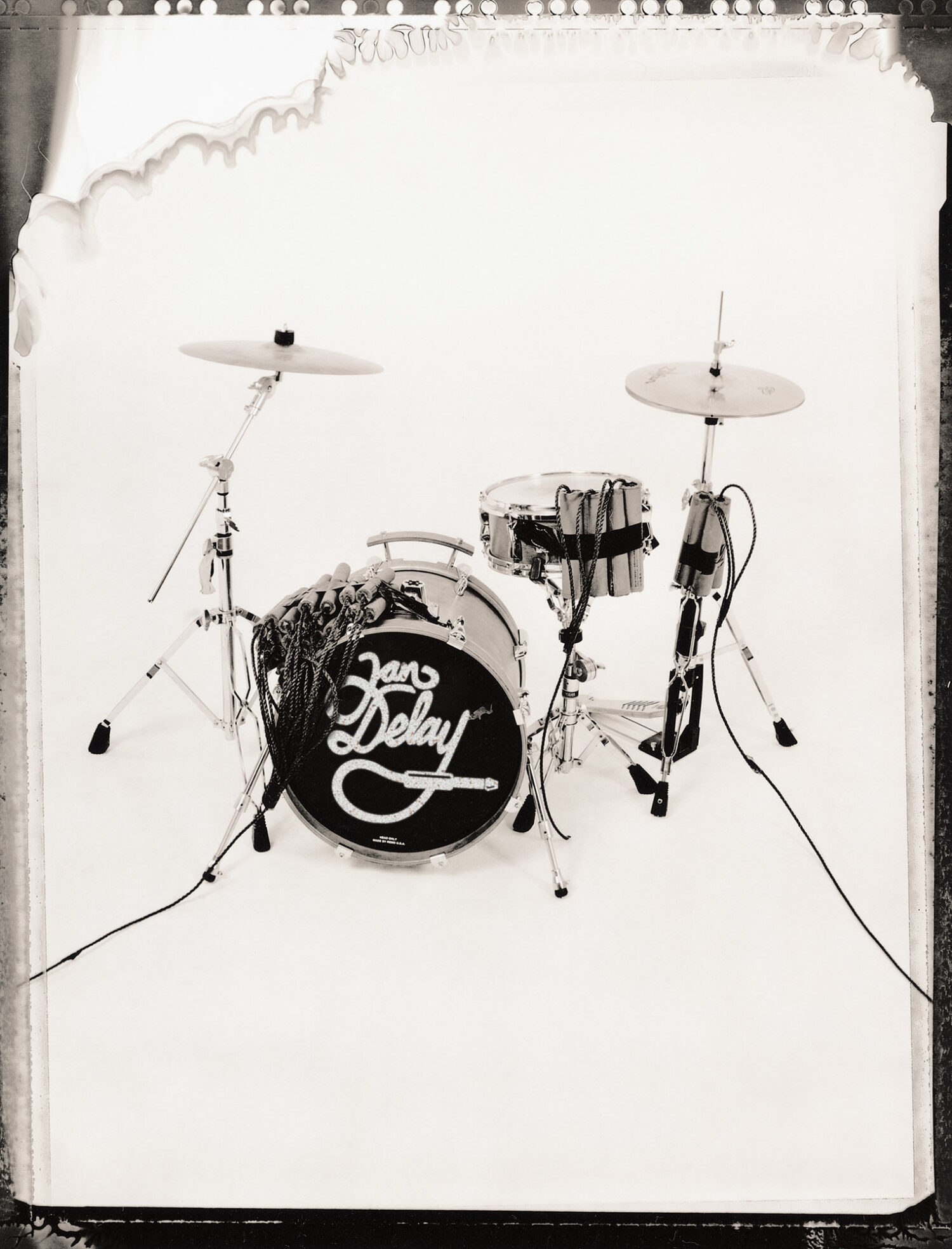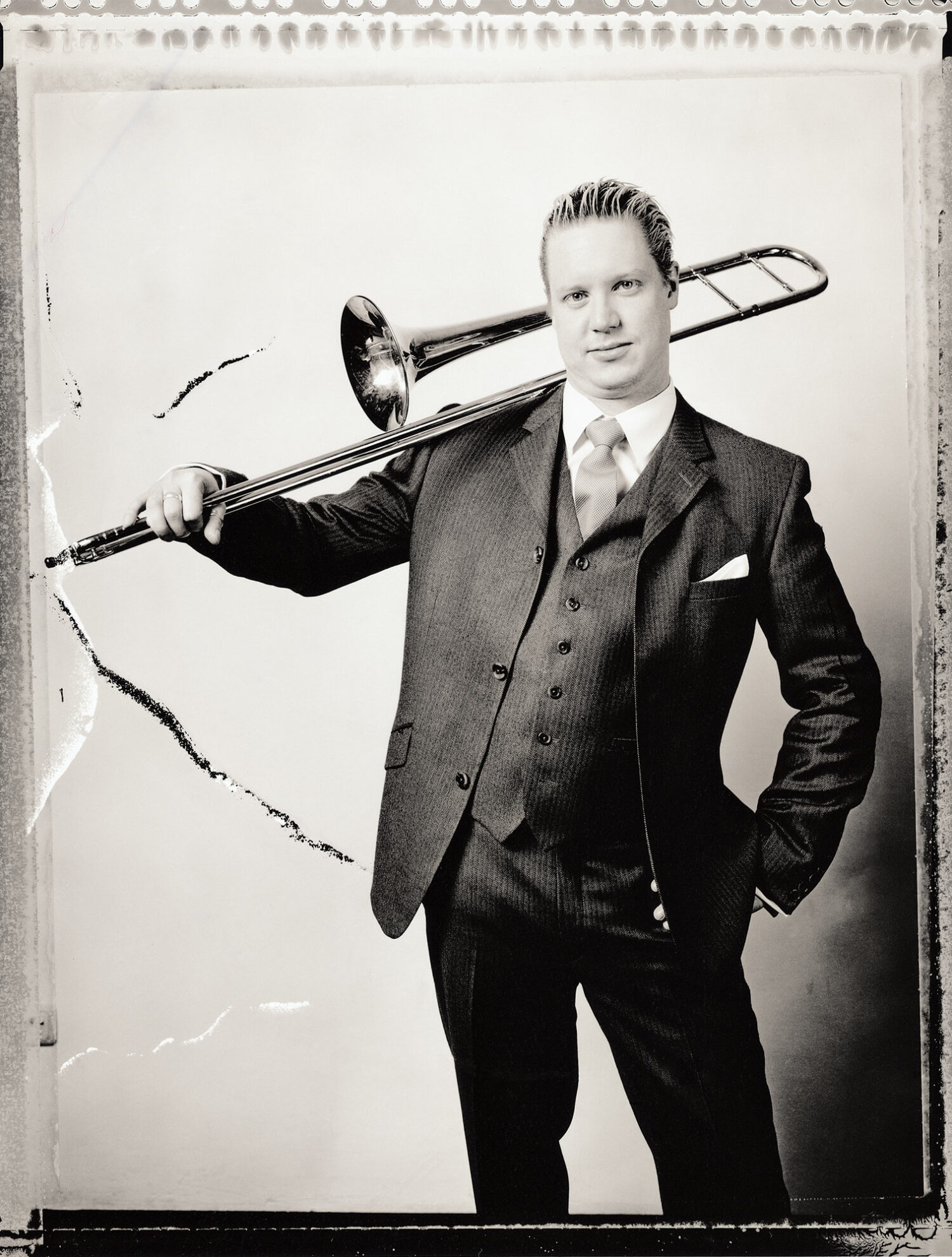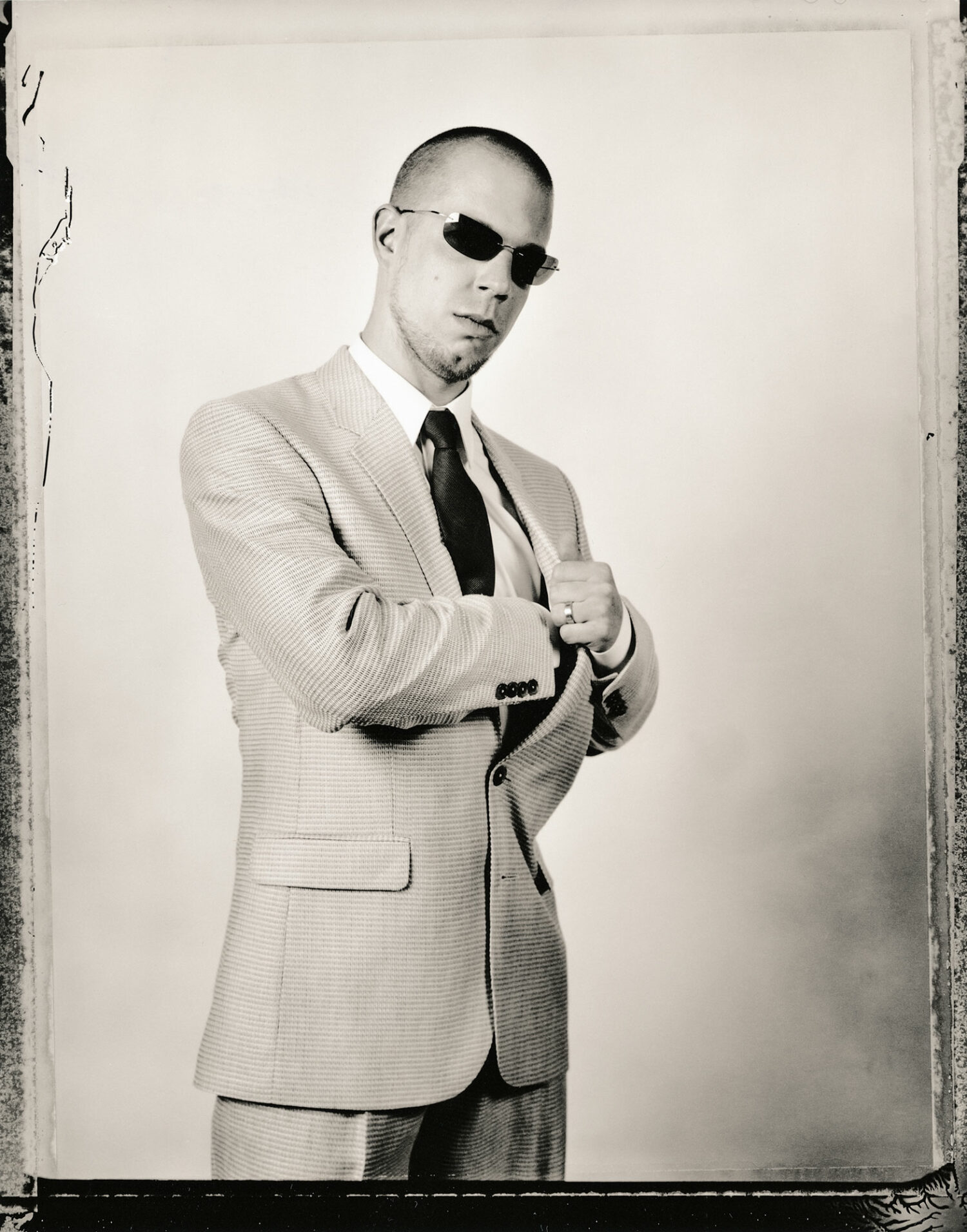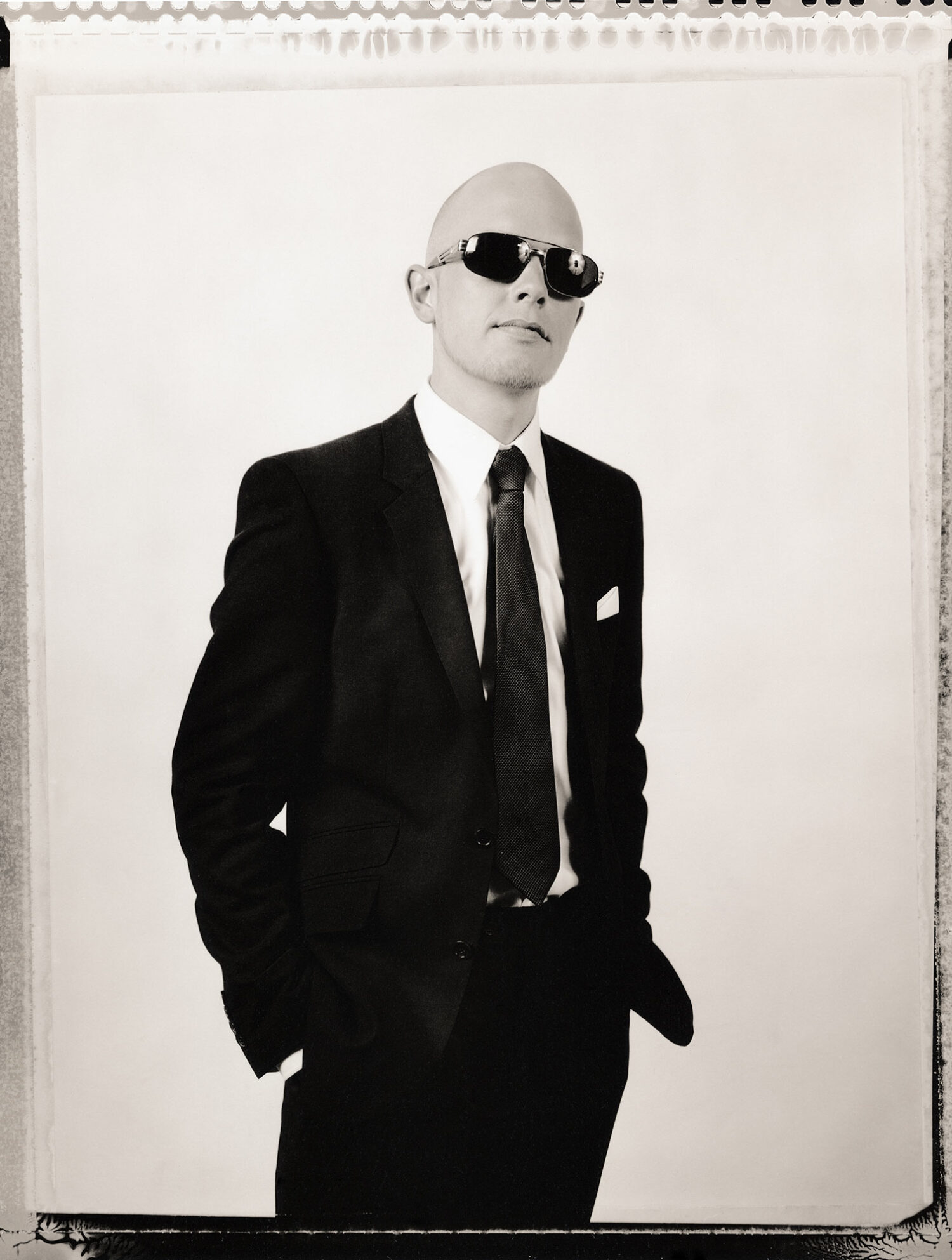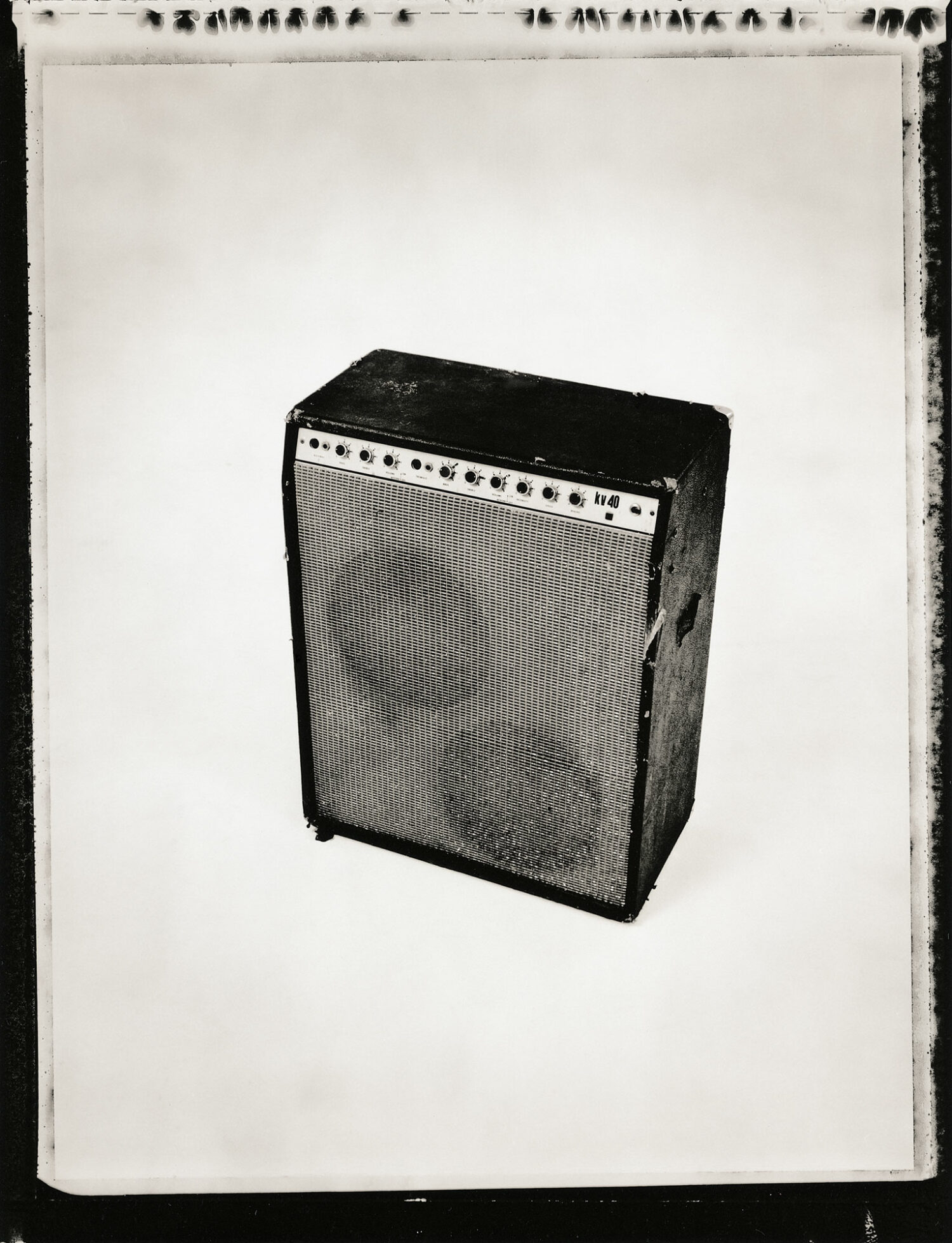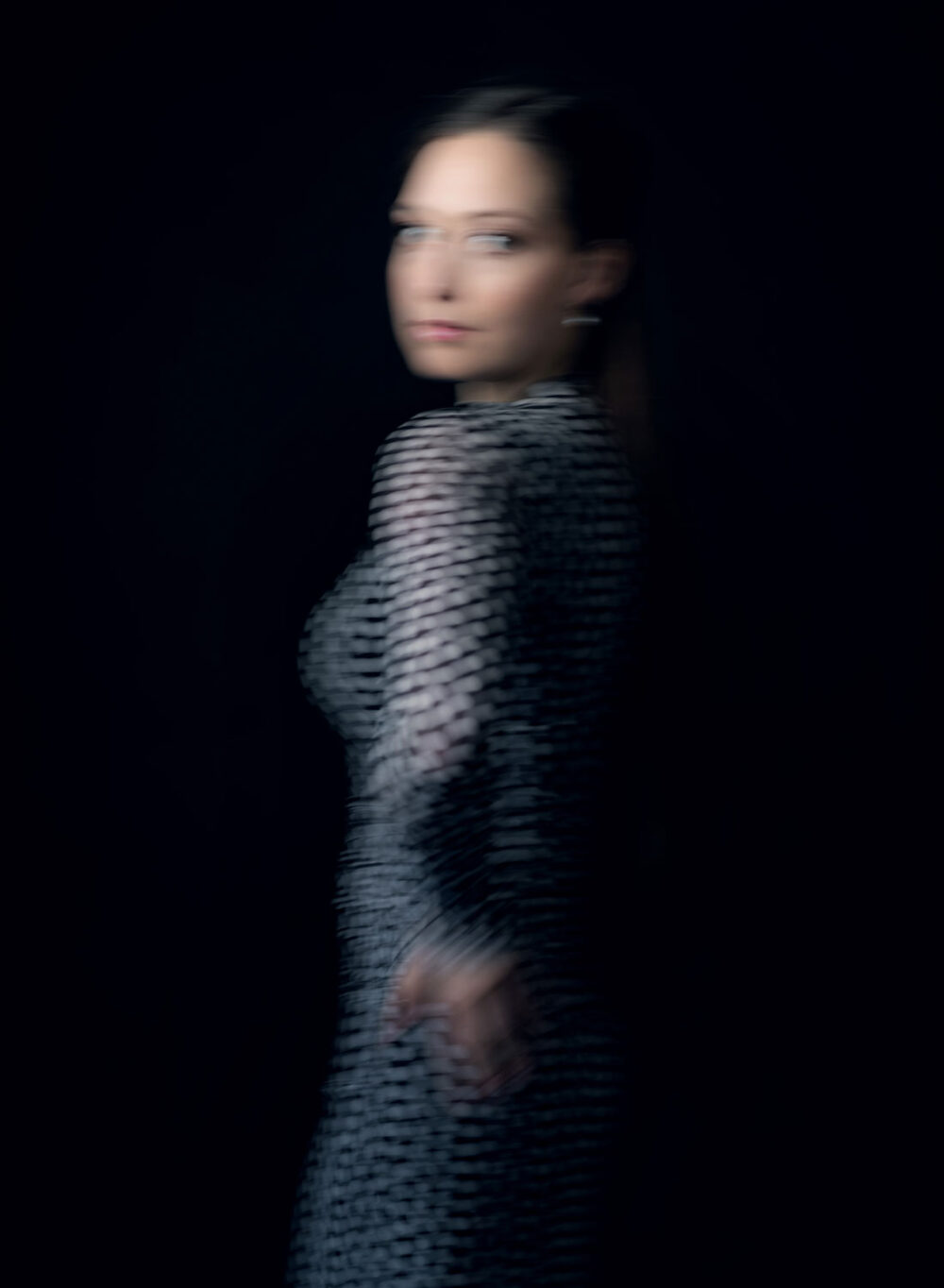

Daria Parkhomenko,
Portrait,
Pianist,






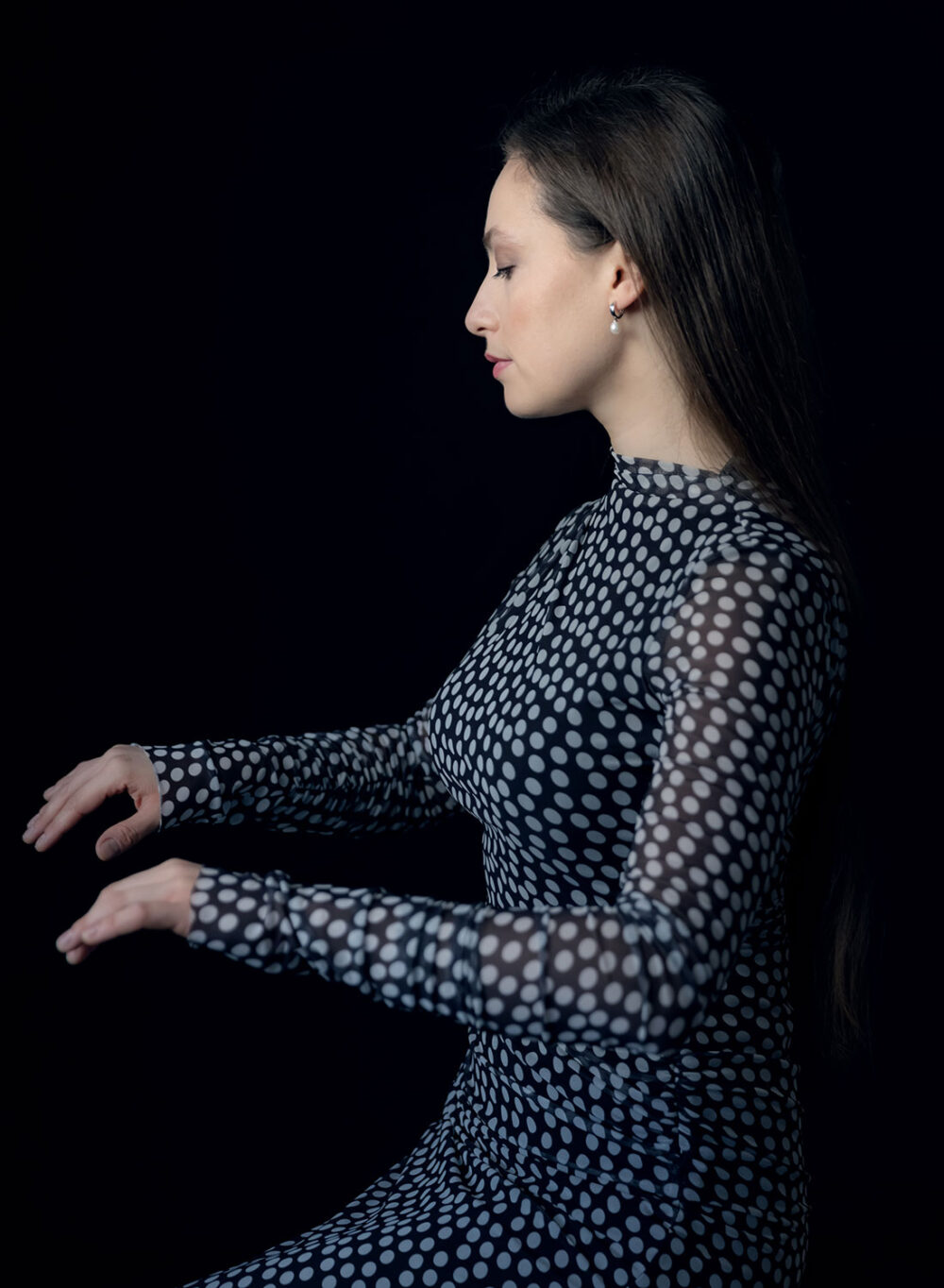
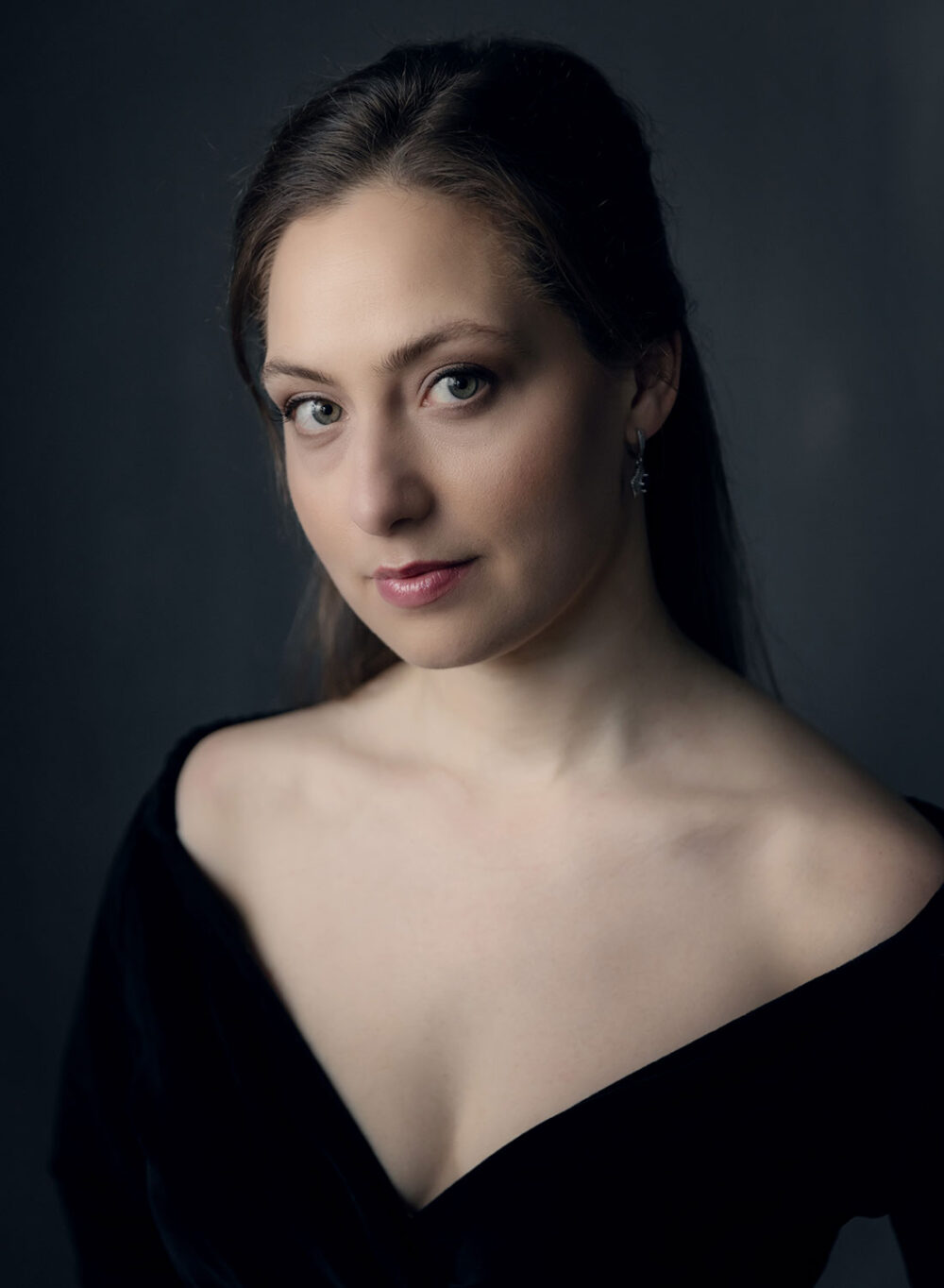

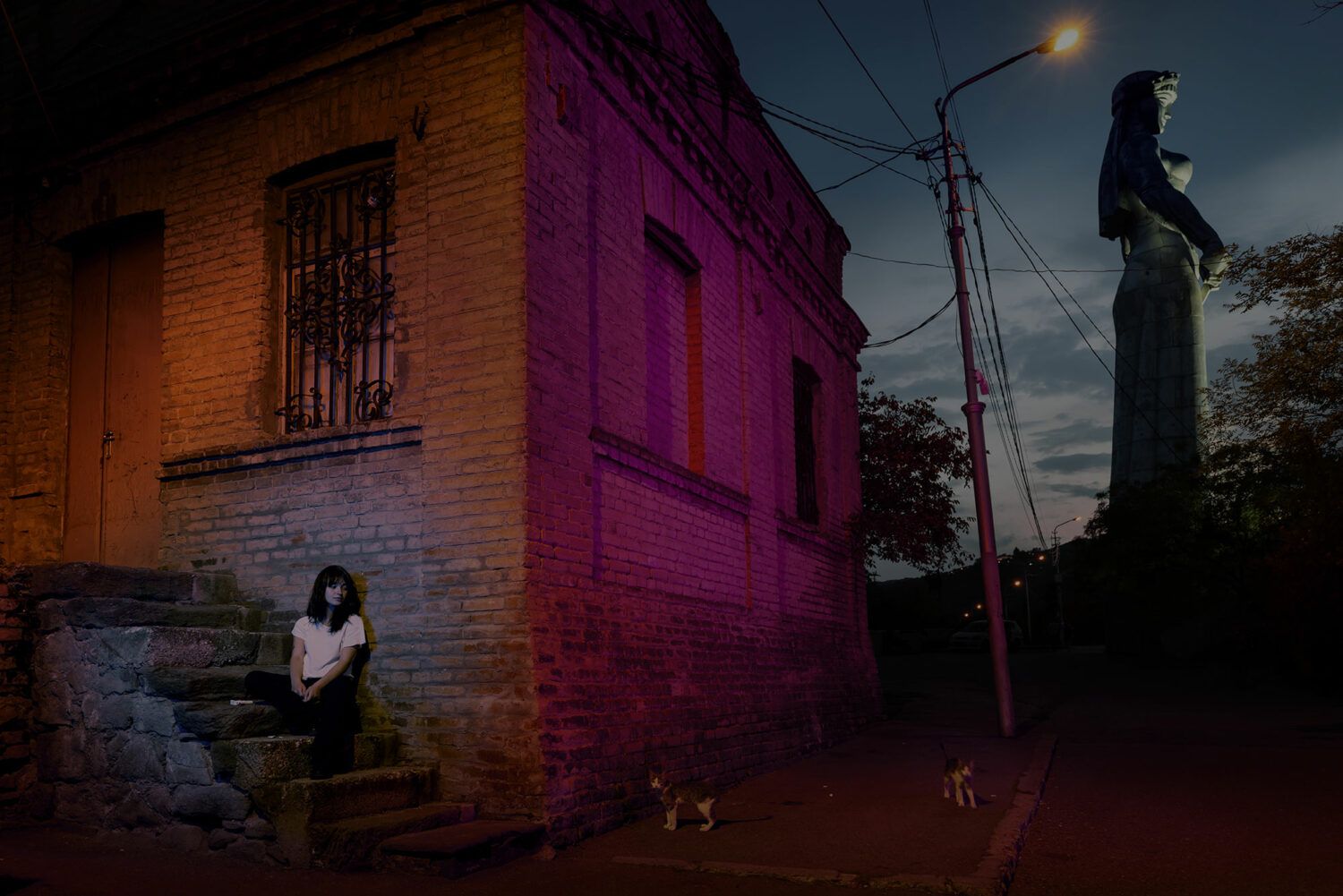

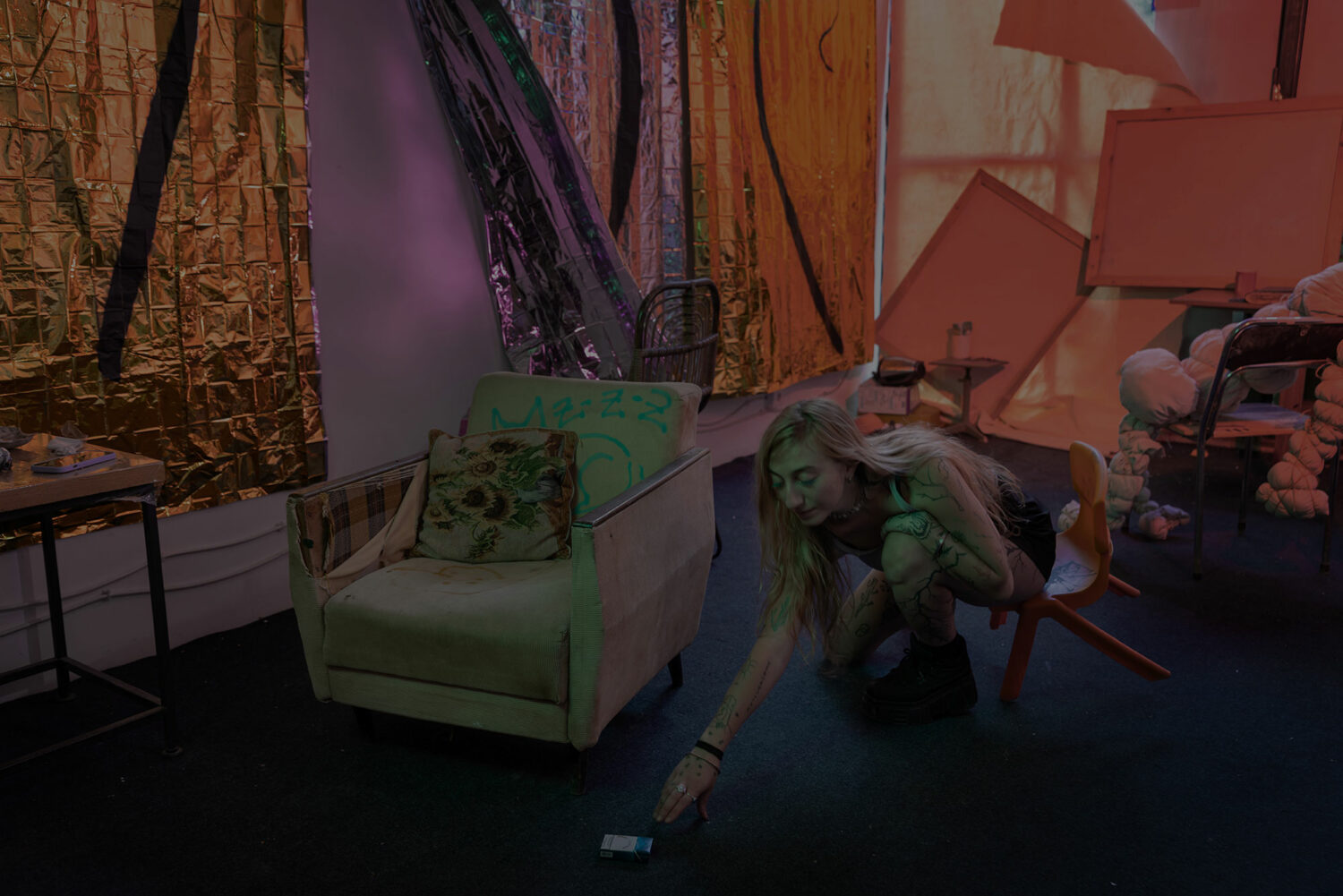
Tbilisi Youth,
Between Tradition and Modern,
VG Bildkunst Grant
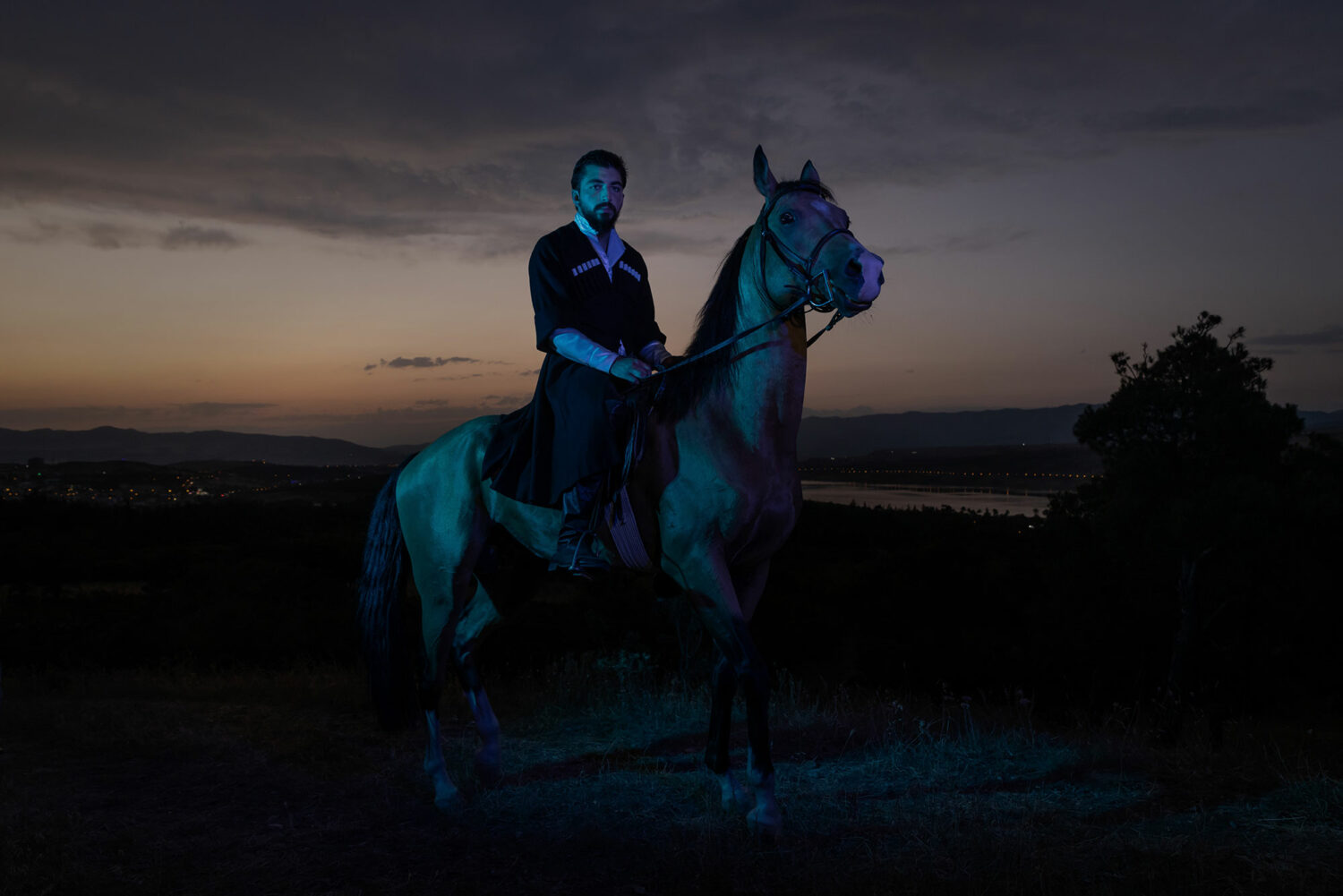
„I think that family is the most important thing!“
Data Gabunia
„If I had to choose beetwen poor and good or rich and corrupt I have no idea what I would do.“
Olga Tchelidze
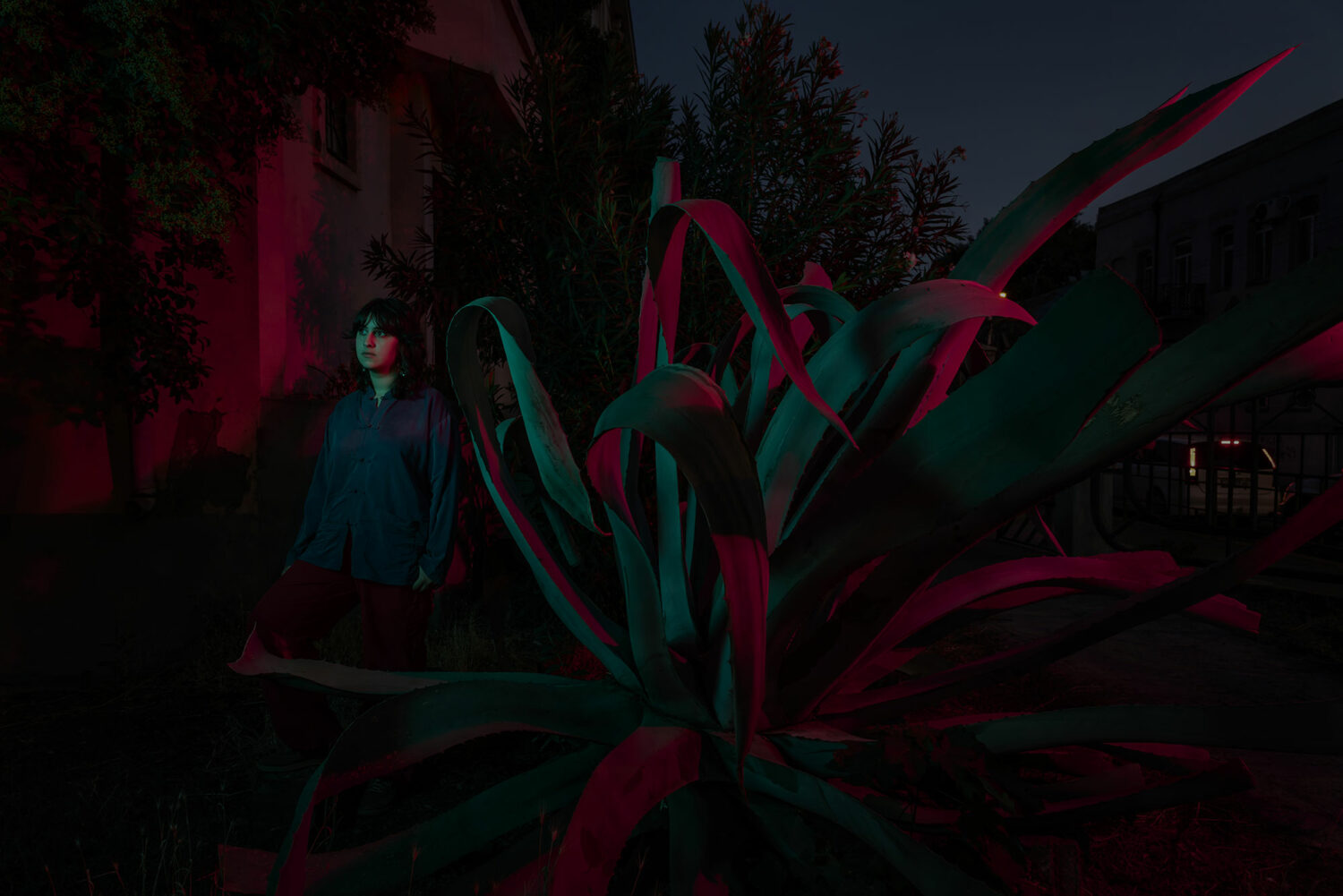
„I like the role of a woman in Georgian Dances and in everyday life. Everything has to be moving around me. I really like this role.“
Anuki Kokiashvili

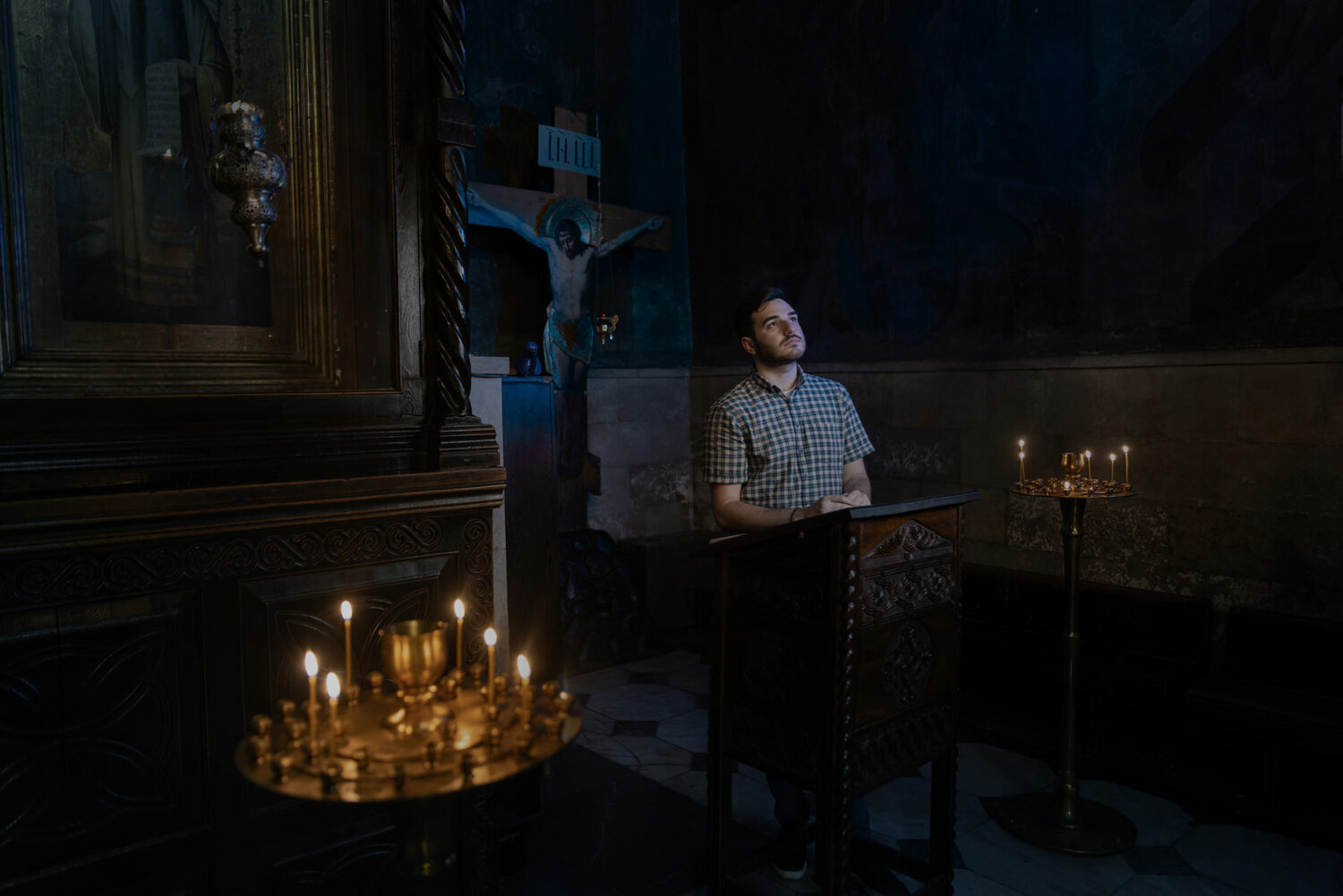
„And the traditions that I do not consider necessary probably relate to Supra.“
Nikoloz Jargazia
„I think that we can‘t embrace modernity without embracing our traditions.“
Mariam Mishvnelova
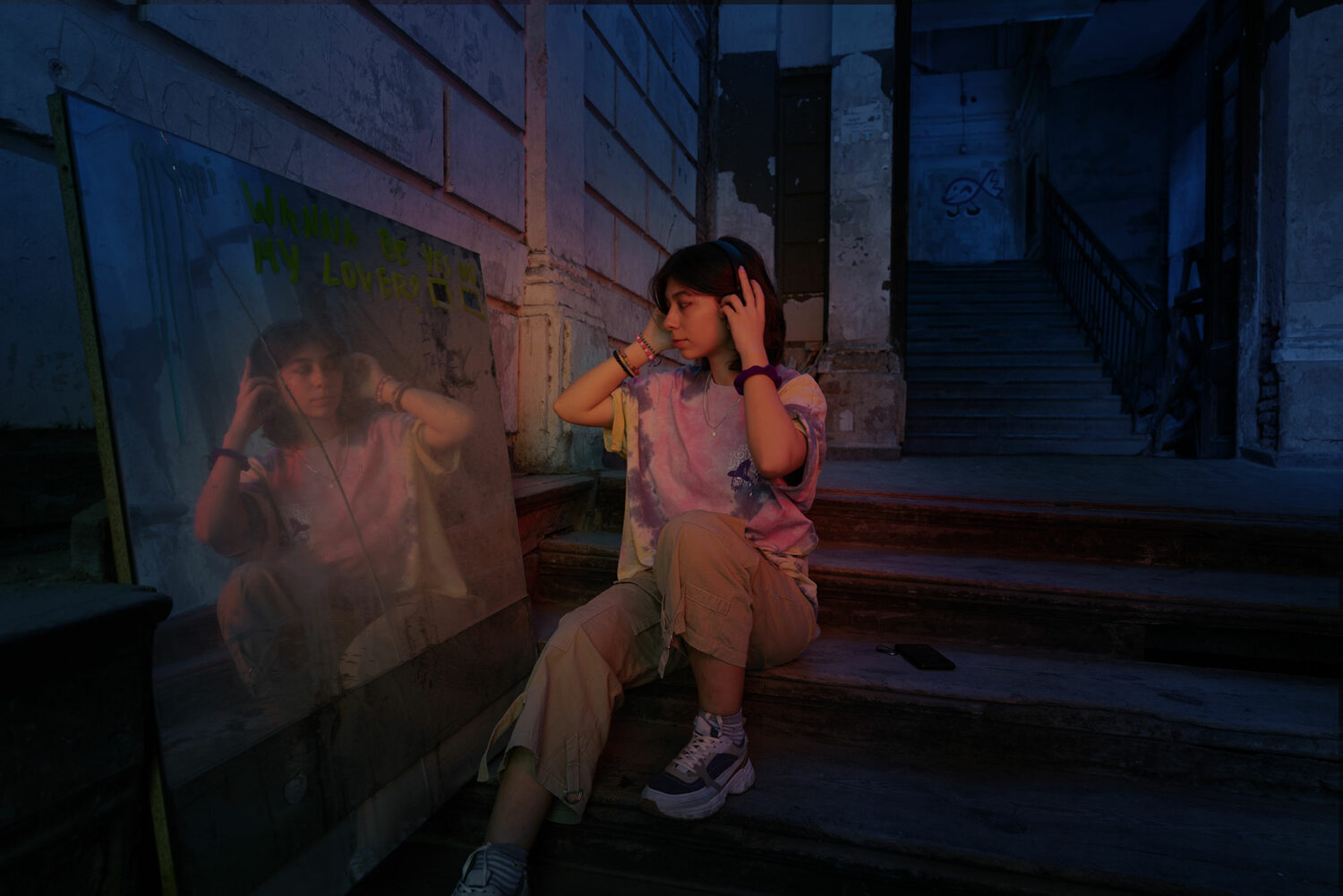
„I would definitely love to have a bit of influence, but only towards the better.“
Giorgi Bakhsoliani
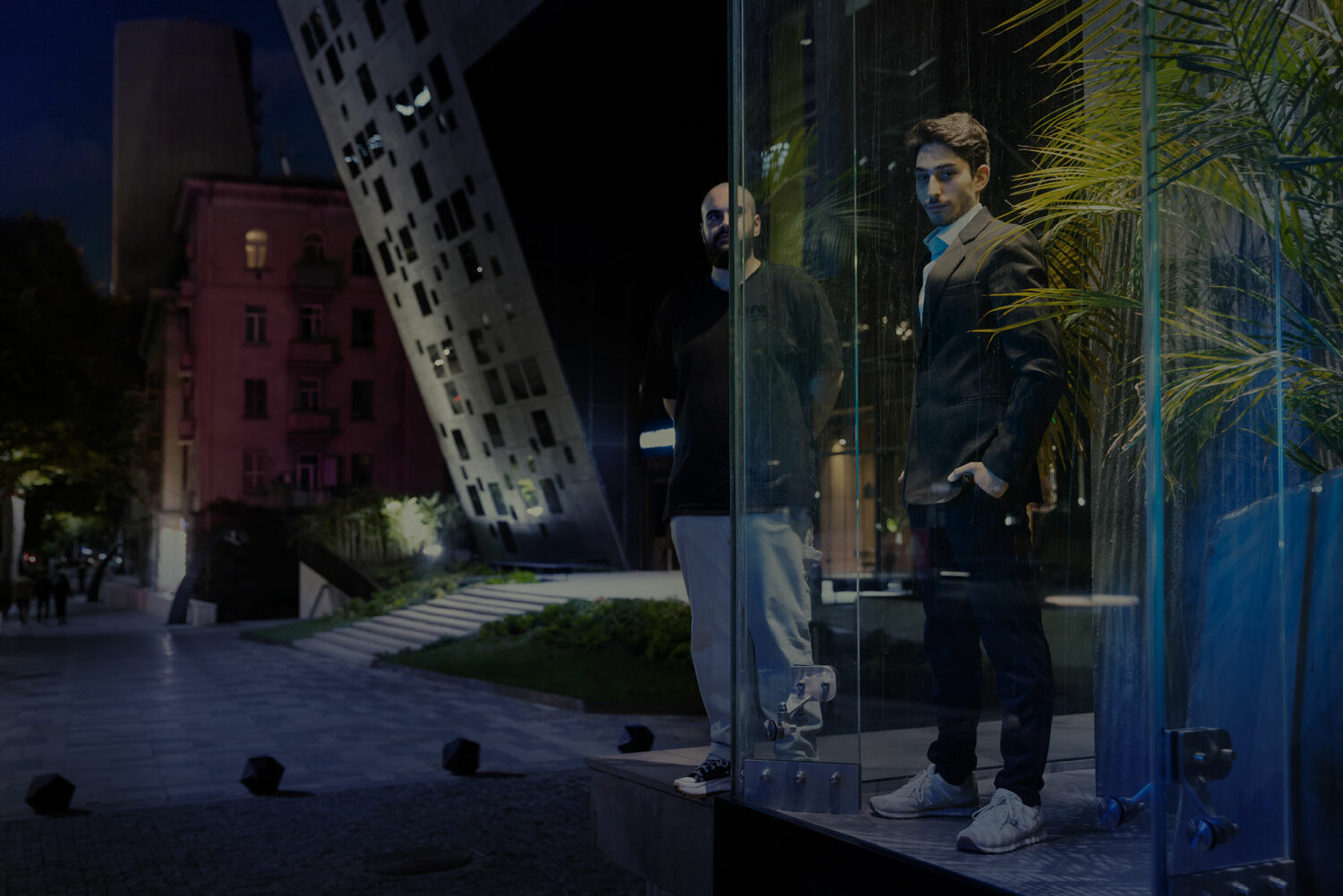
„Georgian dance of male and female is very contrasty and I like this contrast.“
Giorgi Dzizidziguri
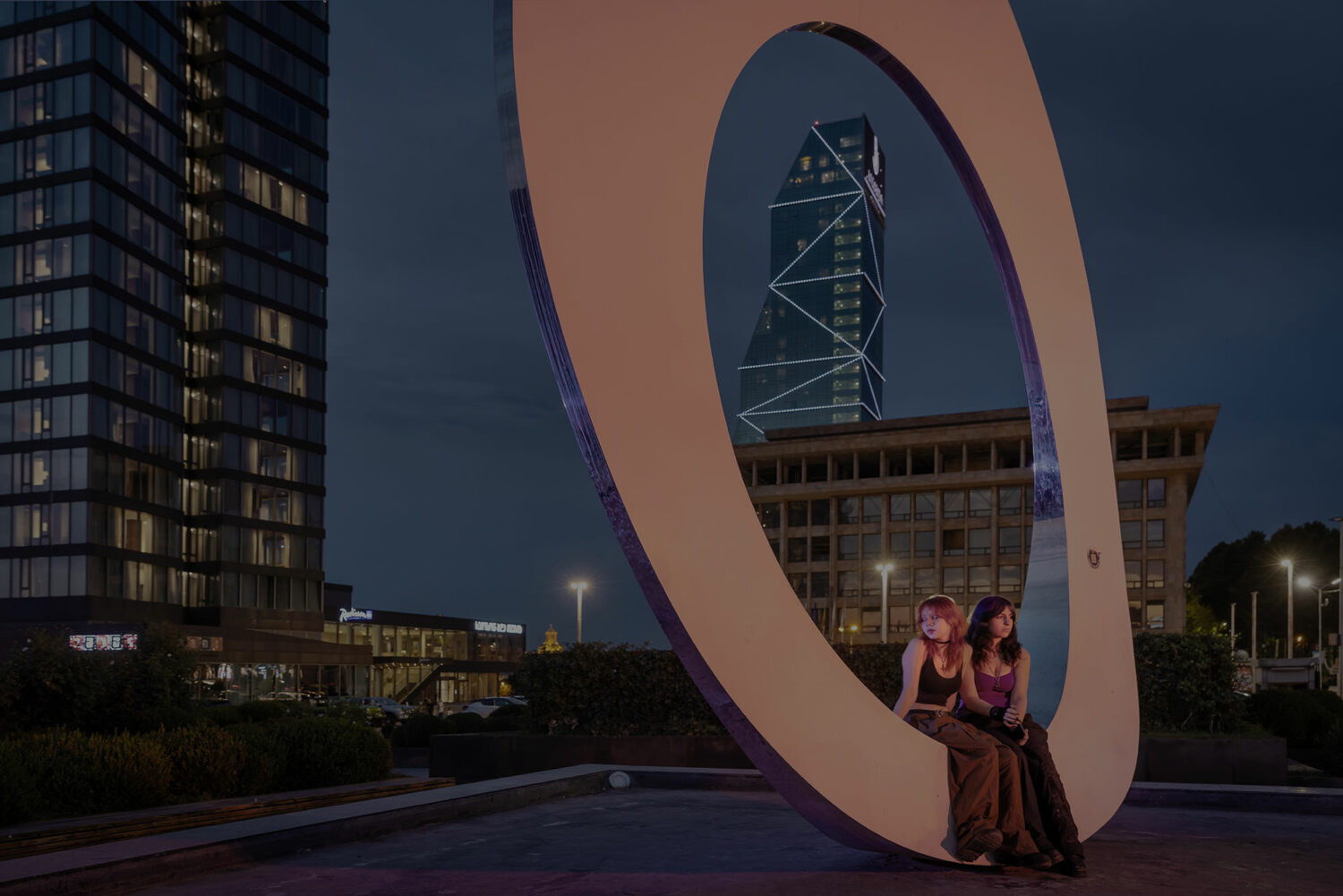


„But I would create a tradition where some category of the people go together and clean our nature.“
Likuna Zghudadze
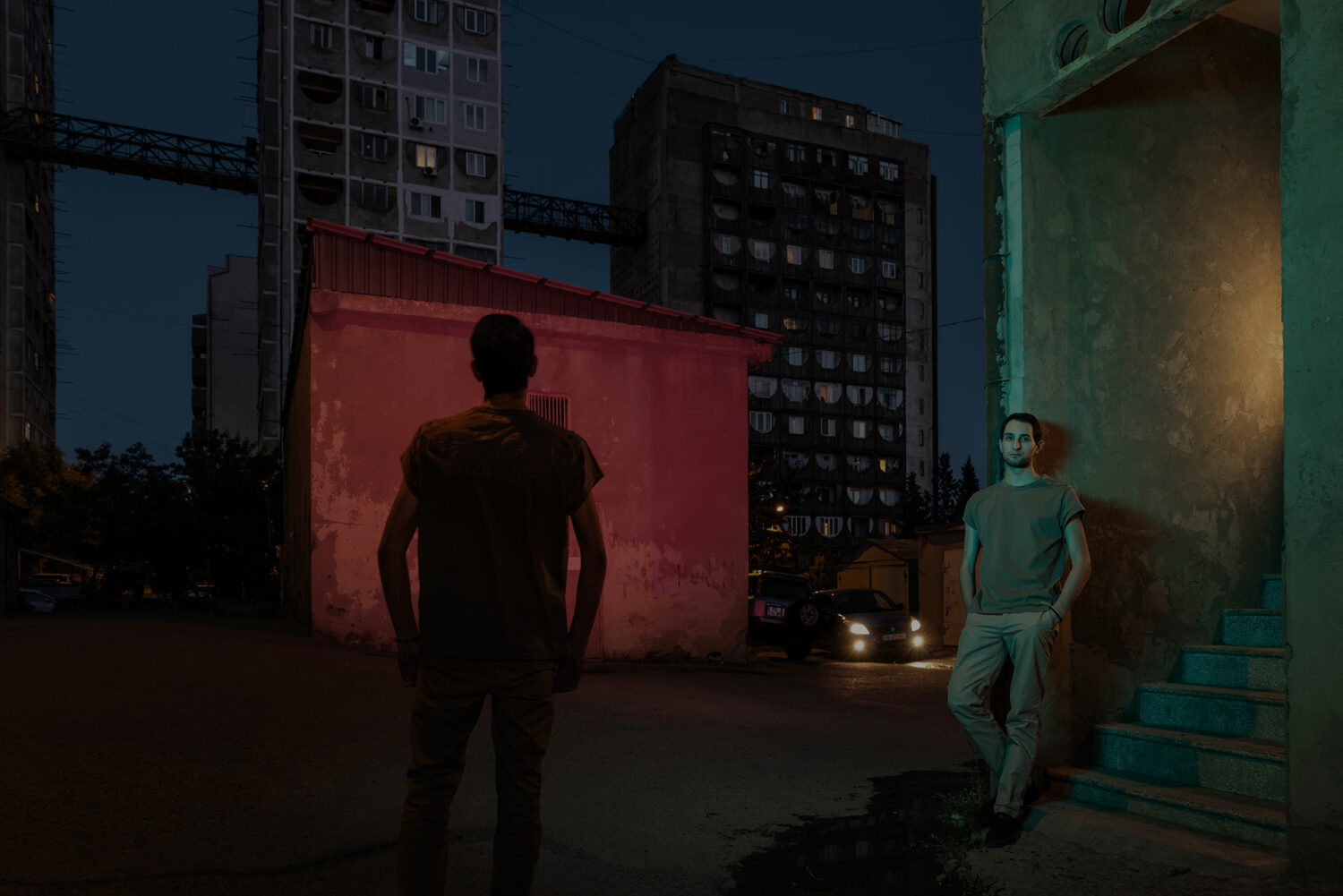
Here and now you will get to know beautiful, youthful, full of hopes and energy, twinkling eyes, intelligent, unfettered young Georgians. This generation was born and raised in a free and independent country. Those who have missed the Soviet oppression and narrowness. You can easily identify their freedom and open-mindedness by what they say. Their narrative sounds like the roar of a mighty, powerful river. Different streams are attached to this one big river – There are conservatives, patriots, traditionalist, liberals, and cosmopolitans, but they are all united by one powerful charge – they were born in a beautiful little cozy lovely country. In a country at the crossroads of Europe and Asia, where people have been fighting and defending their lives and land since ancient times, and here we are. We now also stand at a political crossroads. The nation makes its own decision. There is desire to break free from the orbit of the northern neighbor, to be closer to the European family, to achieve unity. I have the impression that we are constantly making decisions. This is a country with a rich and ancient culture and traditions. It can be a burden at times. Between generations, there is a bridge and… a broken bridge. The generation that lived in the Soviet Union is still alive, and some of them miss it. Young people are rushing ahead, toward Europe. There are still ardent supporters of Stalin here, and propaganda has distorted their mind qualitatively. The younger generation adequately analyzes the past. It learns the lessons of the past. If or when I see Pro-Russian statements, it makes me sad, confused, and scared. I‘m glad I‘m not observing this from youth.
Nino Lomidze
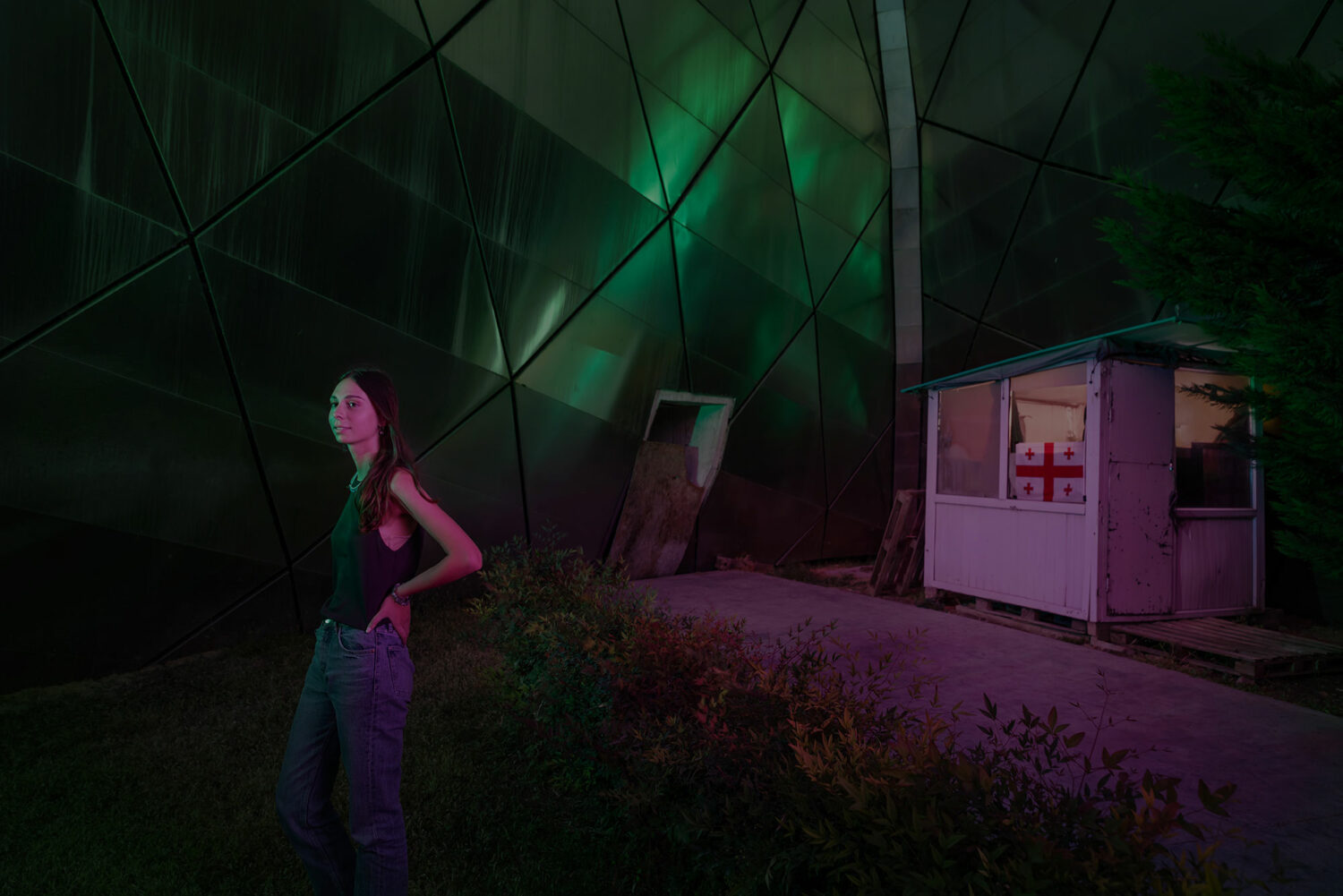

„For me first of all development is education and availability of education. Free thinking and not putting anything or anyone in frames.“
Ana Martskvishvili
„My grandmother was begging me every day to just remove piercings and also that I don‘t go to university bothers them a lot.“
Ana Lomidze
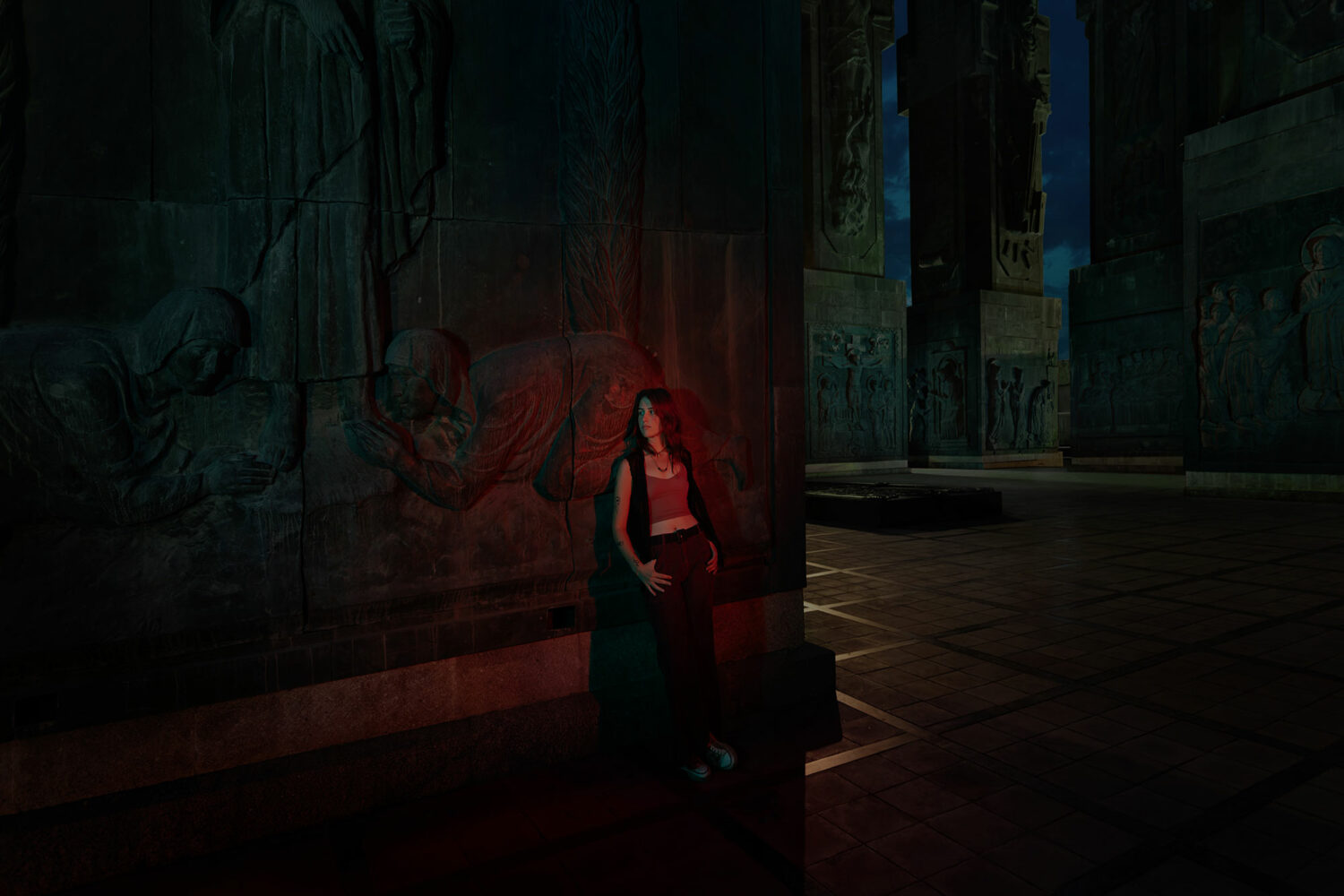
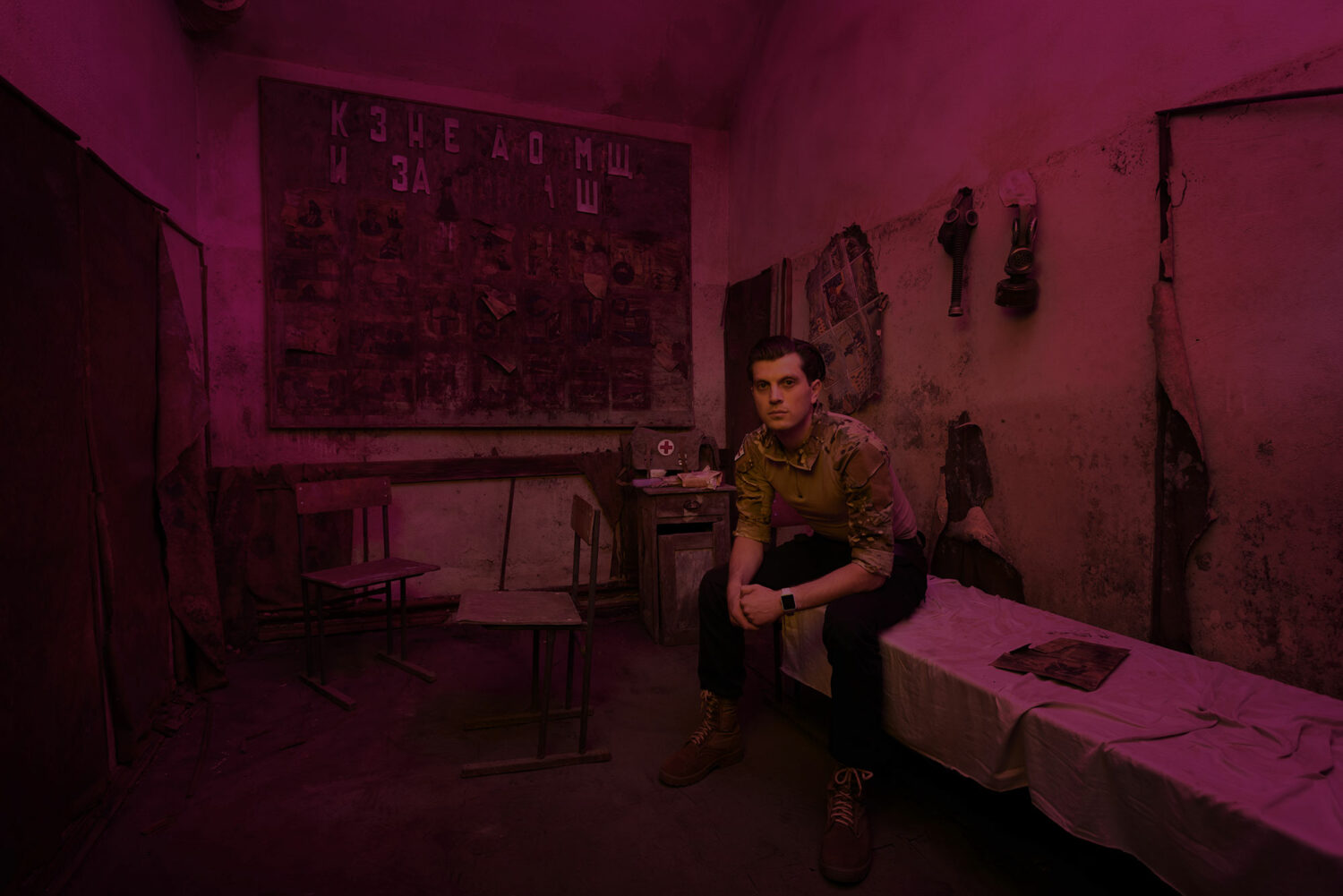
„And as for the traditions I have mentioned soul of fighter, Georgians have lost it. Army shouldn‘t be shameful, army should be part of the elite and everyone who went to army should be privileged:“
Tornike Kapanadze
I had several photo assignments in Georgia over the last years . This country with its ancient history, wedged between Russia and the Middle East and marking the extreme, wild edge of Europe, had grown close to my heart with its way of life. The break between traditional life in the Caucasian mountains and modern life in Tbilisi fascinated me. In 2020 I had an idea to do my own story about this. But because of pandemic I was able to realize it only in 2022, and instead of making it in the whole country, I decided to focus on Tbilisi only.
How do you grow up in a small country, which after a long history of Russian influence longs for Europe, but at the same time is somehow geographically distant from it? Where one of the oldest civilizations always had to defend itself or come to terms with its larger and stronger neighbours. Where sacred places and religious rituals seem to be so far from techno clubs in Tbilisi, or do they? There is hardly a country where the gap between tradition and modernity is greater.
My 25 protagonists talk about their dreams, interests and concerns. I have placed them in architectural environments that are not their homes, but have references to their history, forming a portrait of modern Tbilisi. Underlining their young and vivid lives, I staged them in coloured light in the minutes of Blue Hour, when natural and artificial lights perfectly blend.
The Photography reflects the mood after Russian invasion in Ukraine as in Georgia memories of Russian aggression are still vivid. Current events are again hitting hard on young Georgians, as Ukrainian and Russian refugees fleeing to the country are challenging their future.
Gulliver Theis
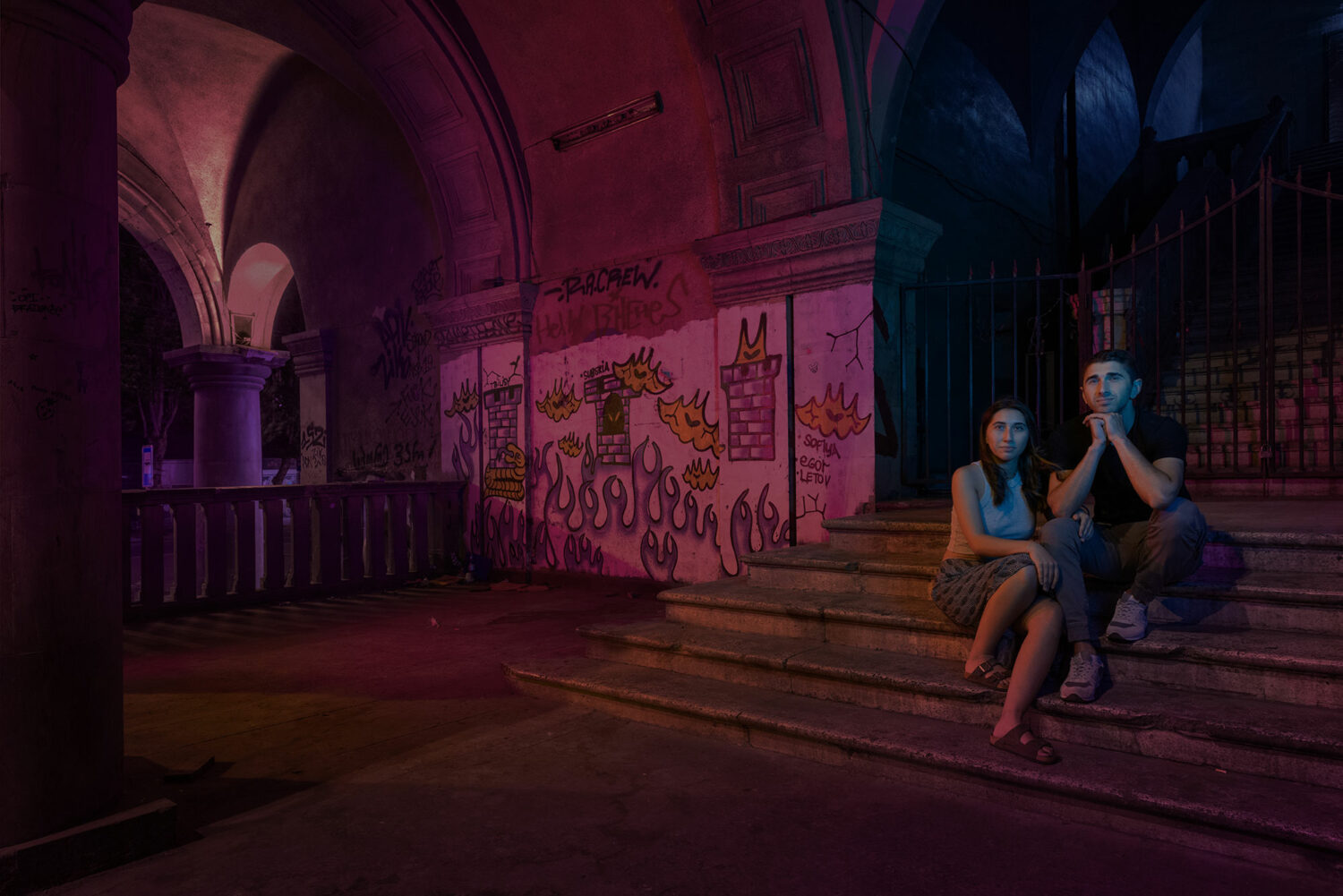
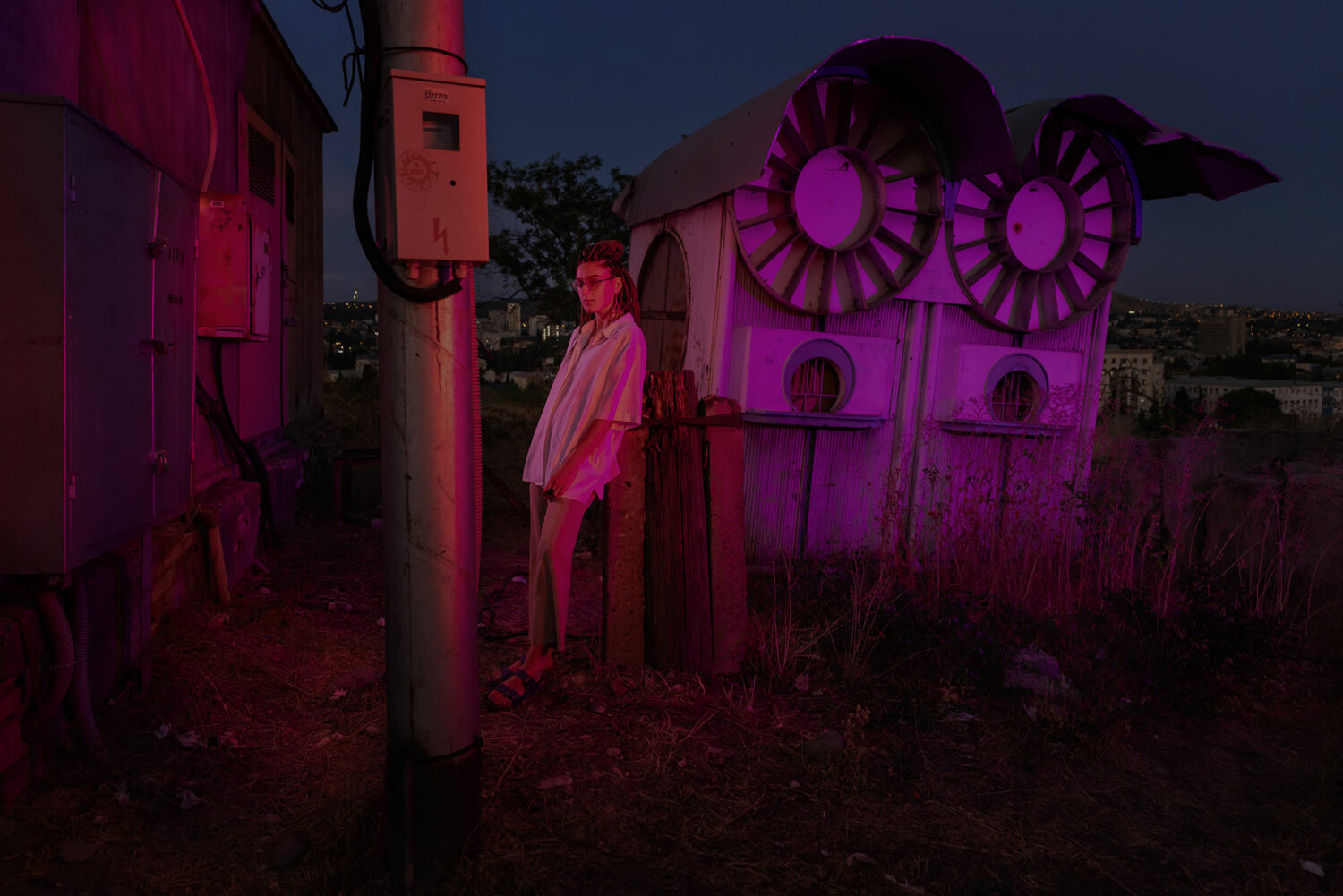
„My grandma thinks that homosexuality is a disease and these people should be treated.“
Nia Zhvania
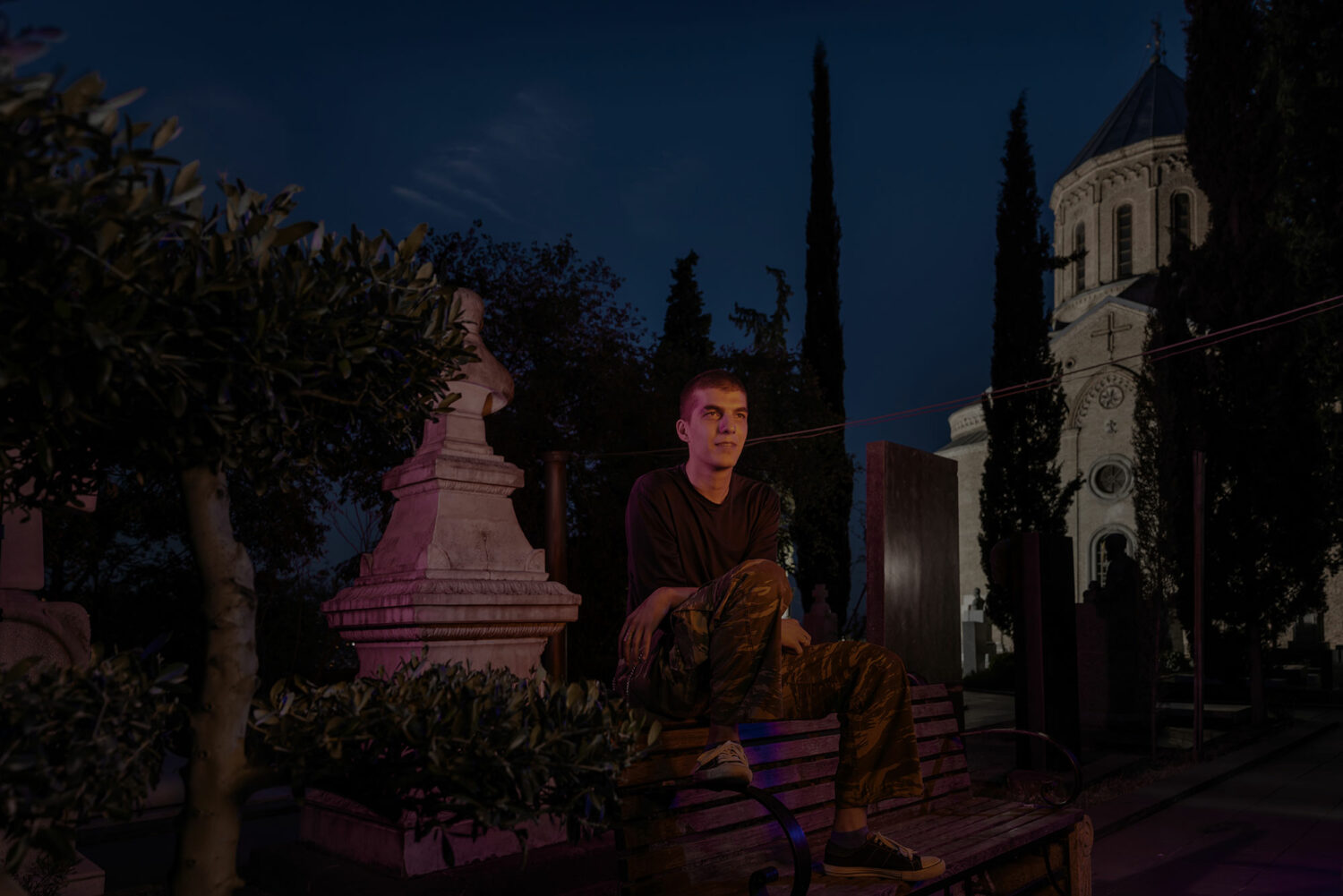
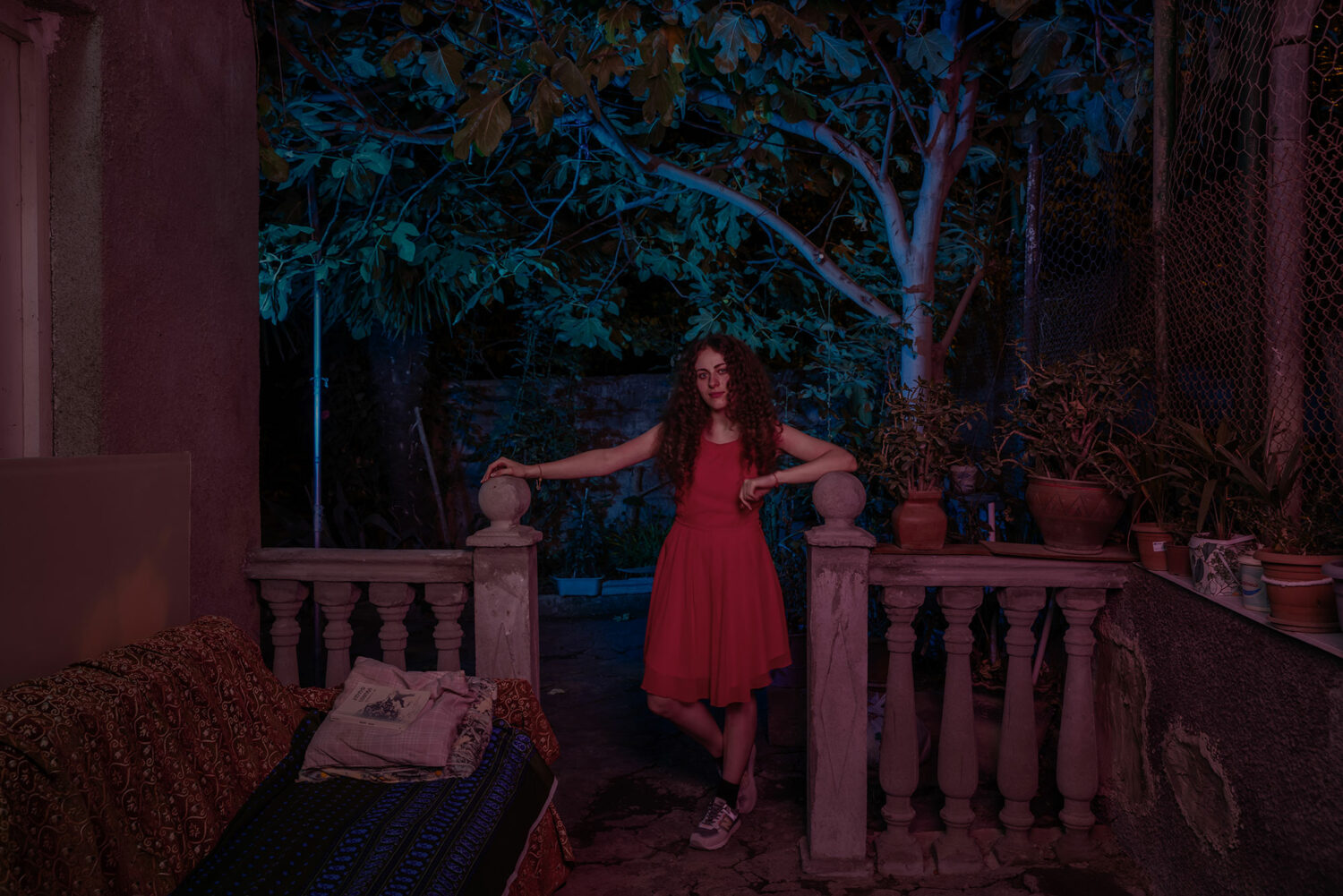
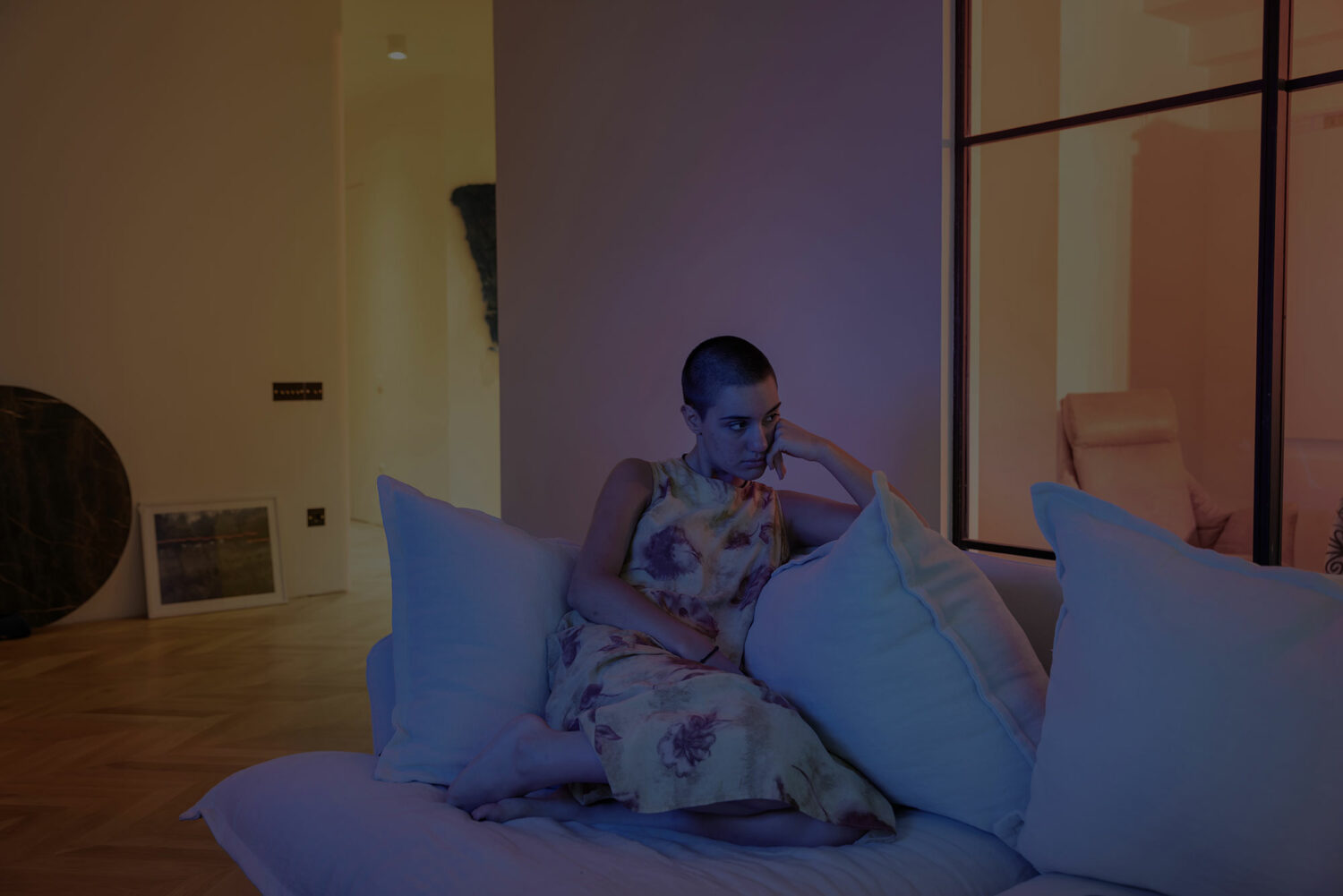
„I think that family and career are both very important but I wouldn‘t give up my career for my family.“
Lizi Mumladze
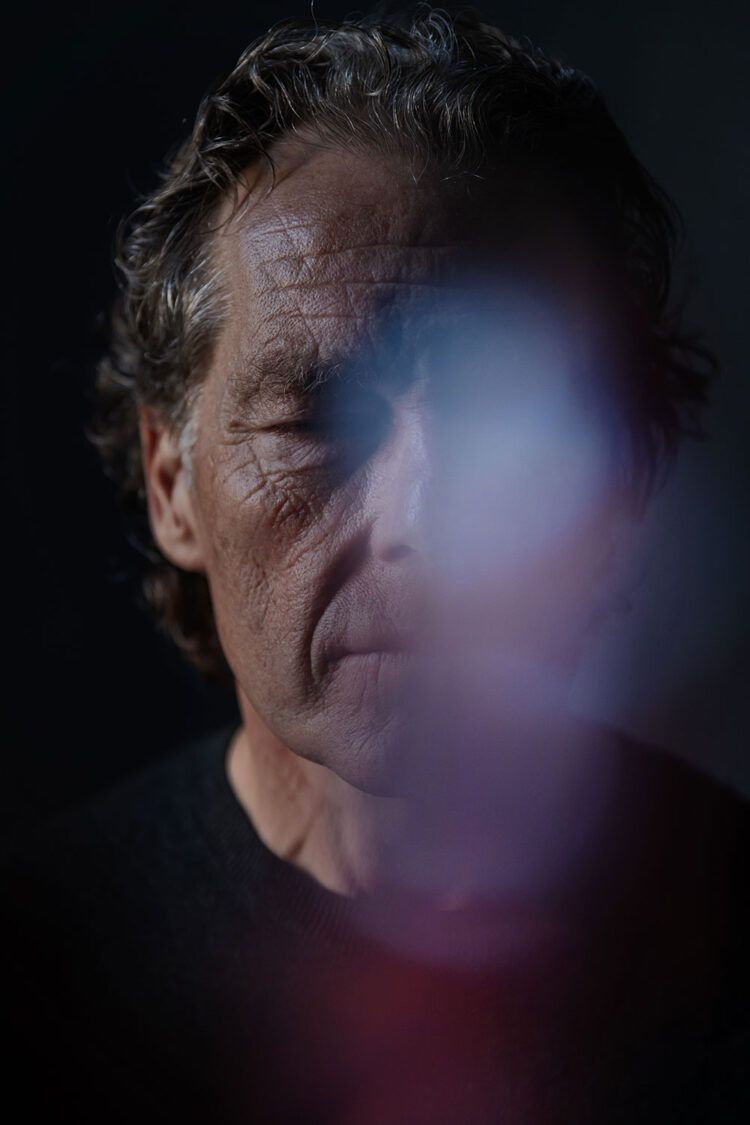

Oliver Sauer,
Actor,
Portraits
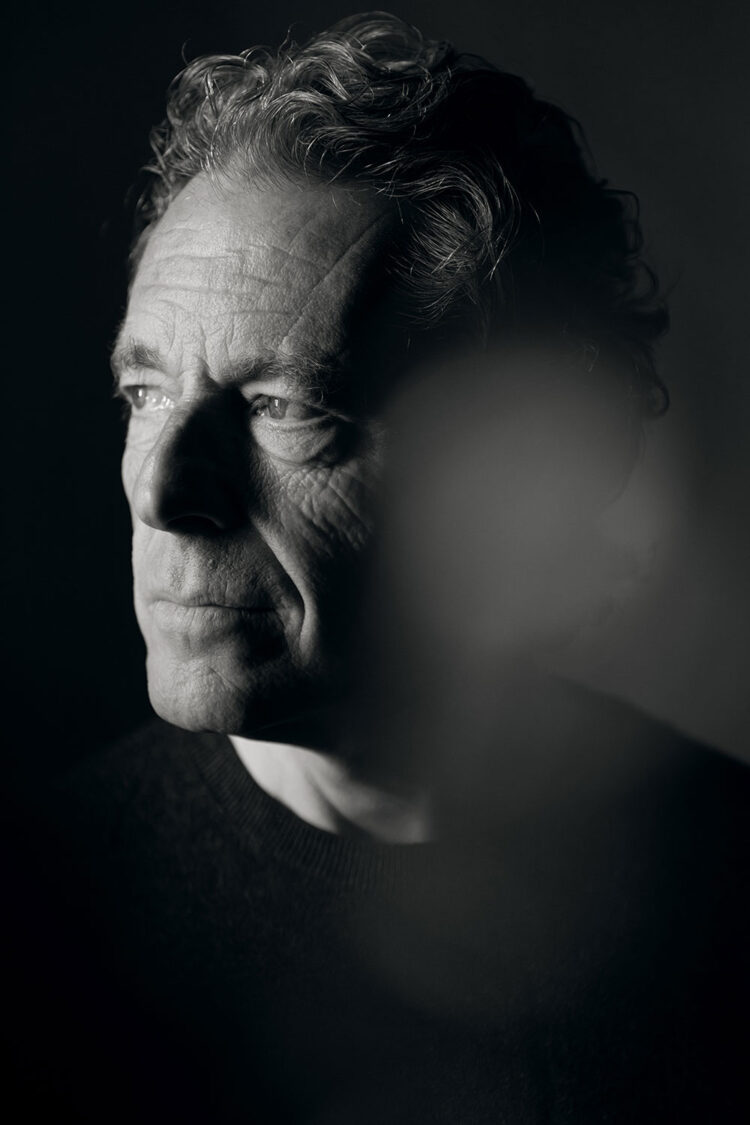
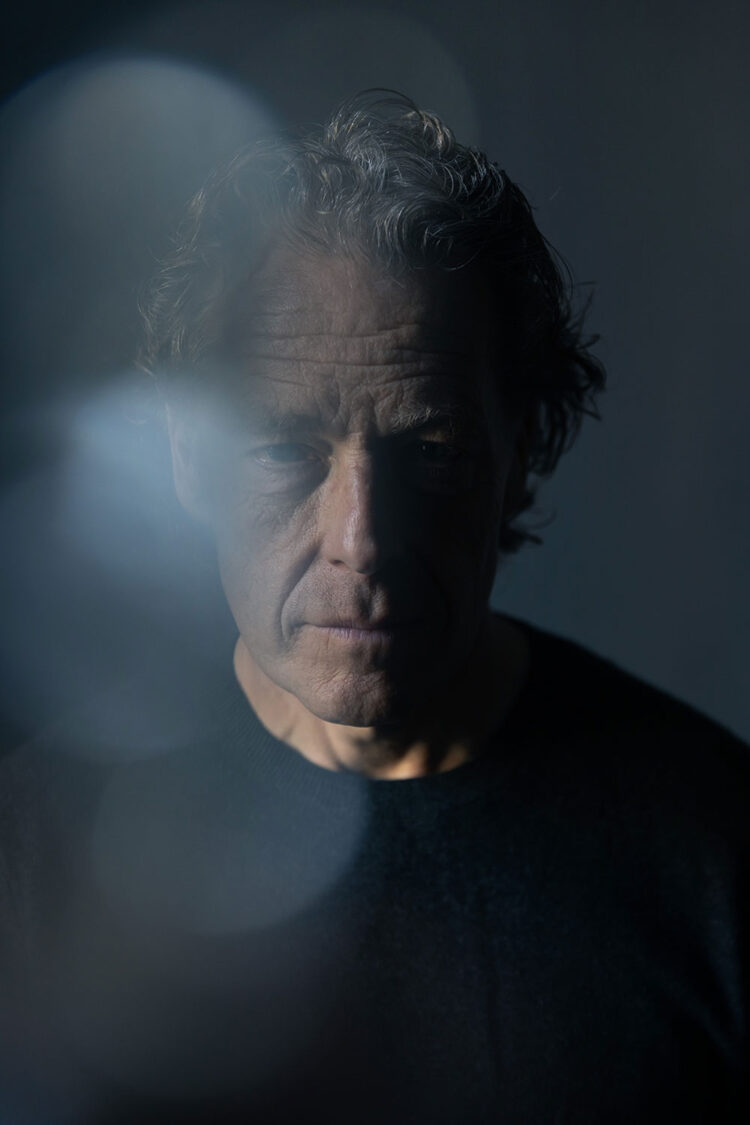
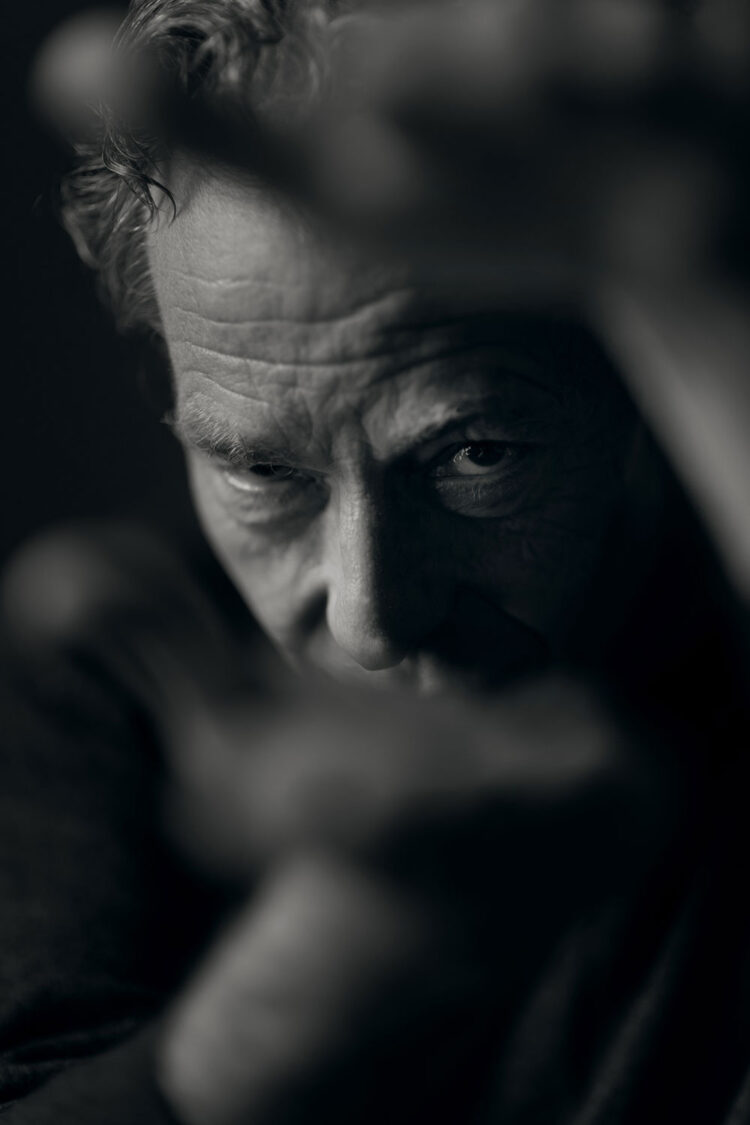


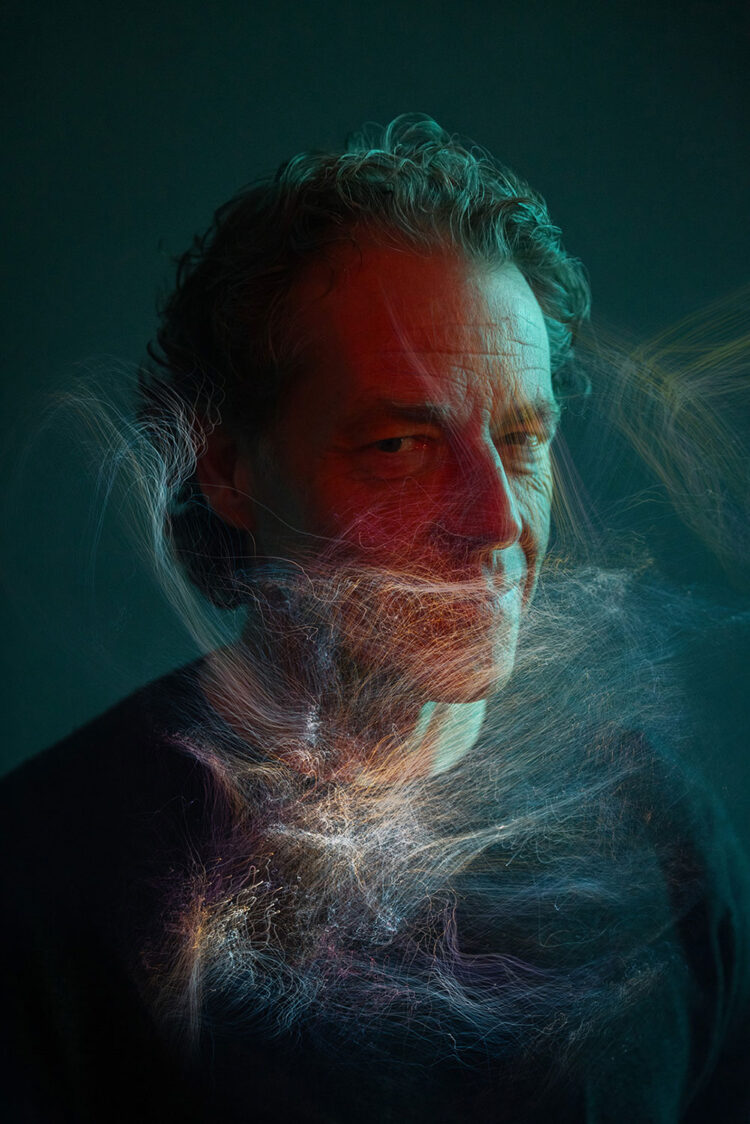


Portraits,
HealthTV













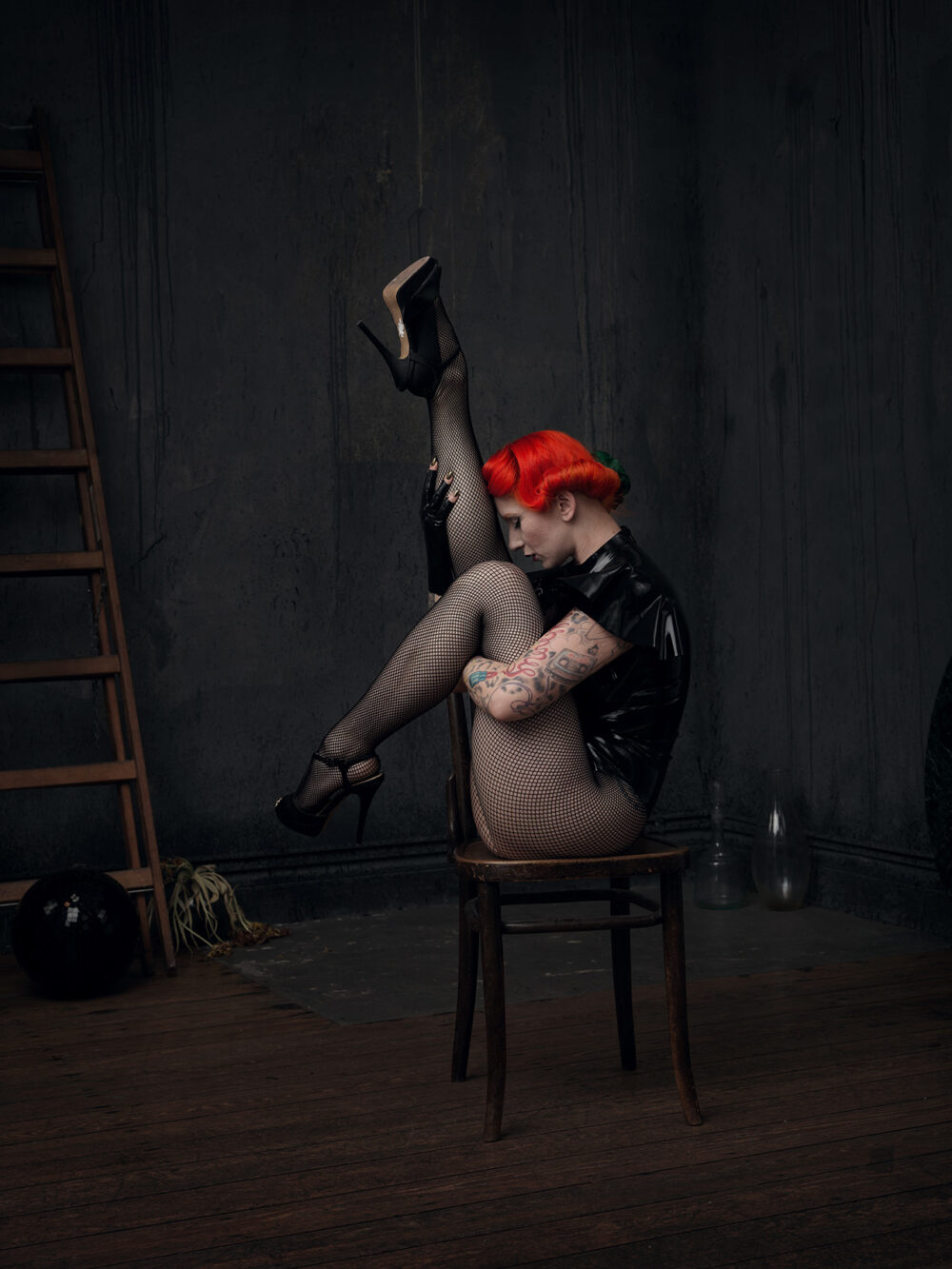

Neo Burlesque,
Hamburg Burlesque Festival,
Artwork
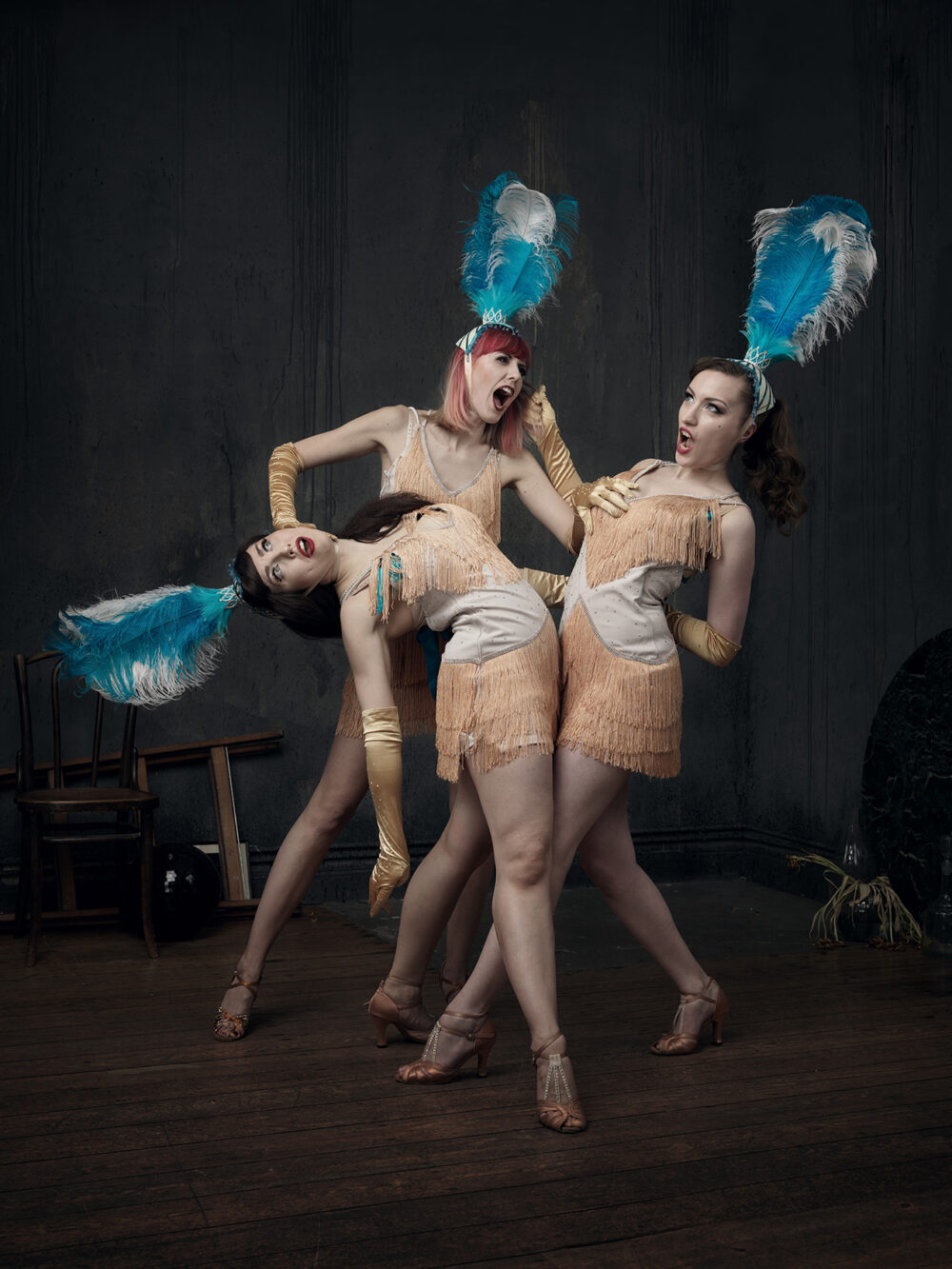
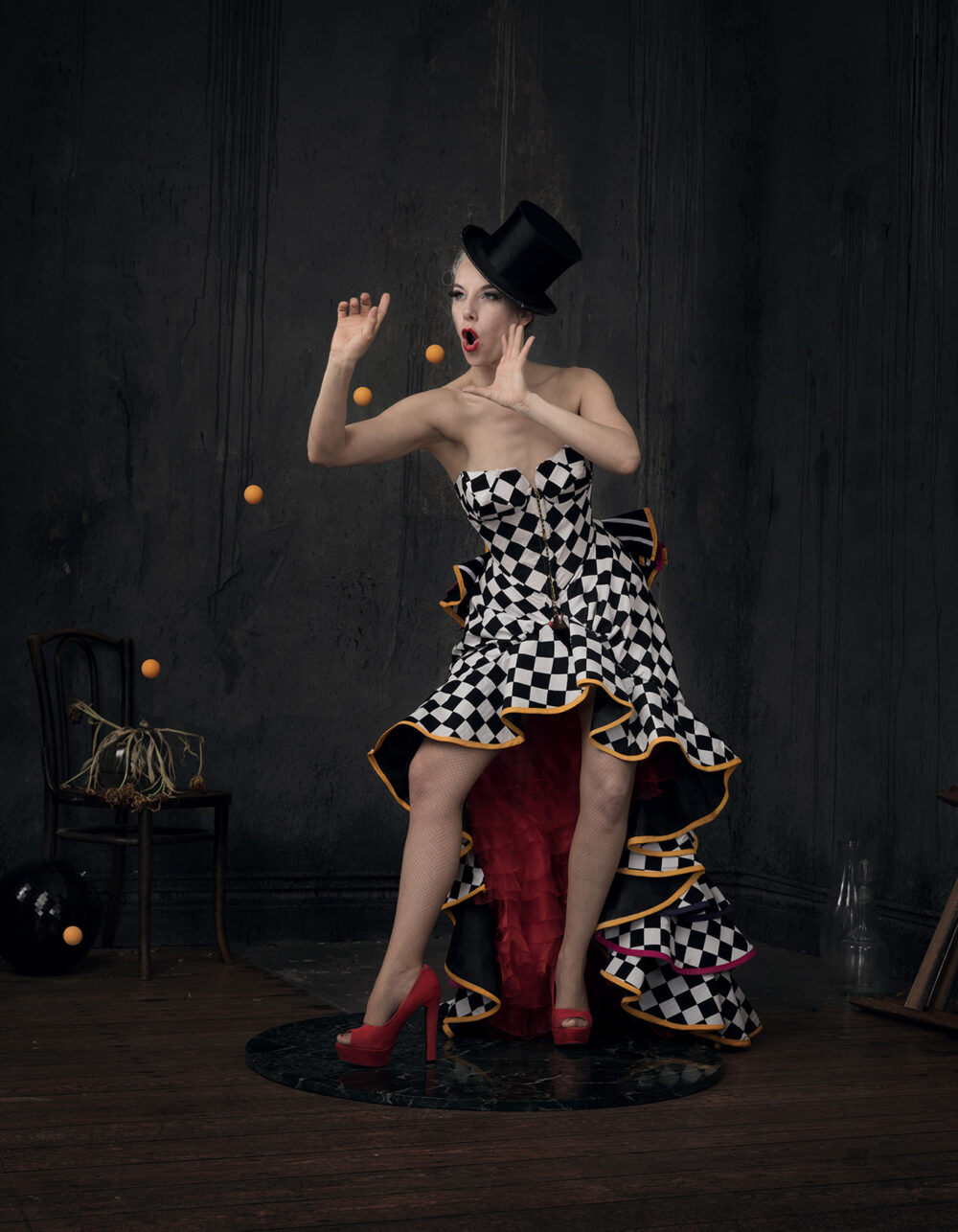
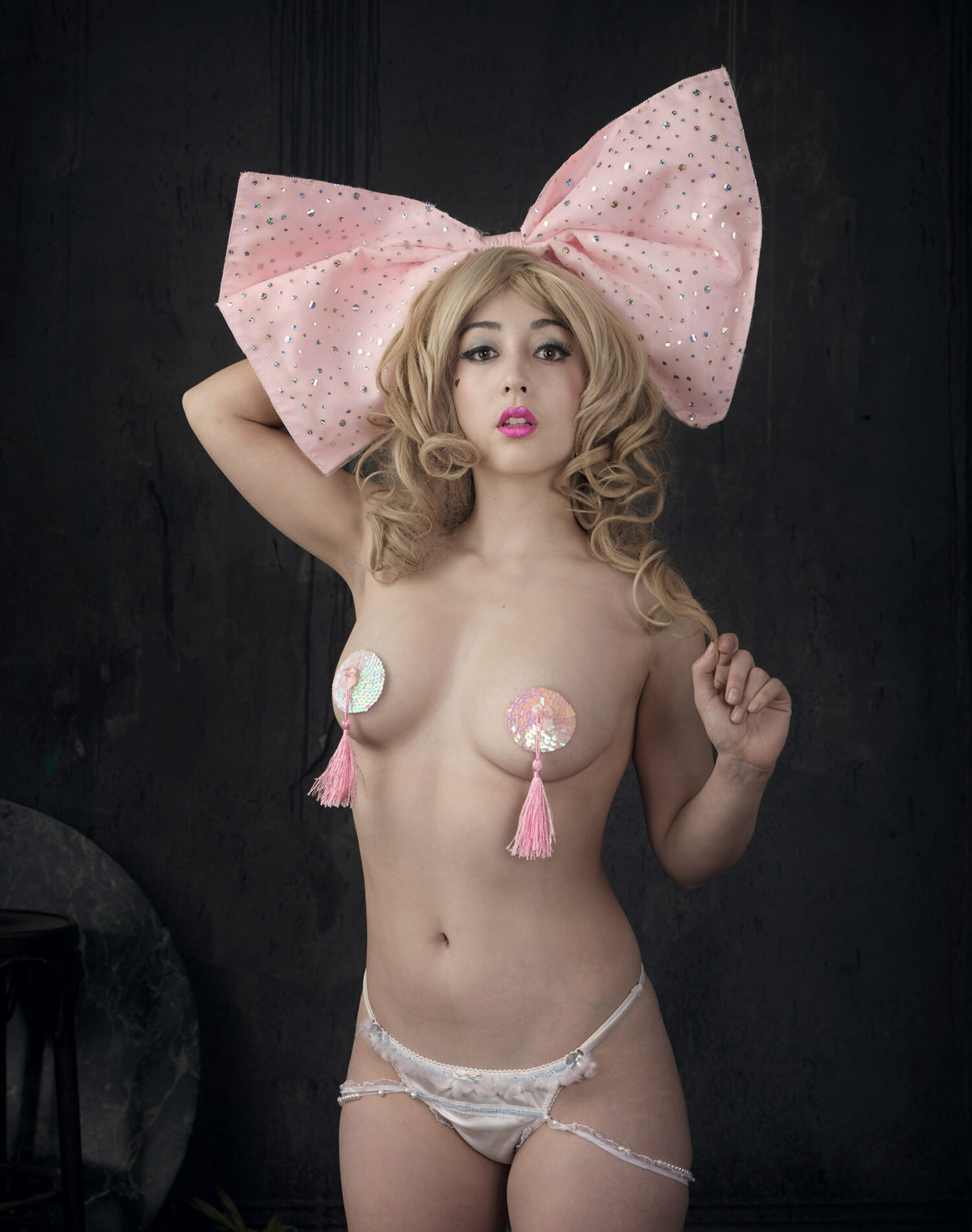
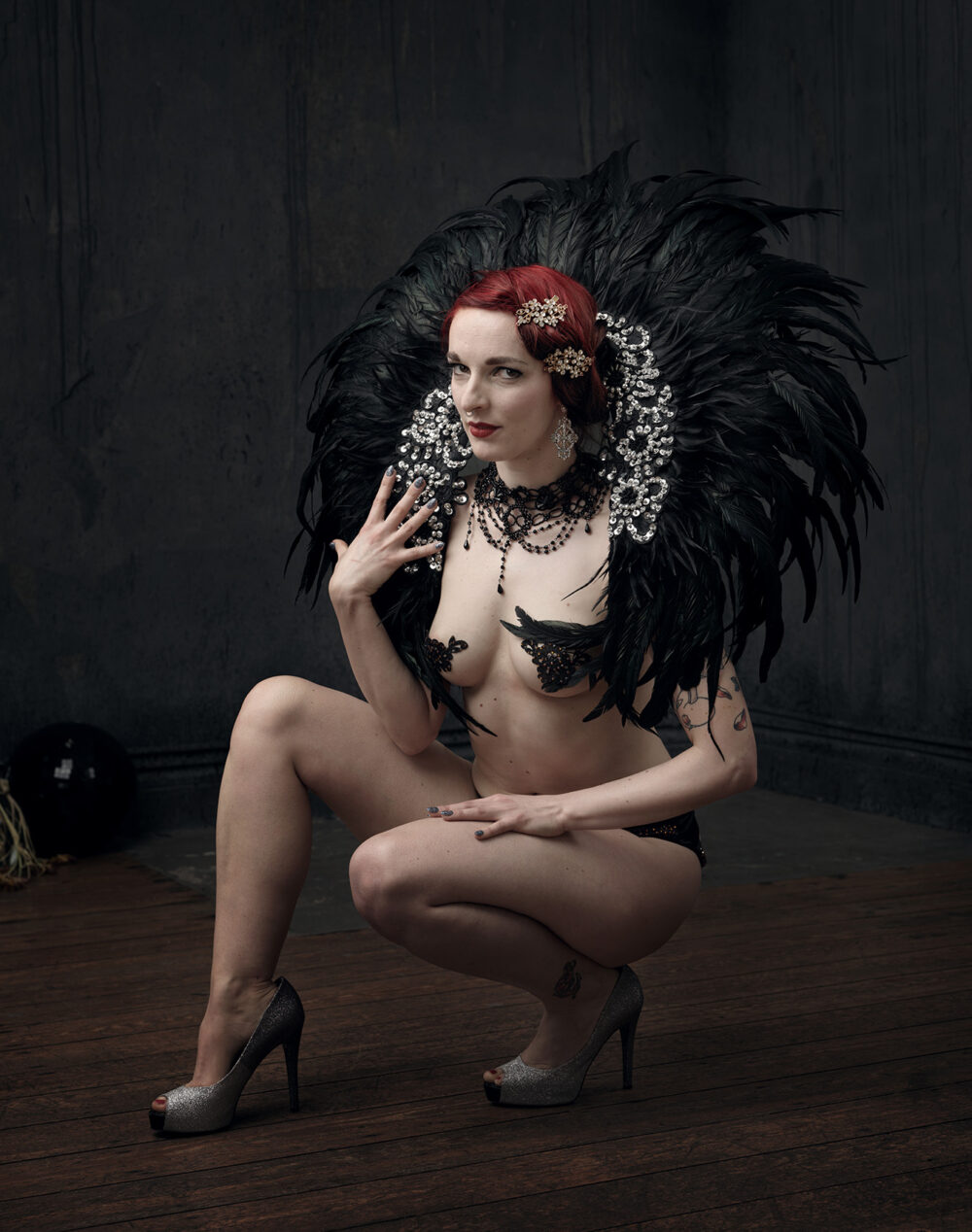
Die Serie Neo Burlesque (2017-2018) von Gulliver Theis besteht aus über 40 Farbfotografien zeitgenössischer, internationaler Burlesquekünstler*innen. Jedes Porträt, welches ambivalent zwischen konzeptueller Inszenierung und Dokumentarfotografie changiert, ist dabei eine Komplizenschaft: Theis baut den Performer*innen eine Bühne, einen gleichsam abwegigen und doch intimen Ort, für eine Begegnung auf Augenhöhe und versucht im Gegenzug zu verstehen: die Spezies augenzwinkernder Teaser*innen, kokettierender Ironiker*innen und selbstbewusster Fantast*innen, die Bühnenprogramme mit parodierenden und teilweise grotesken Elementen darbieten. Hier geht es zwar um die uralte Kunst der Verführung mit körperlichen Reizen und viel nackter oder fantasievoll kostümierter Haut, doch der sexuelle Akt spielt keine Rolle als am Ende konsumierbares Produkt, vielmehr wird Sex und Erotik auf einer Metaebene zur Debatte und klassische Rollenbilder mit emanzipatorischer Kraft und humorvoller Selbstironie infrage gestellt.
Wie ein Forscher nähert sich Theis den vielfältigen Facetten der Subkultur, die den »Schabernack« (von ital. »Burla«) im Titel führt, mit professioneller Distanz und über eine kritische Masse: Nicht im Einzelporträt wird der Erkenntnisgewinn ausgemacht, obwohl jede Komposition auch für sich genommen funktioniert durch die Wahl eines Rampenlichtes, welches die einzelnen Protagonist*innen technisch perfekt inszeniert, und mit reduzierten Hintergründen, die die leuchtenden Farben der Kostüme akzentuieren. Vielmehr versucht Theis in Serie und durch die heterogene Fülle der Einzelerscheinungen, die einander gegenübergestellt und in Beziehung gesetzt werden, einer Aussagekraft über die überschaubare internationale Szene näher zu kommen. Wie eine Sammlung präparierter Nachtfalter bietet sich im Tableau seiner Fotografien eine Mischung aus Glamour und Skurilität dar, die den Betrachter unweigerlich dazu einladen, die hintergründigen Geschichten von Motivationen, Stimulationen und vom Aufruhr hinter den Bildern zu imaginieren.

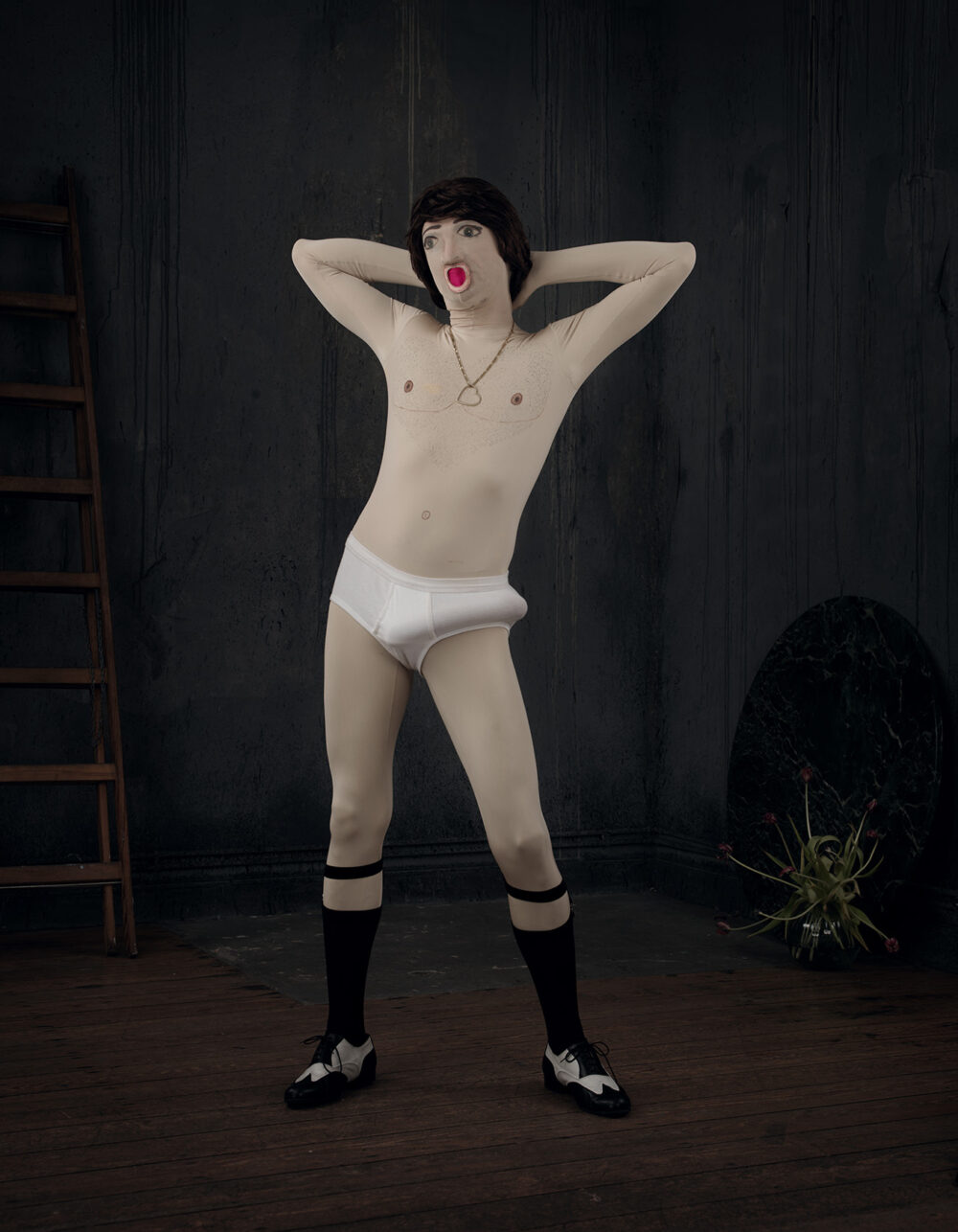
Da ist Lulu Applecheek, deren Geisha-Frisur aus Klobürsten asiatische Exotik in vertraut Alltägliches überführt oder Eve Champane in kurzem Bananenröckchen, deren loses Mundwerk Dirty-Talk darbietet; Koko La Douce lässt Tischtennisbälle aus allen Löchern feuern, Trixi Tassels spielt mit dem Feuer, Carlo Hedoluxe Amore inszeniert sich in Sexdoll-Ganzkörper-Suit, während Raketenmieze (Körper-)Säfte hervorsprudeln lässt und Liu die Dao-Säbel wetzt: sie alle verhandeln Aspekte von Rollenbildern, Schönheitsidealen und Sichtweisen auf den weiblichen Körper – unerwarteter Weise für ein überwiegend weibliches Publikum, dem in diesem nahbaren Zugriff eine Palette an Identifikationsmöglichkeiten geboten wird. Dabei spielen sie an auf Szenen aus dem Unterbewussten, geben sich akrobatisch, neckisch, tänzerisch, aber auch unbeholfen und verletzlich. Als Revuegirls oder mit Hitler-Kostüm: das Spektrum, das sie performen, reicht von Politsatire und Gesellschaftskritik über sportliche, eitle und komödiantische Einlagen hin zu feministischem Kabarett und vermag vollumfänglich zu faszinieren.
Edith Kollath
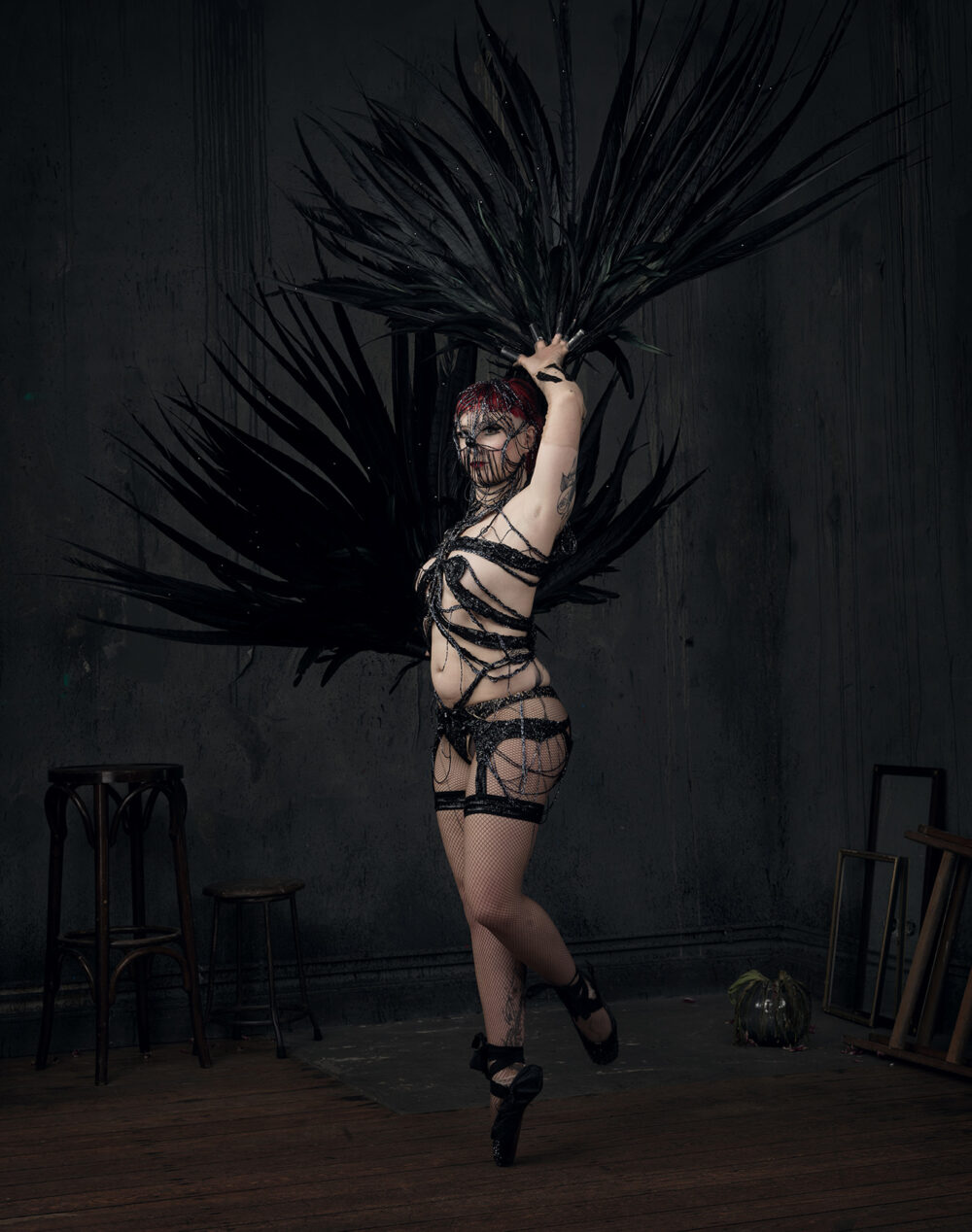
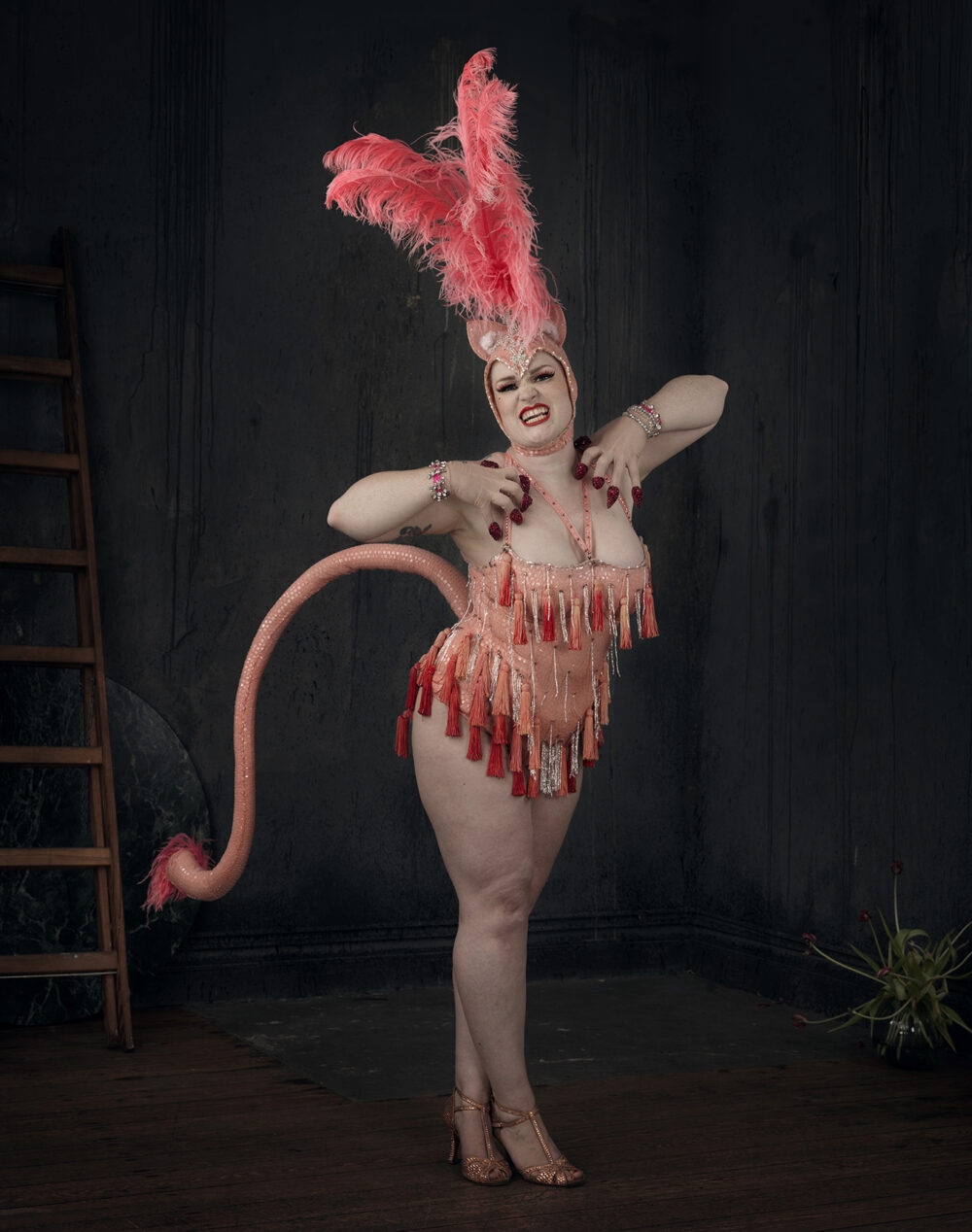

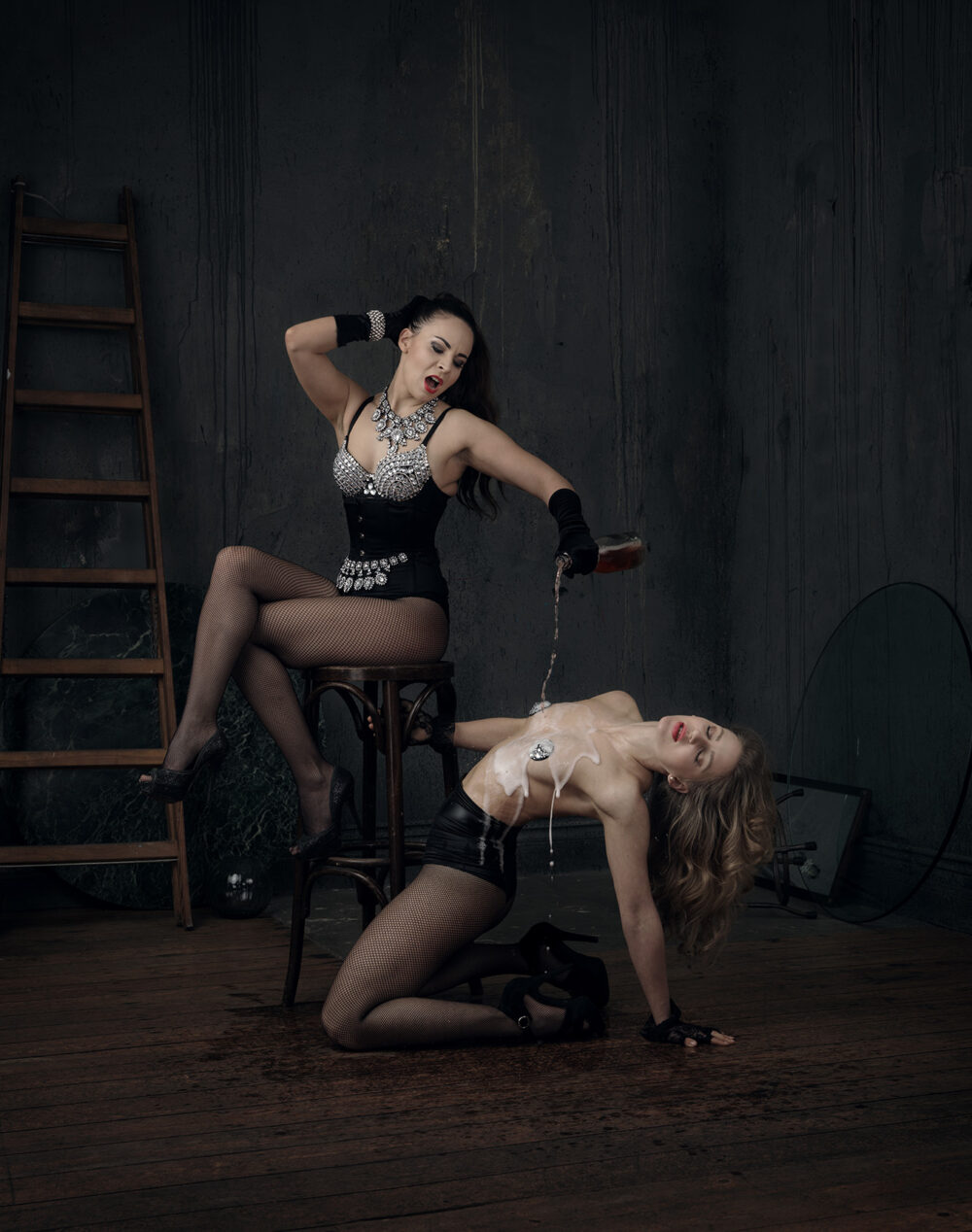
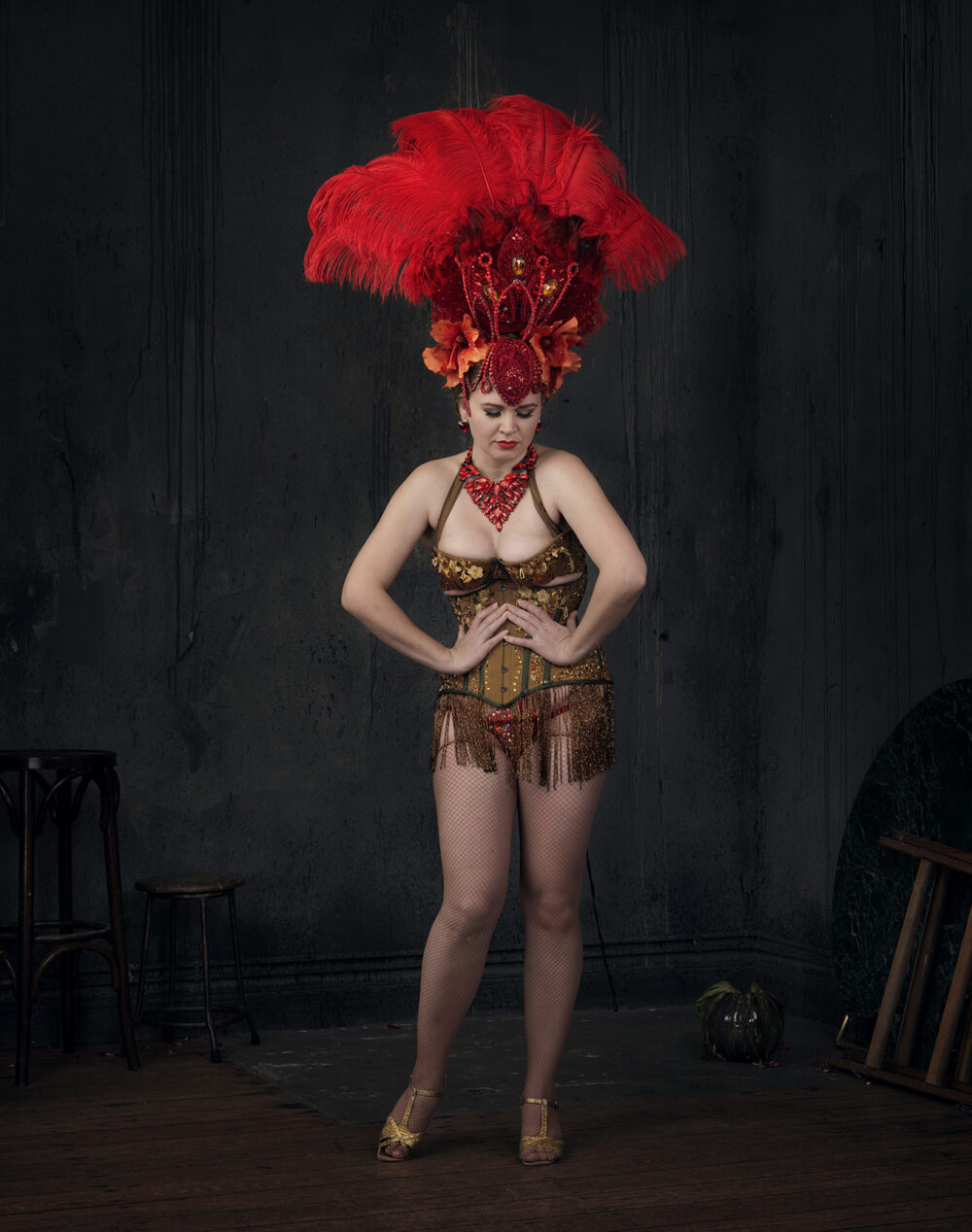
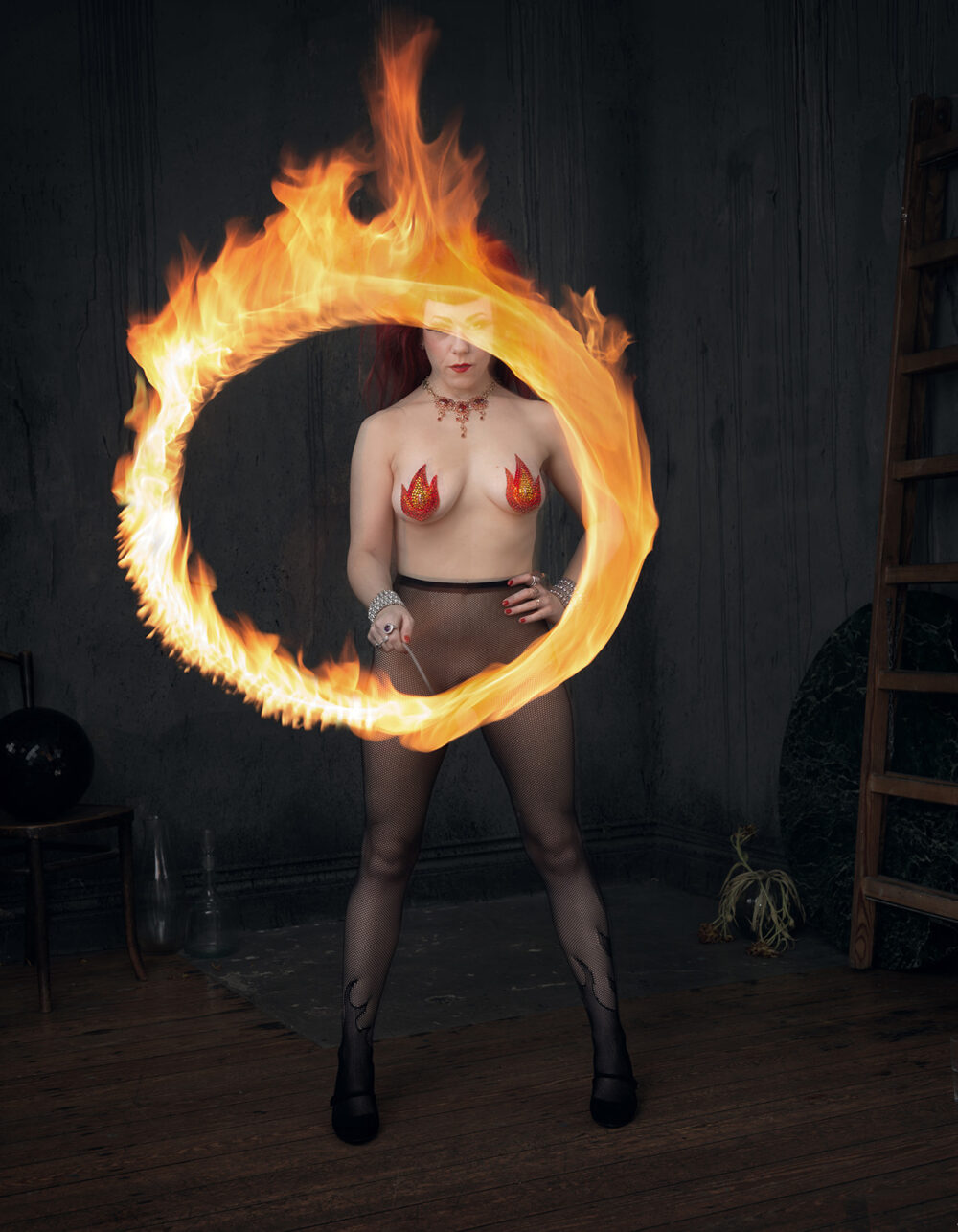
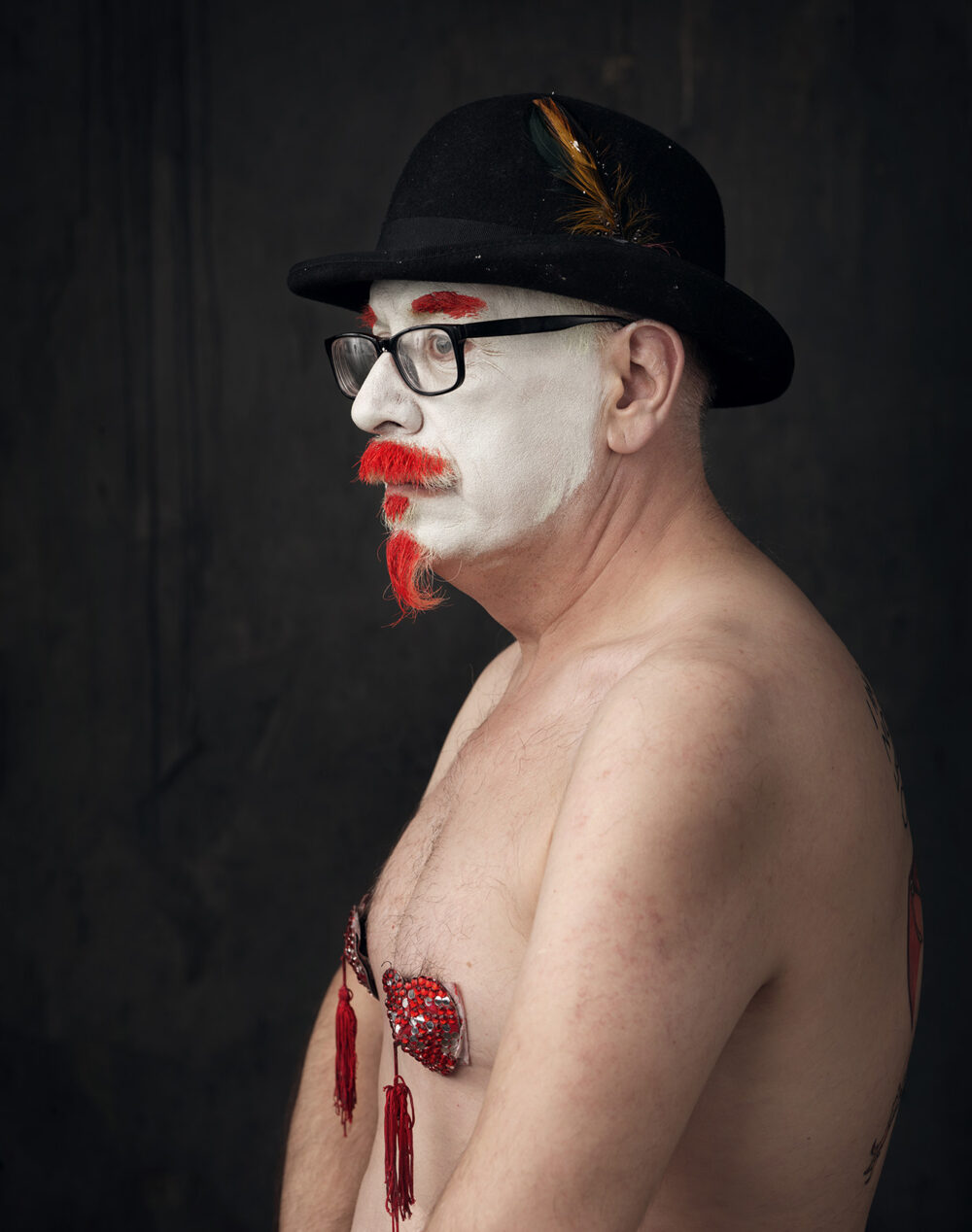
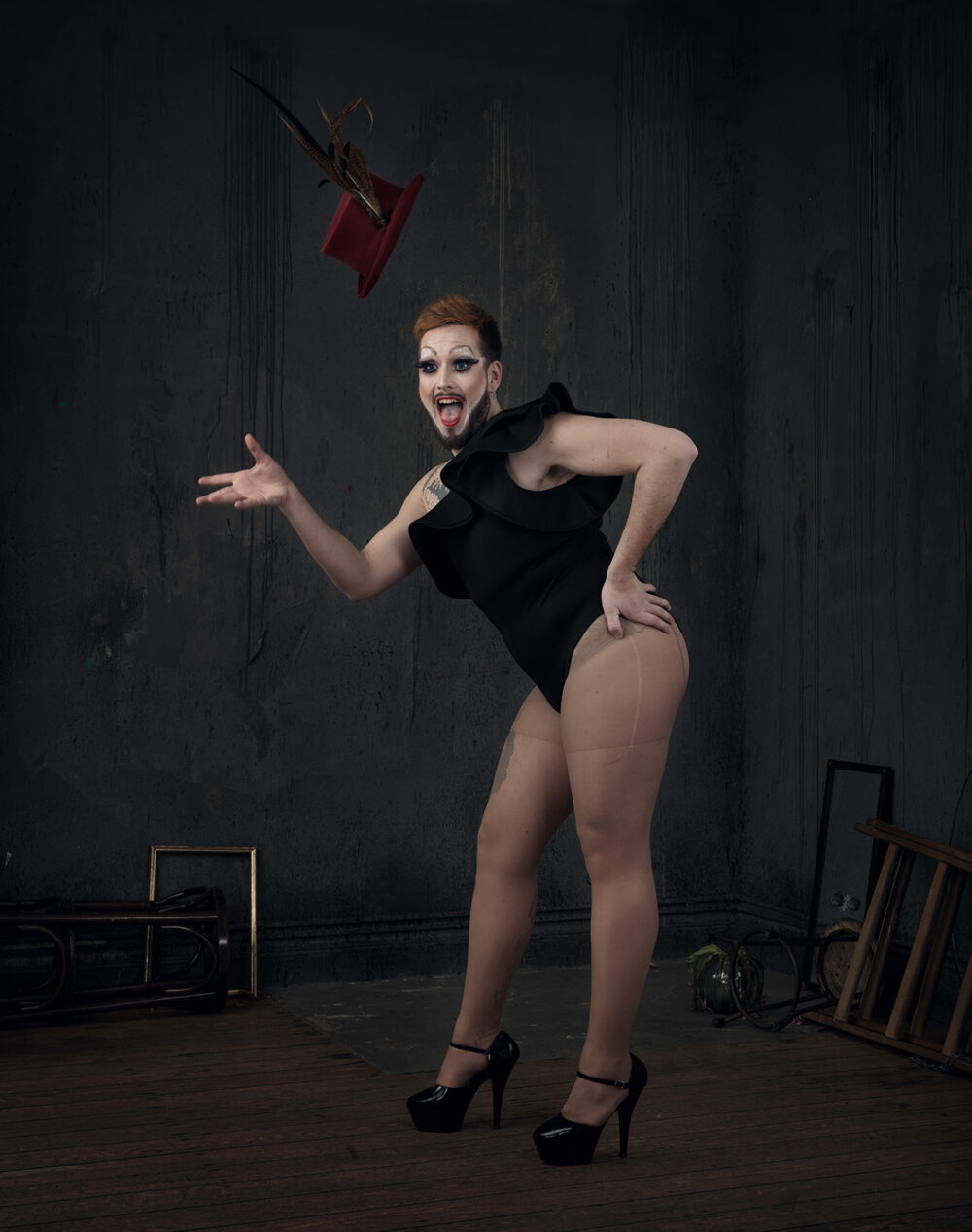
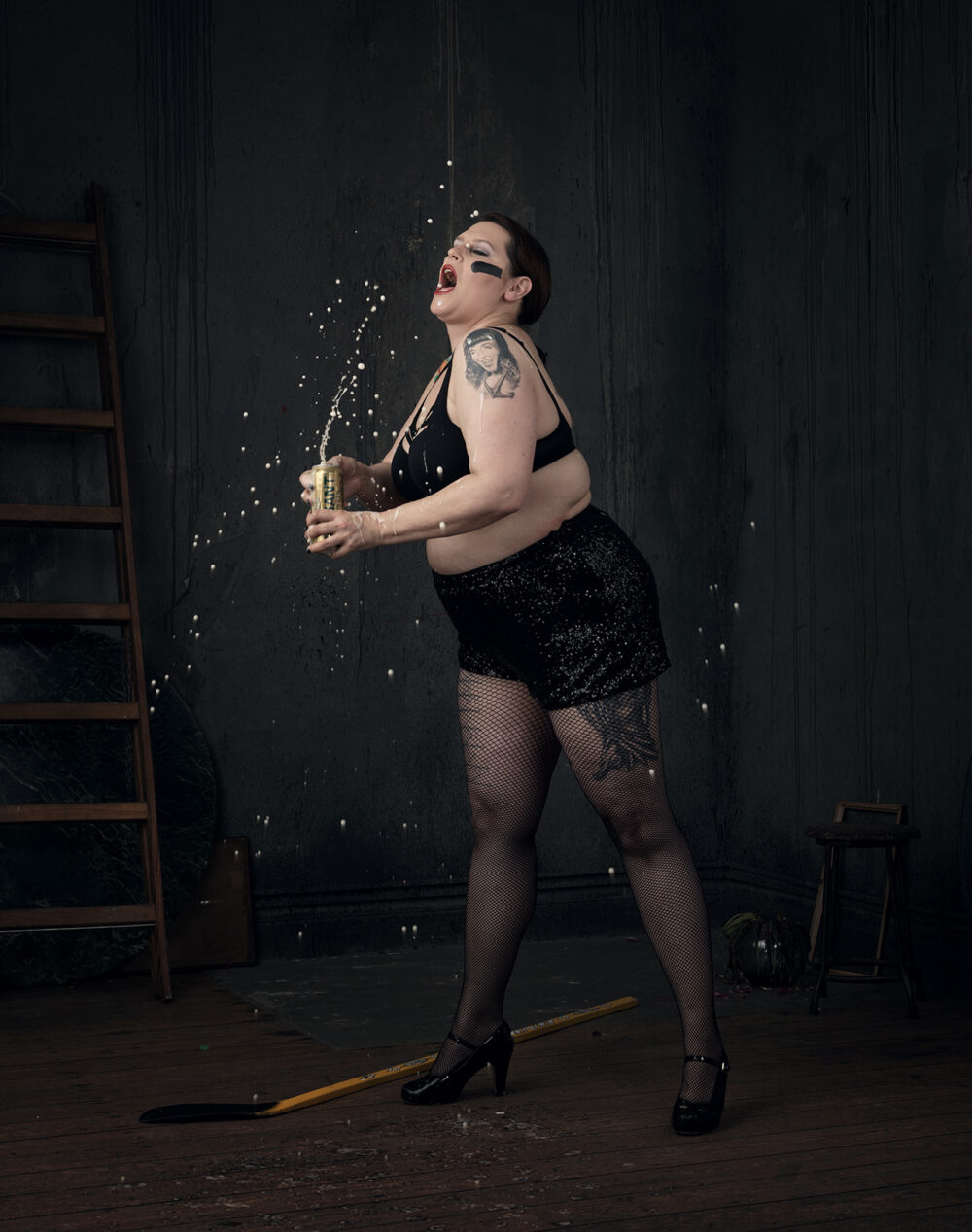

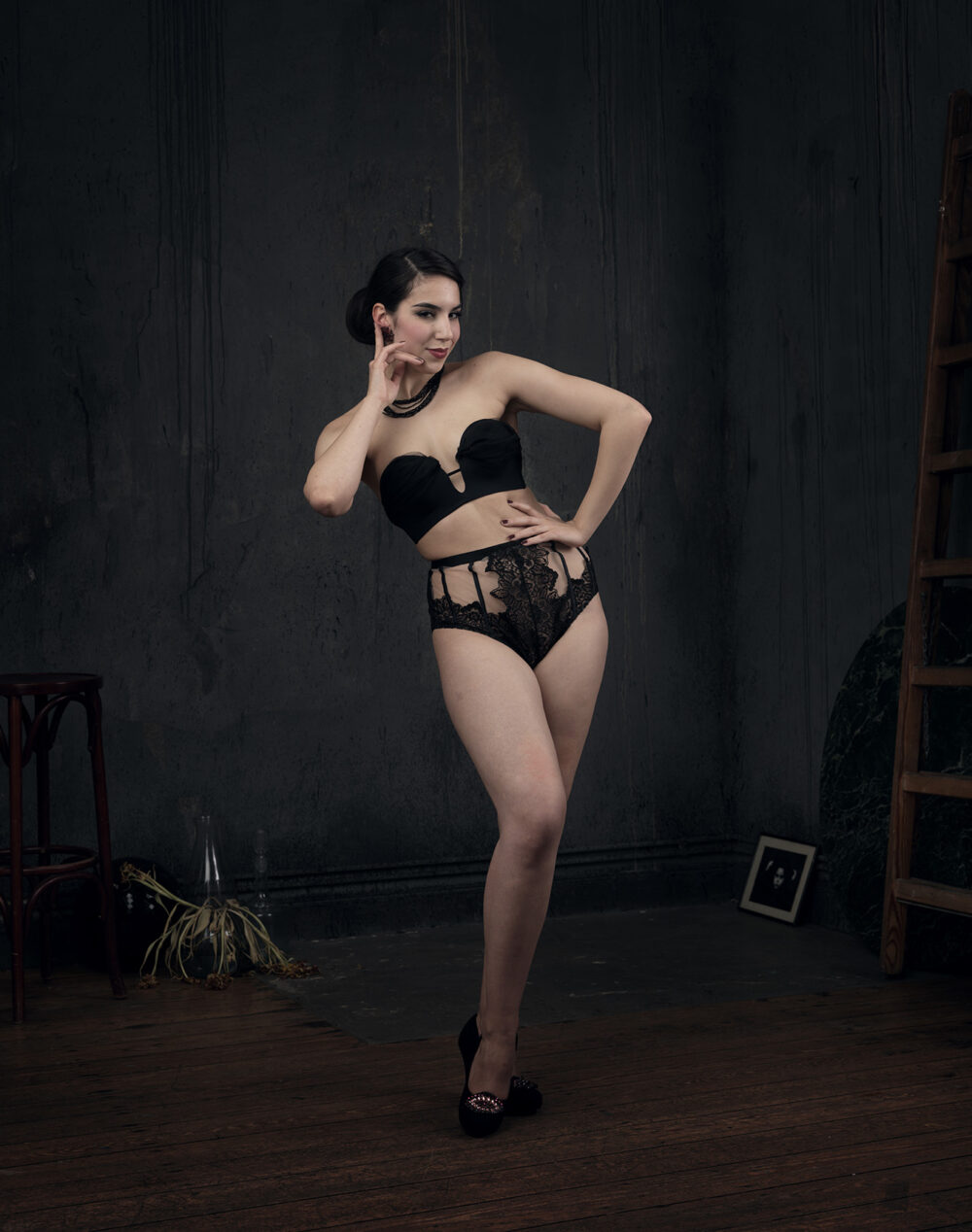





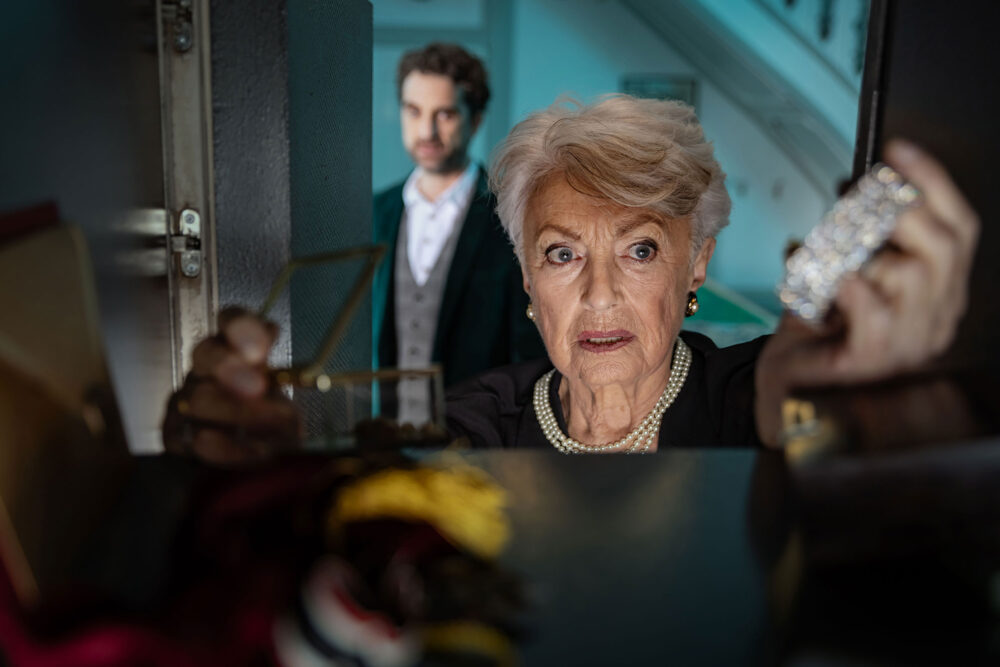

Das Fest der Liebe,
Florida Production,
ARD
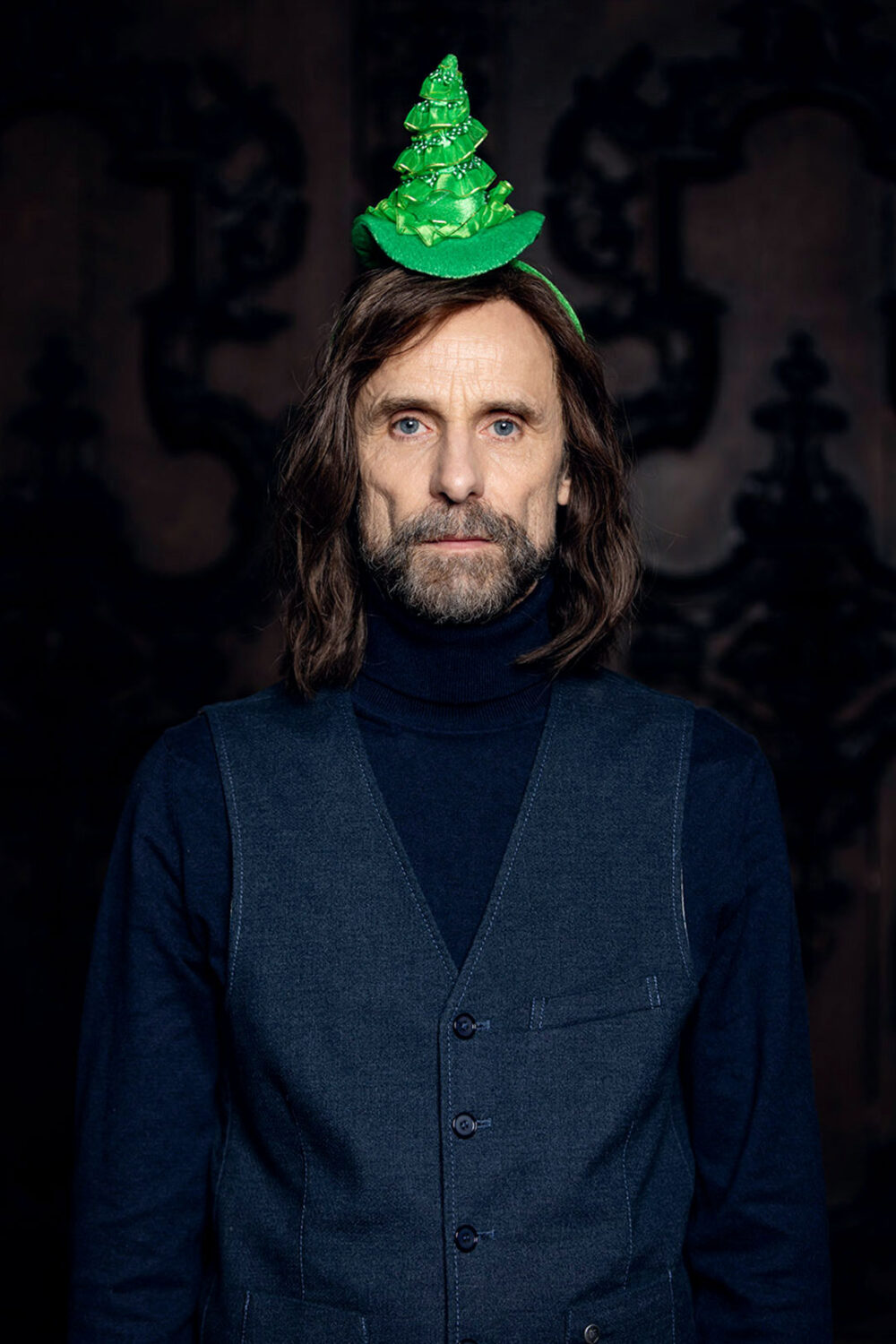
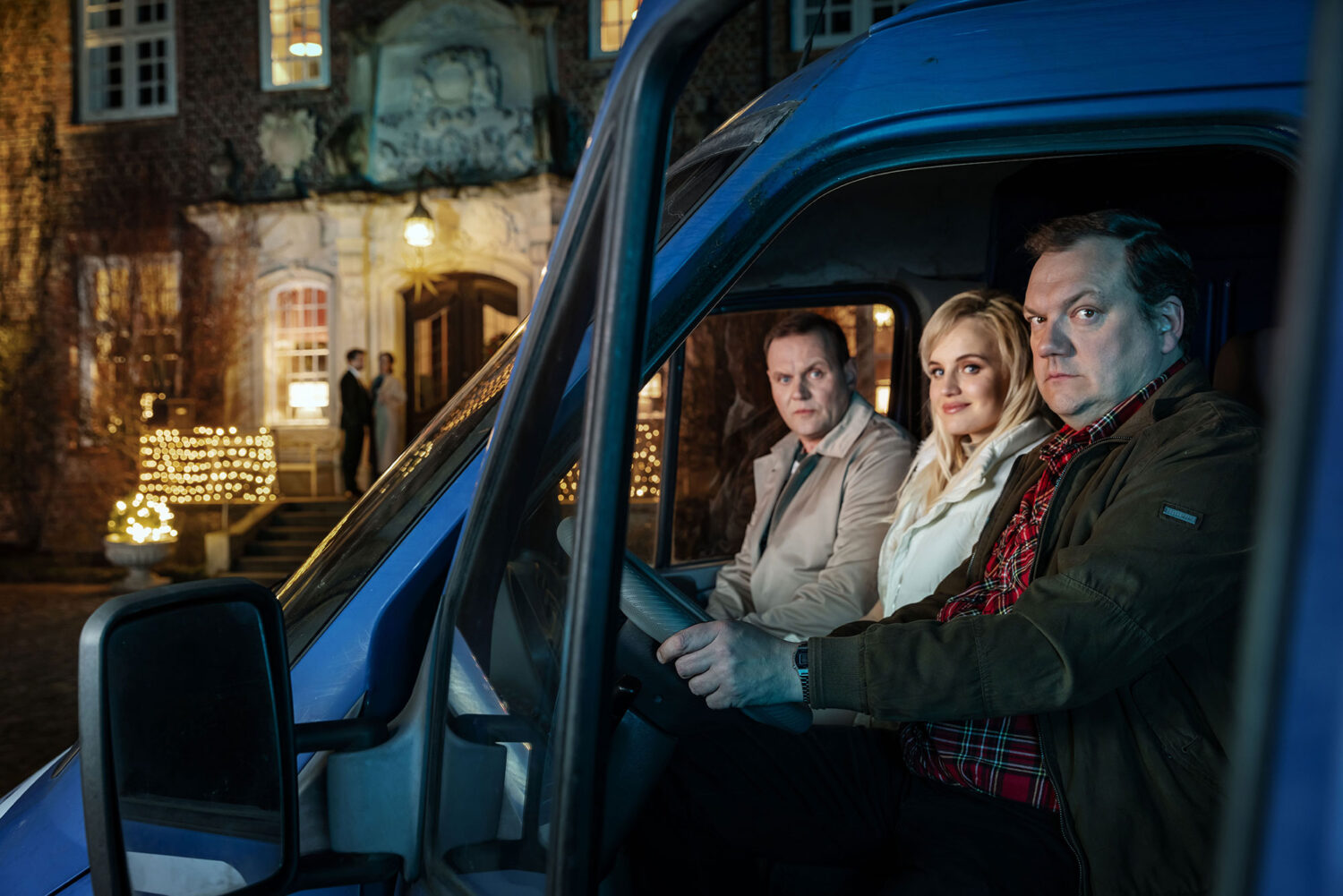

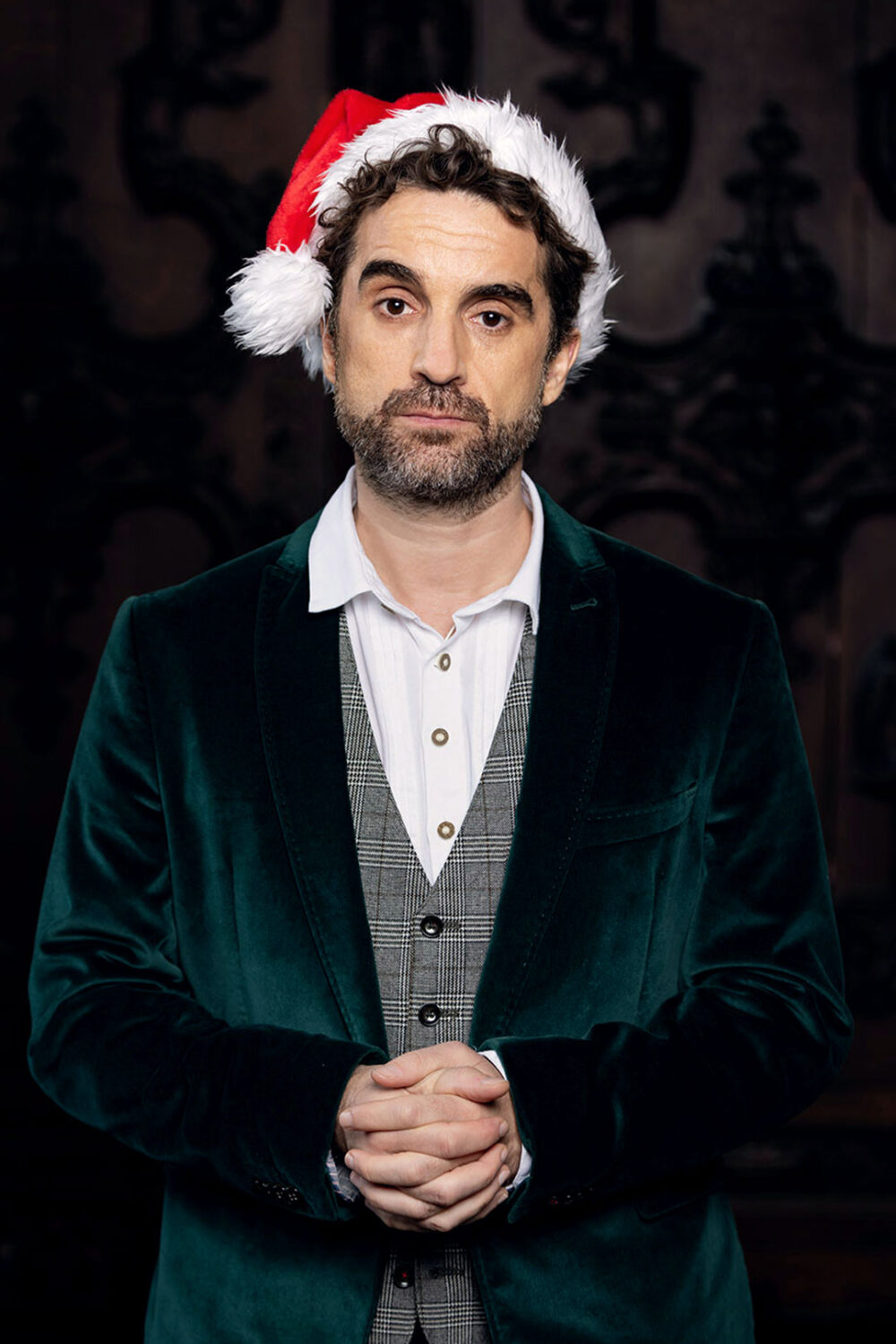

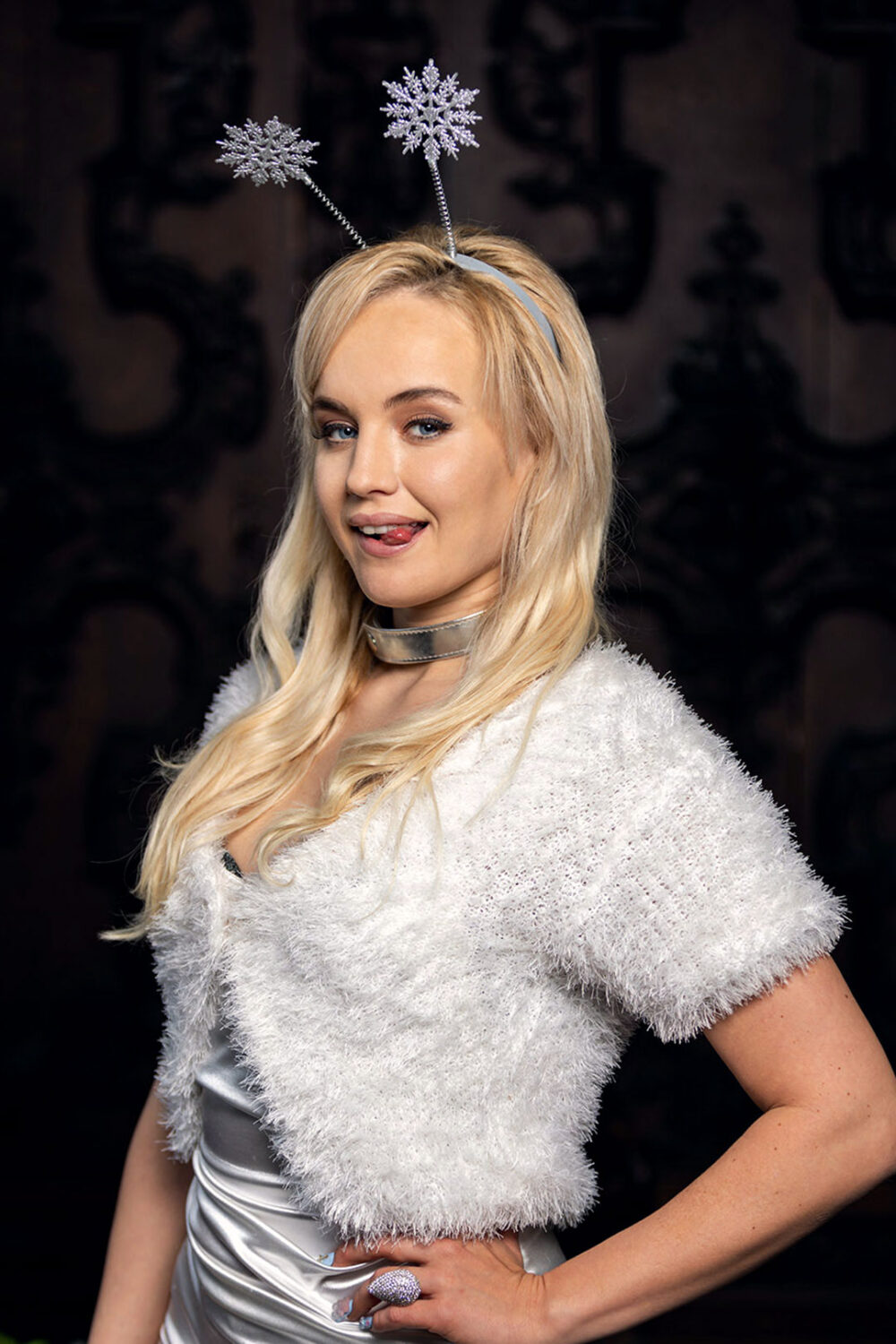
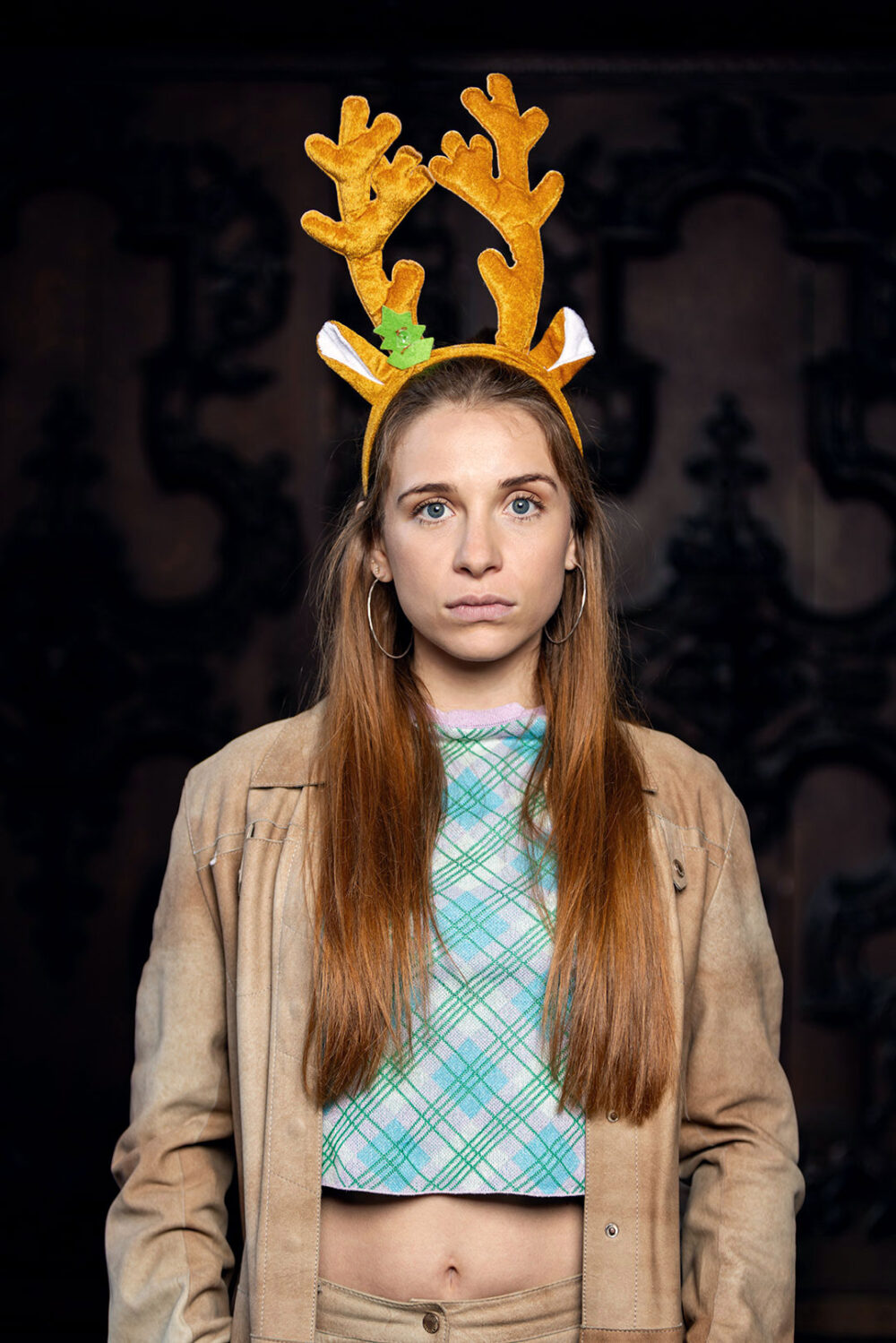
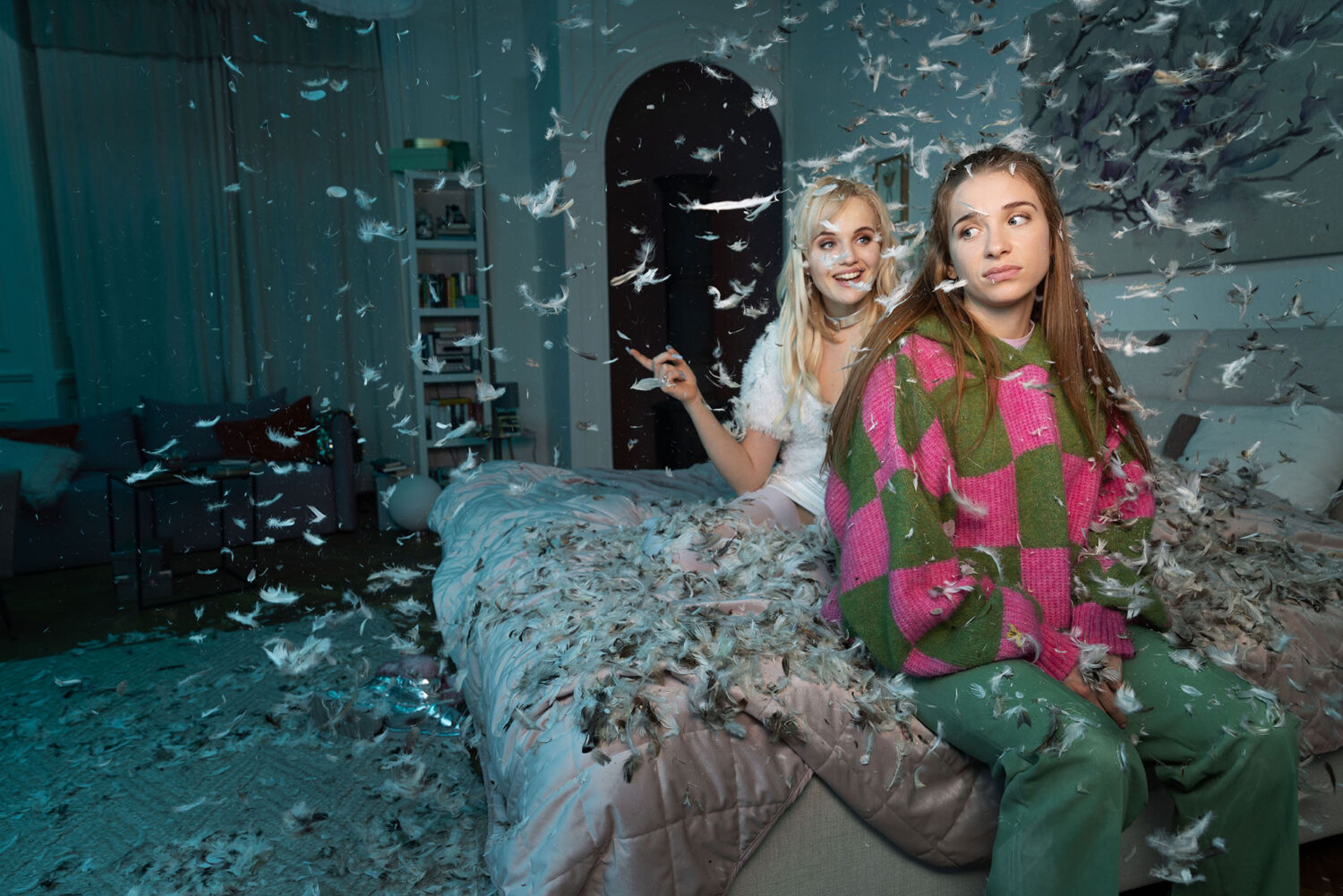
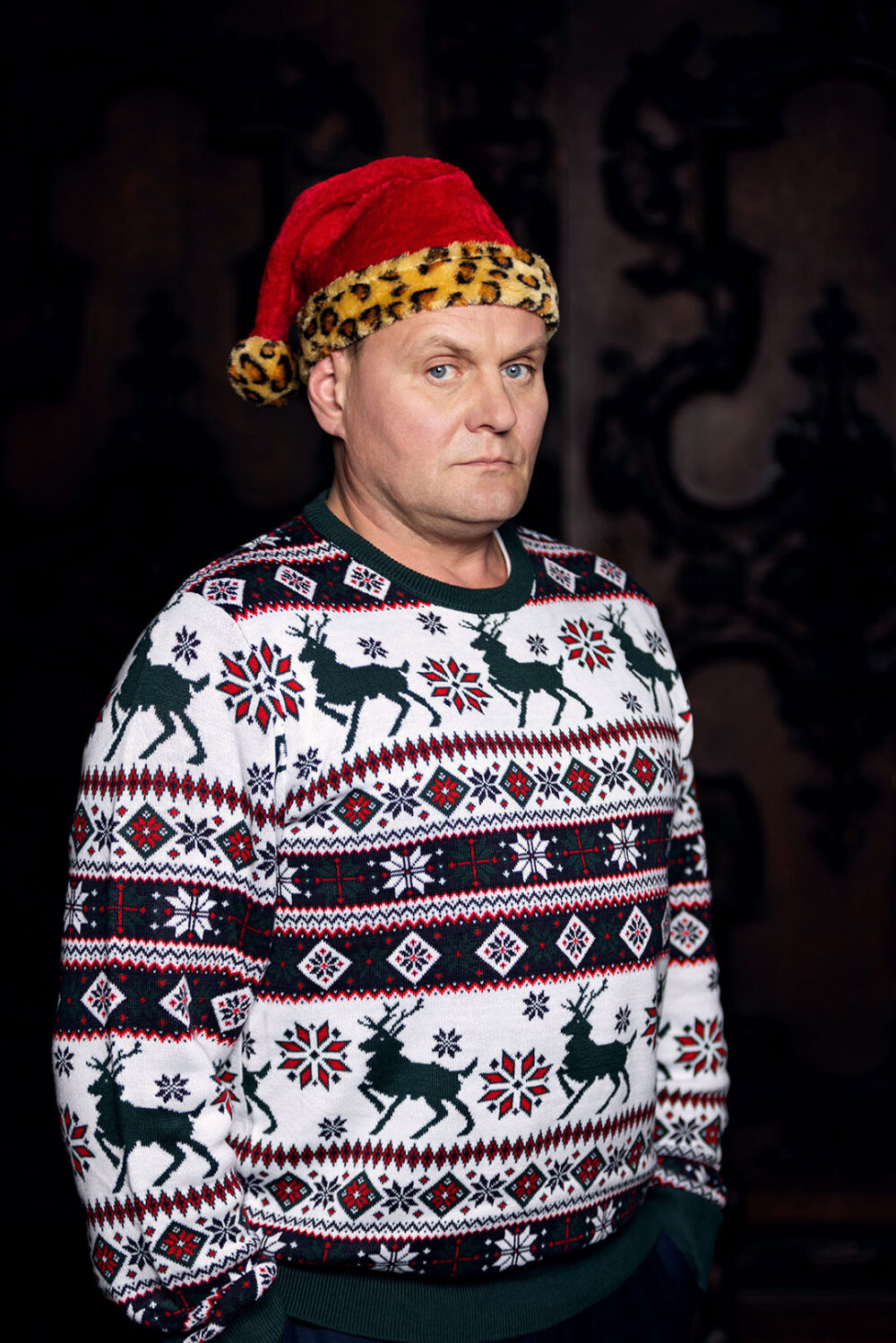

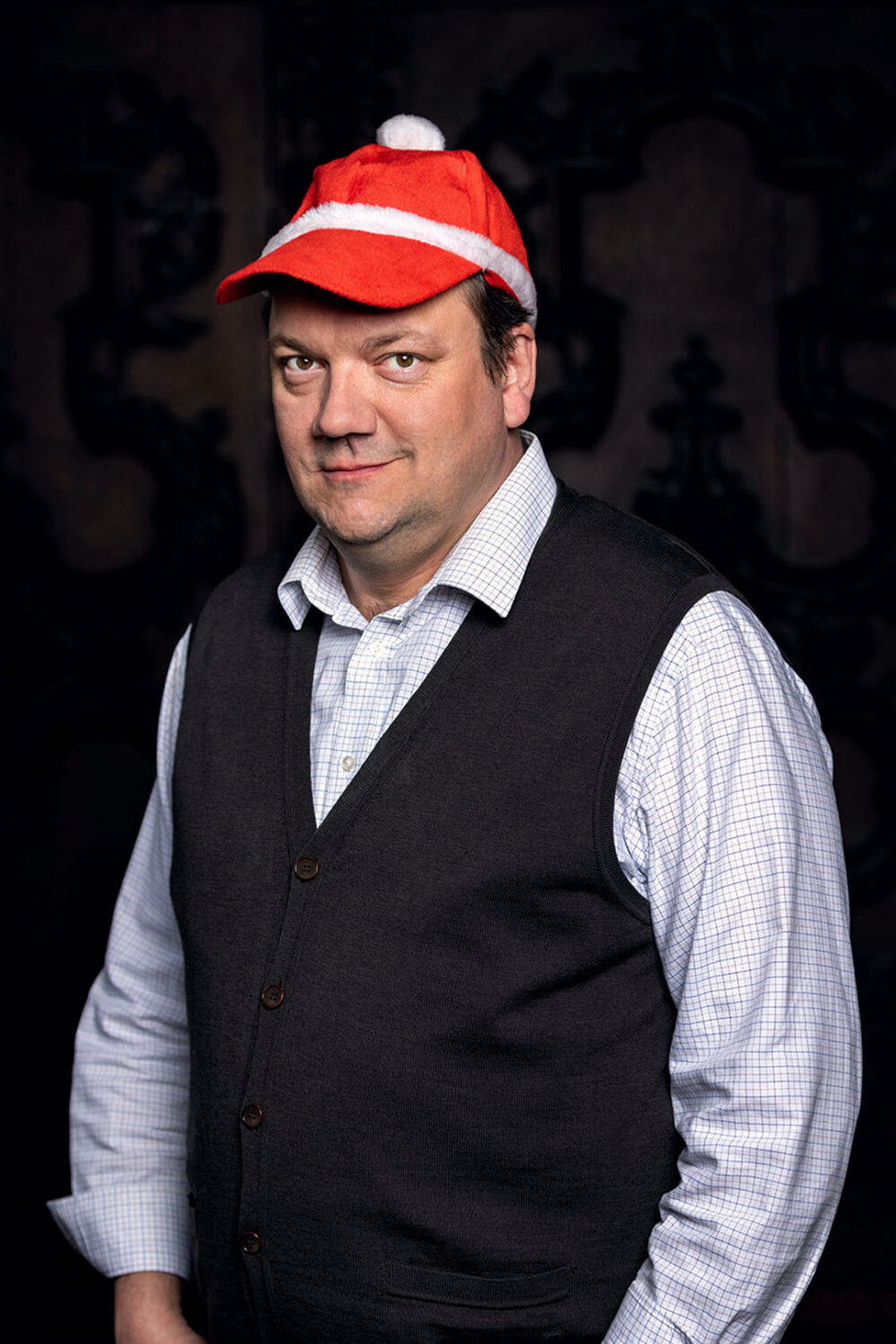




Merian Magazine,
Portraits
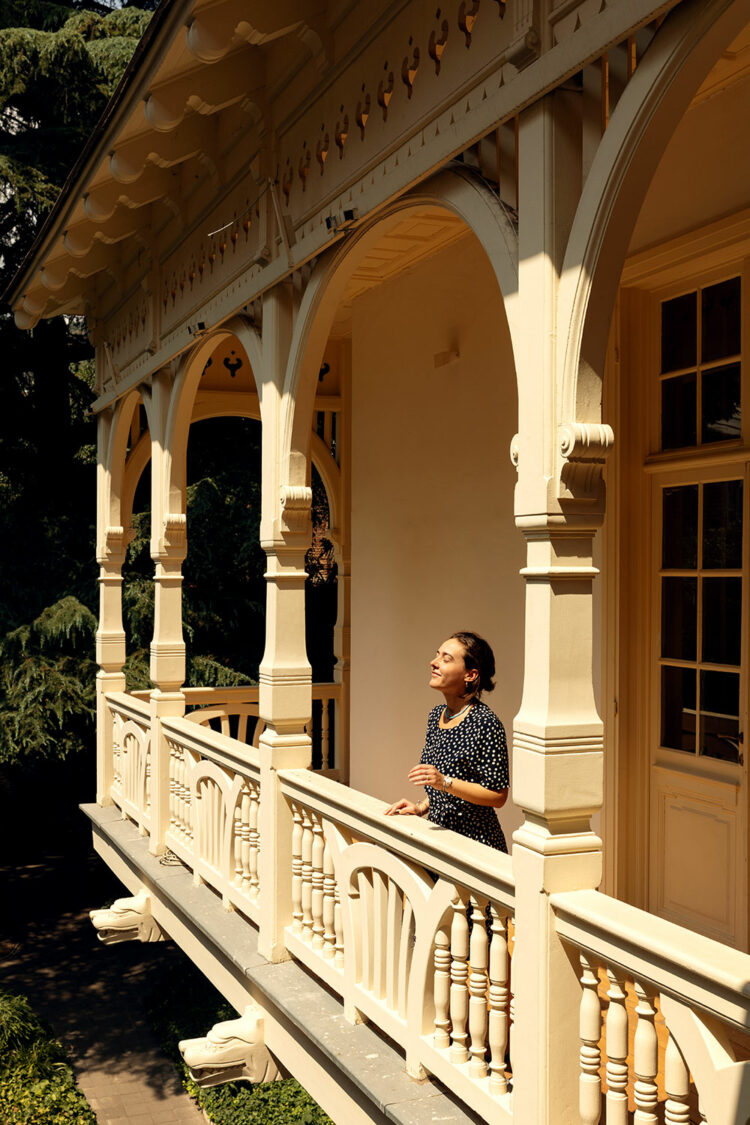
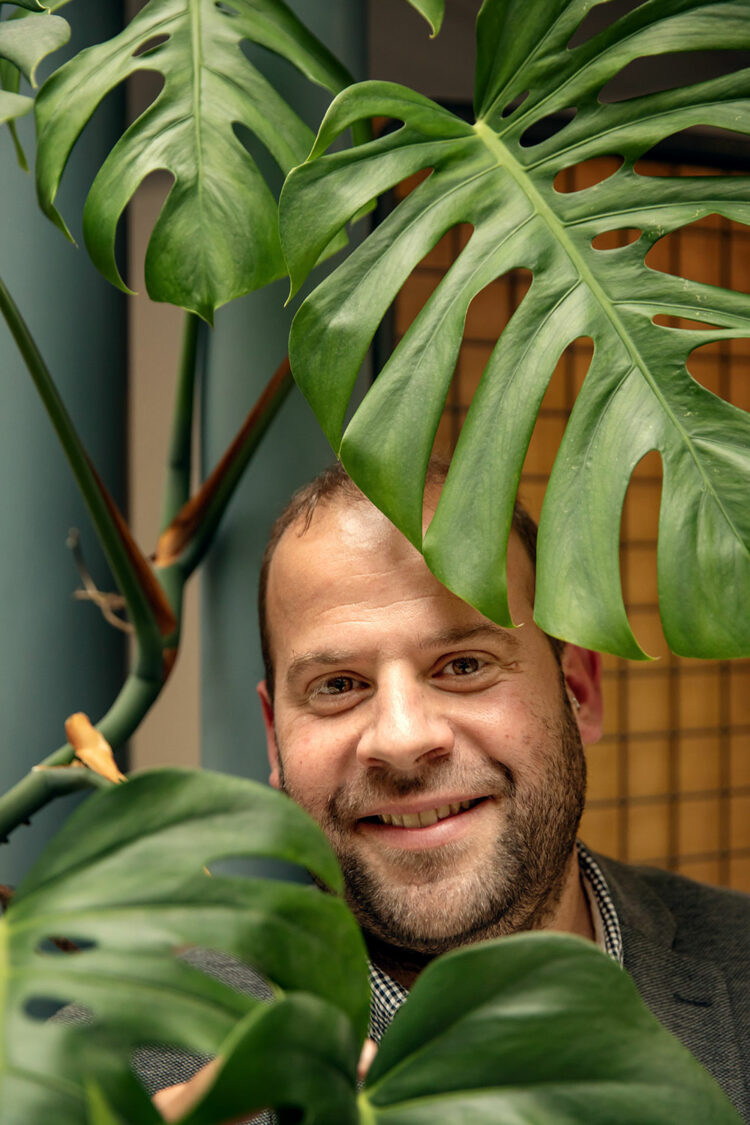


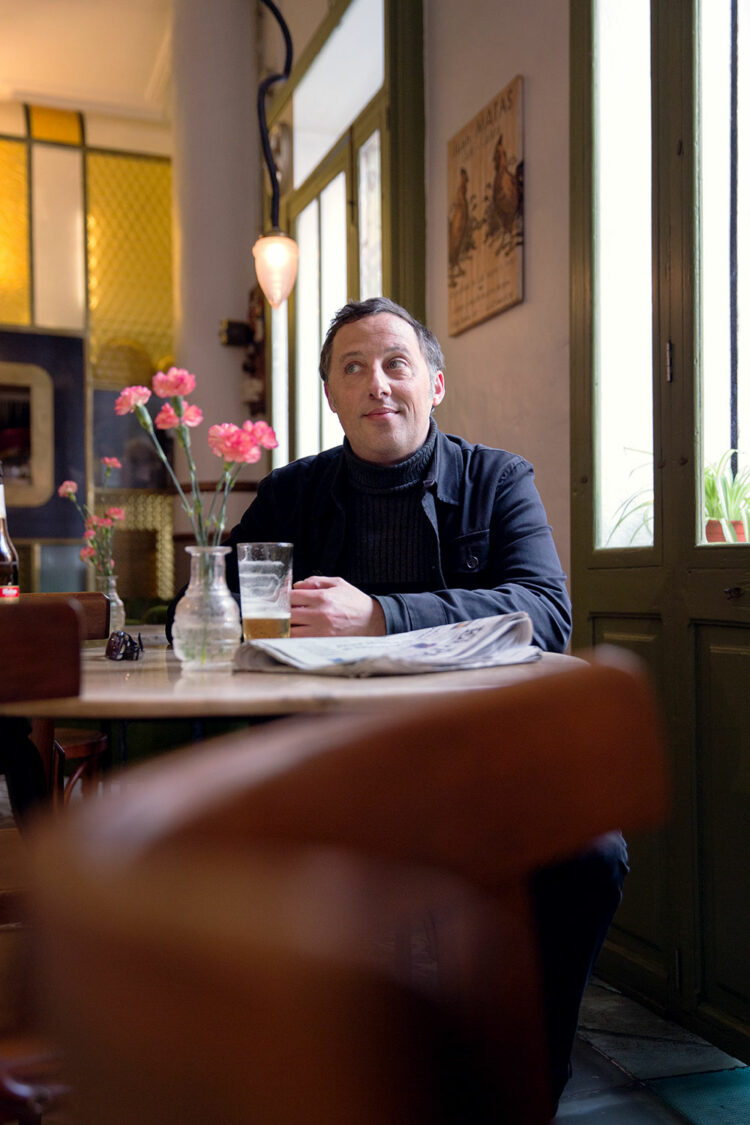

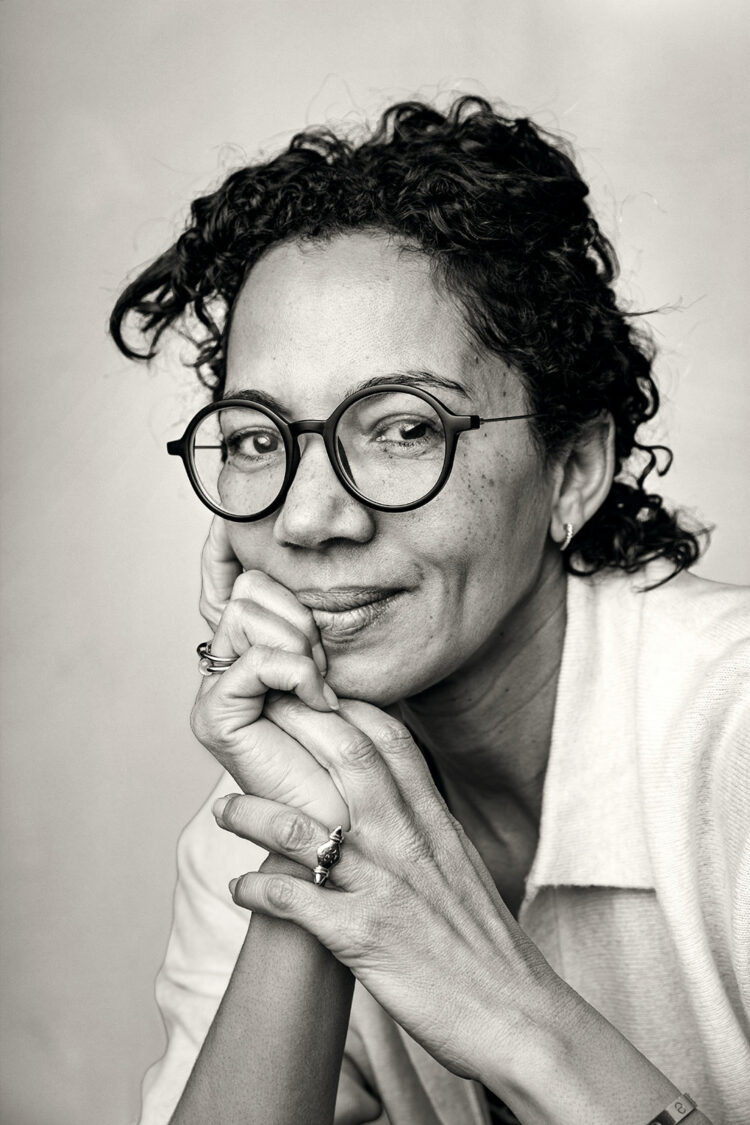
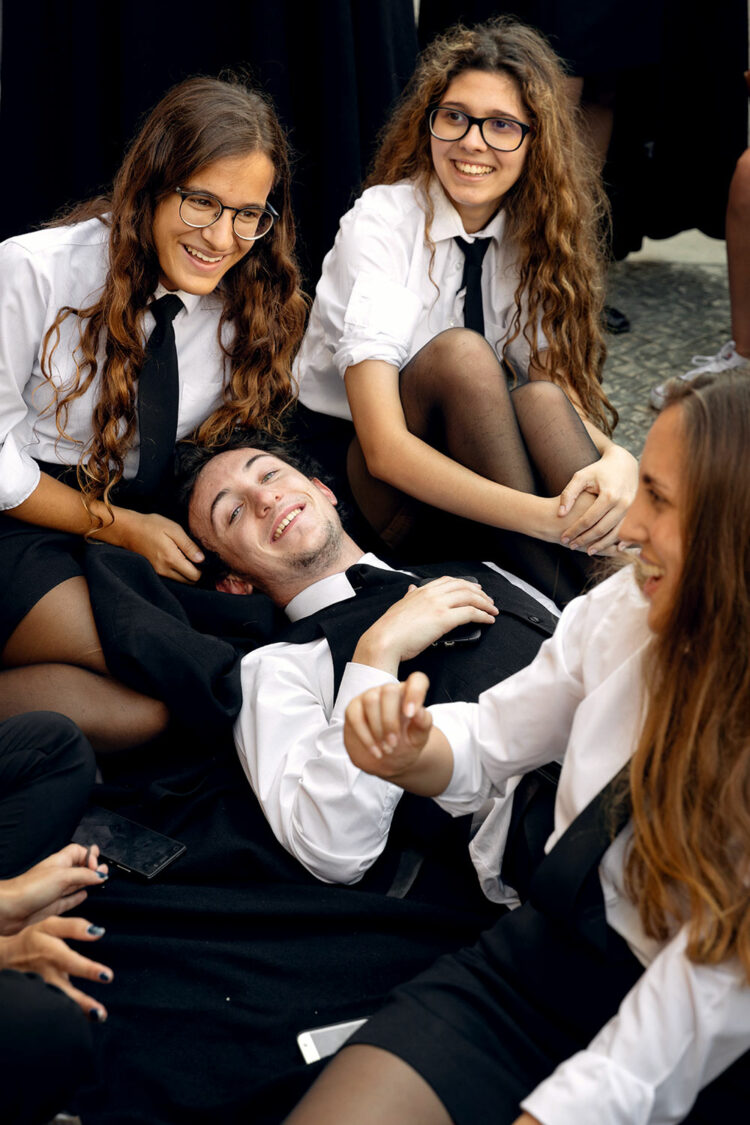




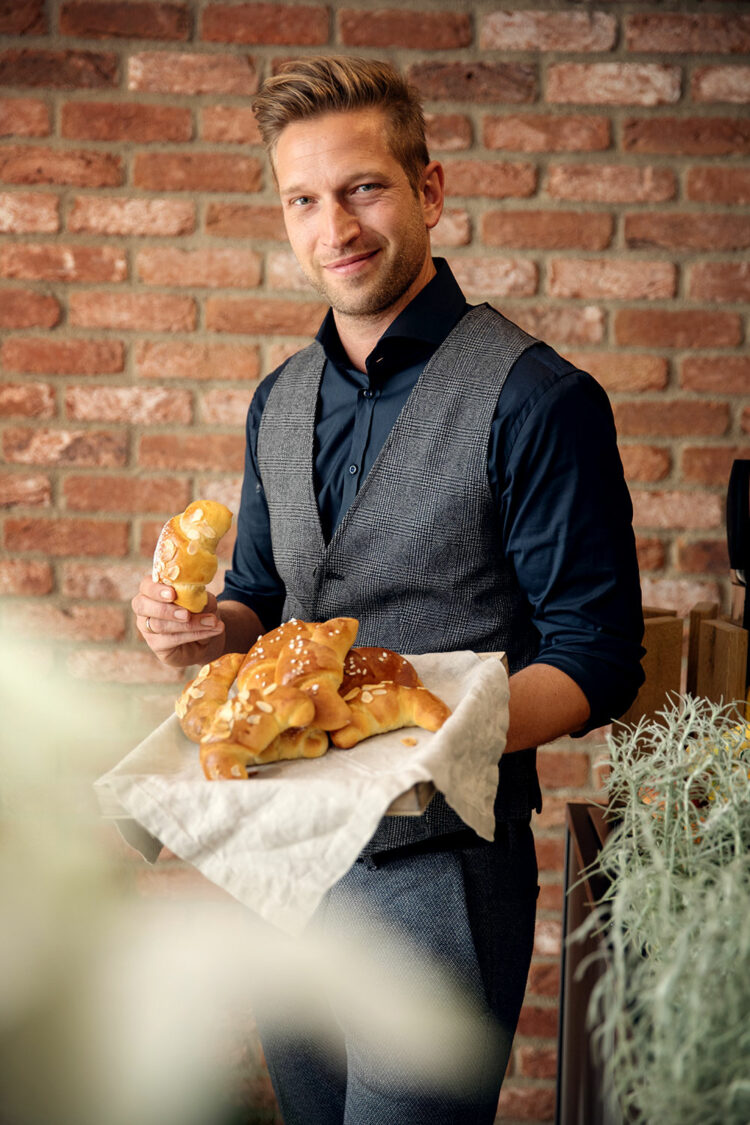
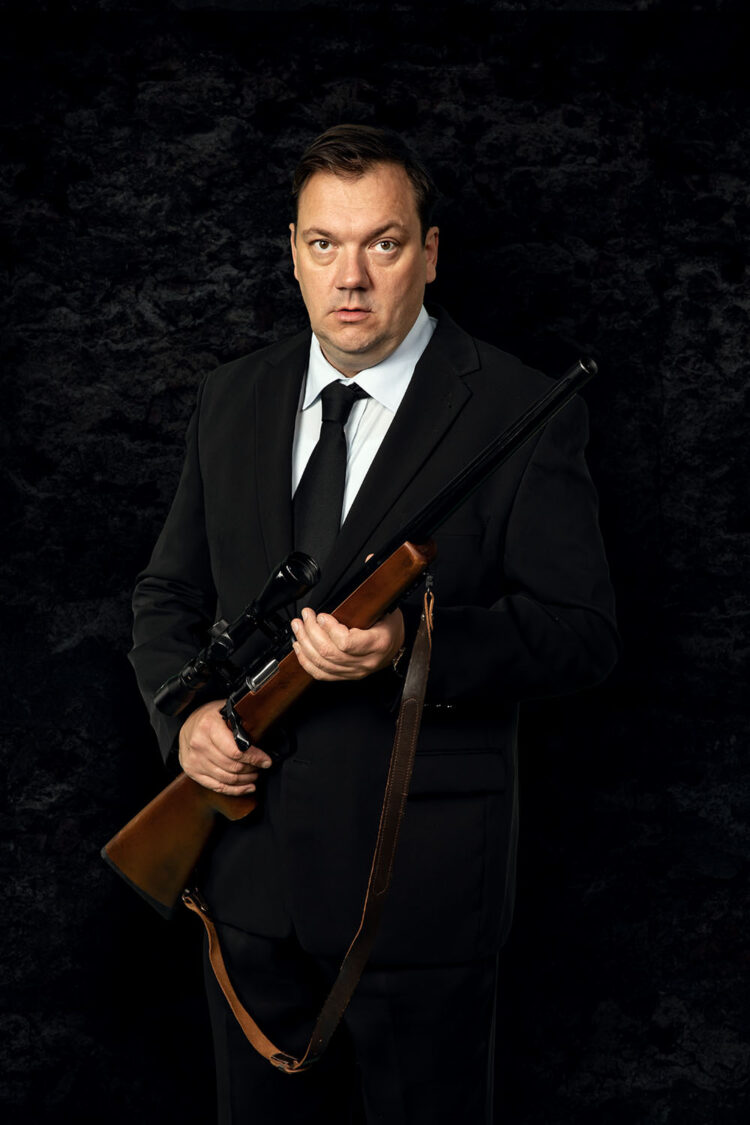
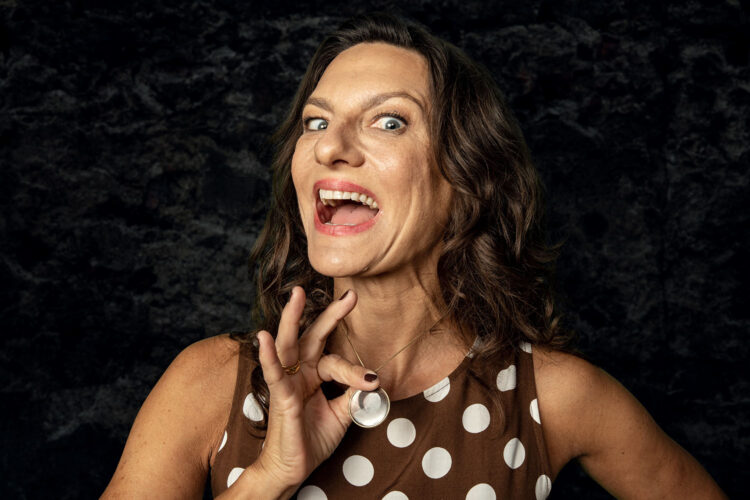
ARD,
Portraits,
Das Begräbnis
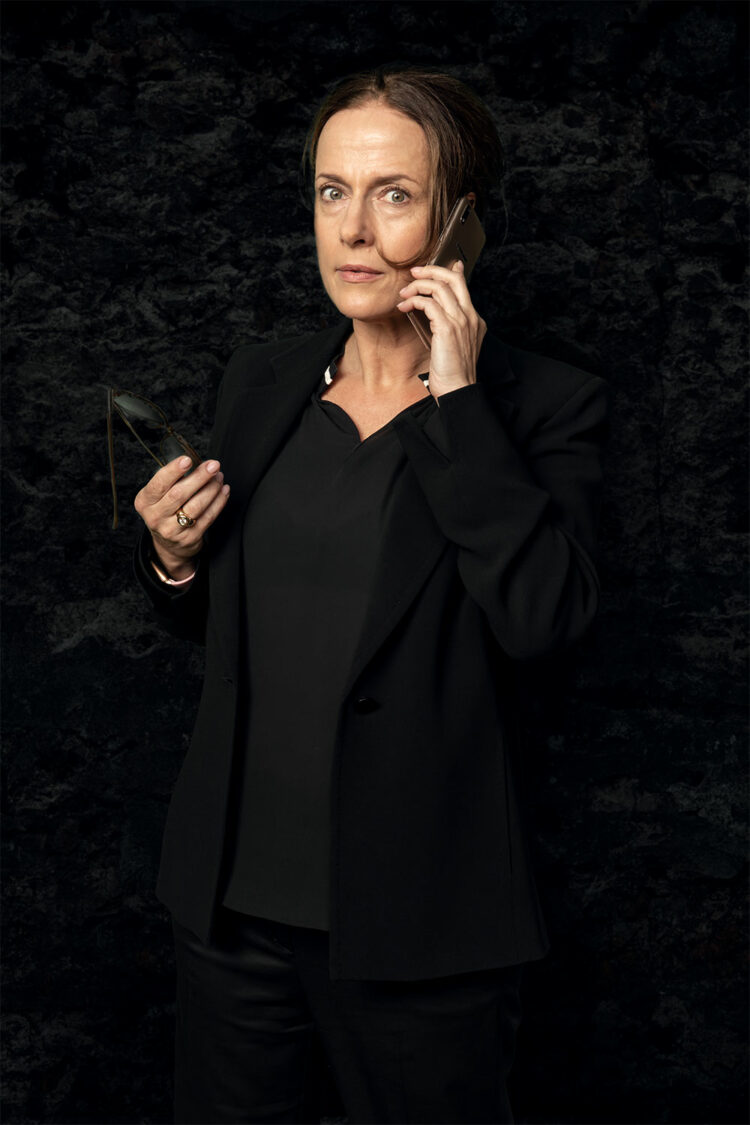
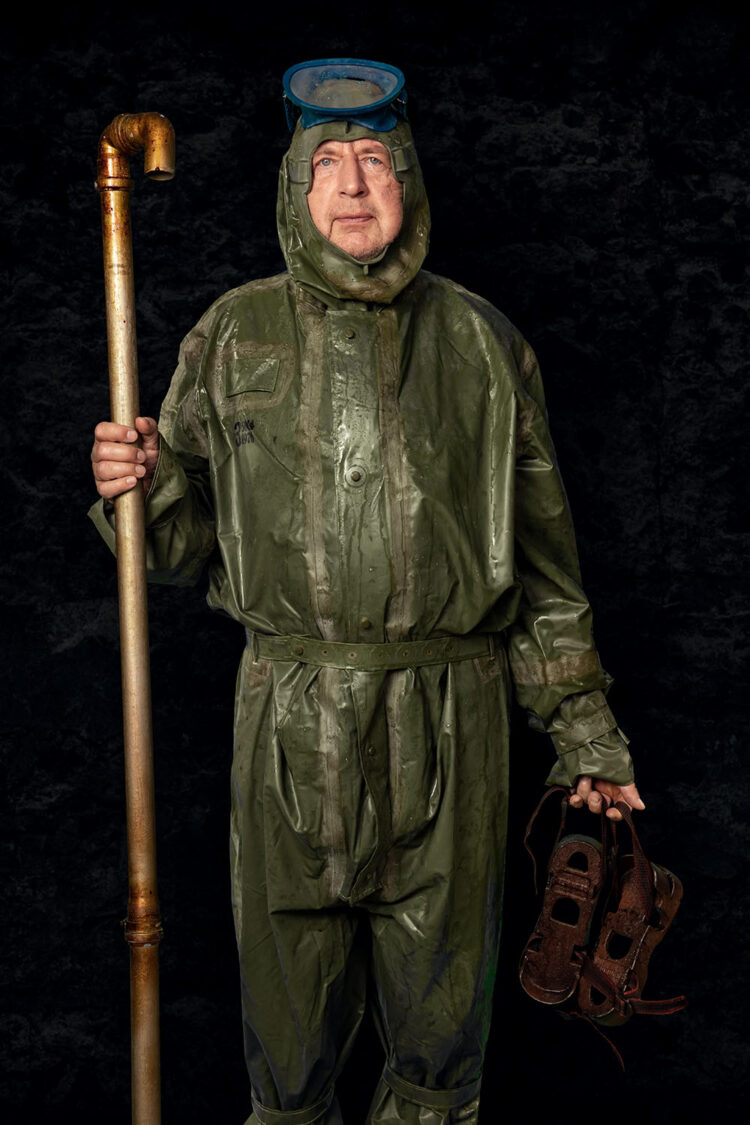
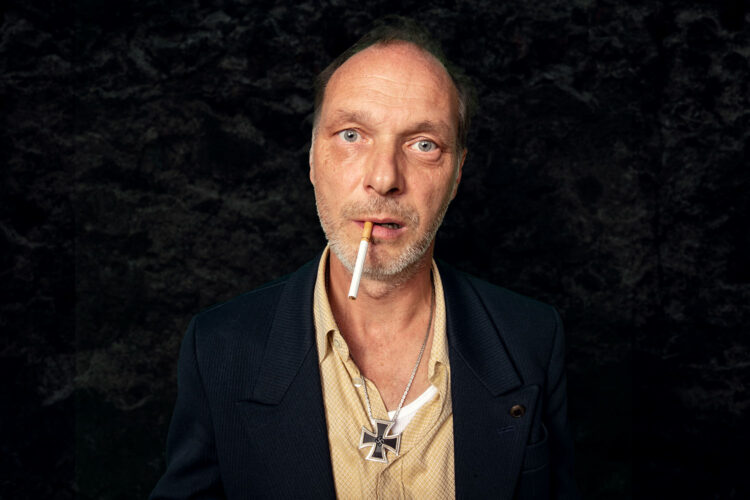
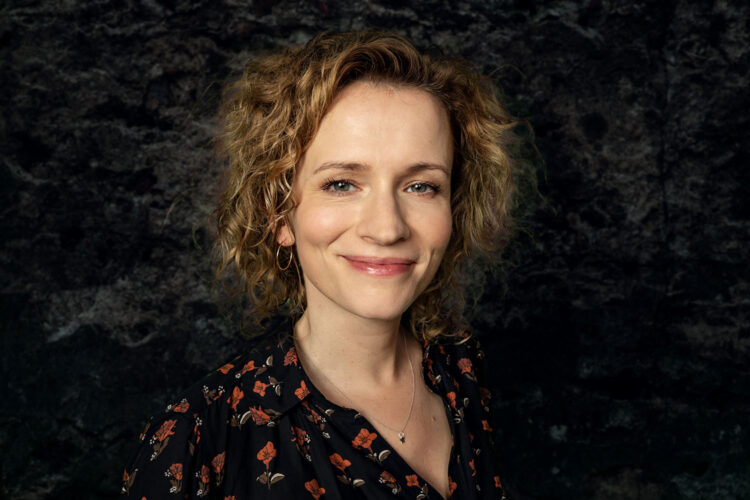
Das Begräbnis
Der alte Patriarch Dieter Meurer ist tot. Schnell wird seiner Familie – Ex-Frau Hildegard, Ehefrau Gabi, den drei Kindern und seinen Freunden klar, dass sie nicht alles über Dieter wussten. Vor allem nicht über seine Vergangenheit in der ehemaligen DDR. Impro-Comedy-Serie von Jan Georg Schütte mit Charly Hübner, Anja Kling, Claudia Michelsen, Jörg Gudzuhn, Devid Striesow u. a.
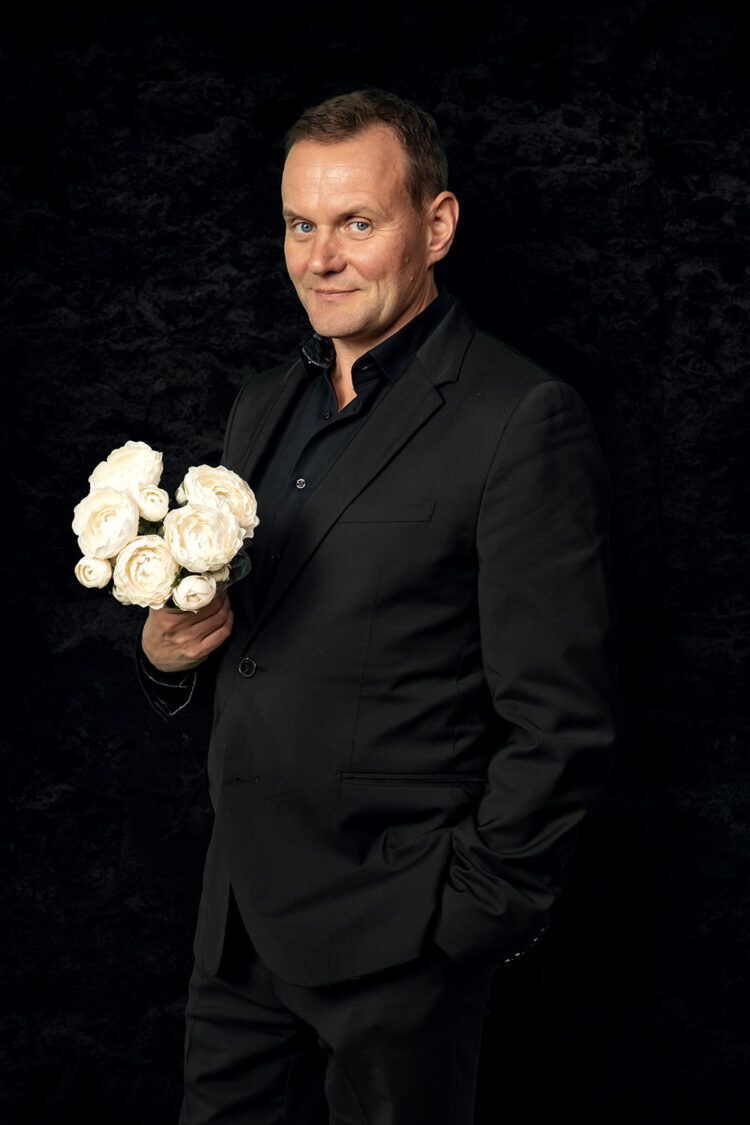
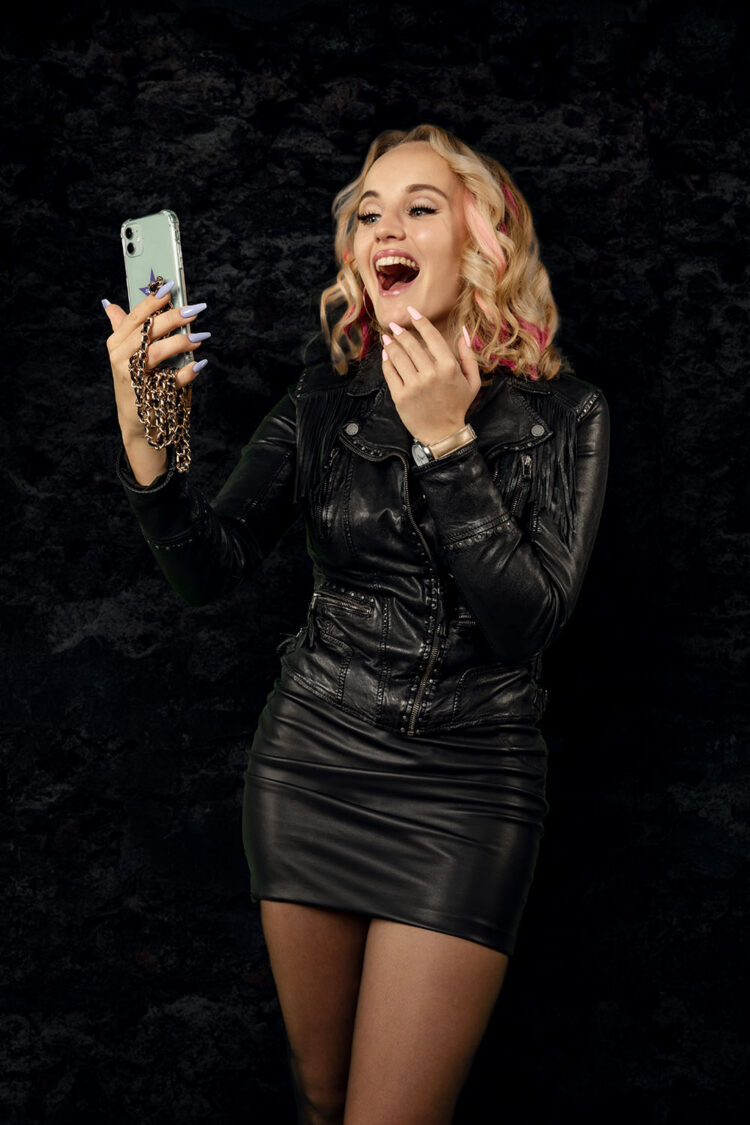
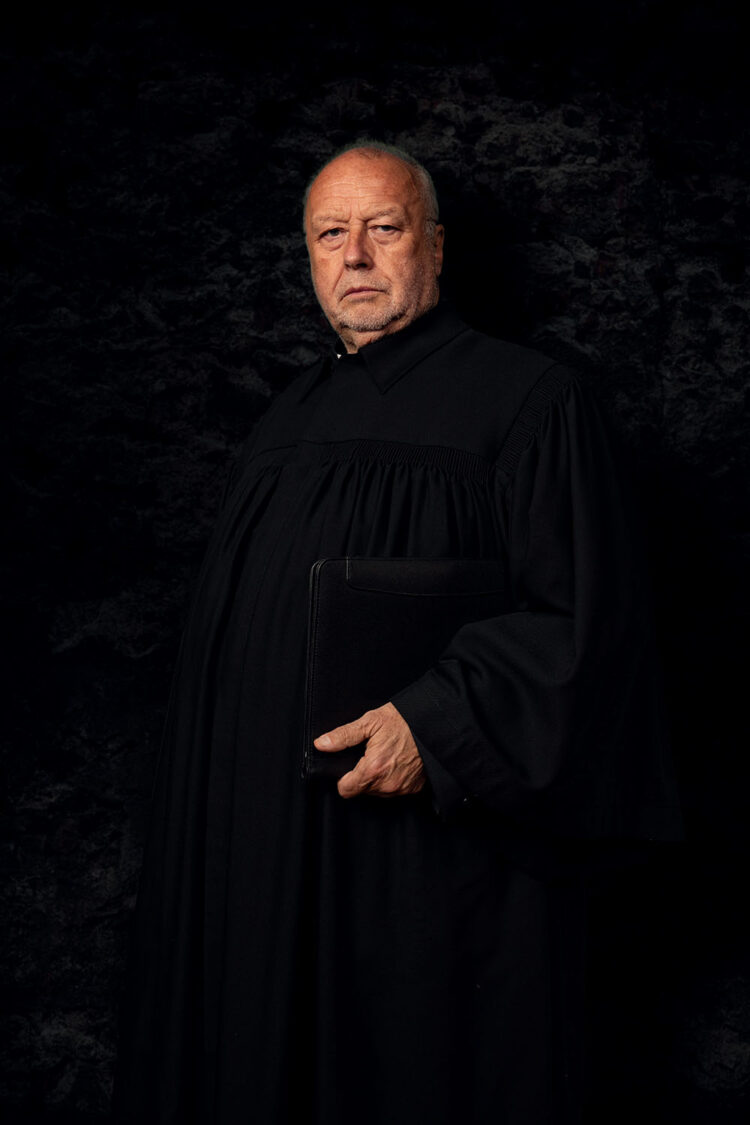
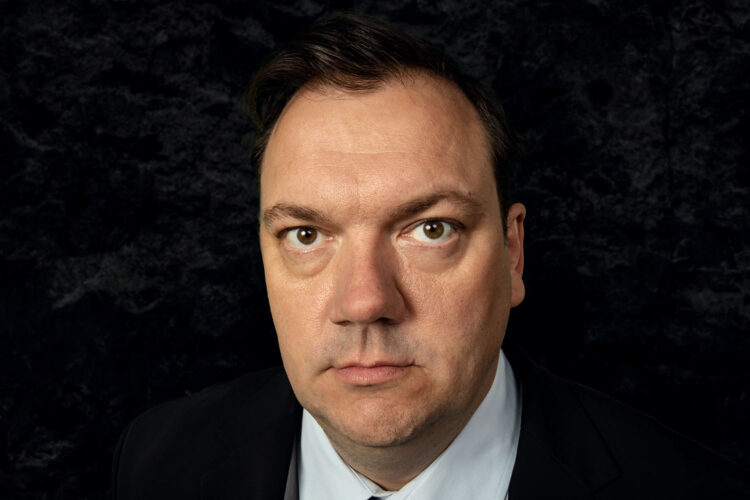
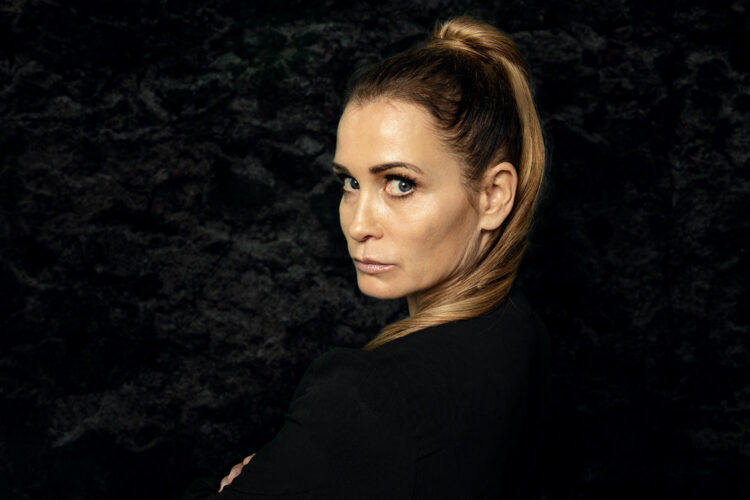

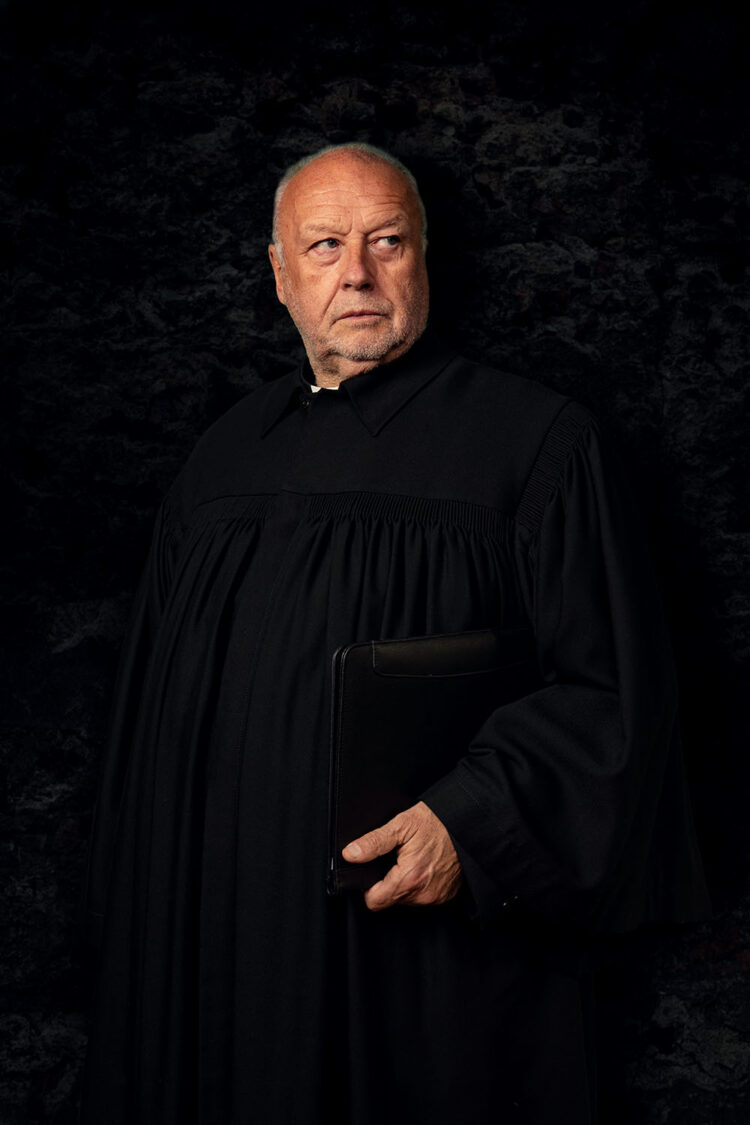
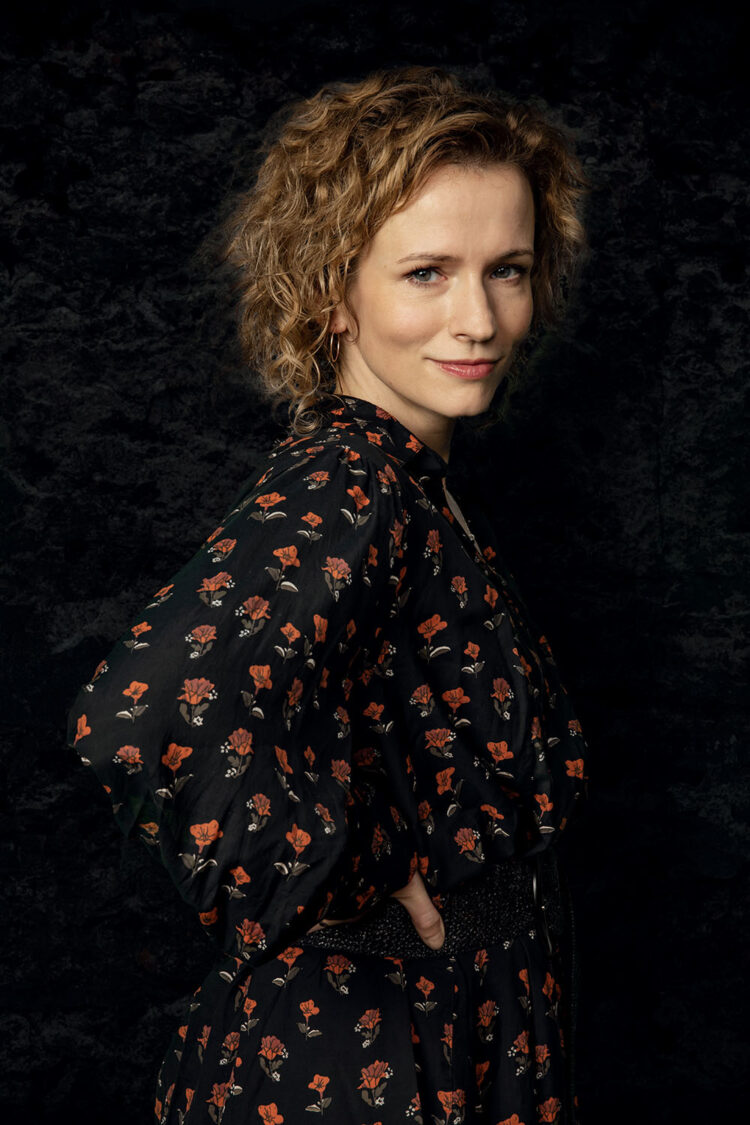
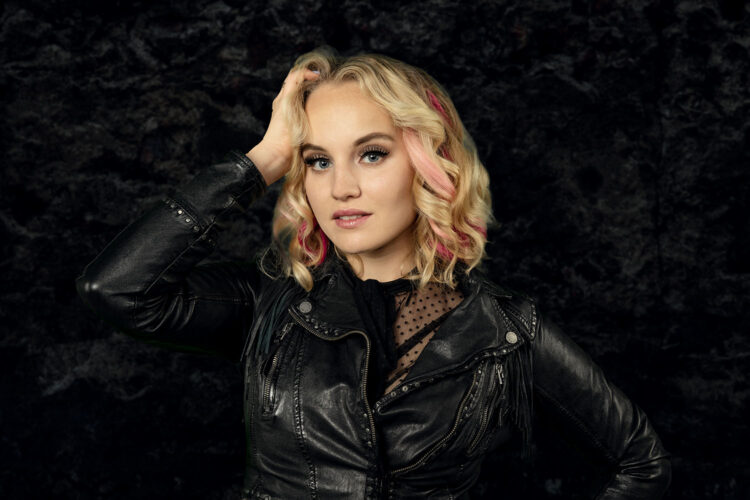

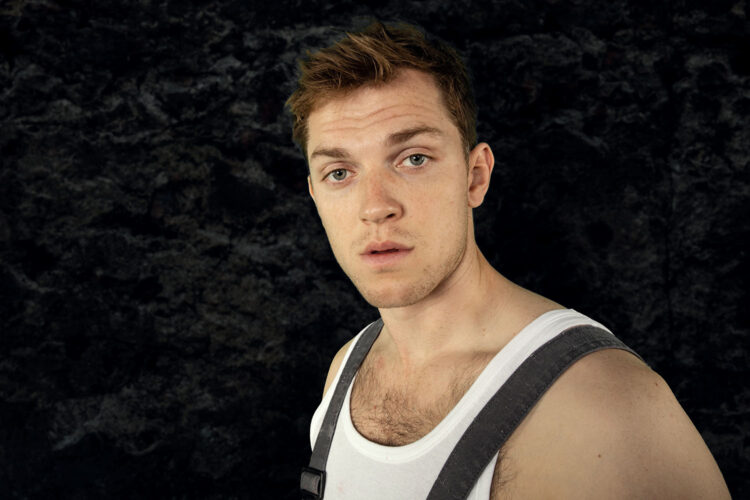

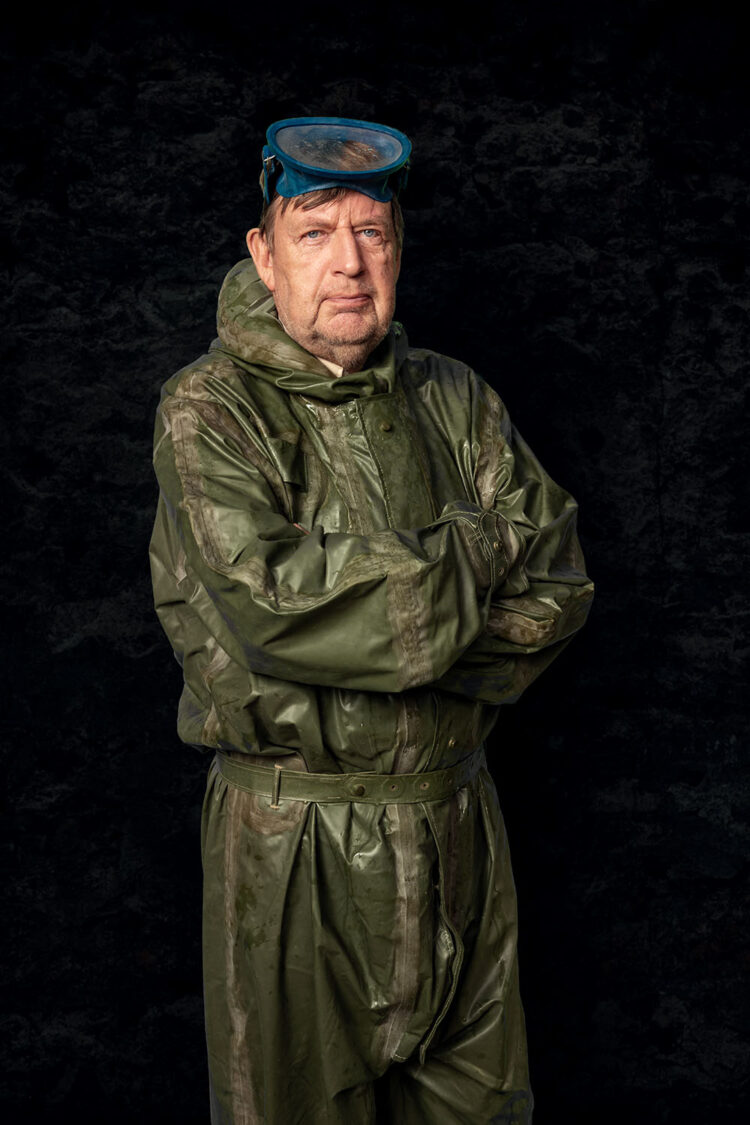


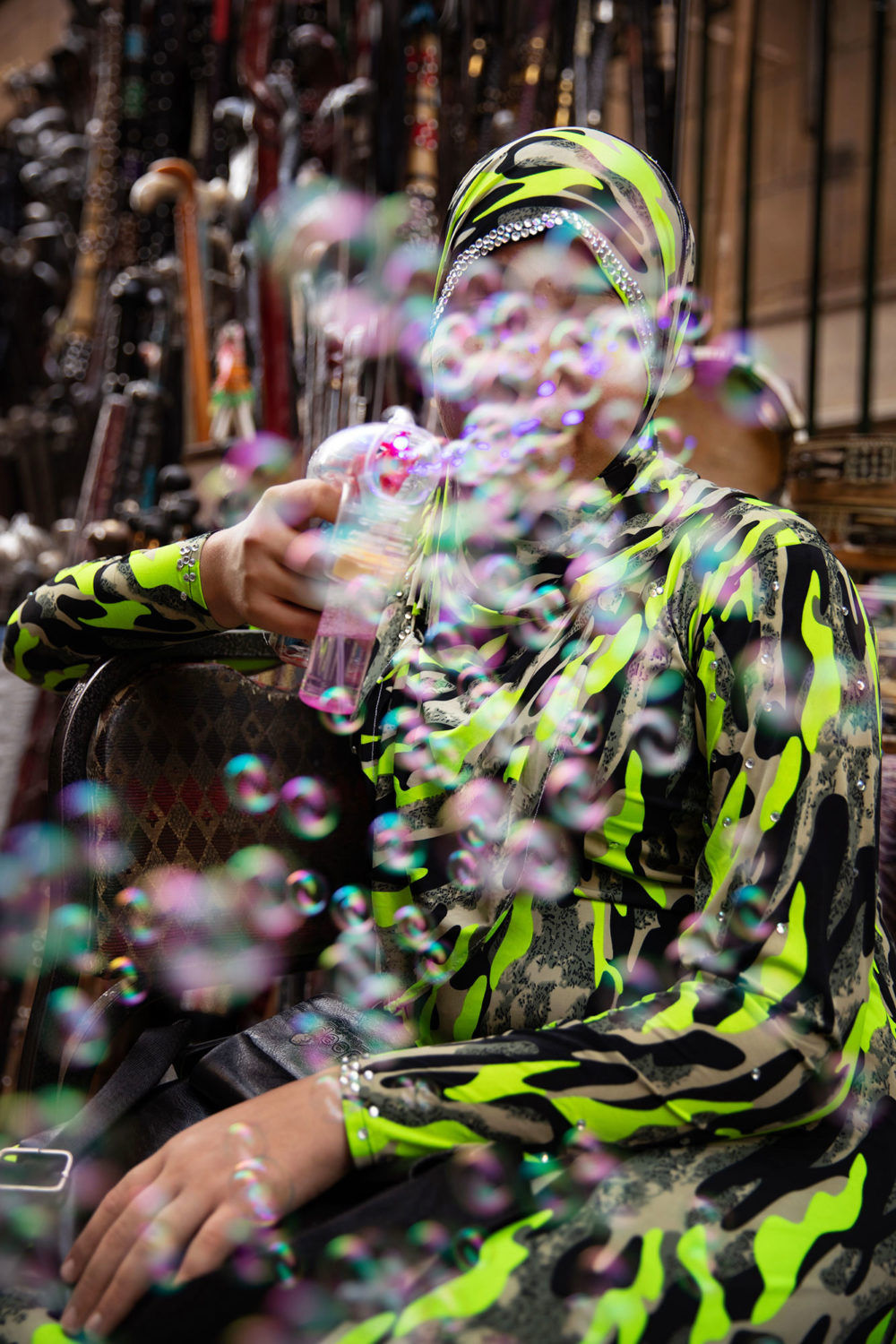
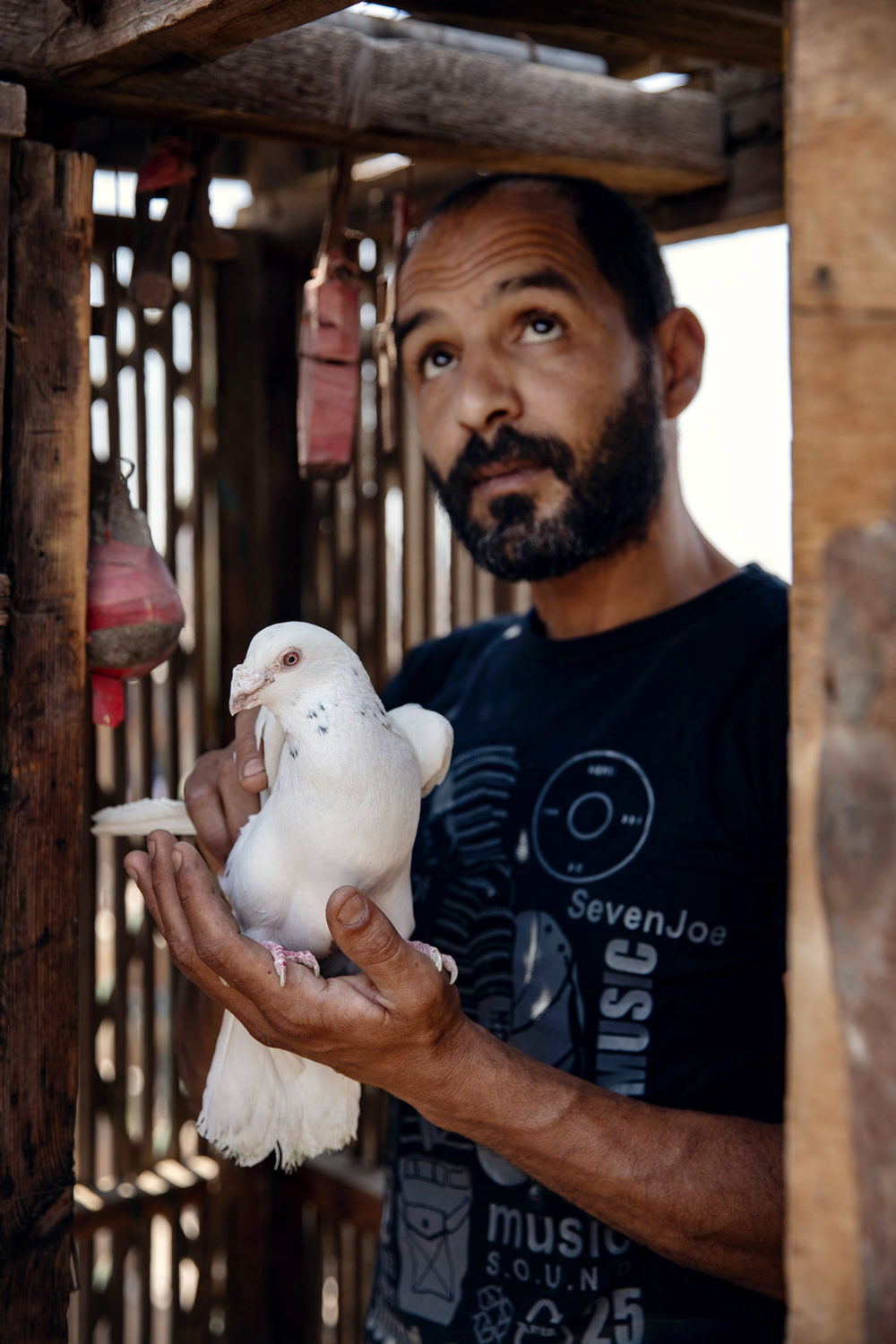
Geo Saison,
Portraits
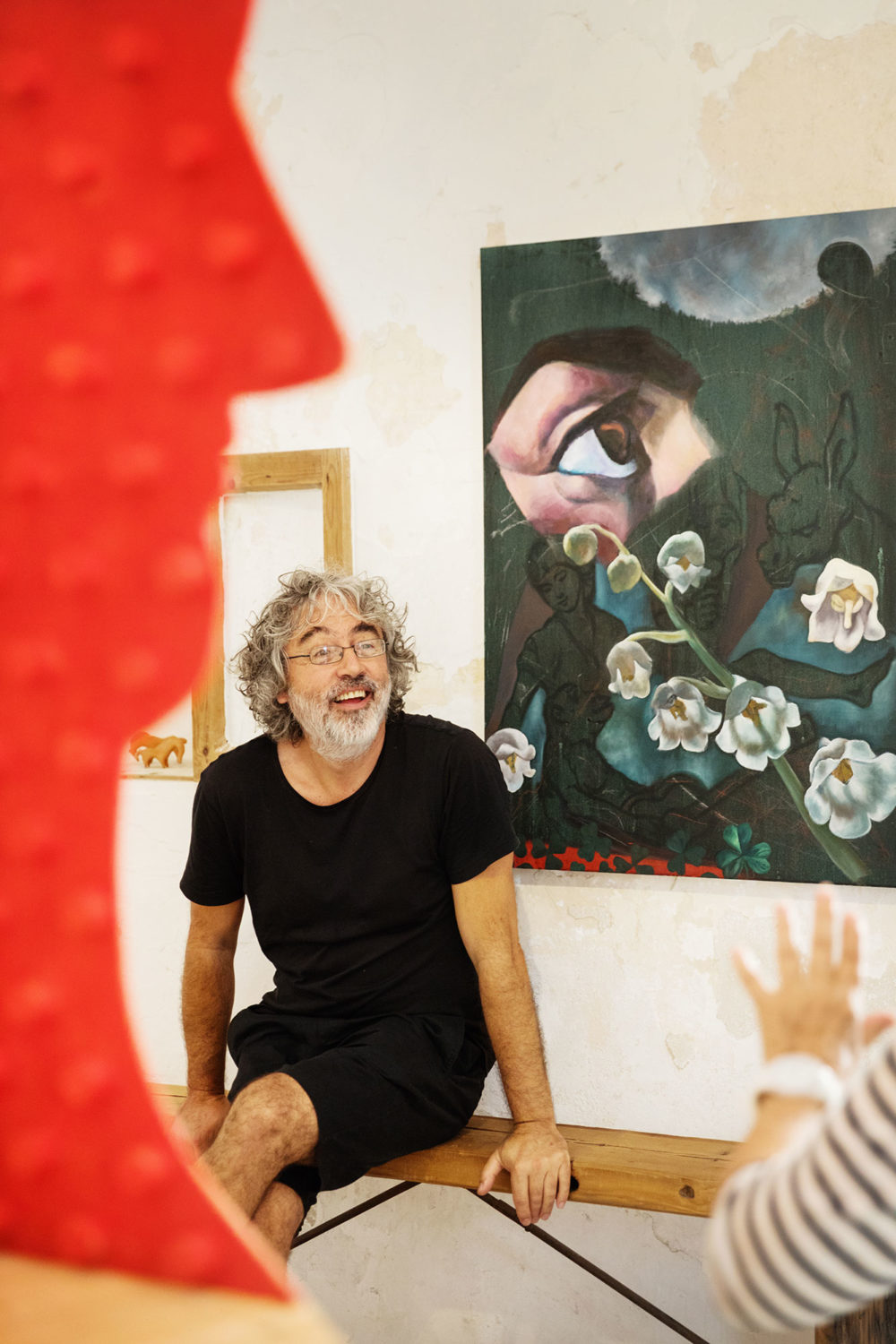
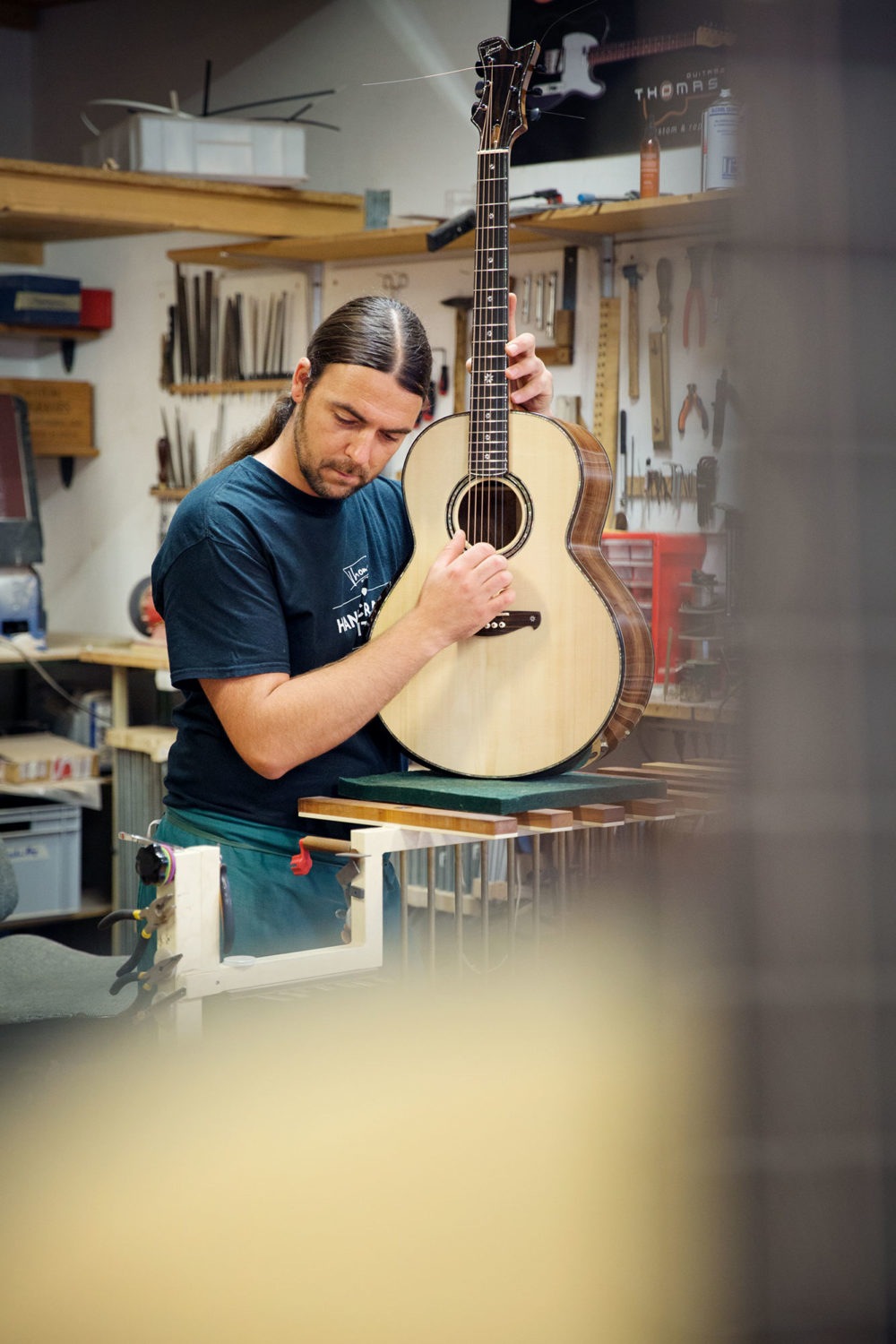

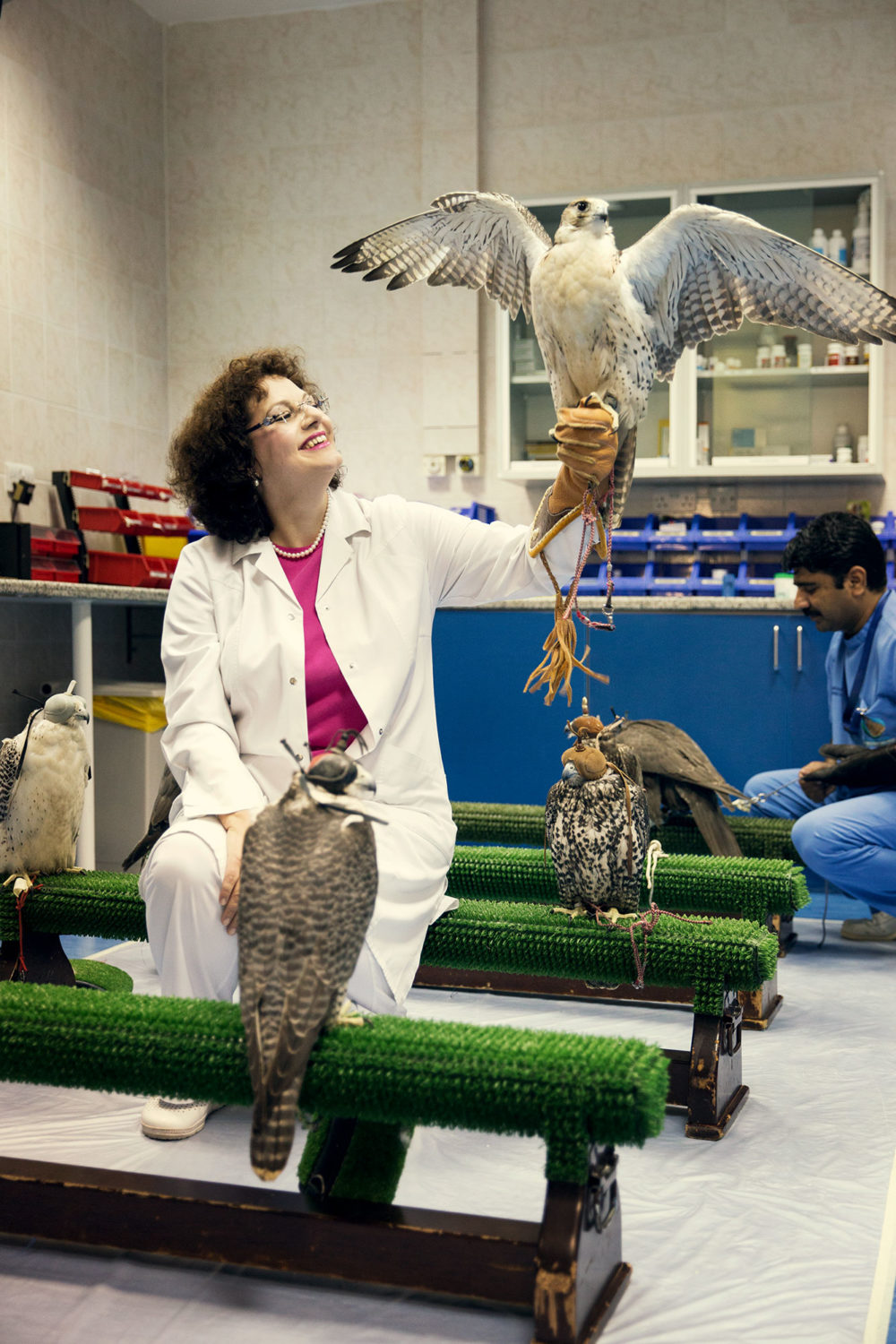
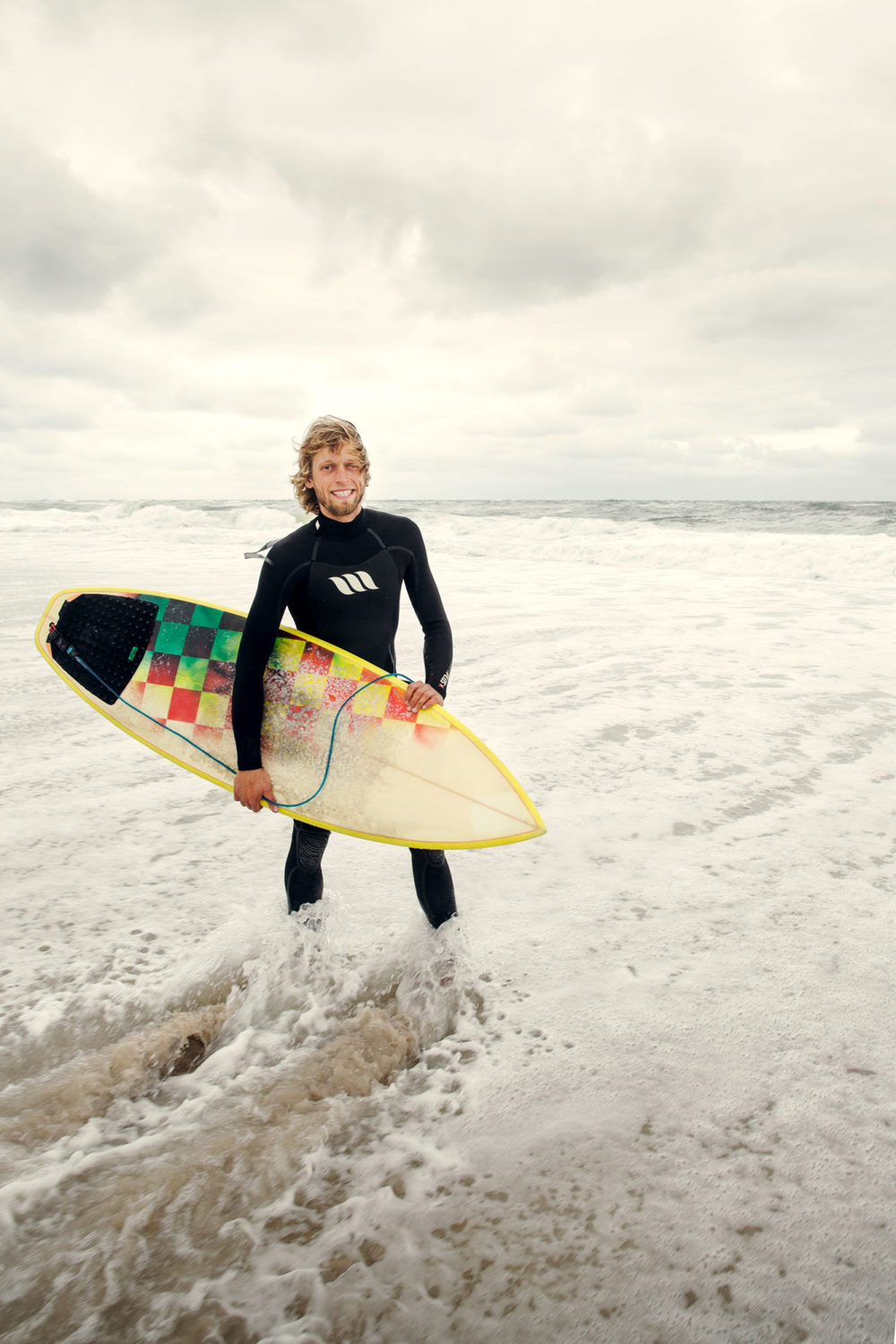
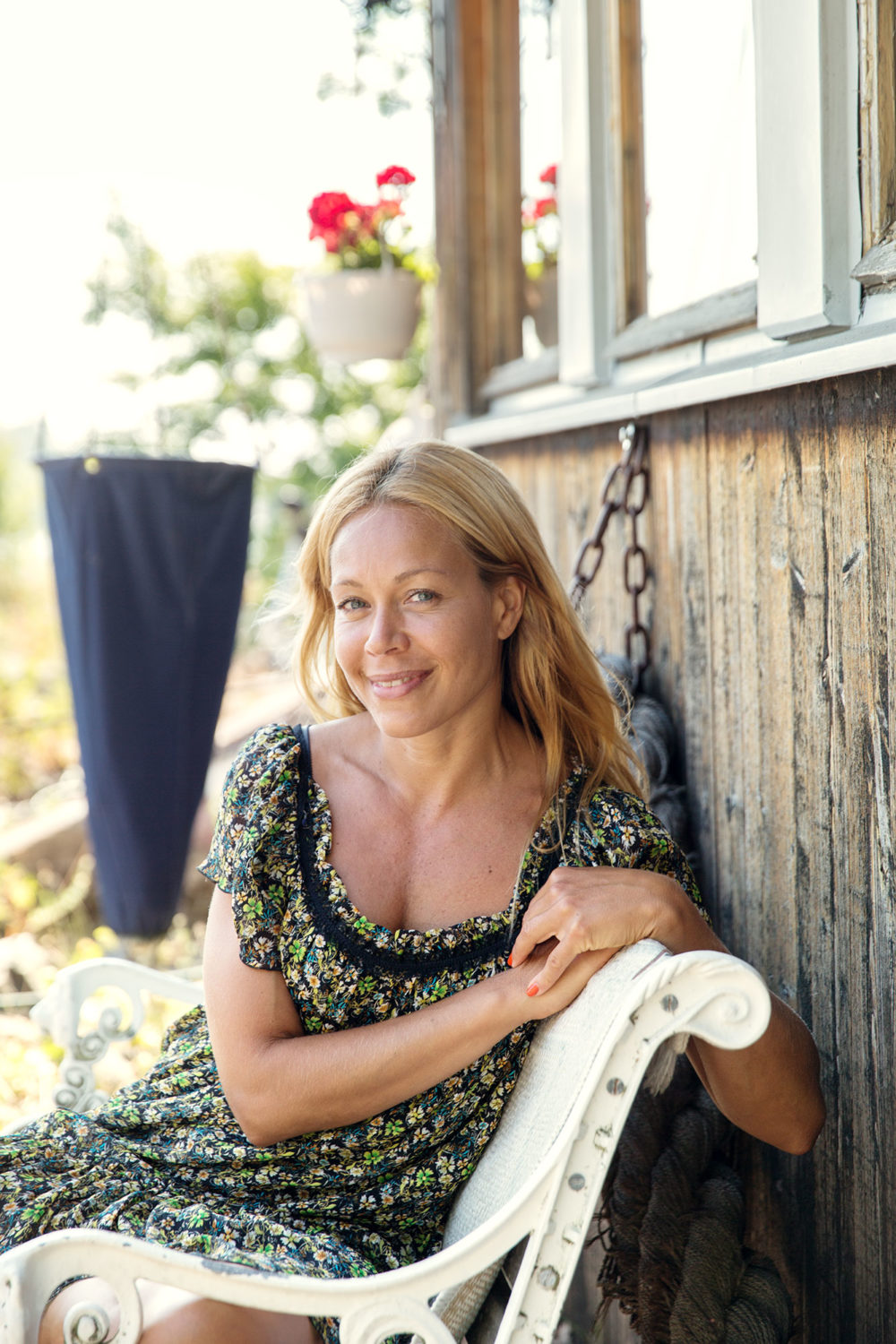

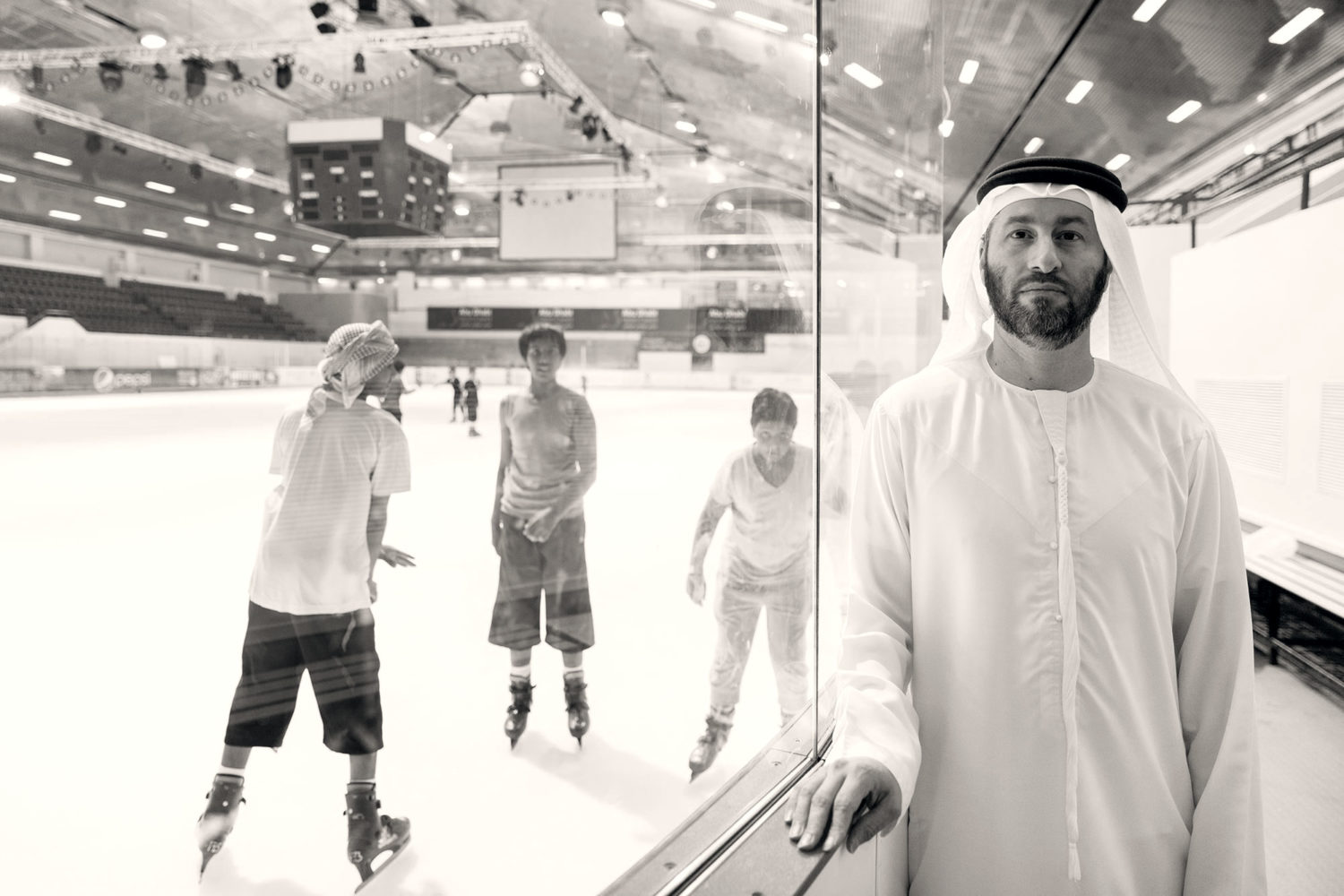

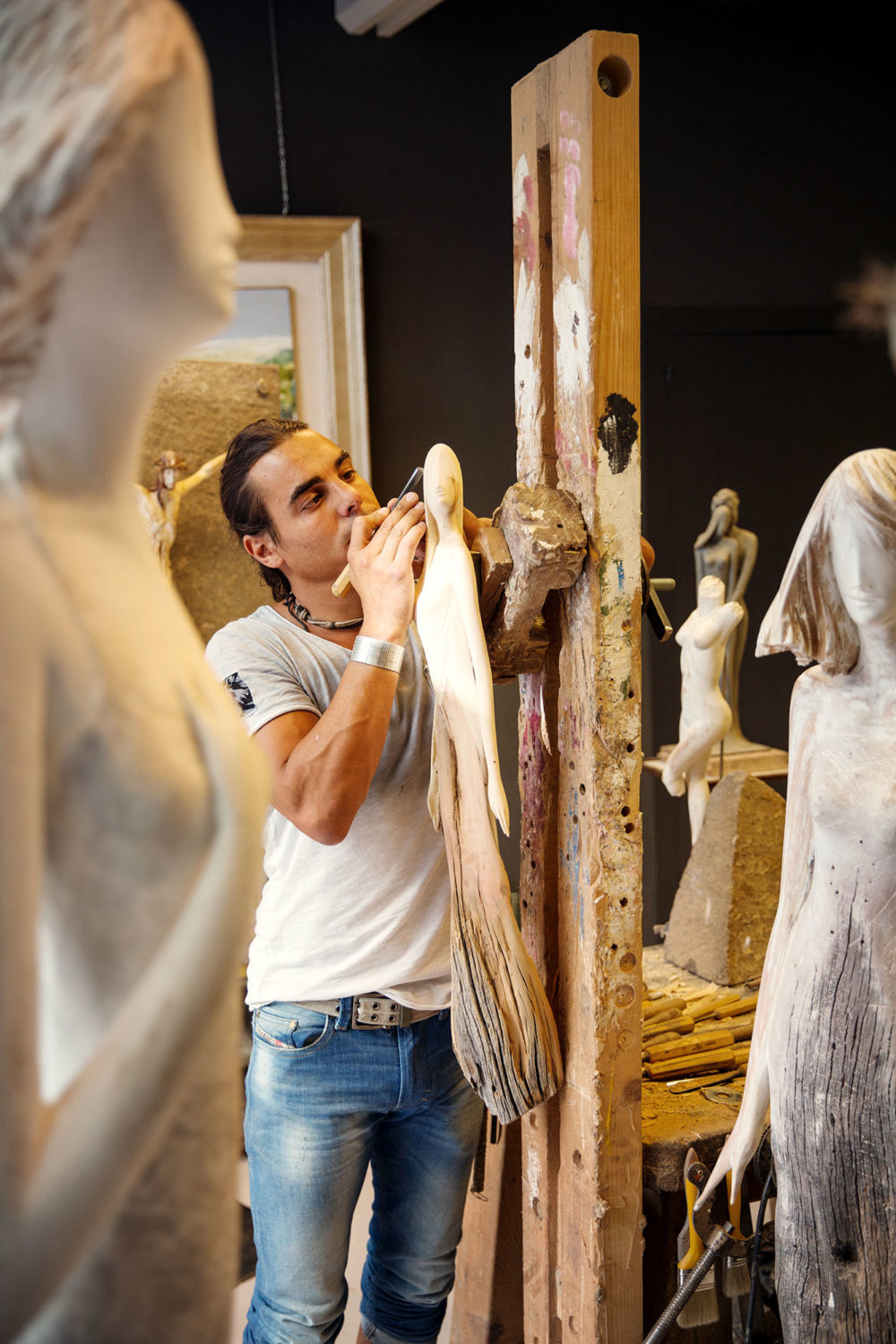
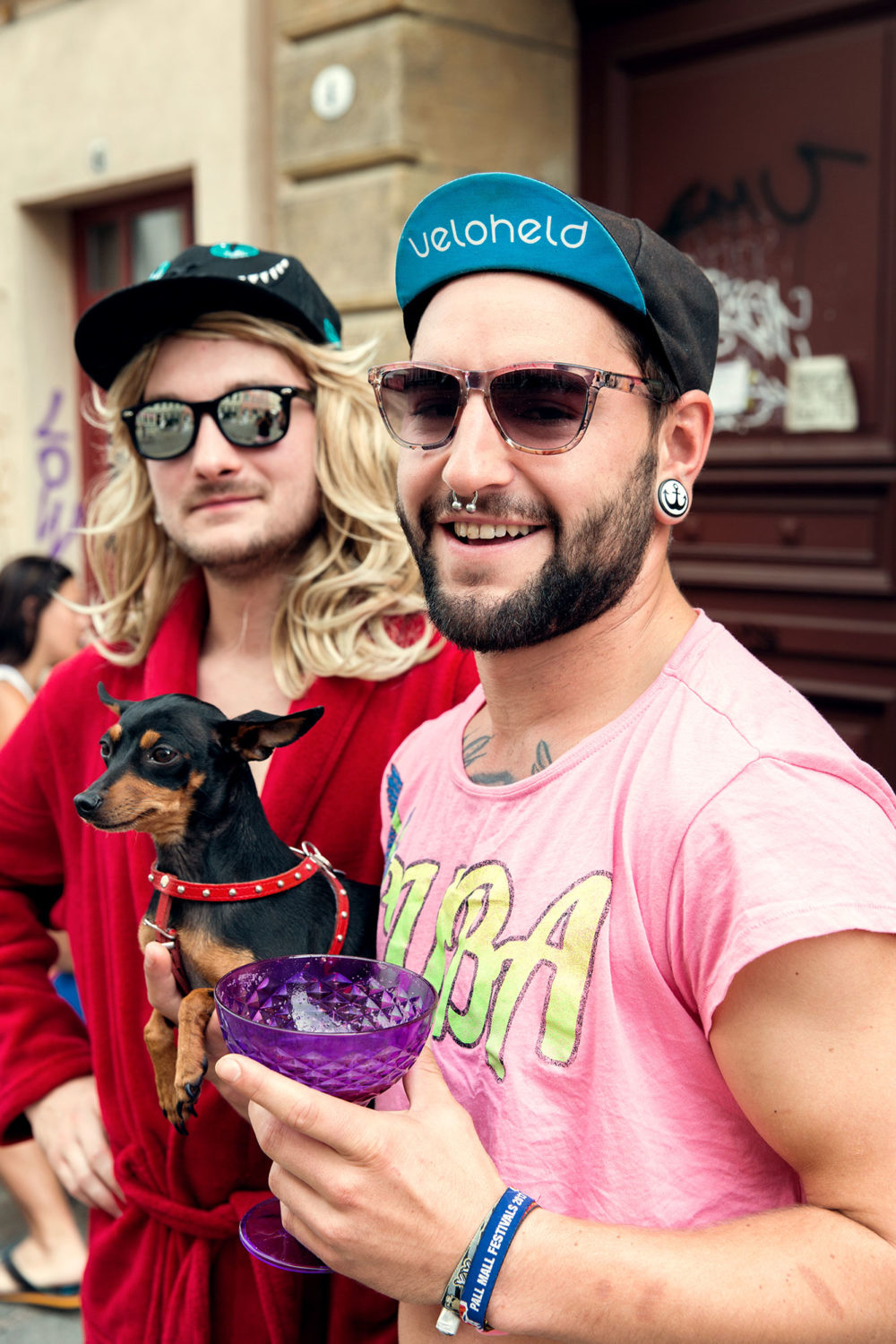
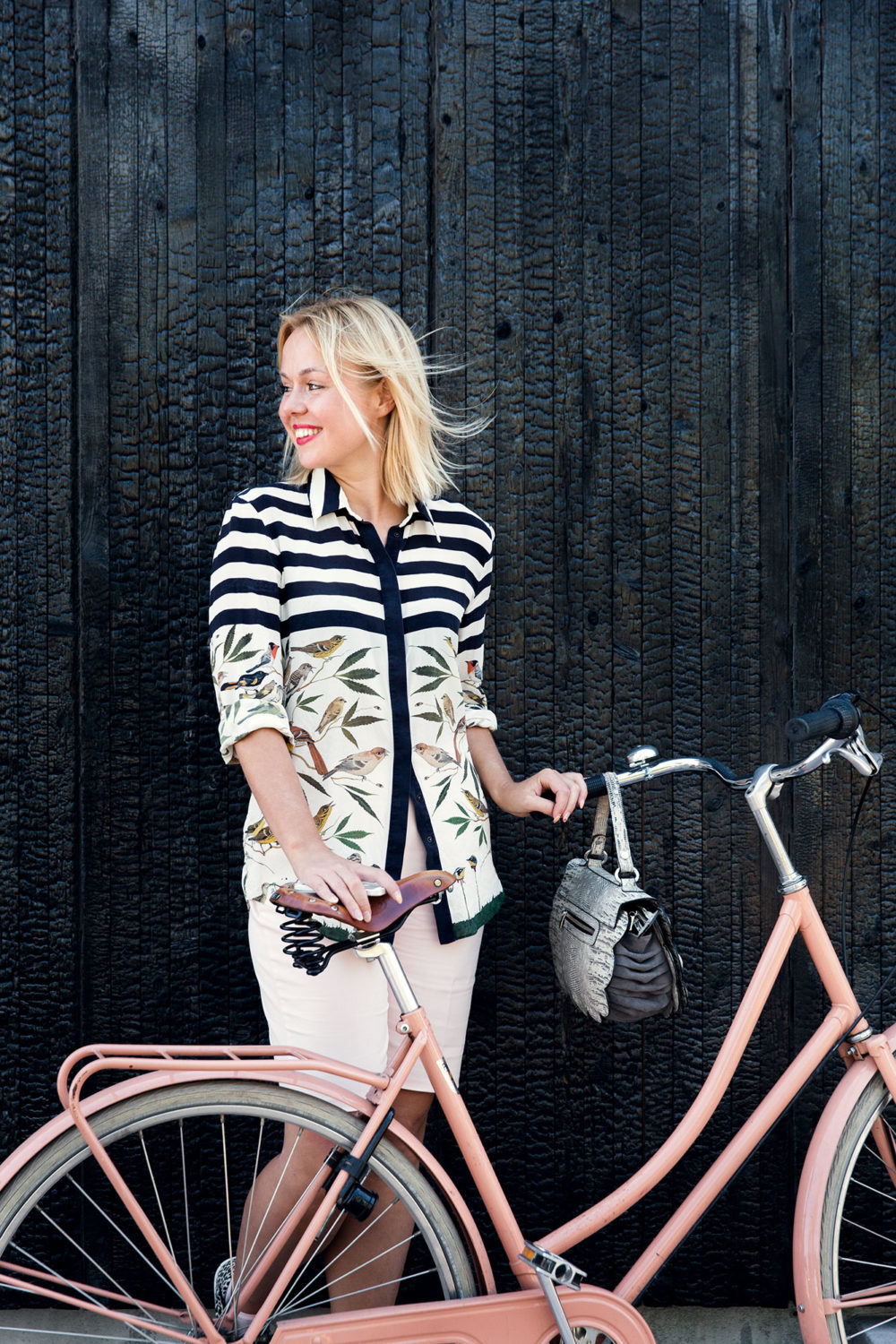


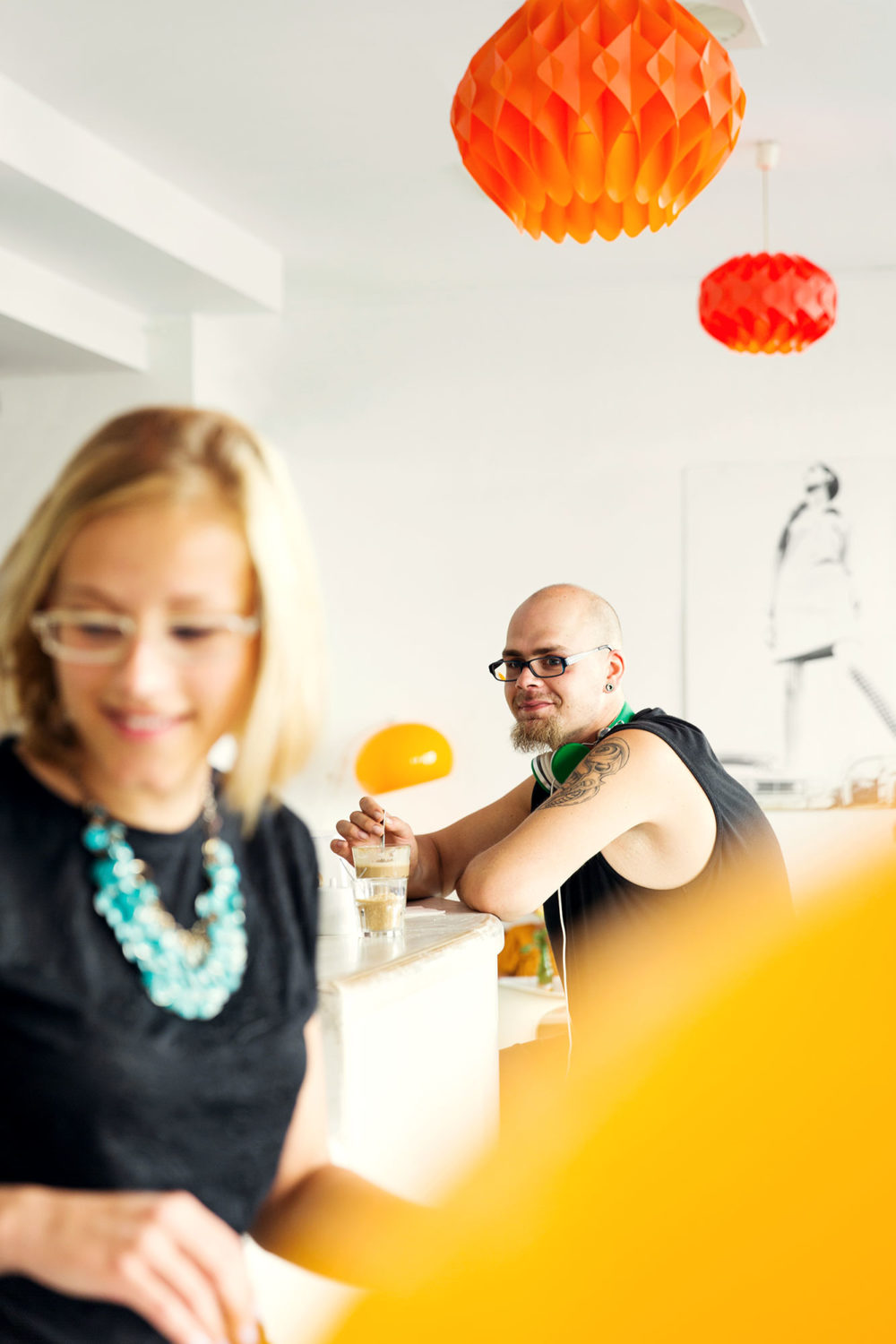
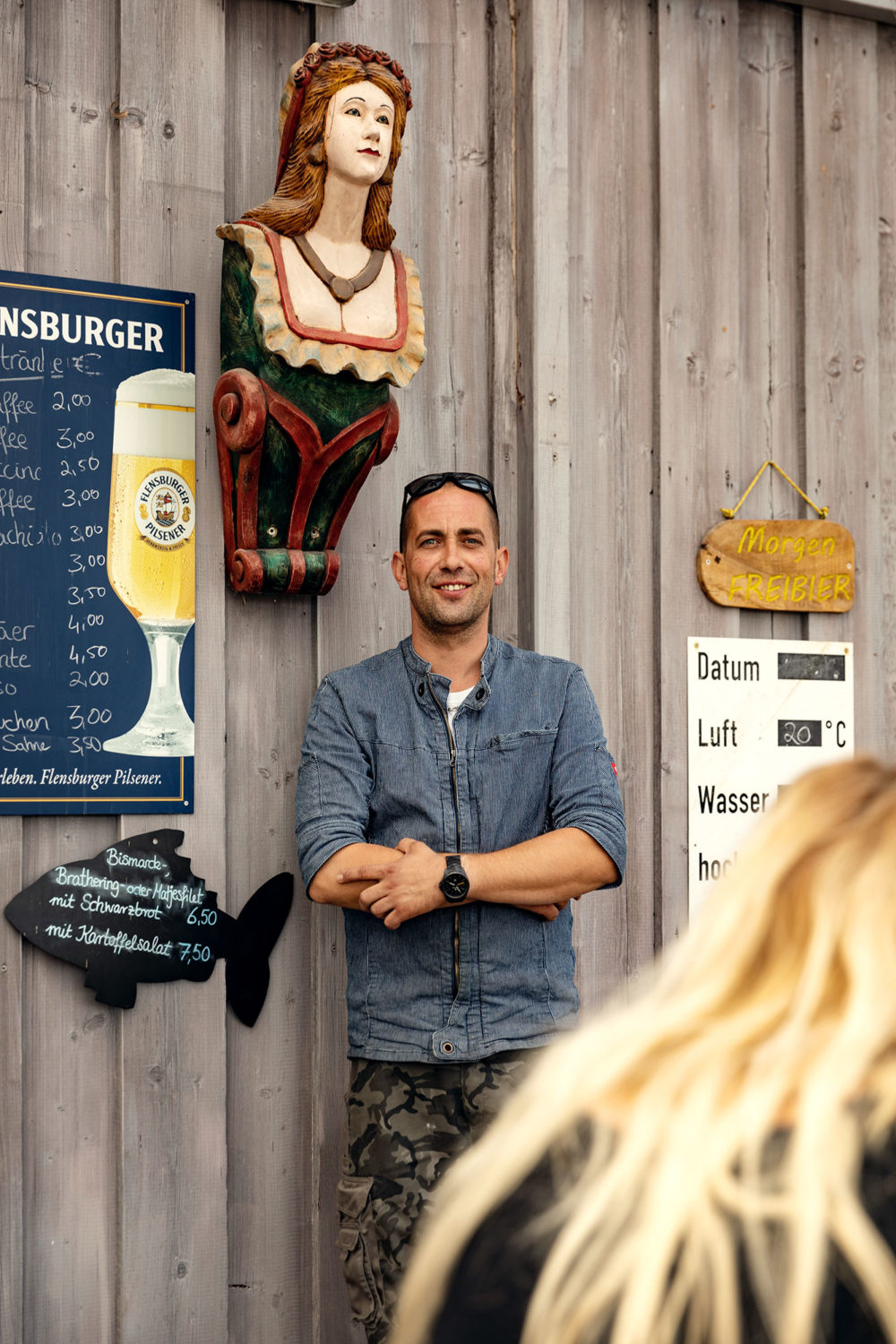
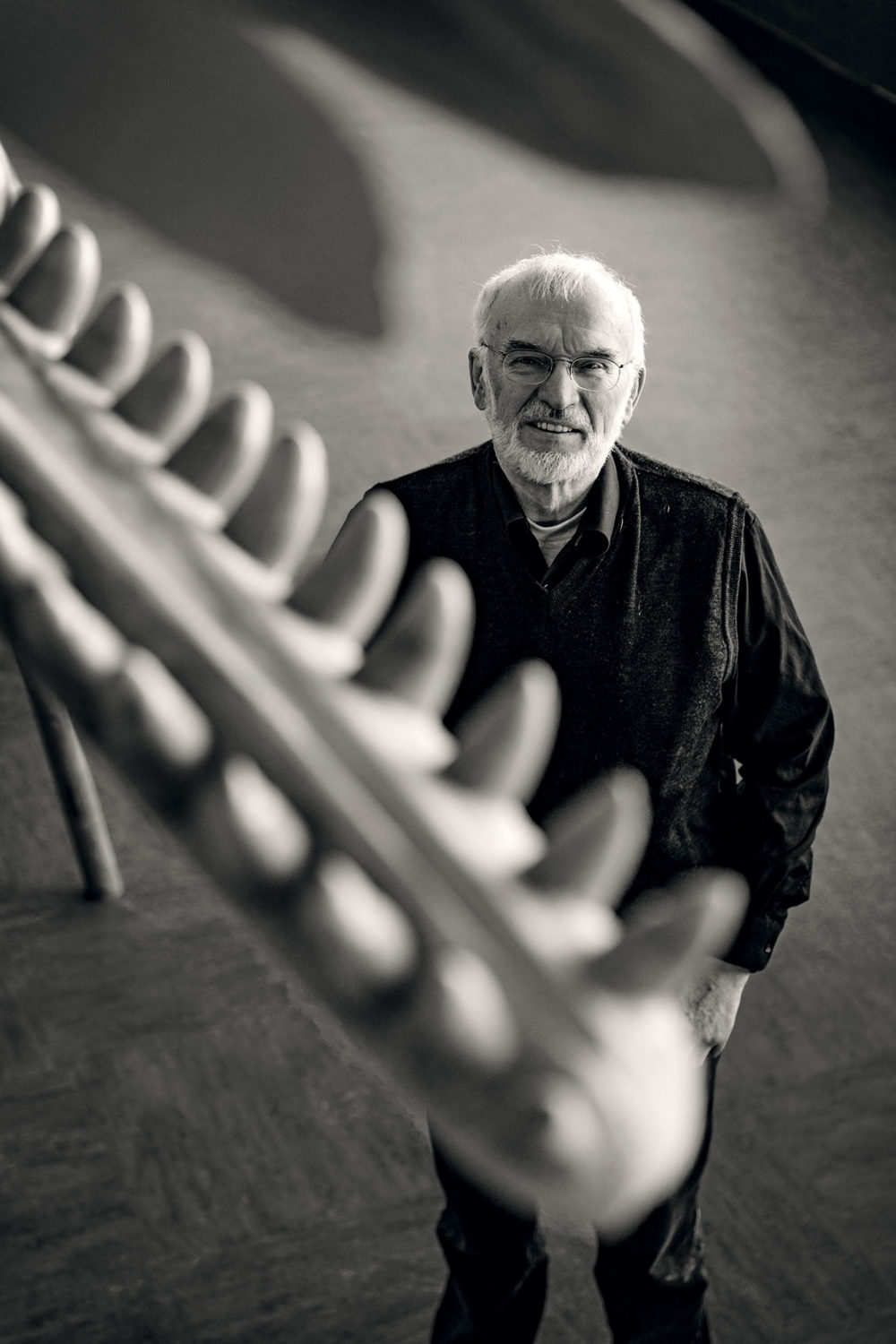
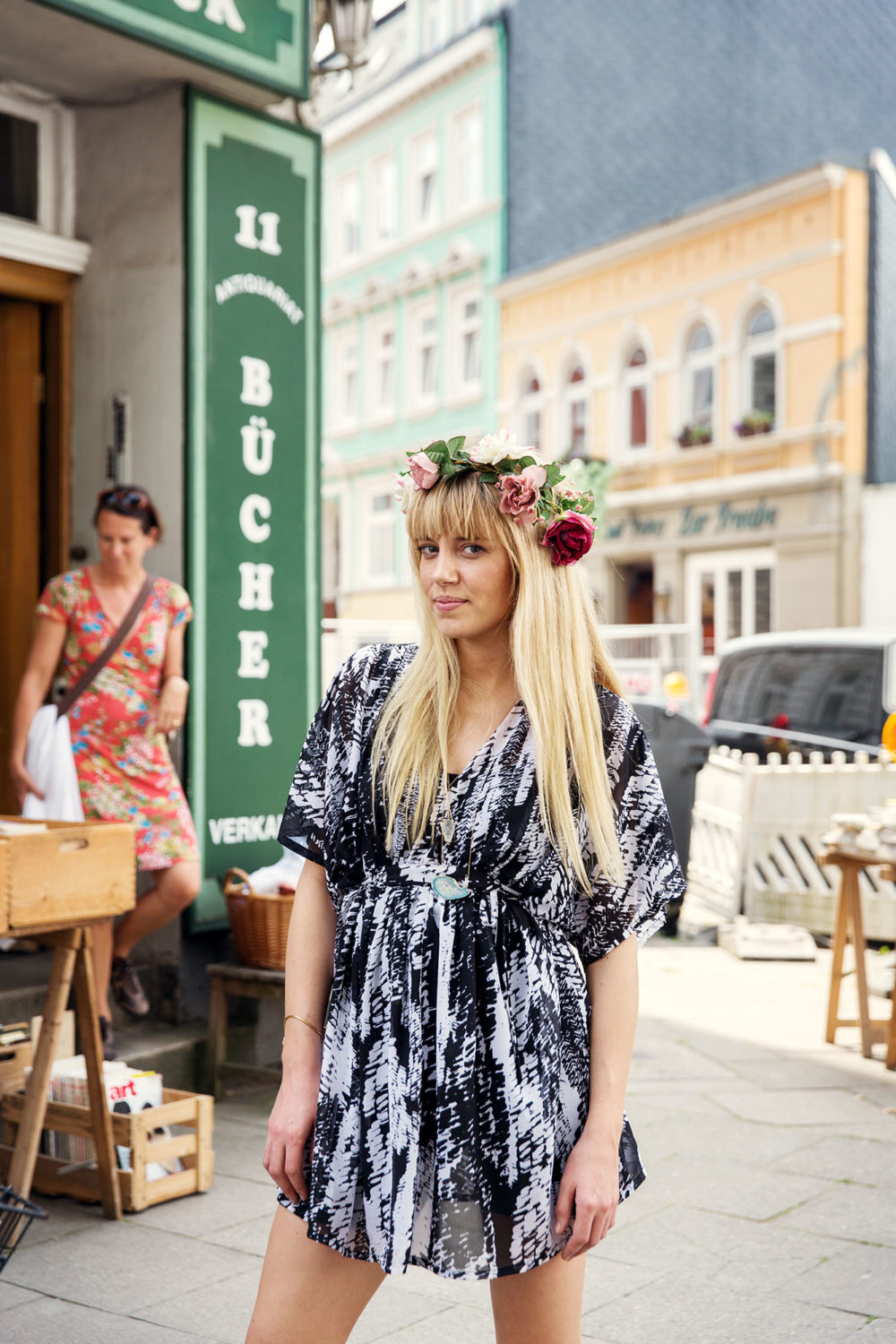
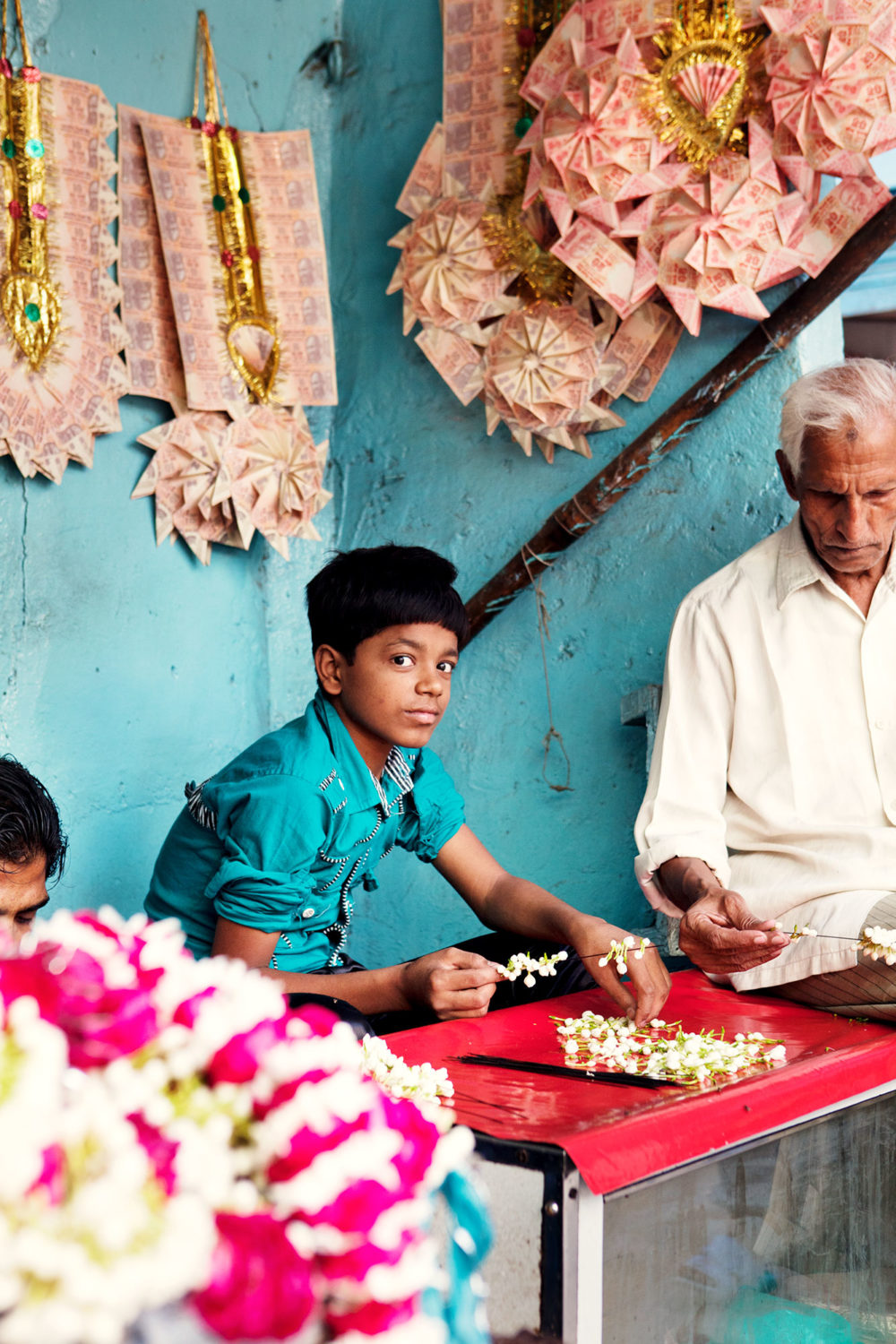

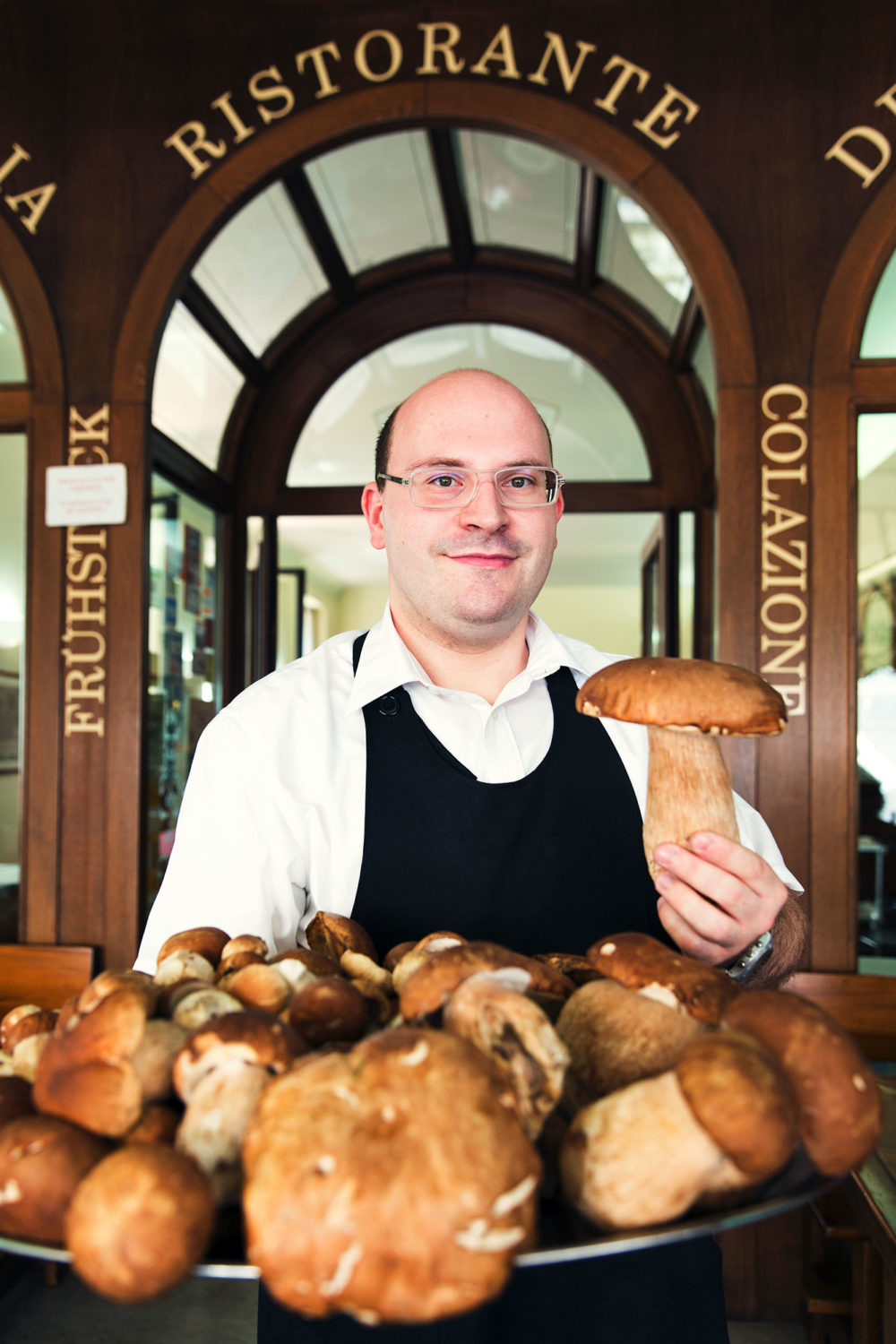
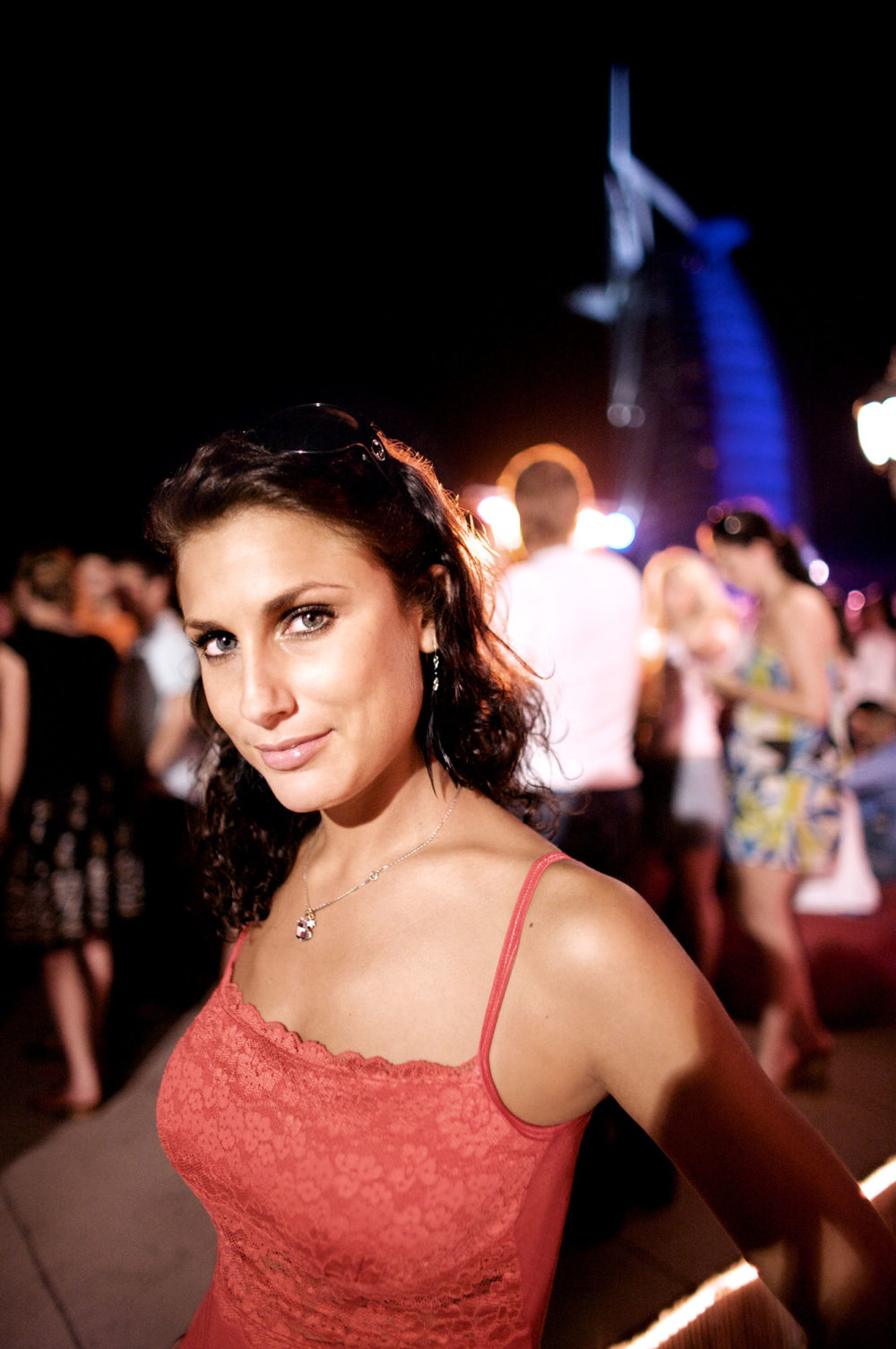

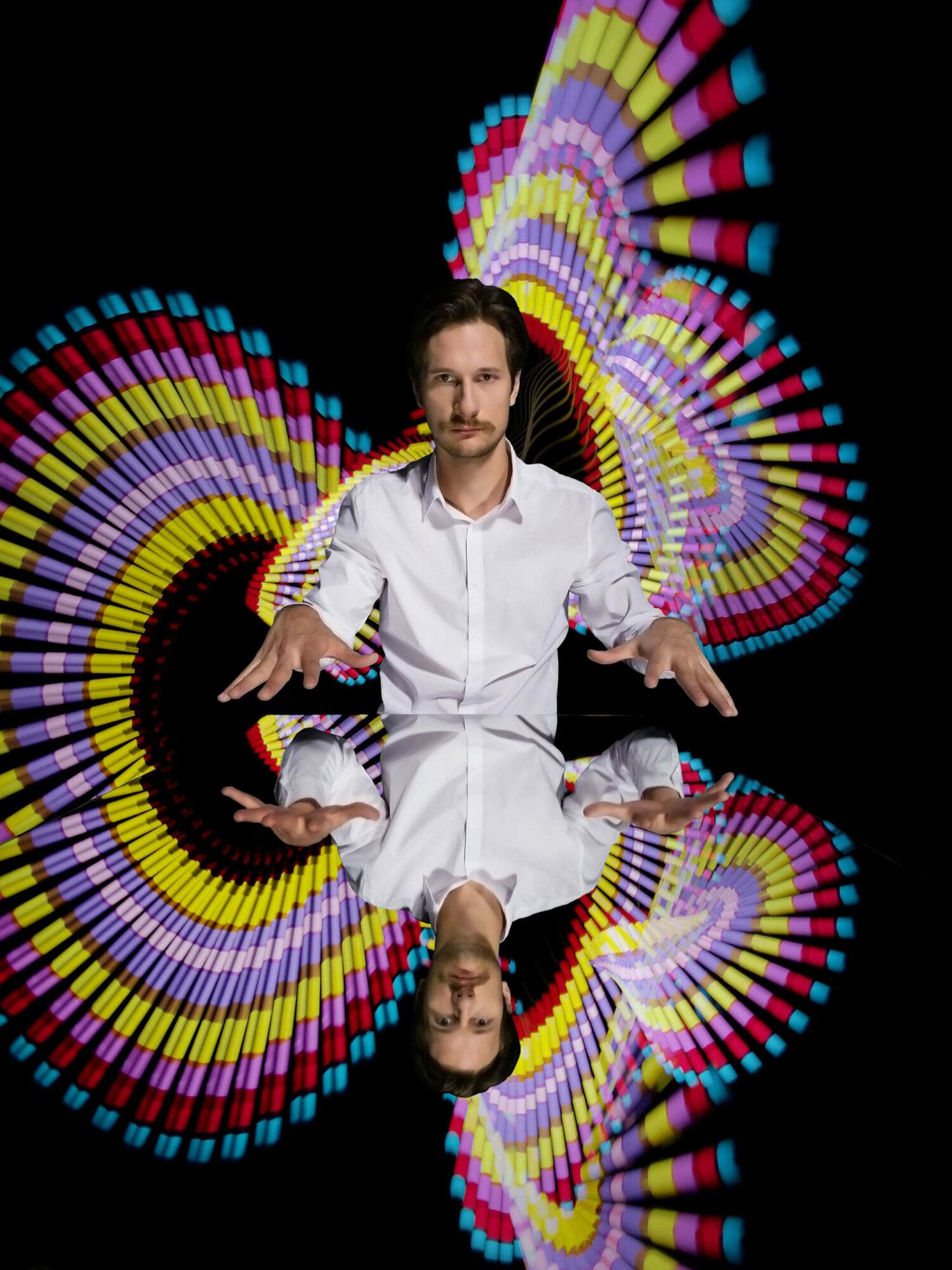
Shot on iPhone,
8 sec,
Multimedia Exhibition Restore
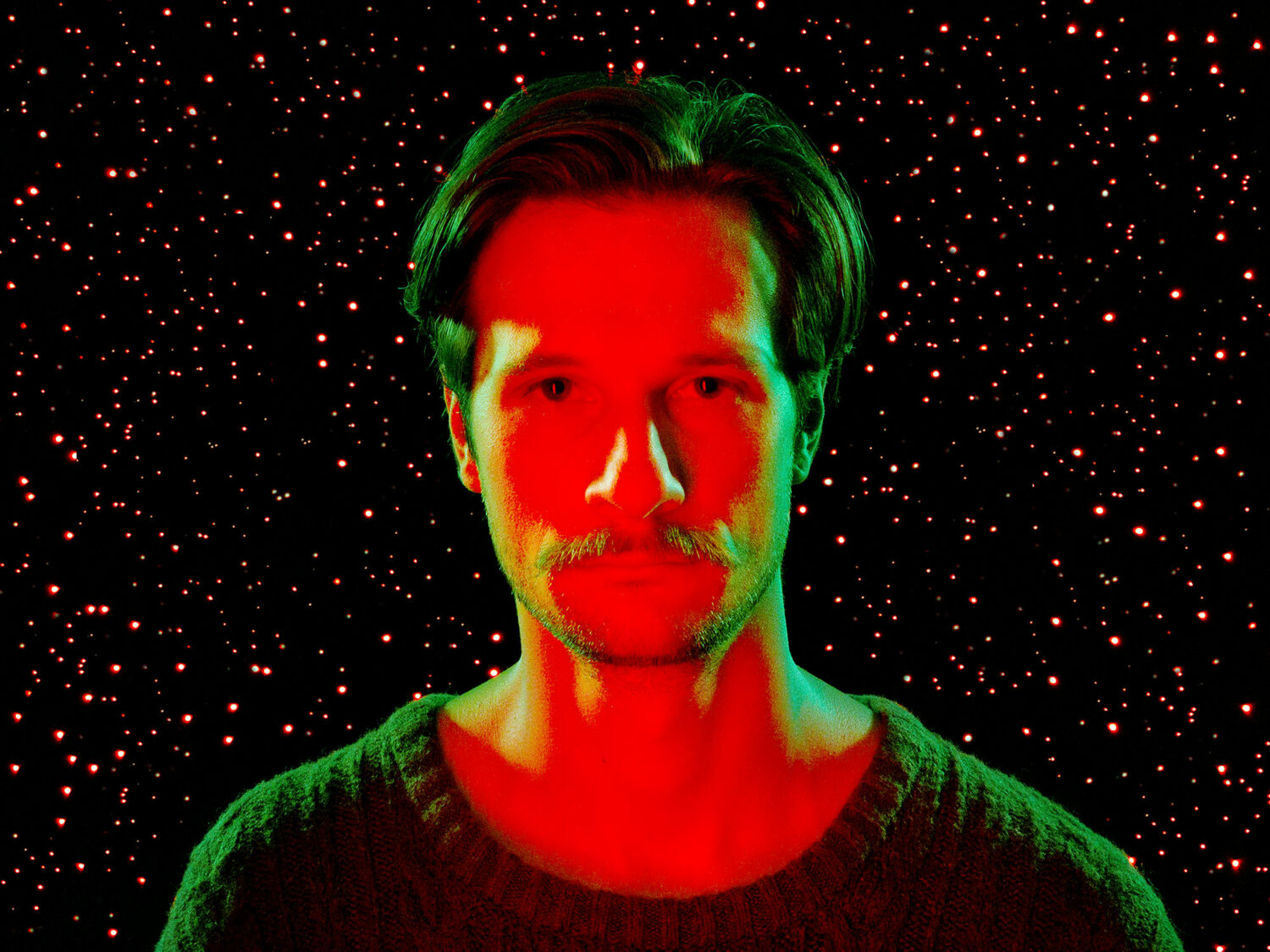
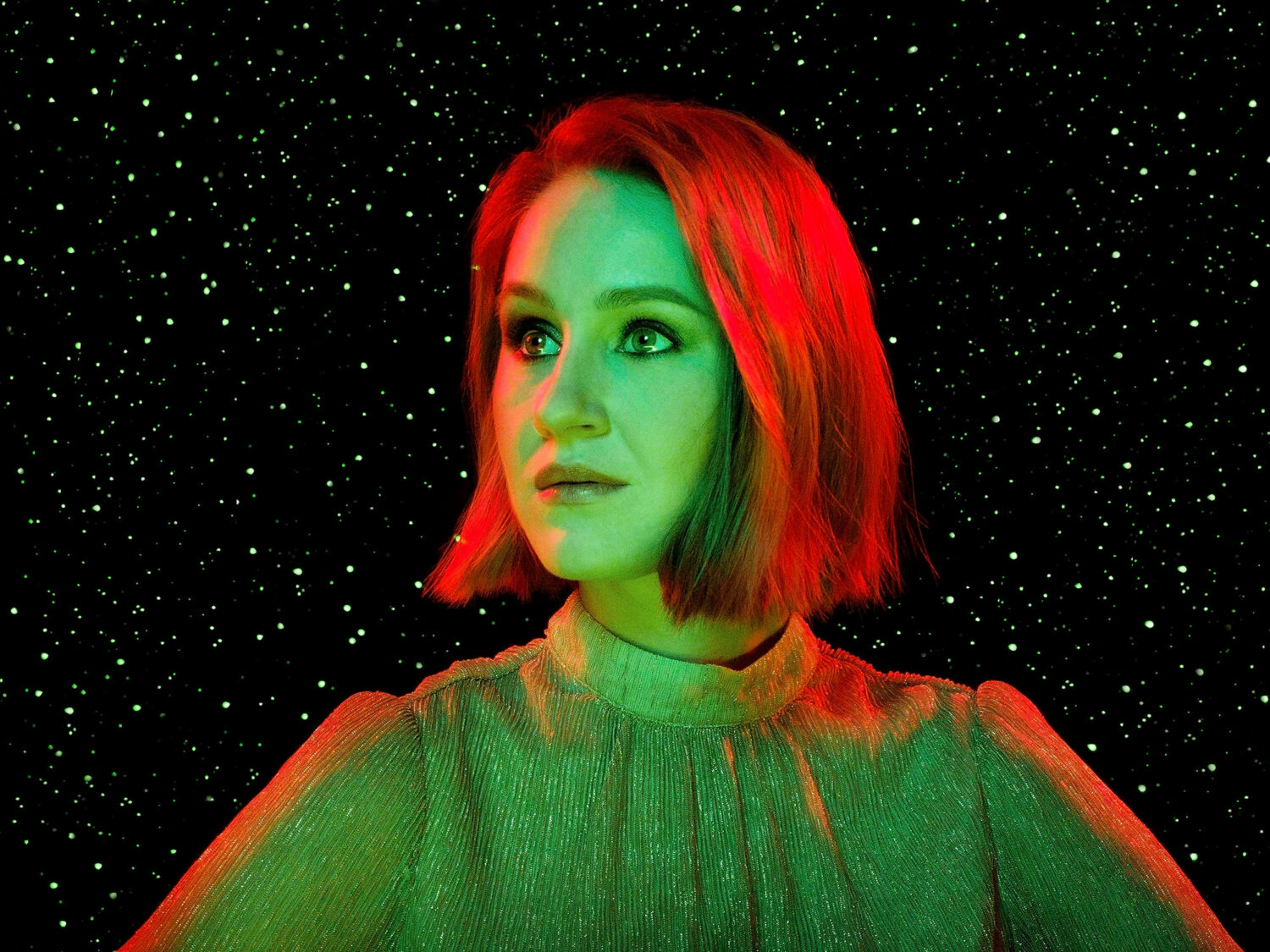
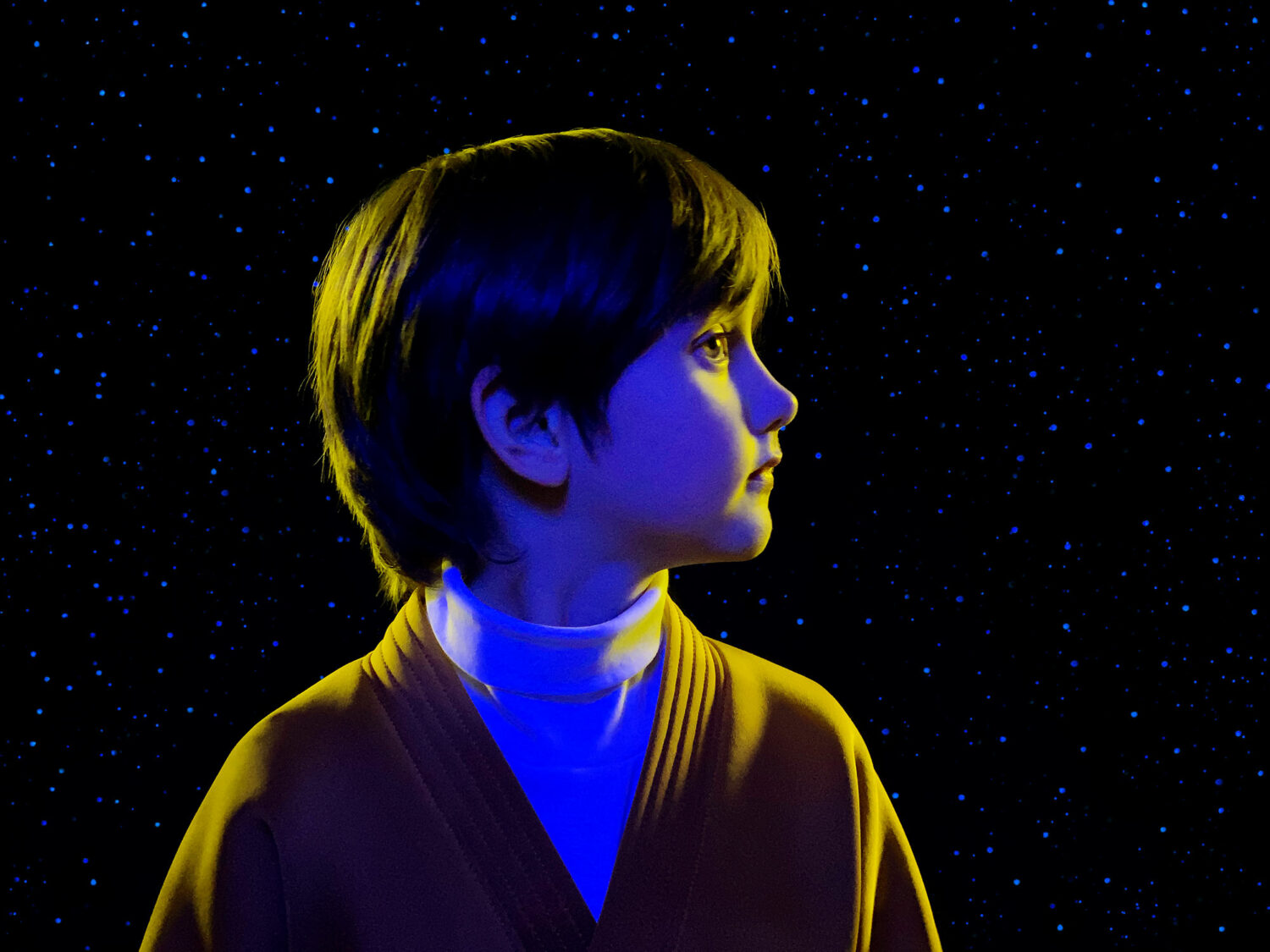
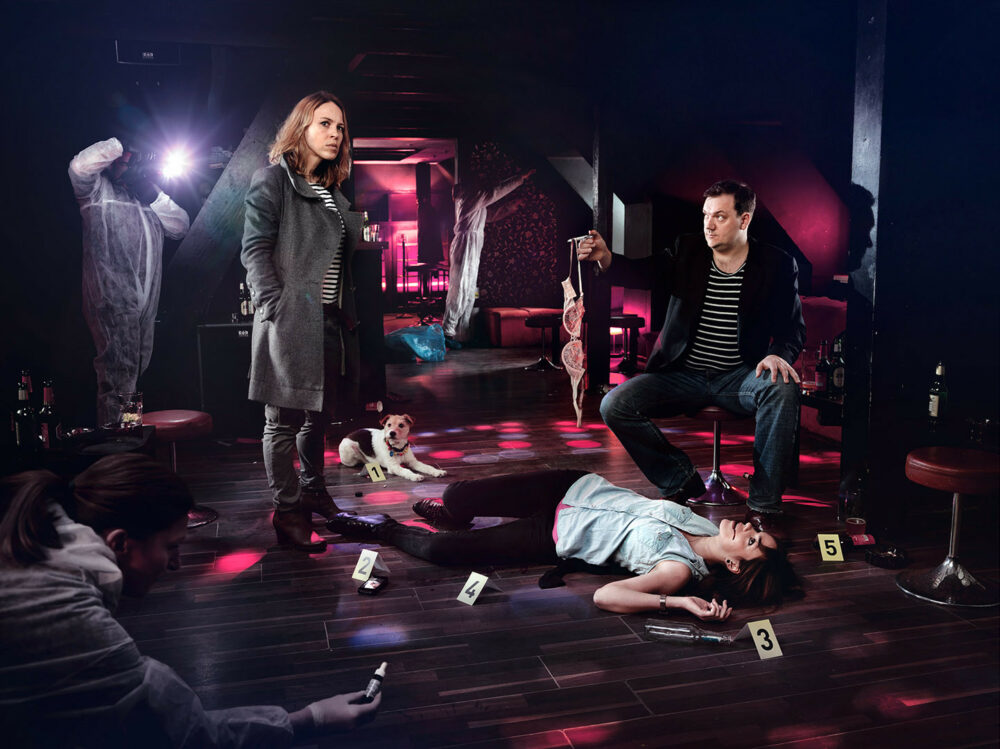
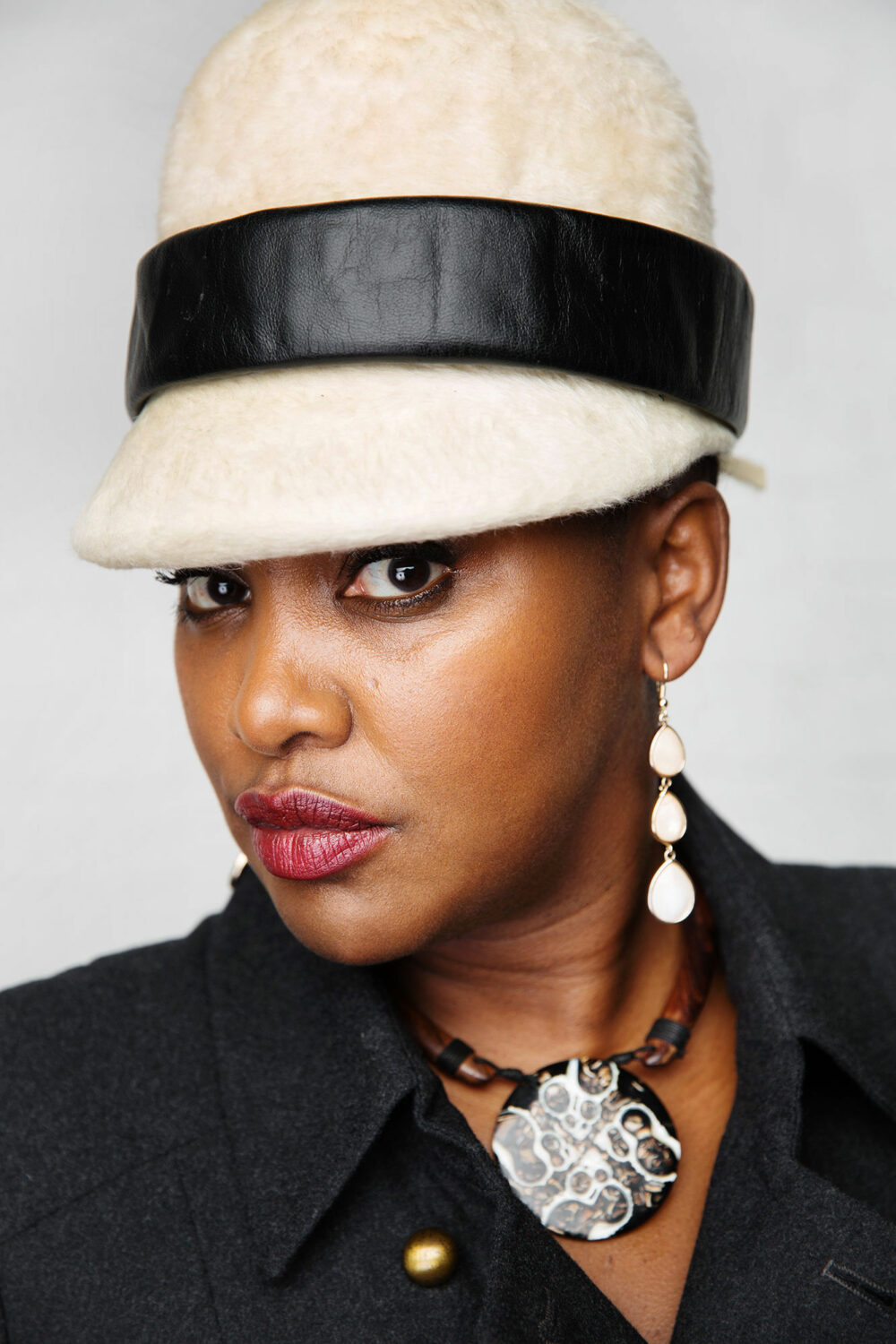
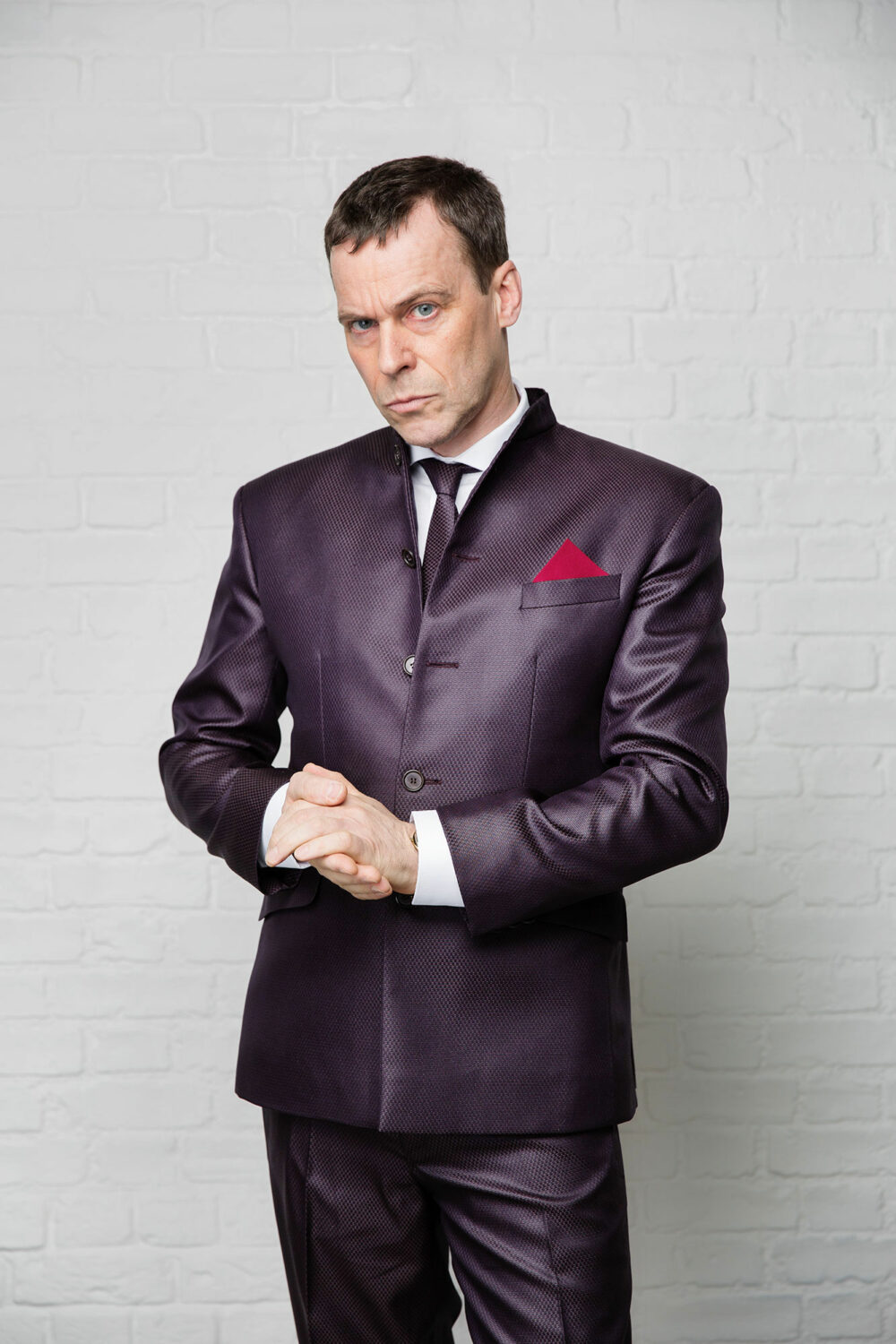
VIP Portraits,
Staged,
Different Magazines
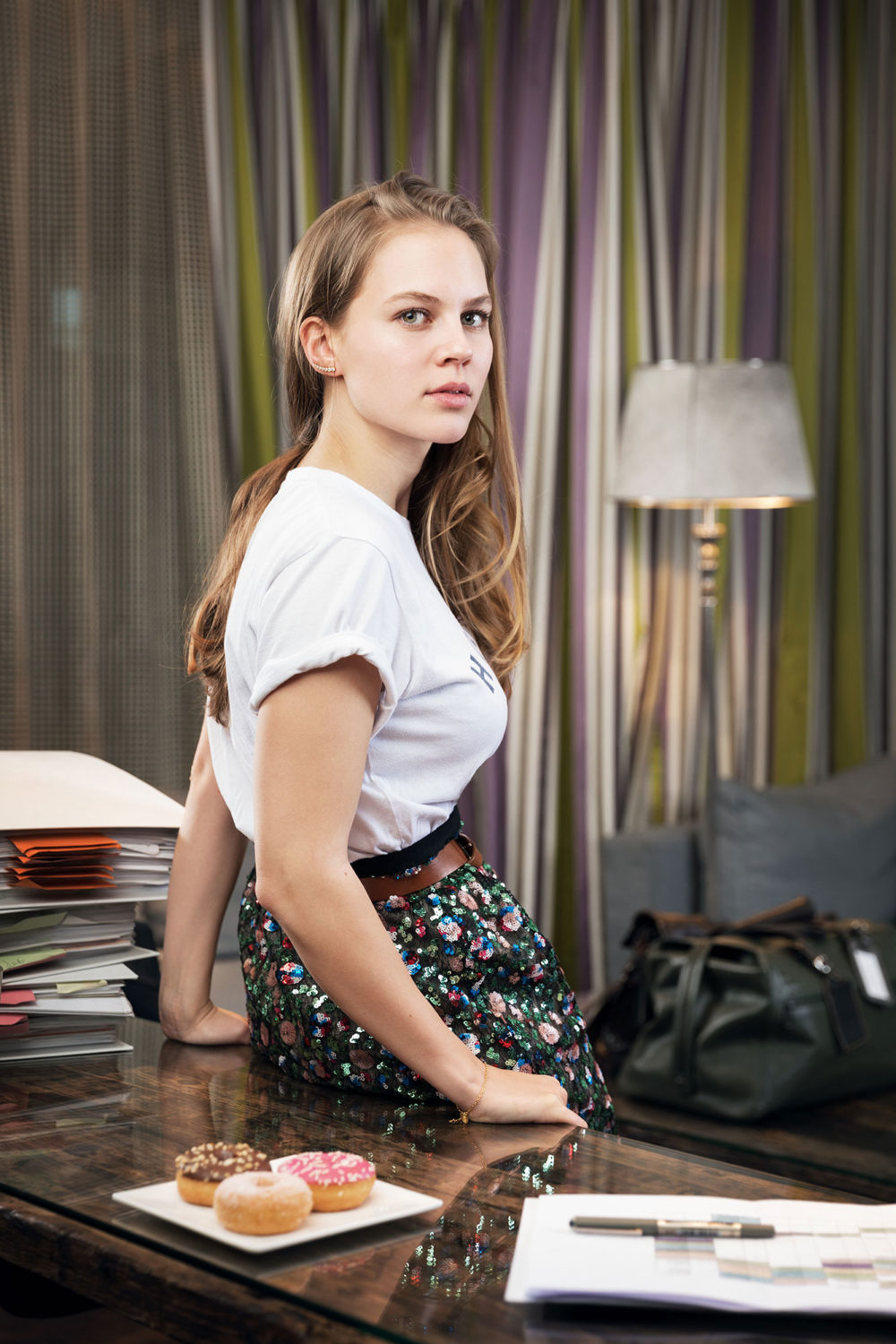
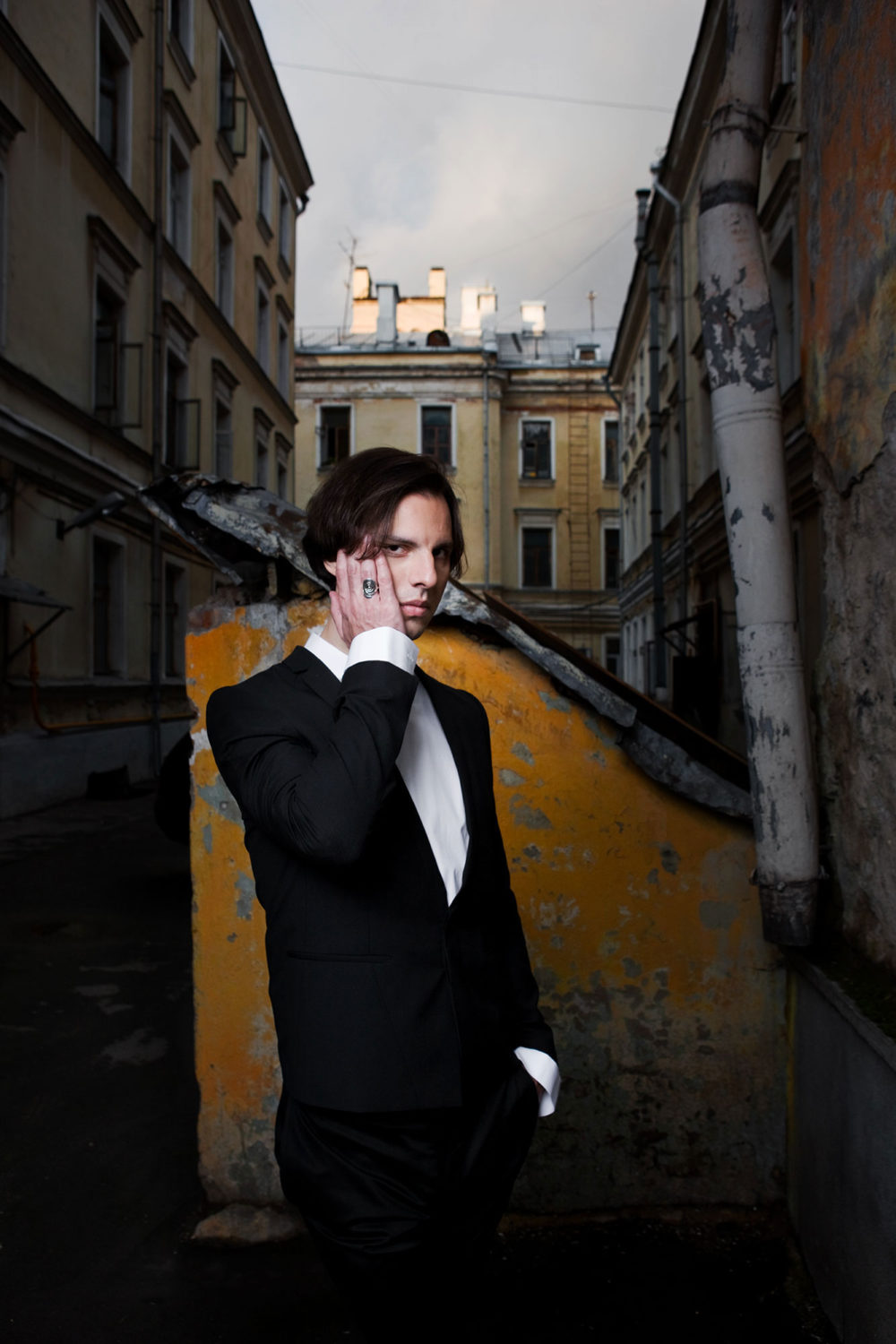
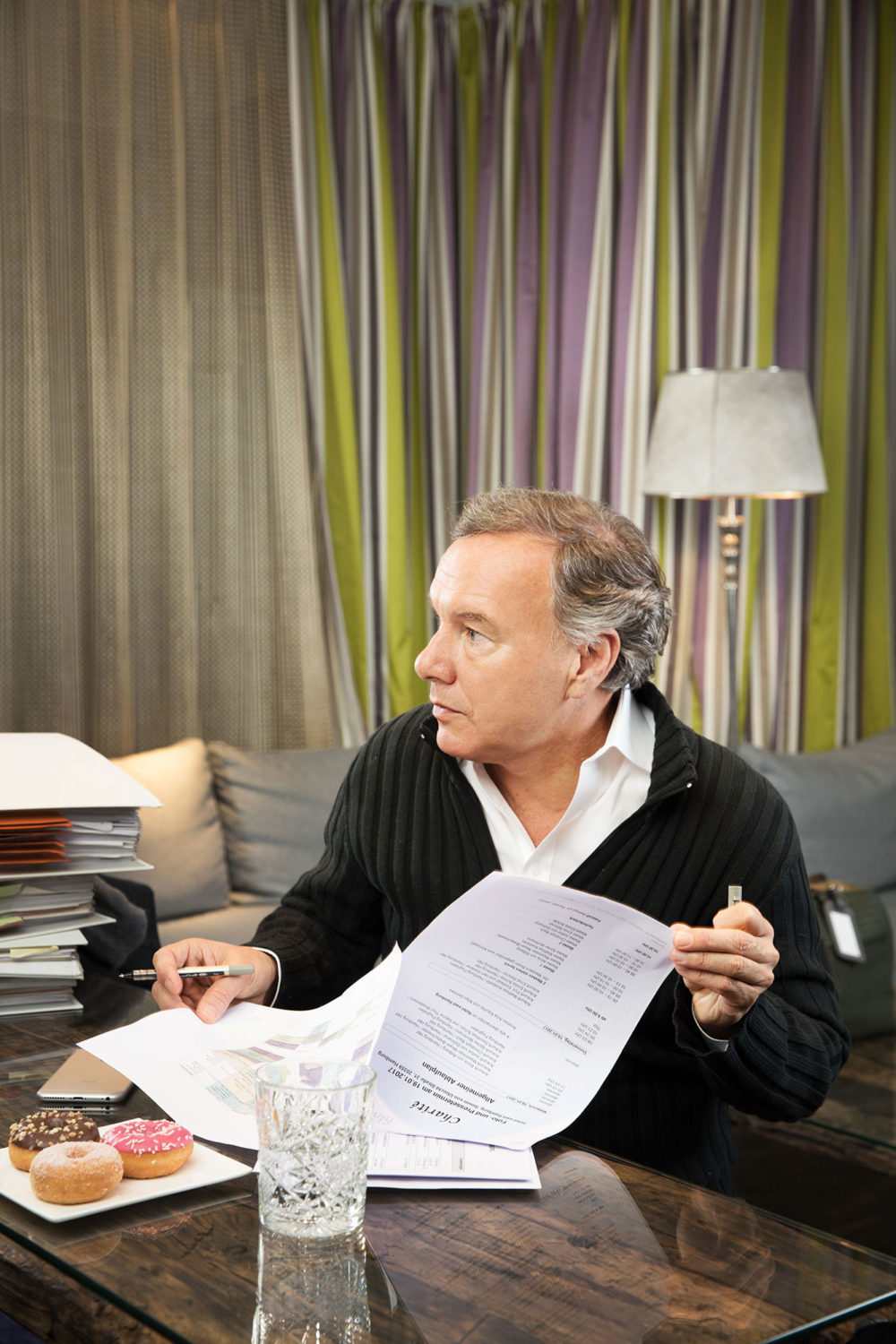
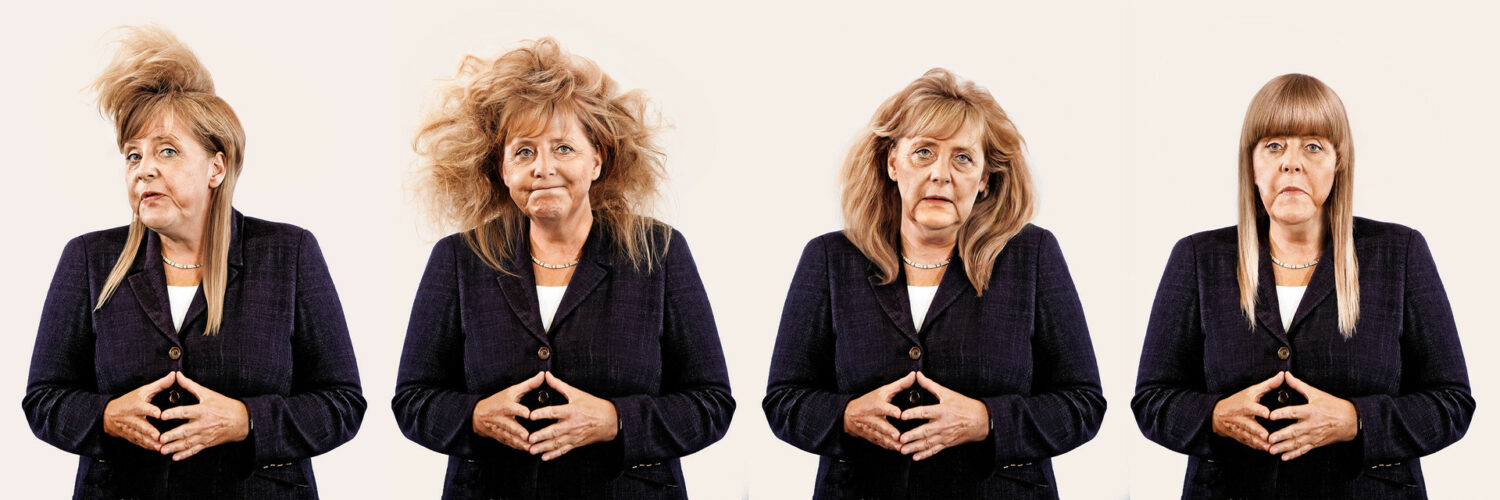
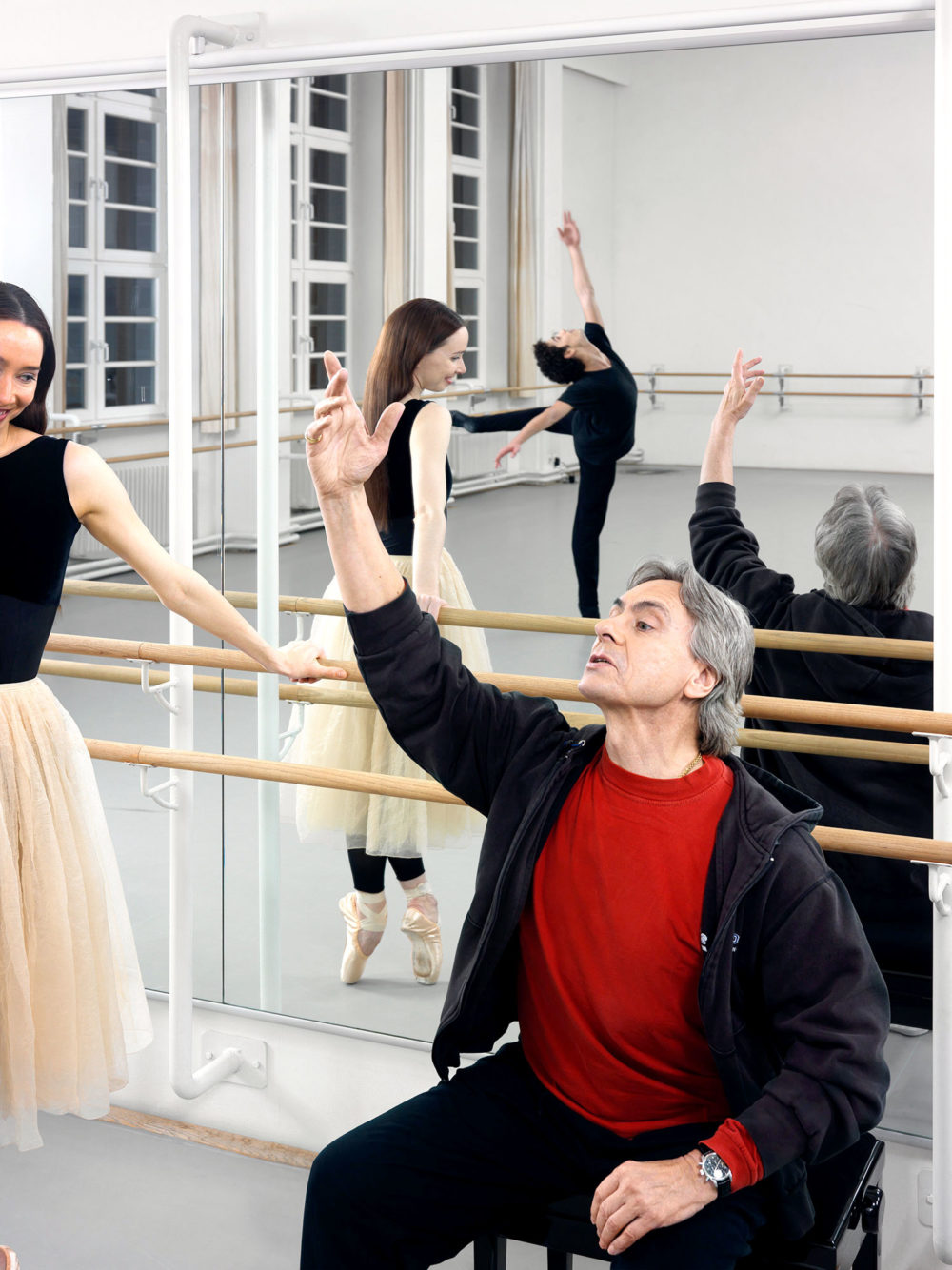
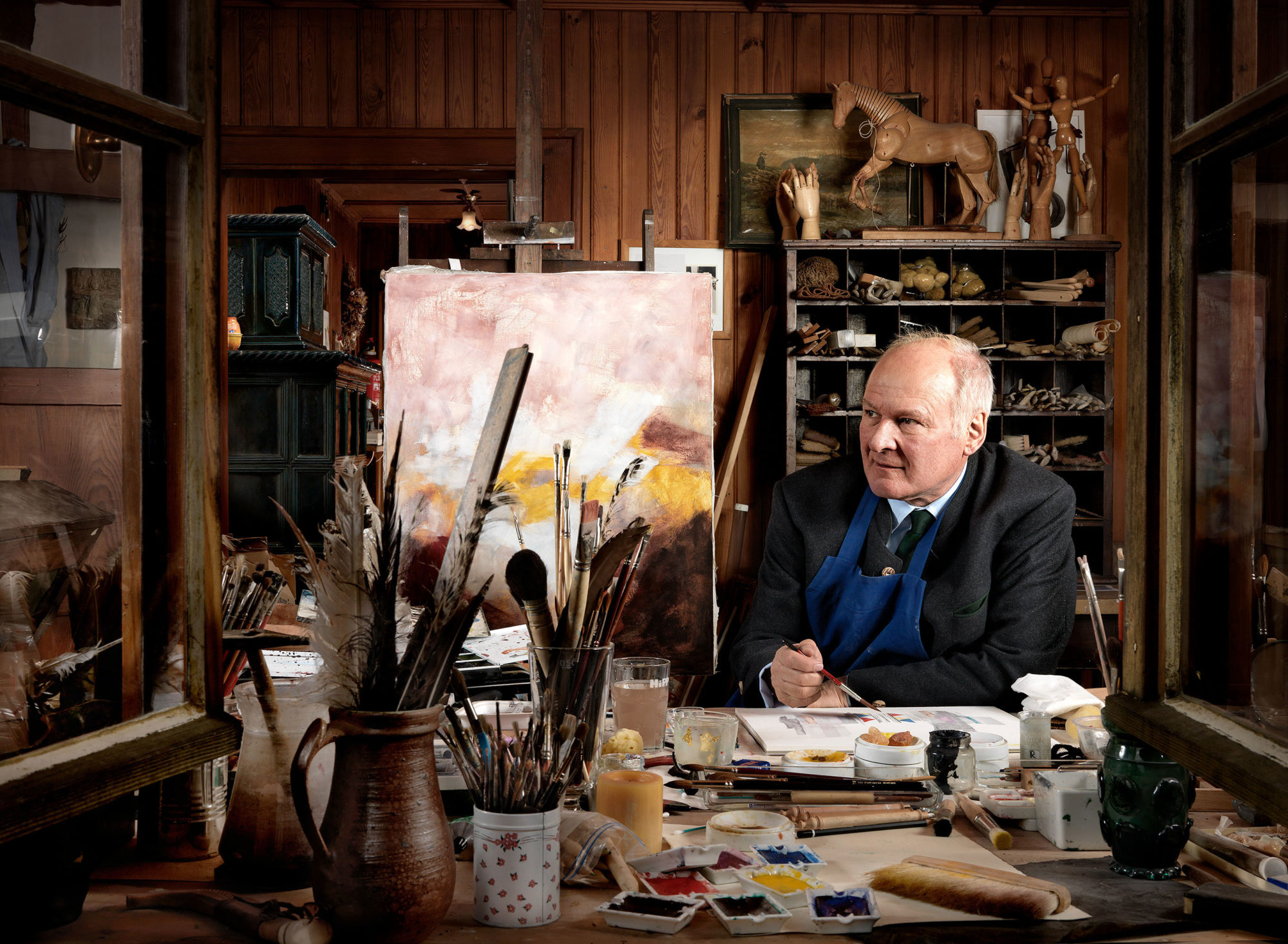
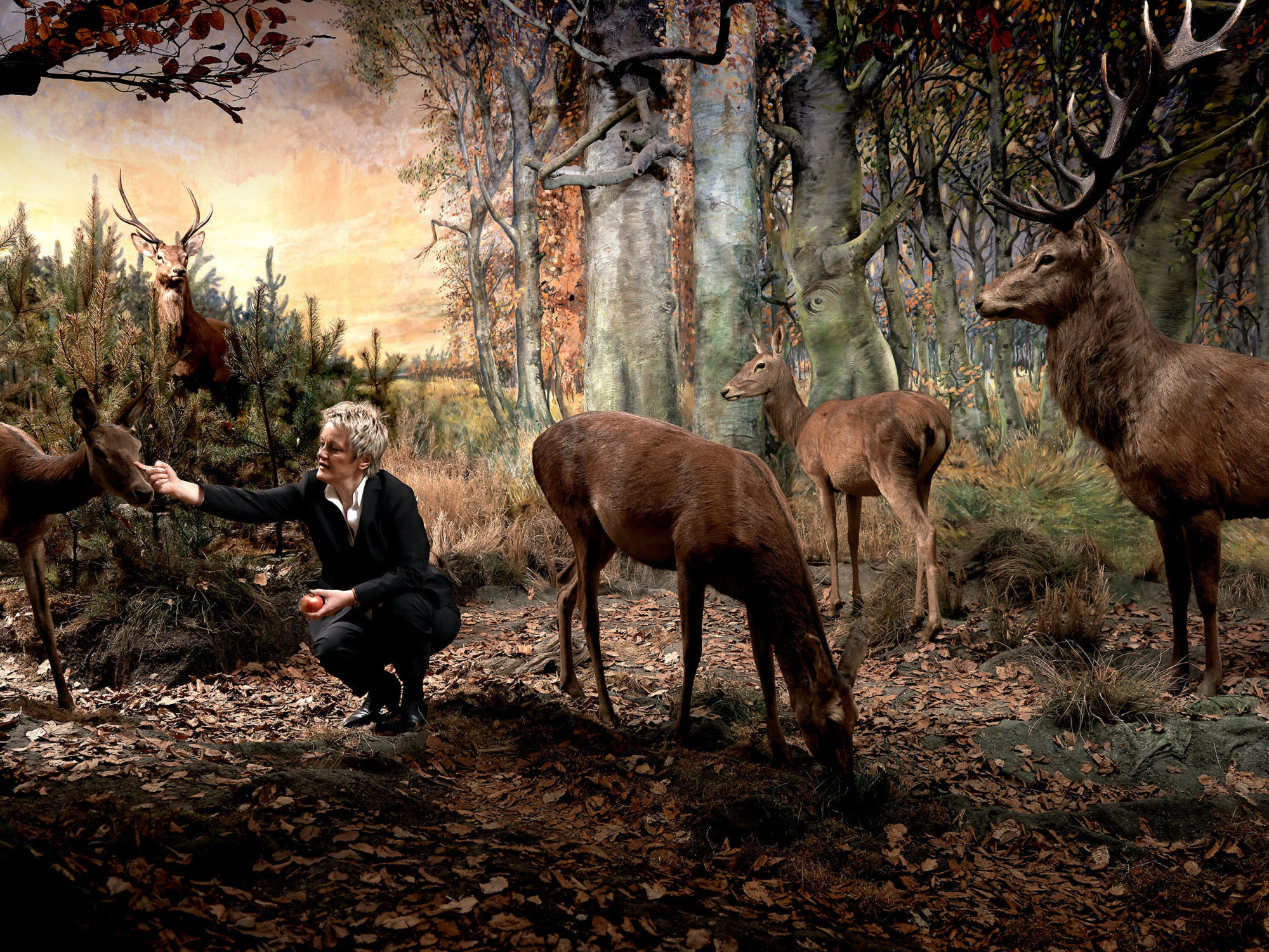
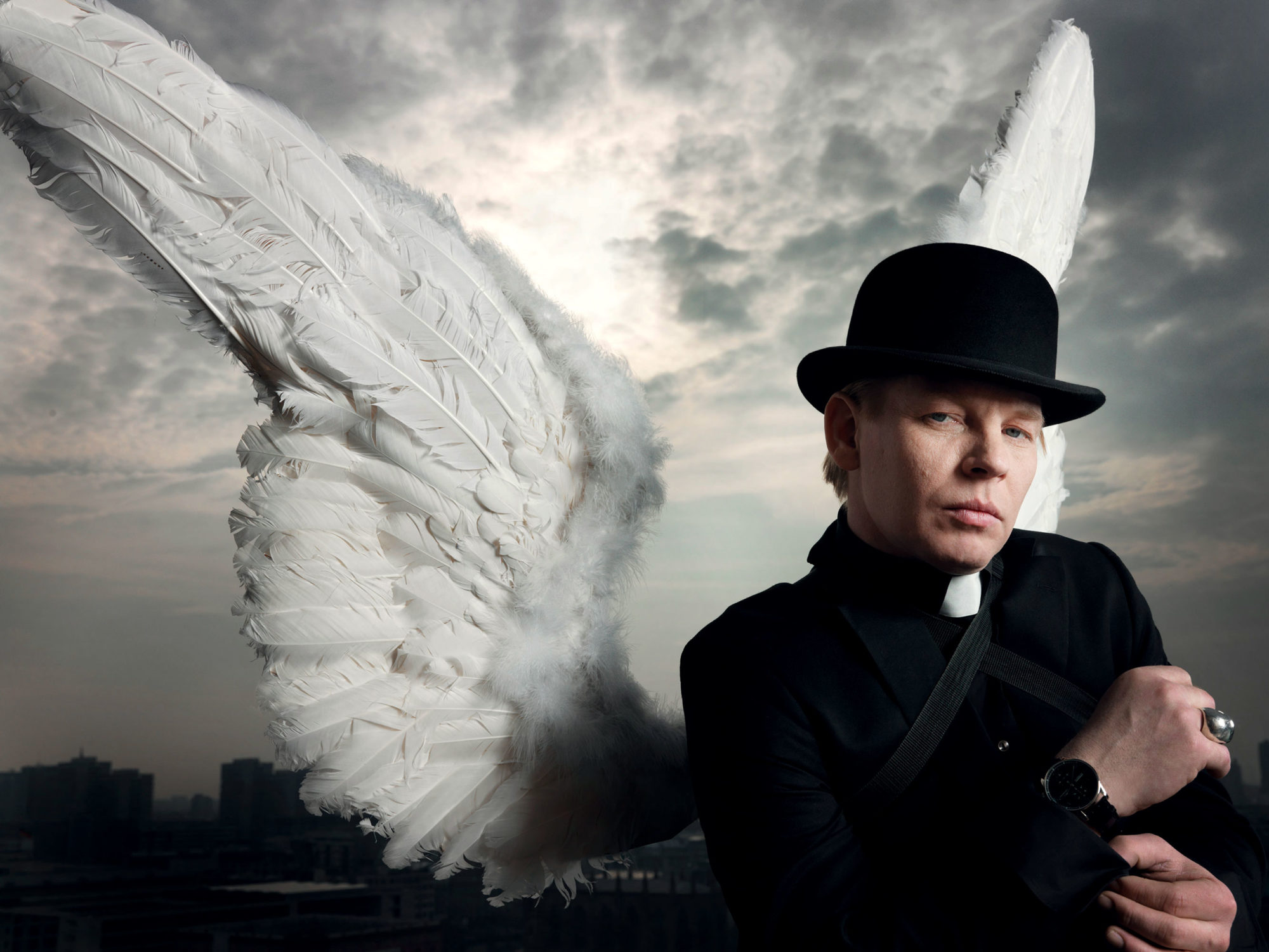

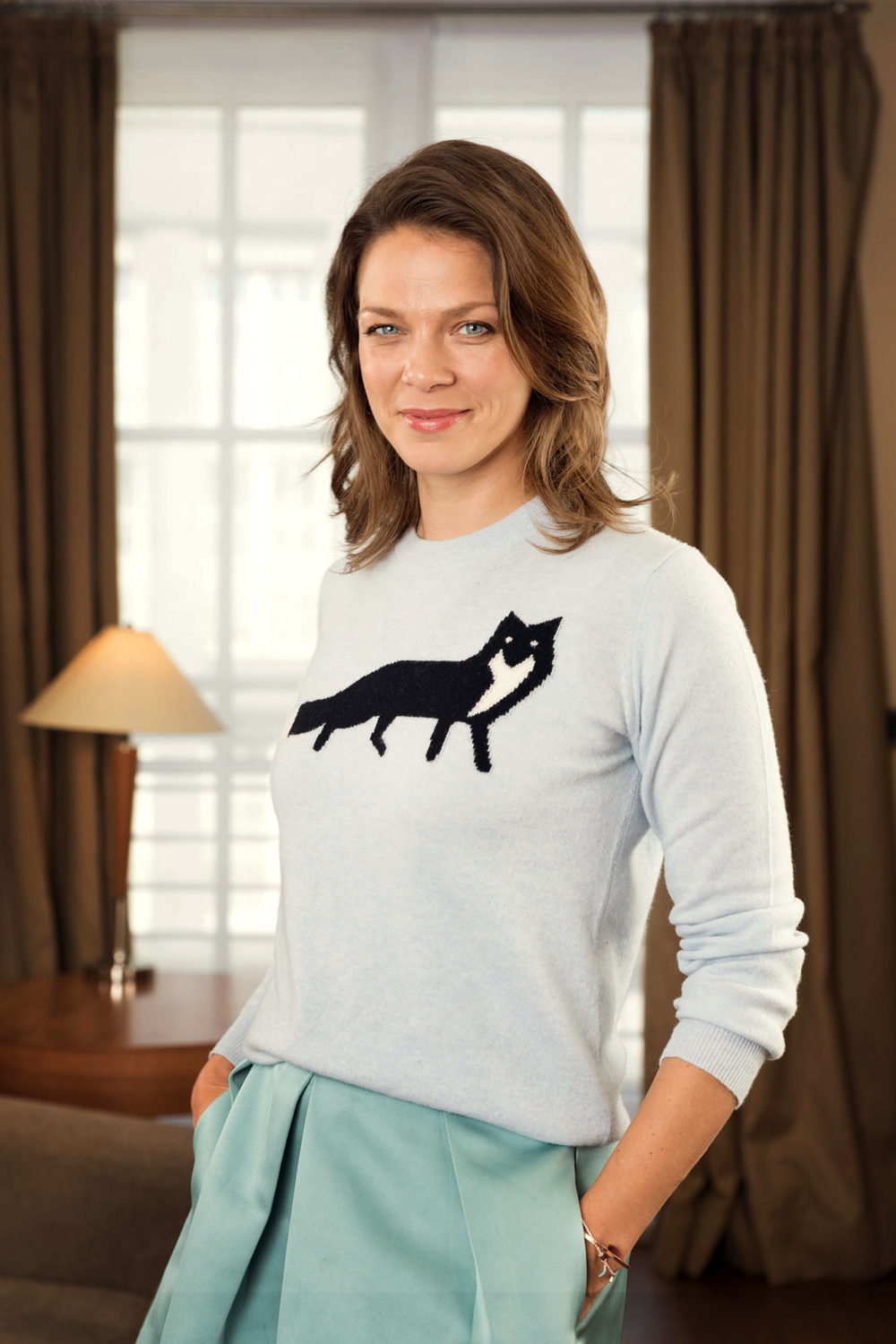


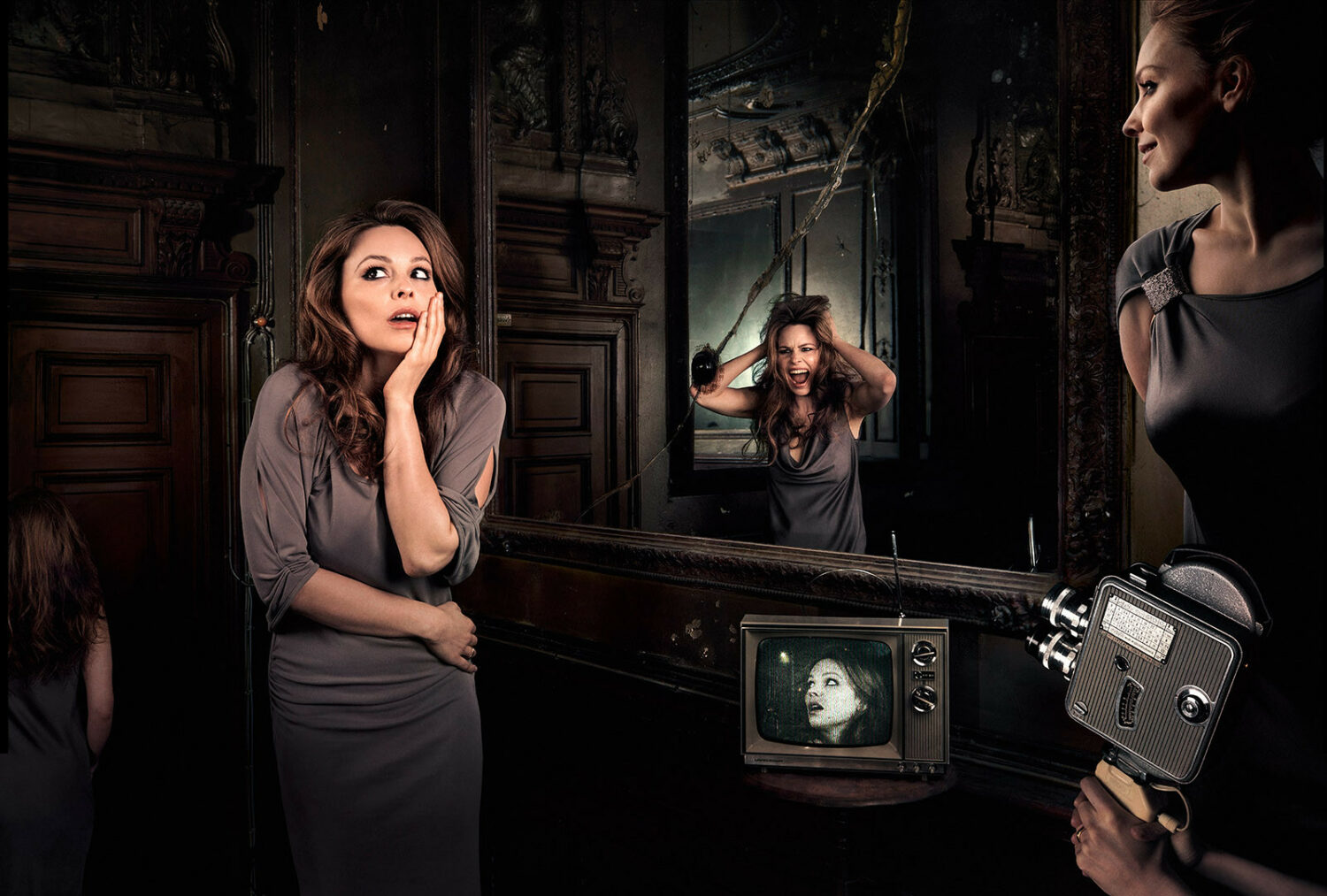


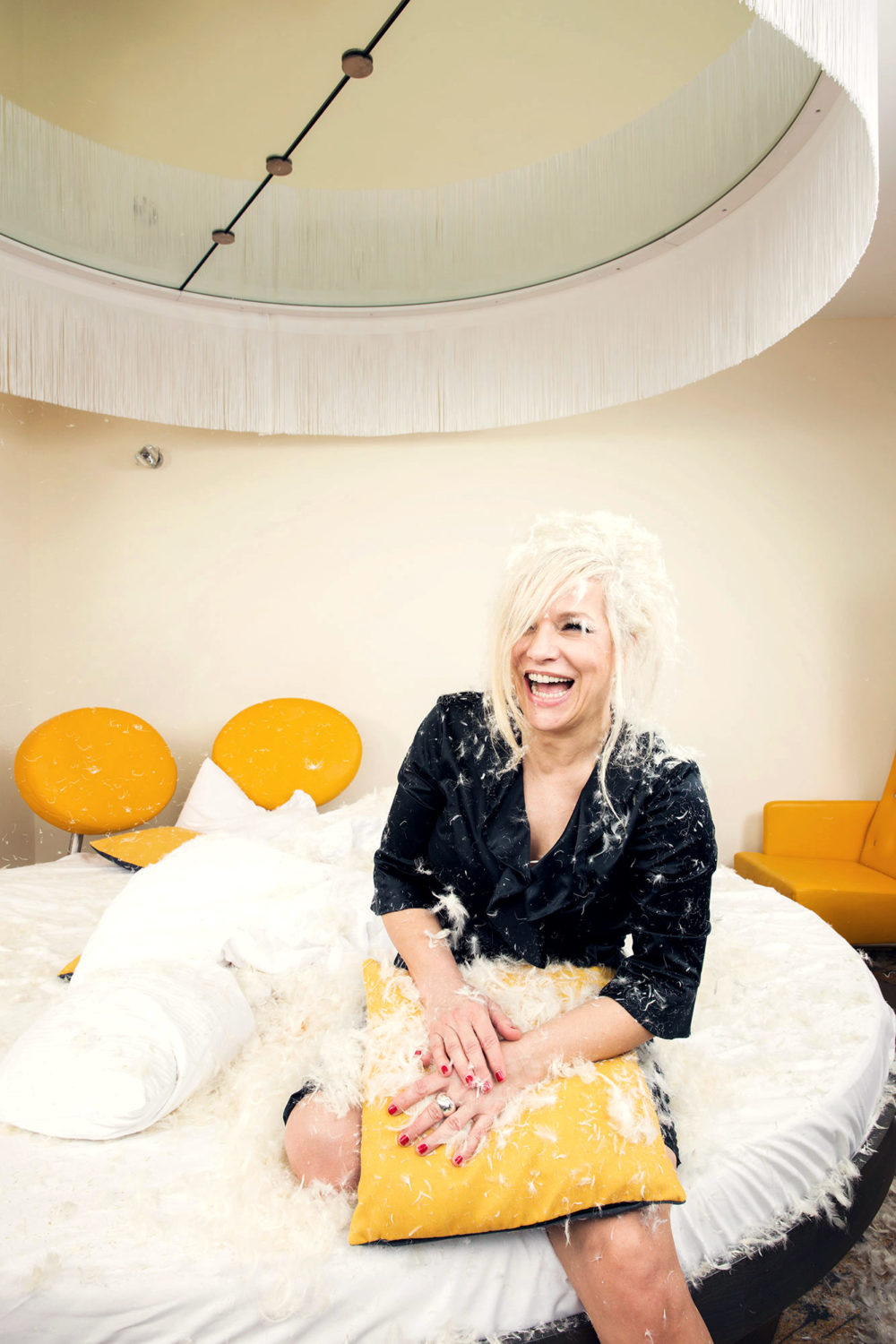
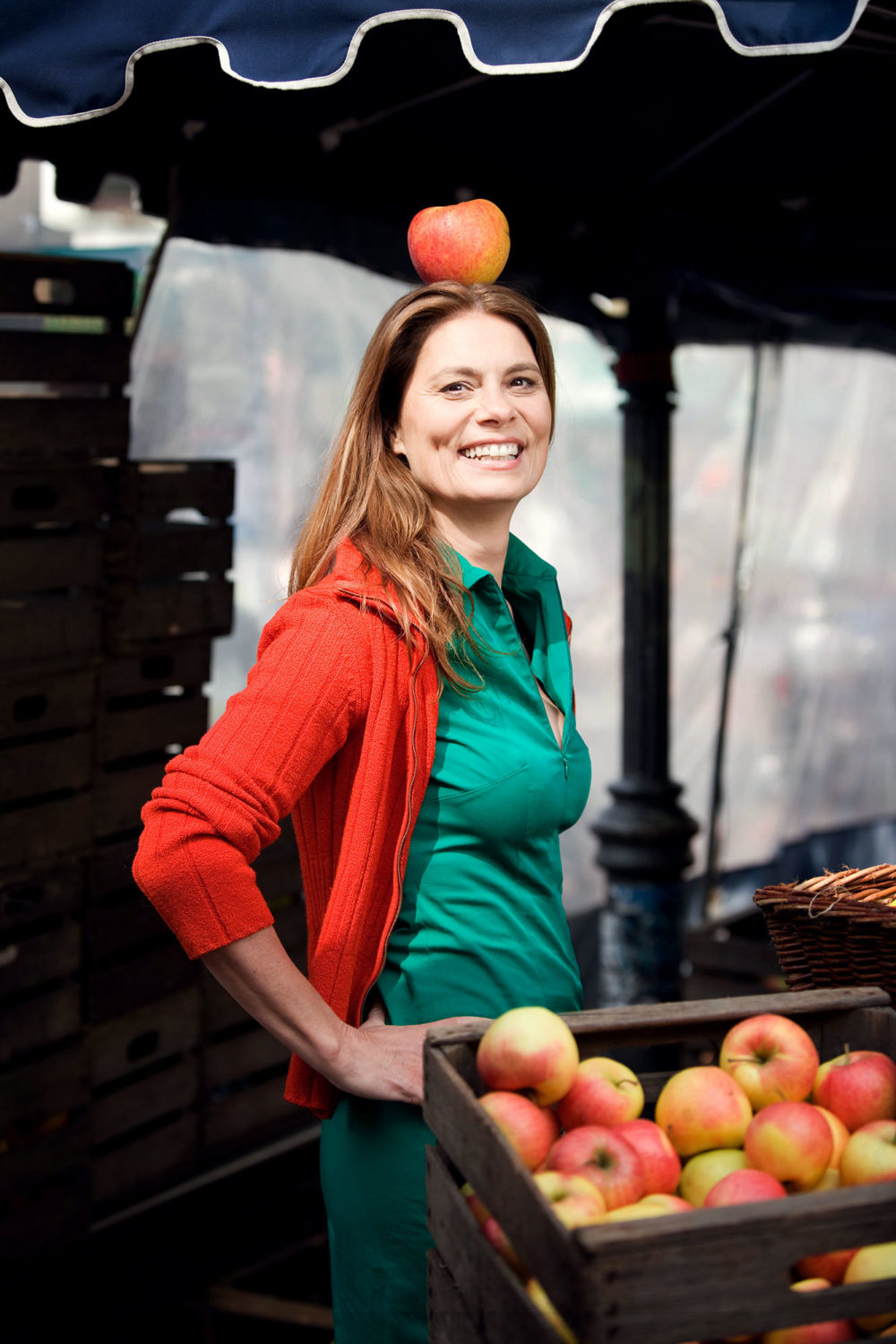

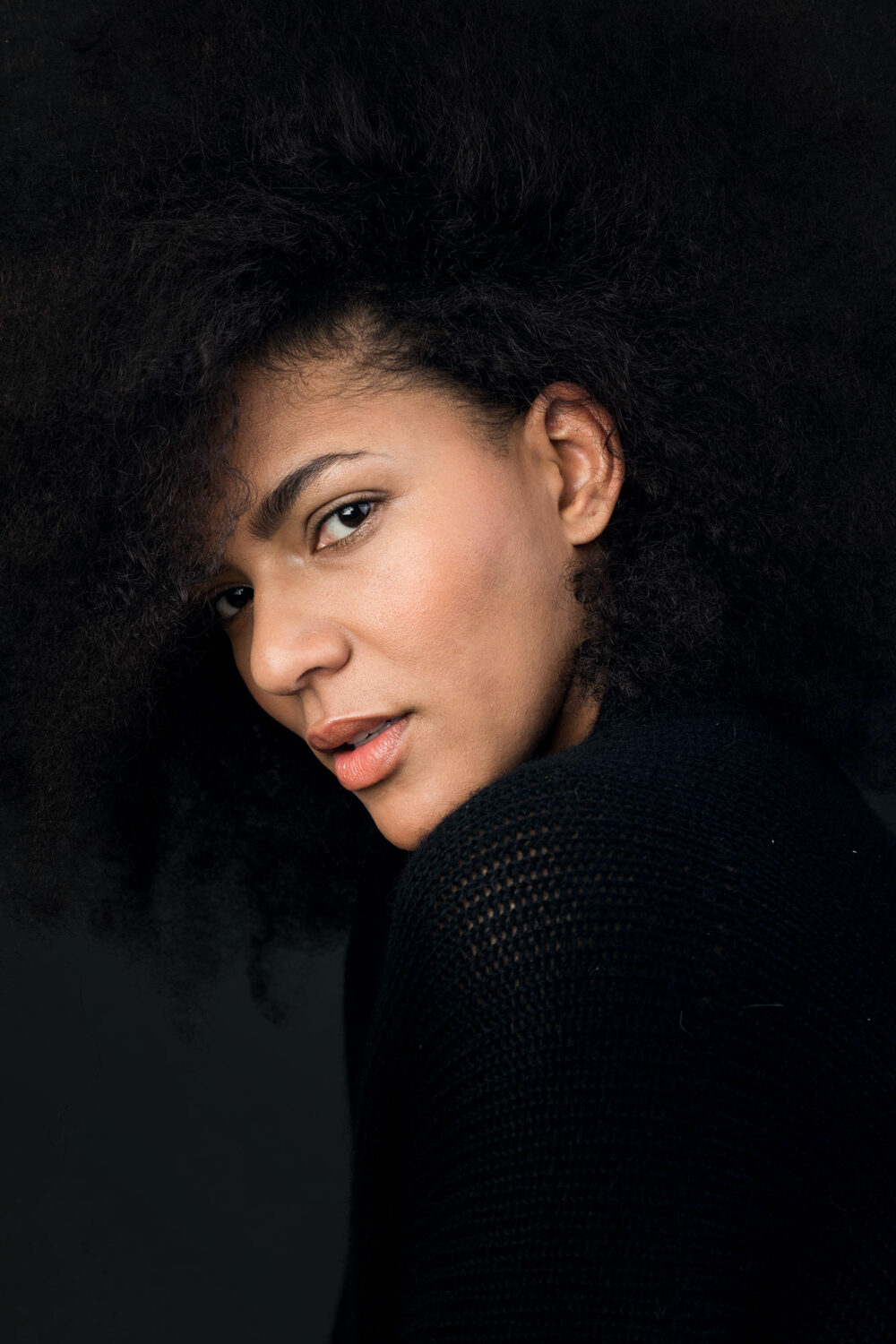
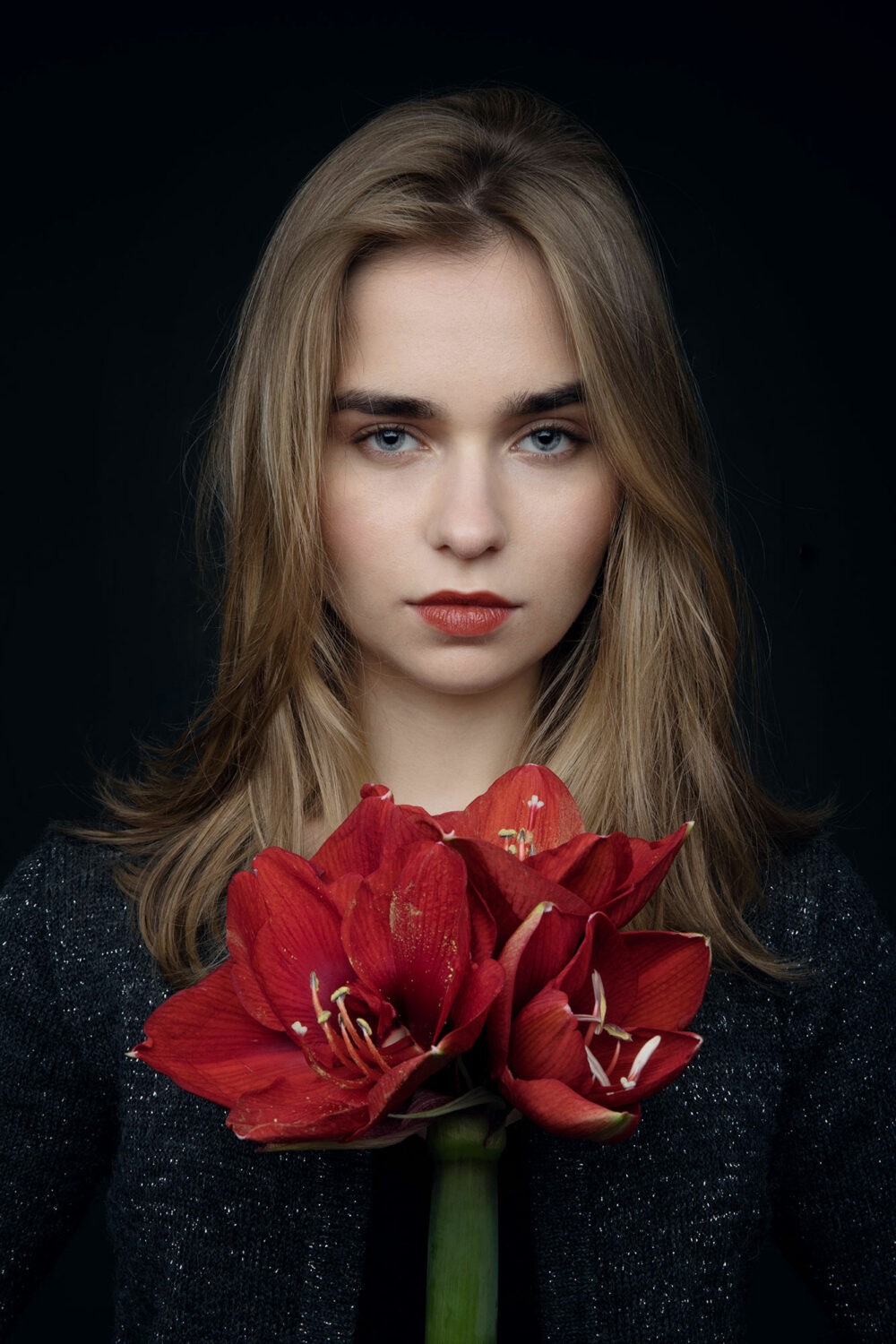
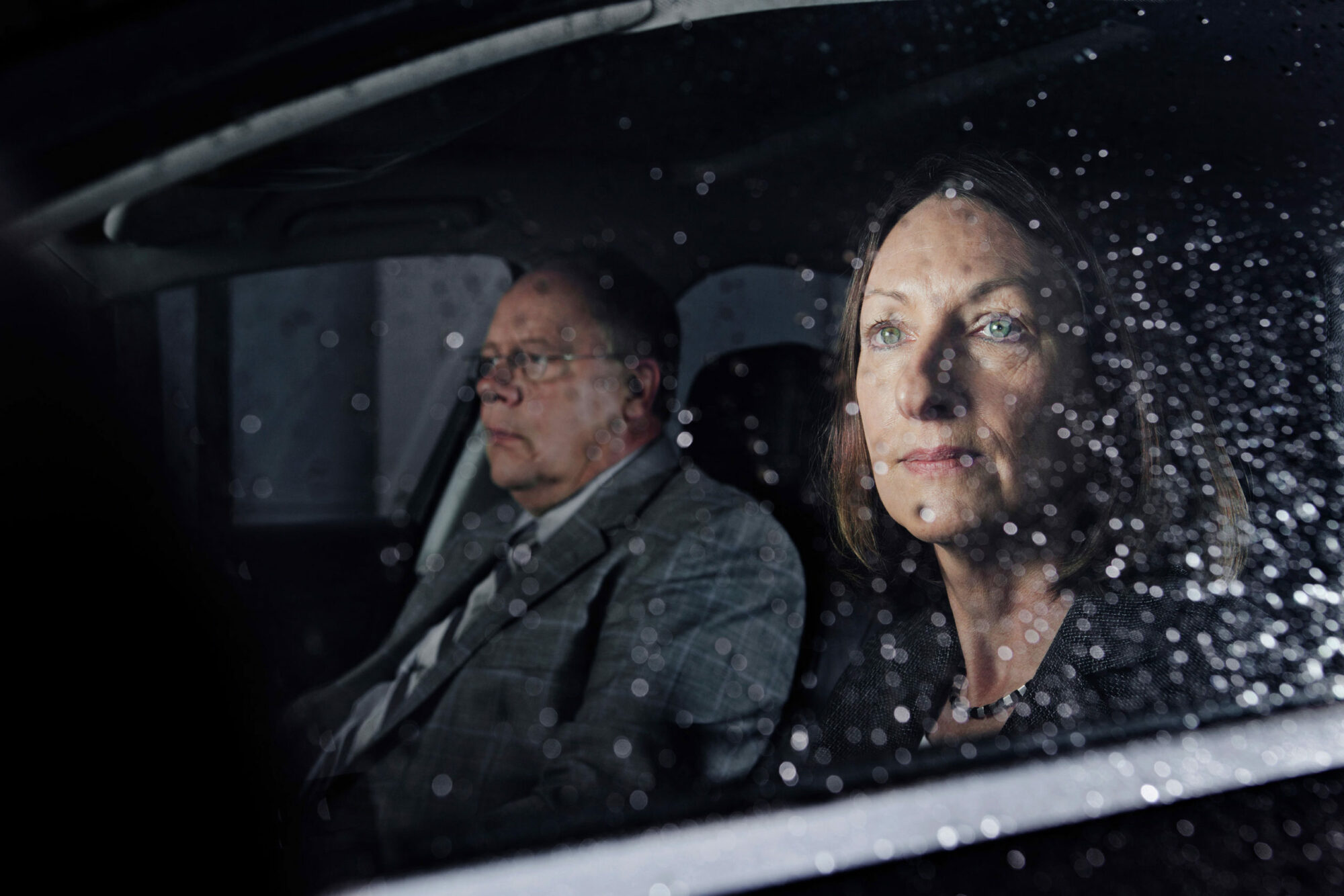
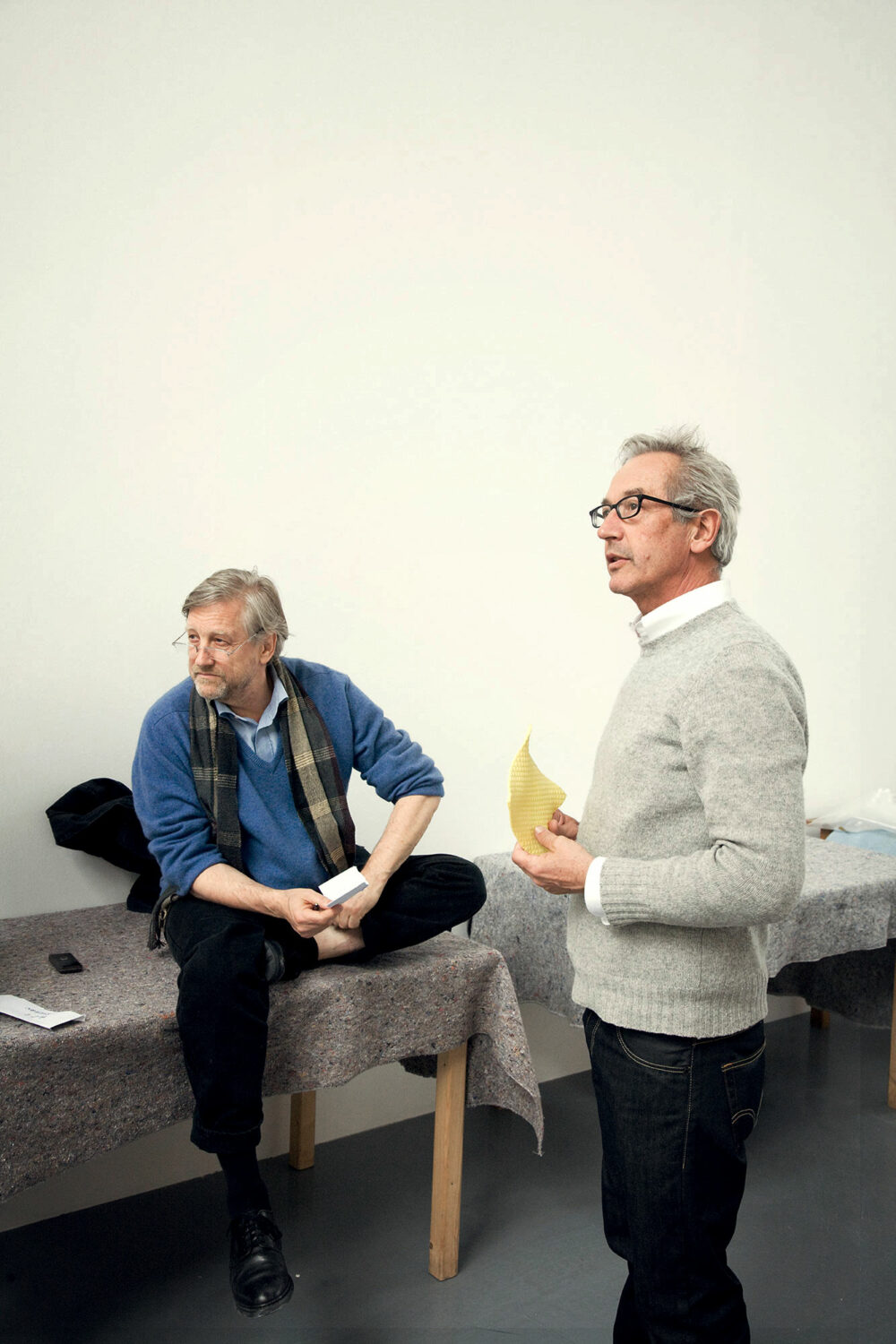
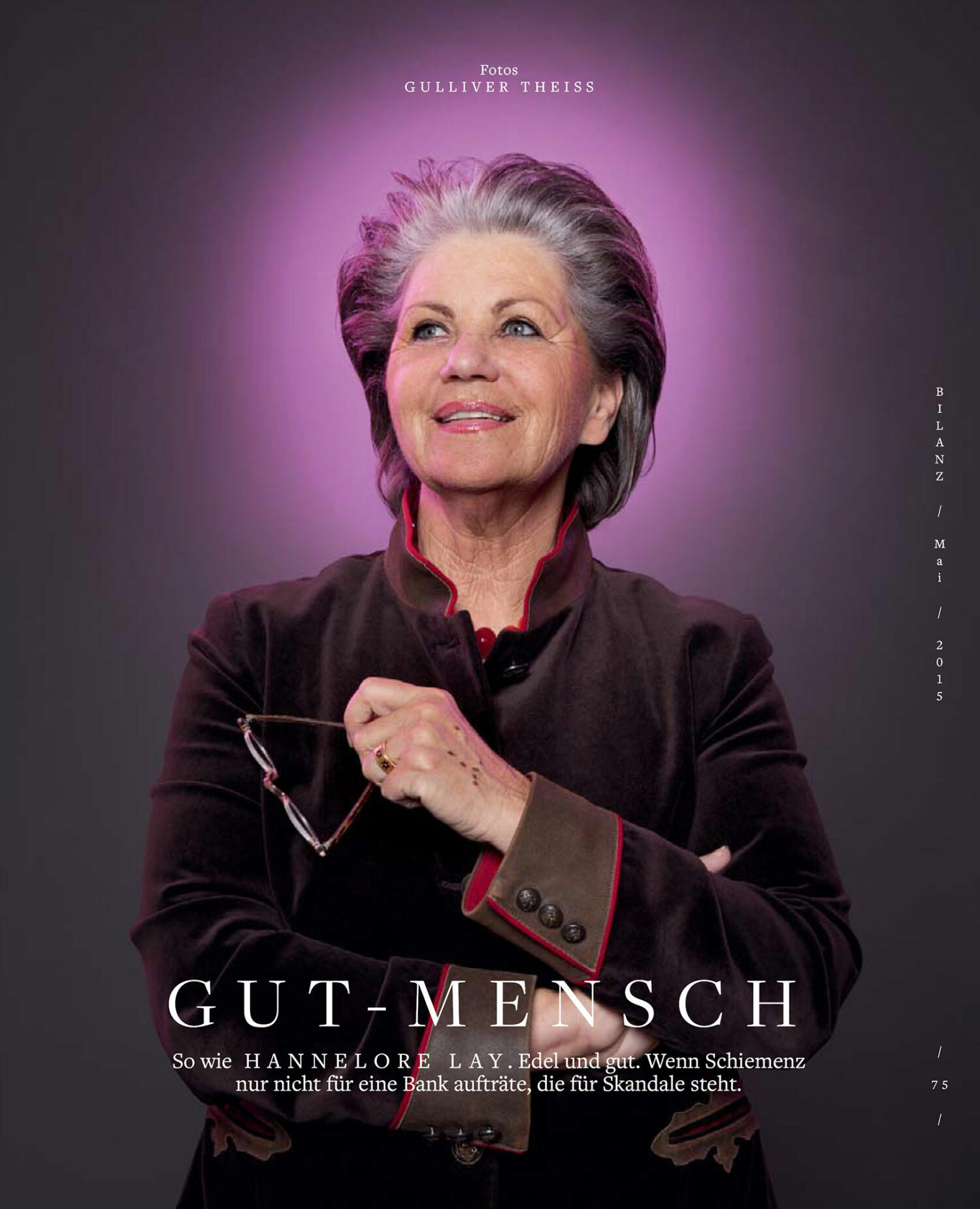
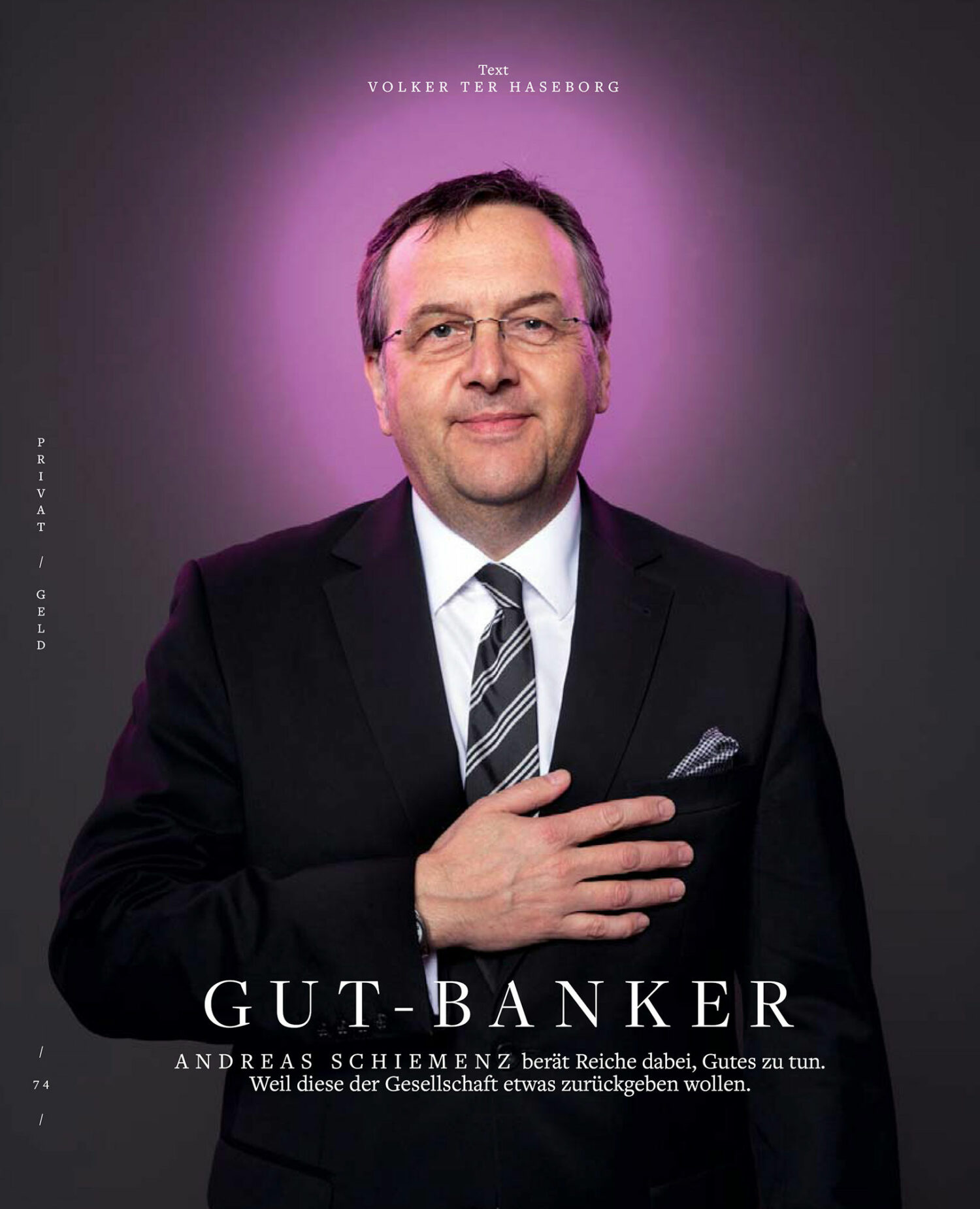
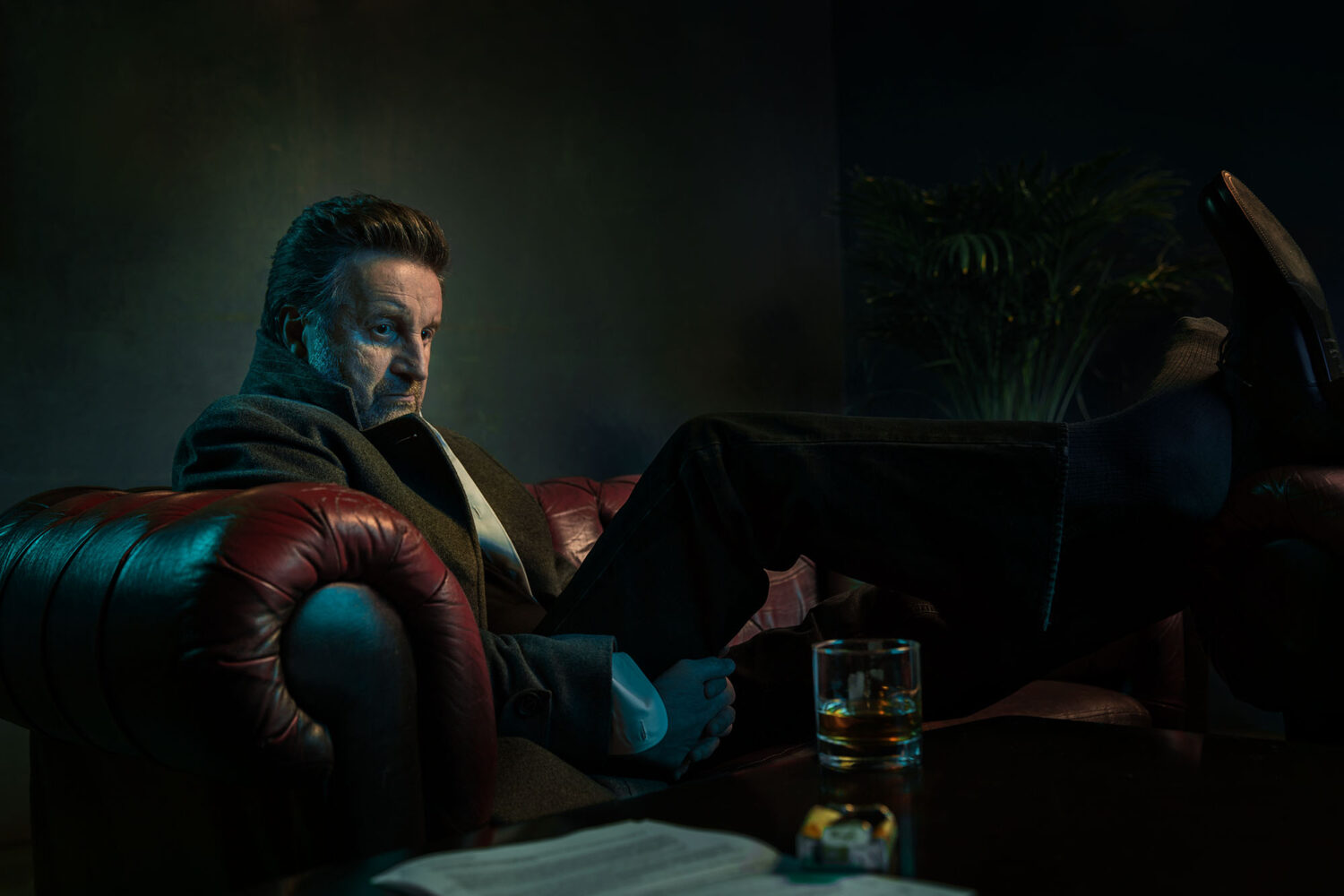

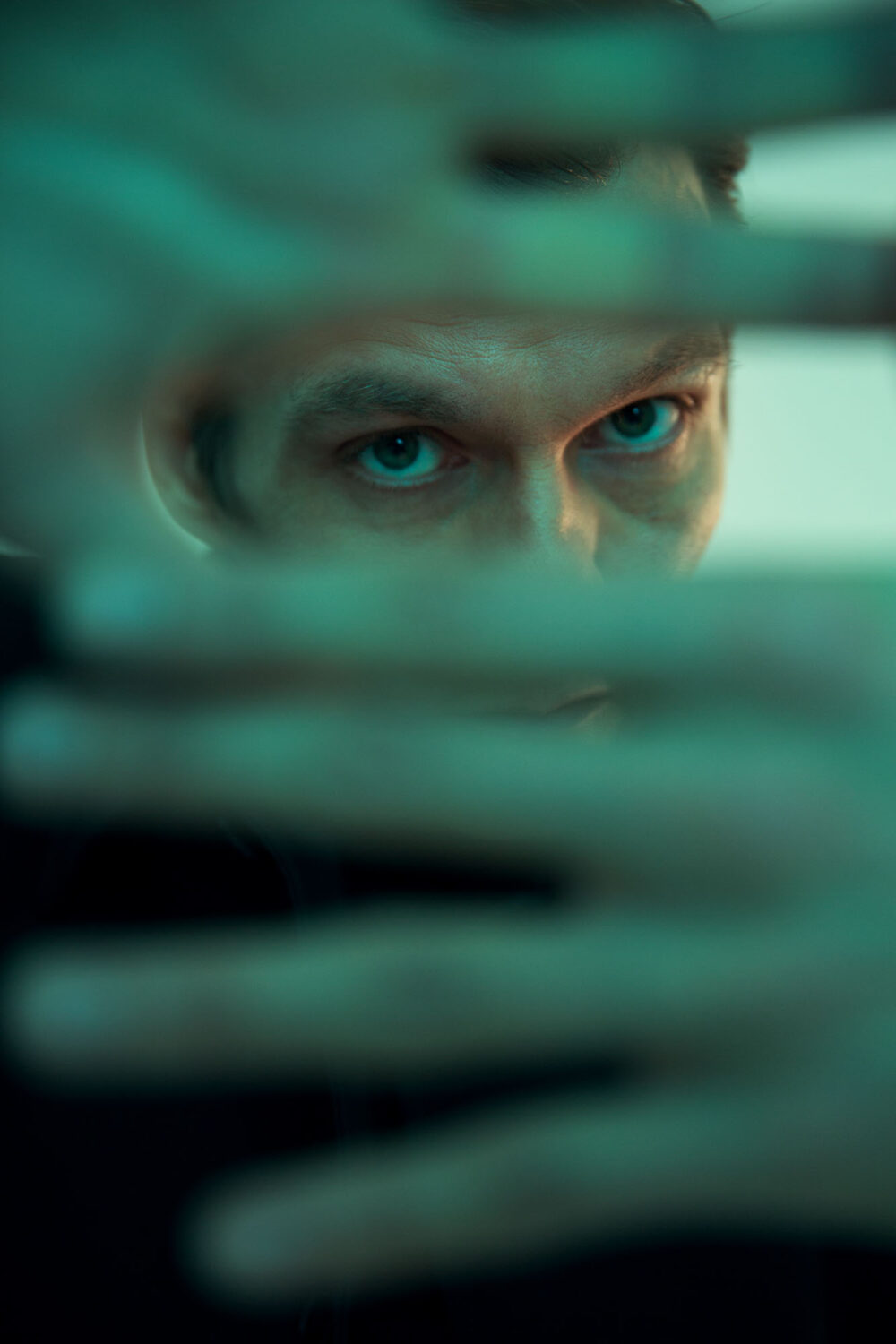
Portraits,
Interview Magazin
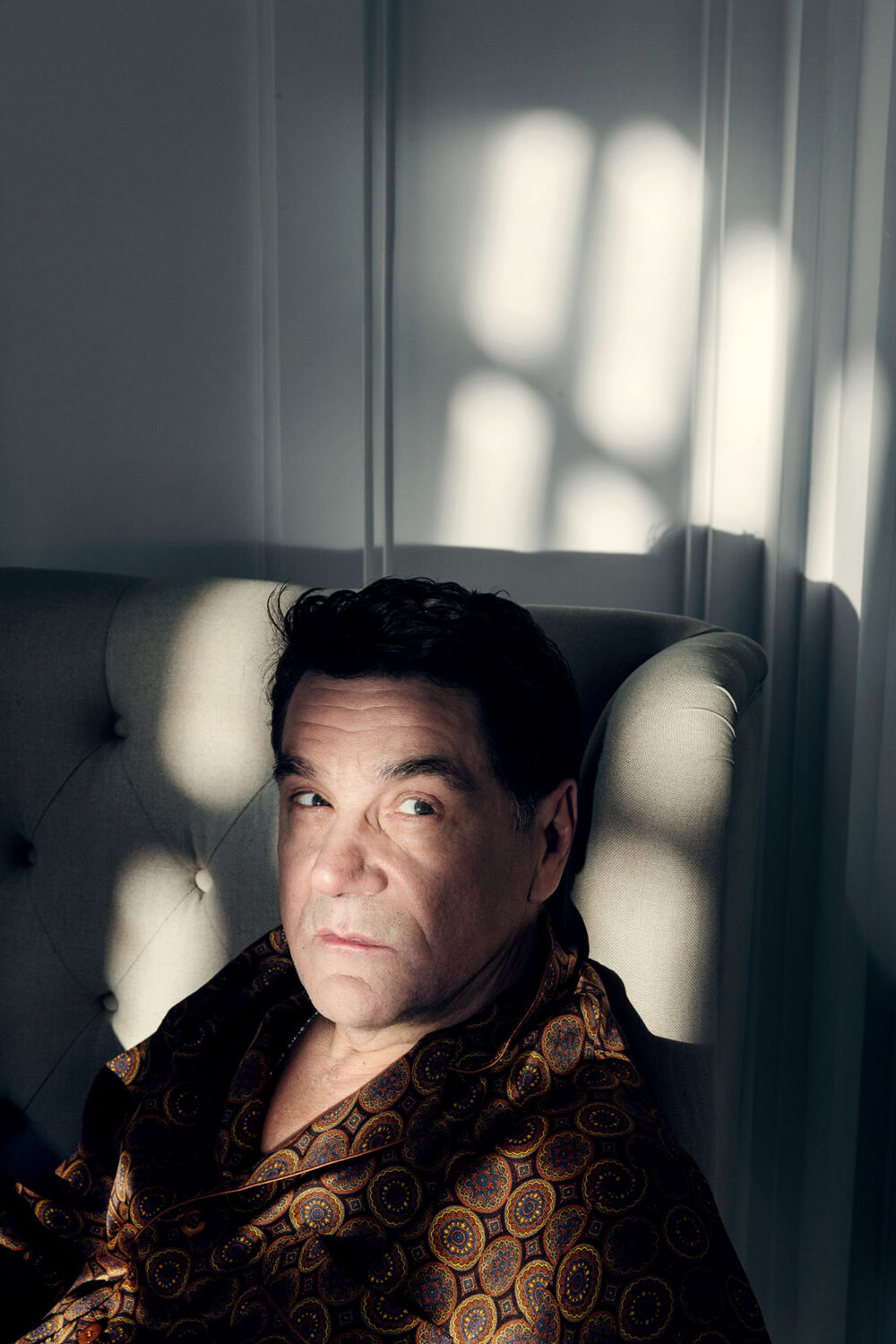
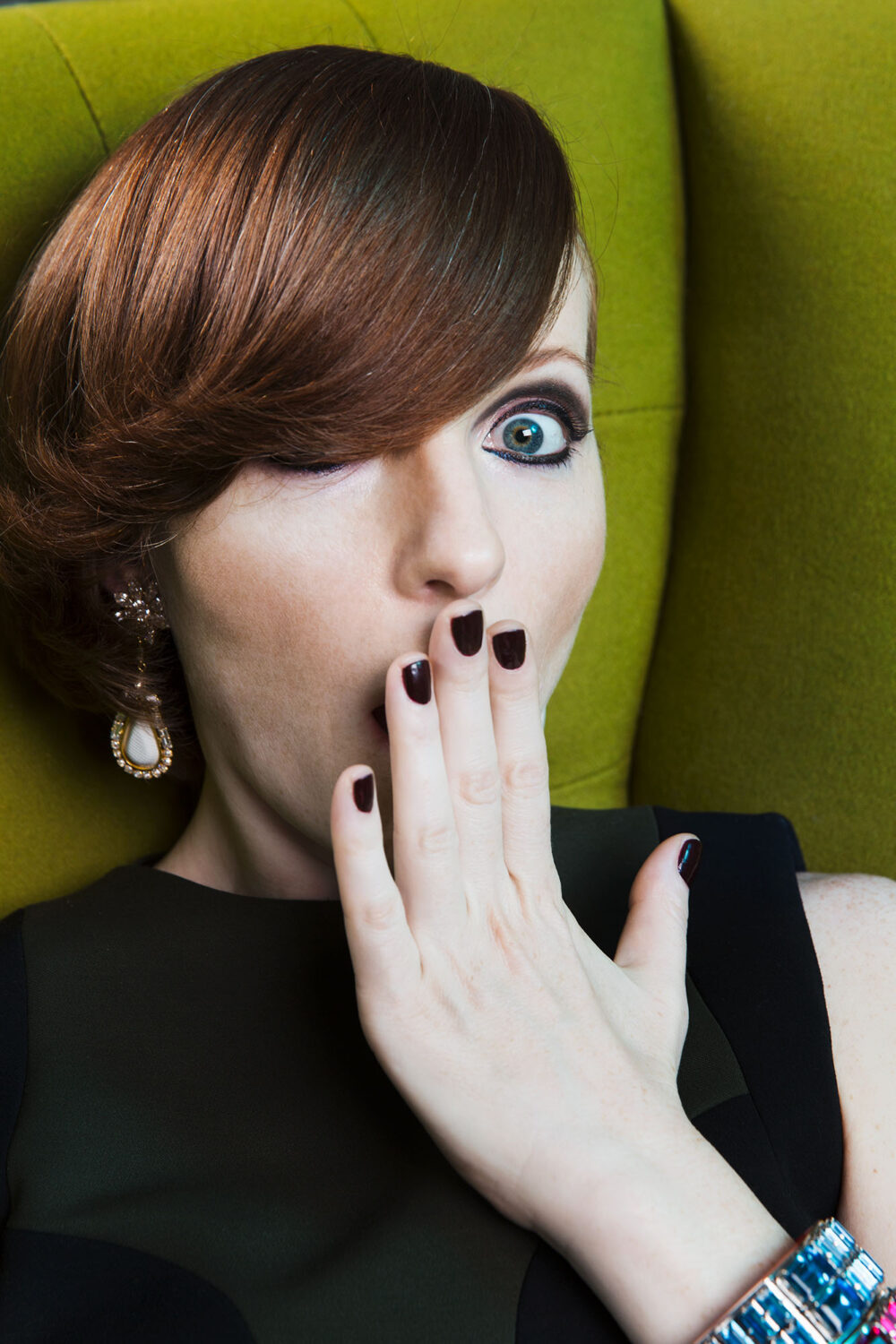
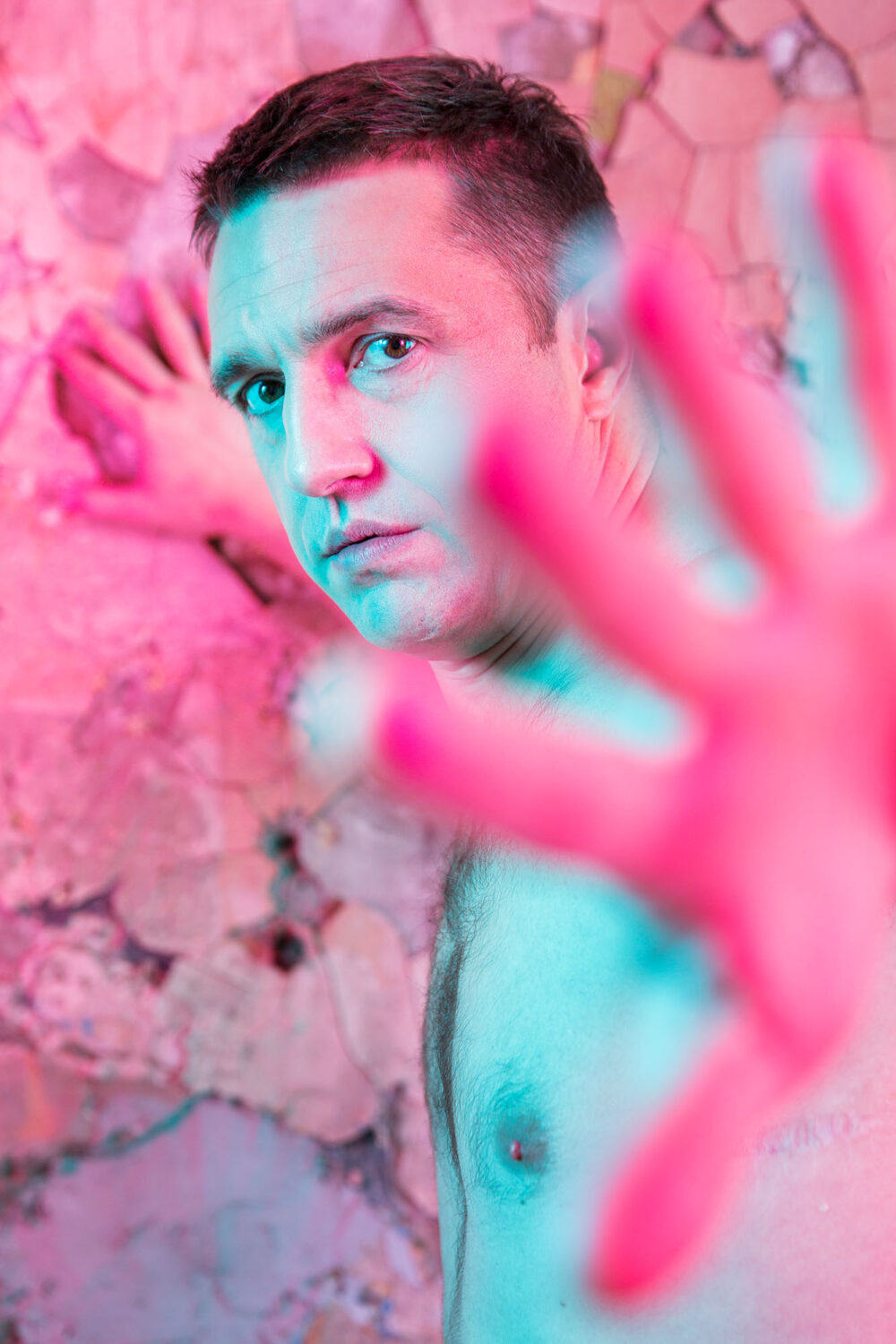

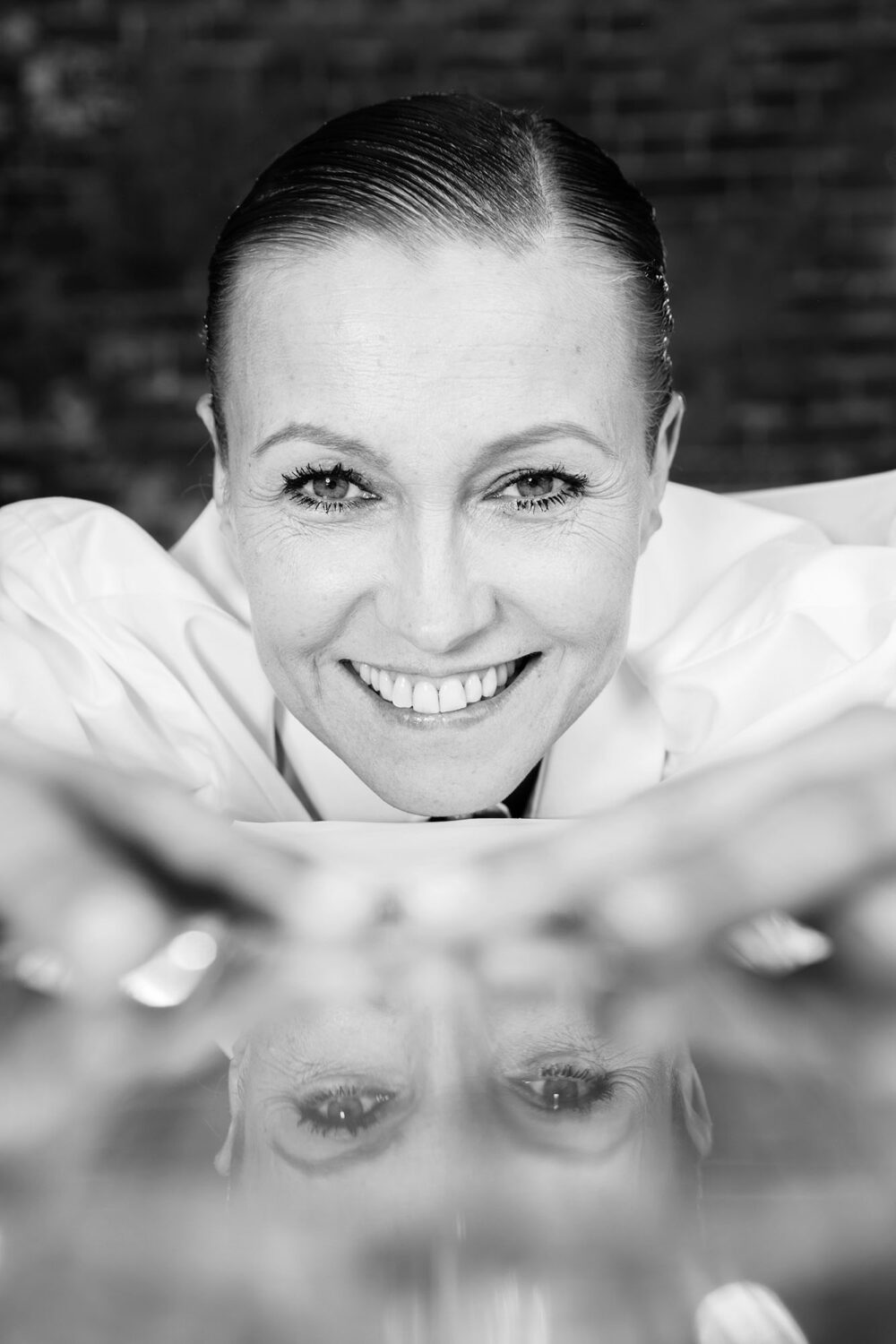
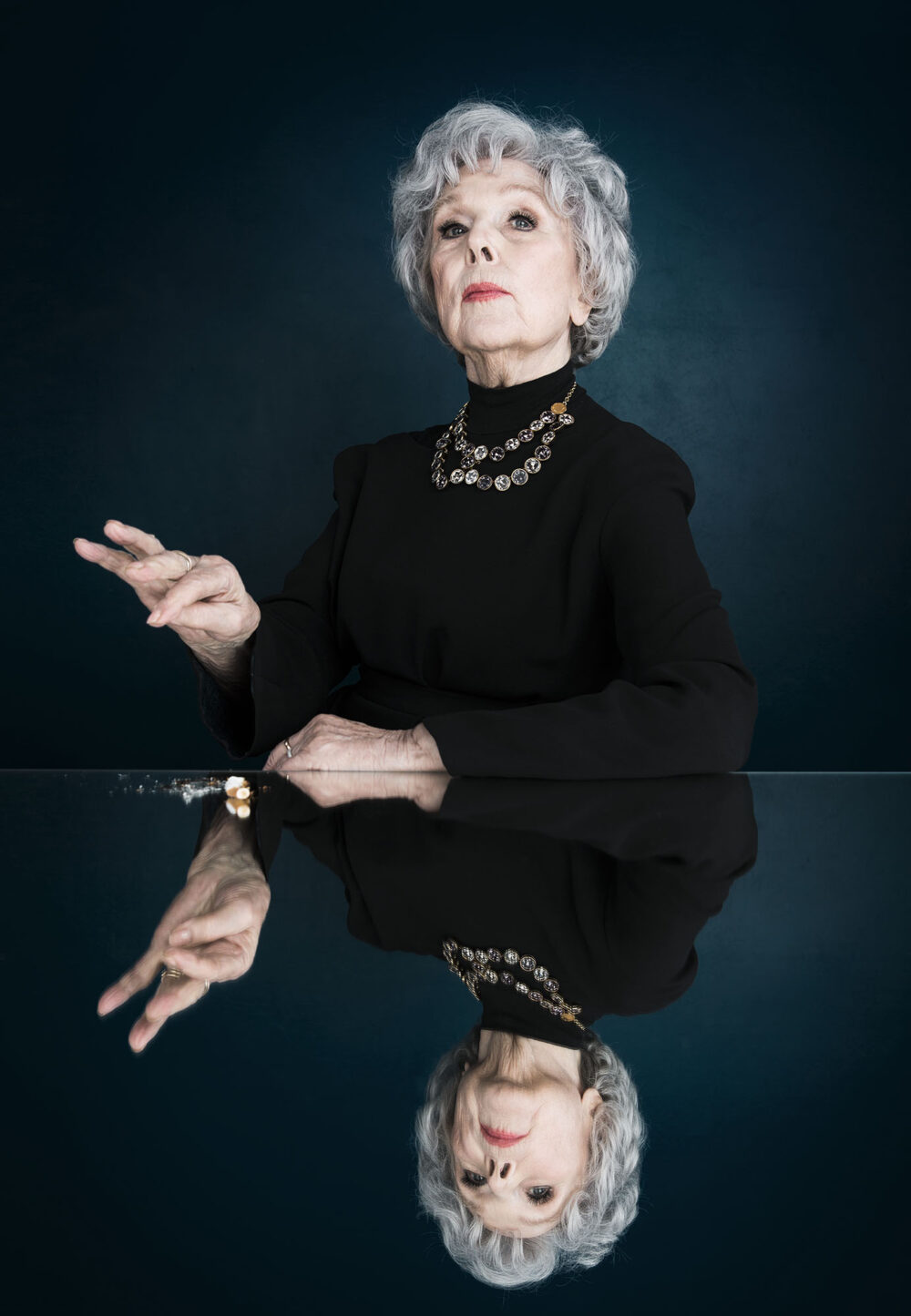
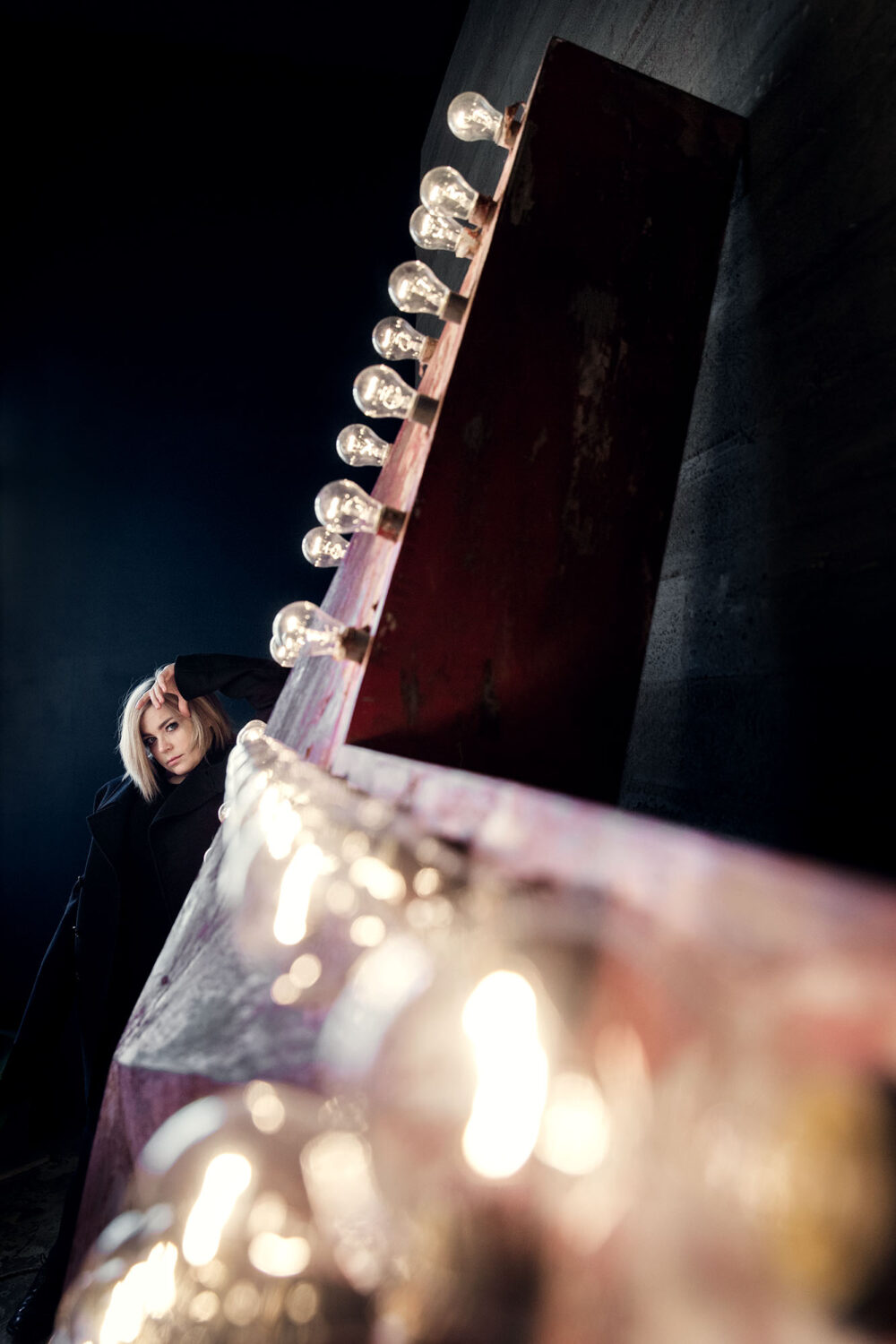
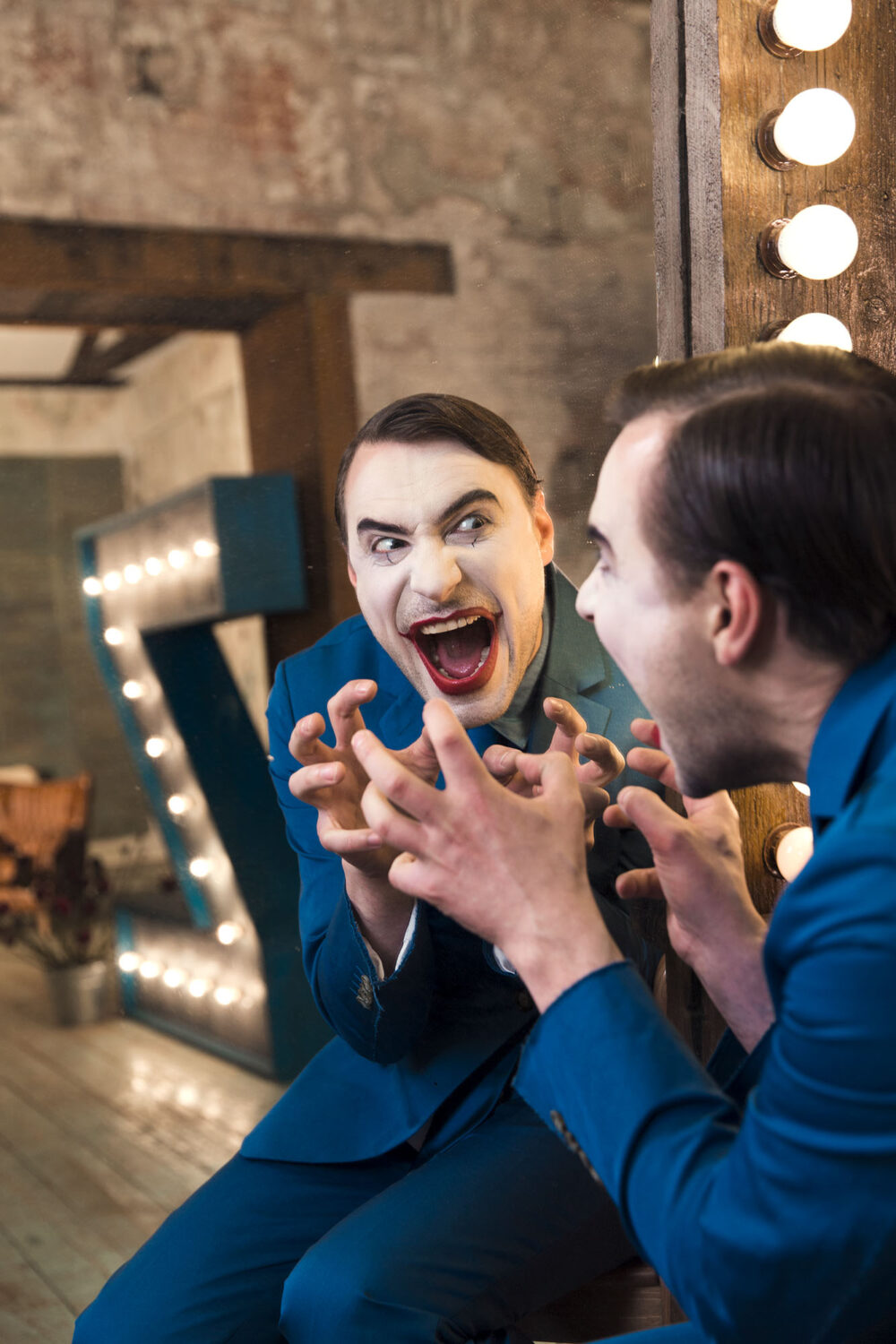

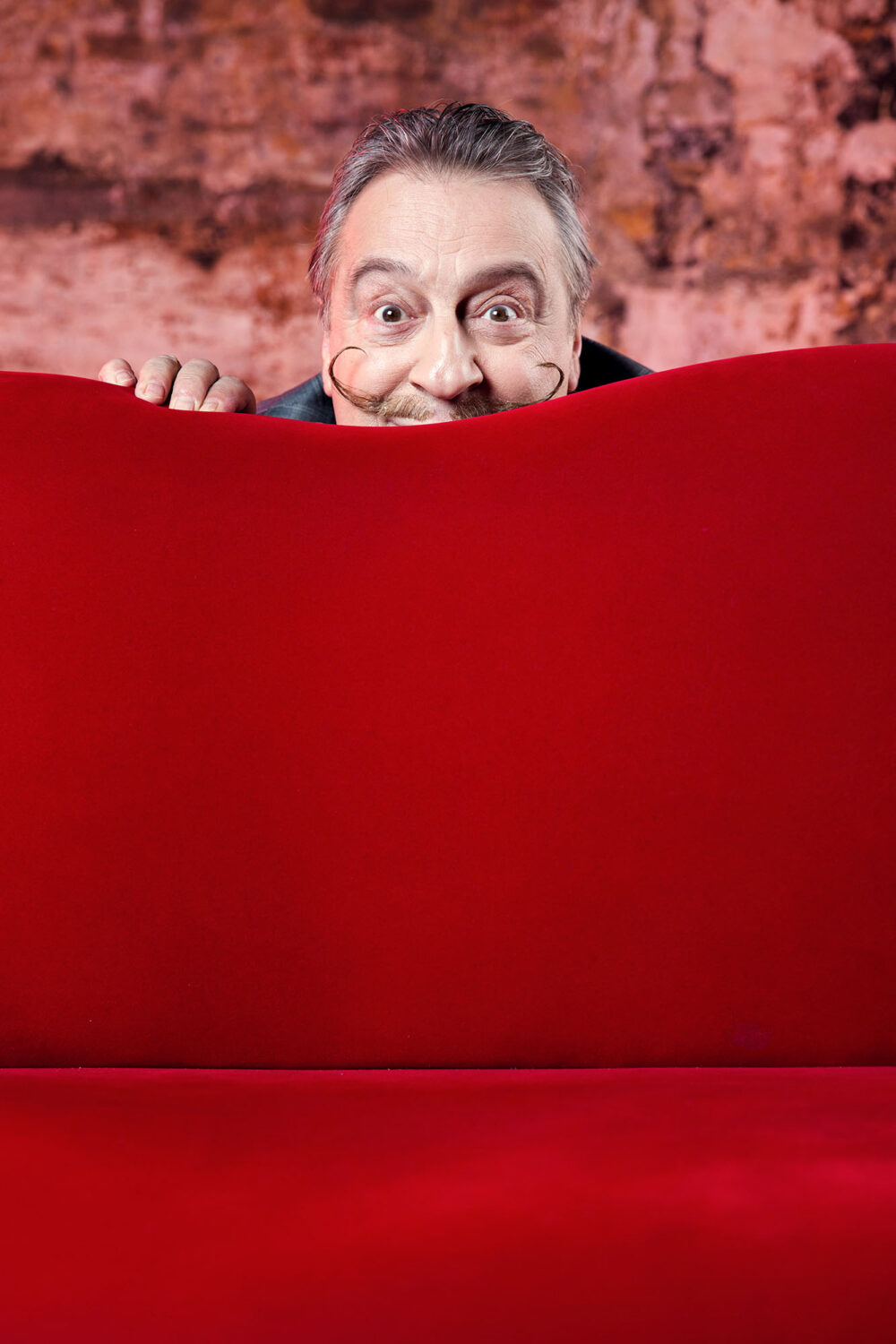
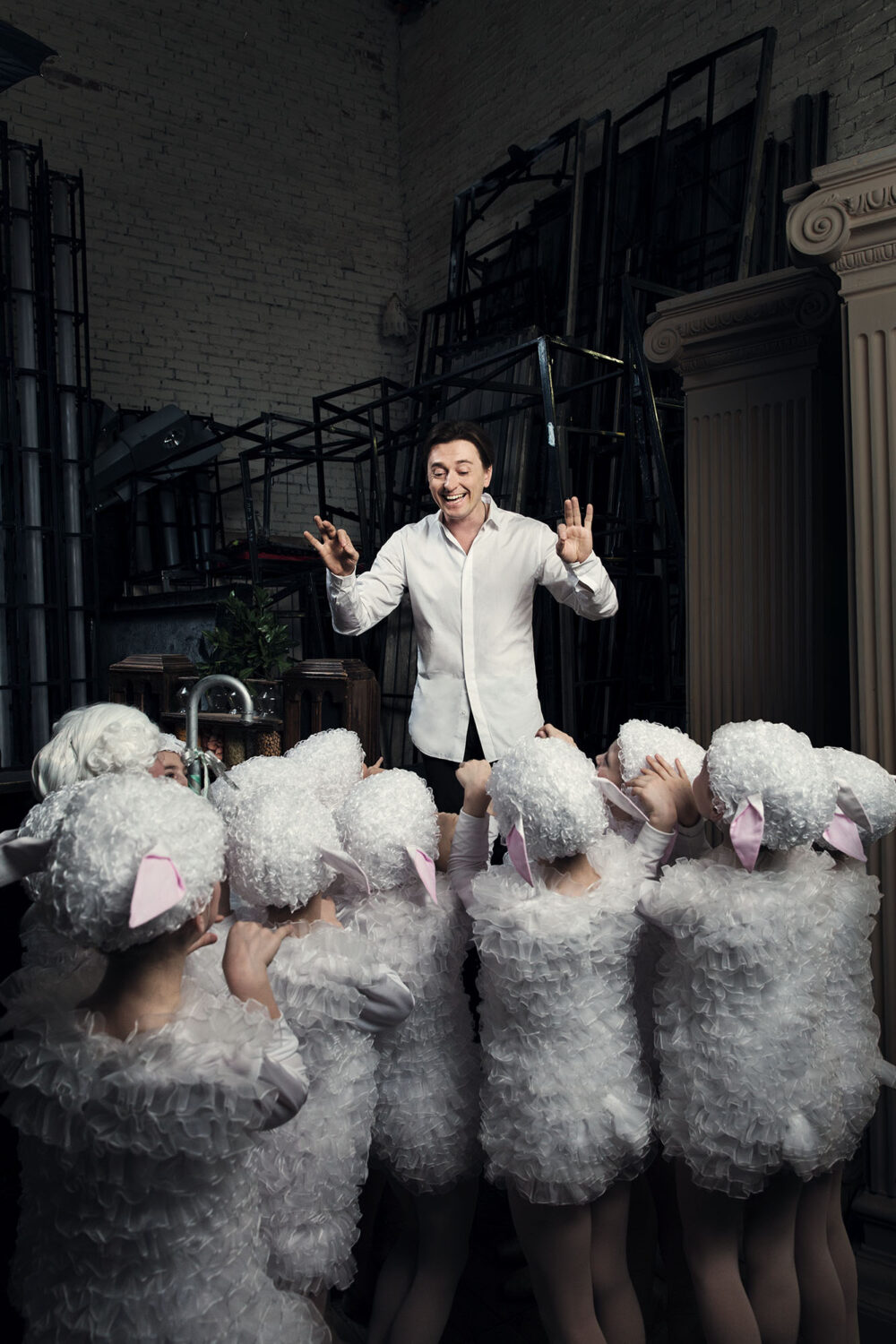
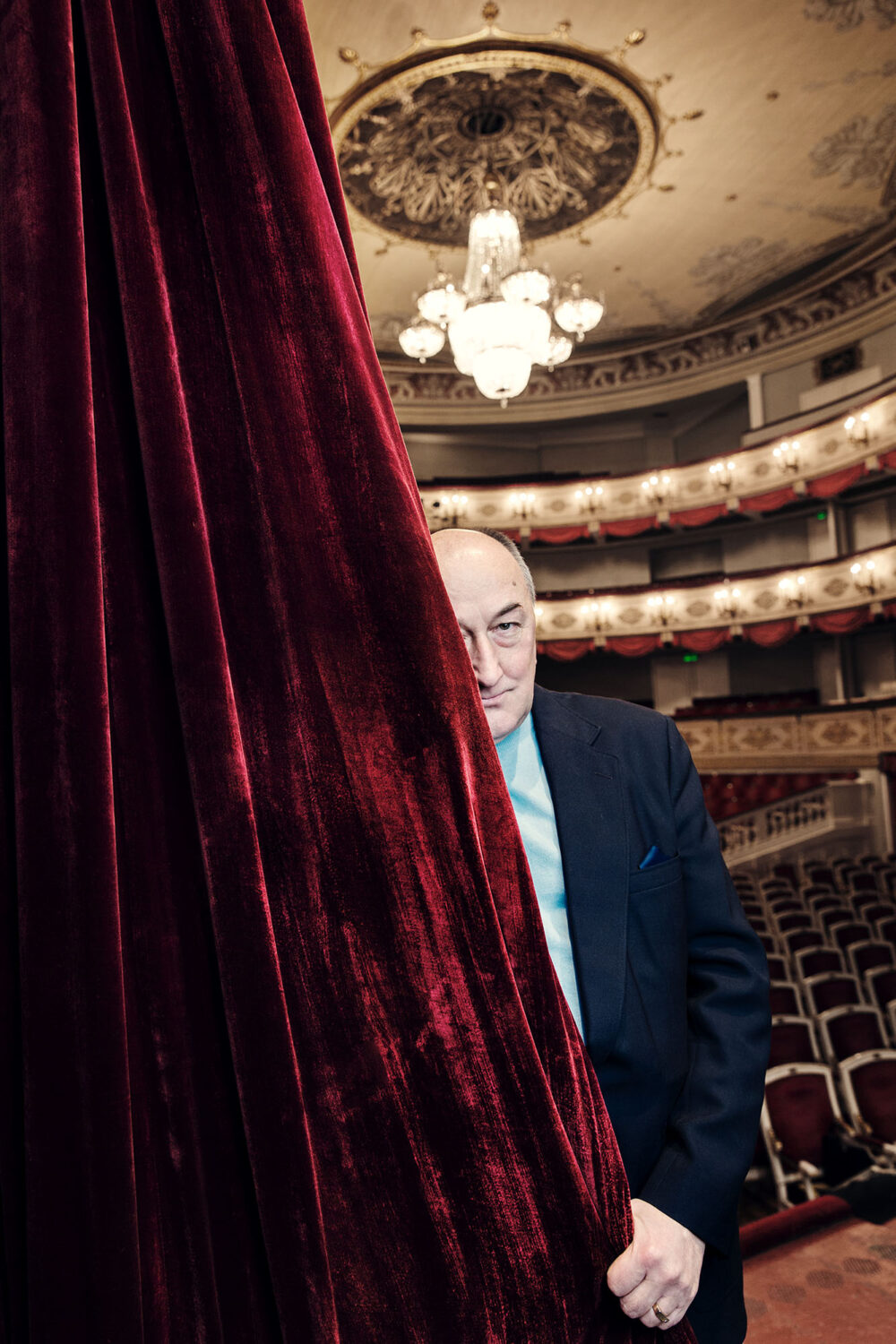
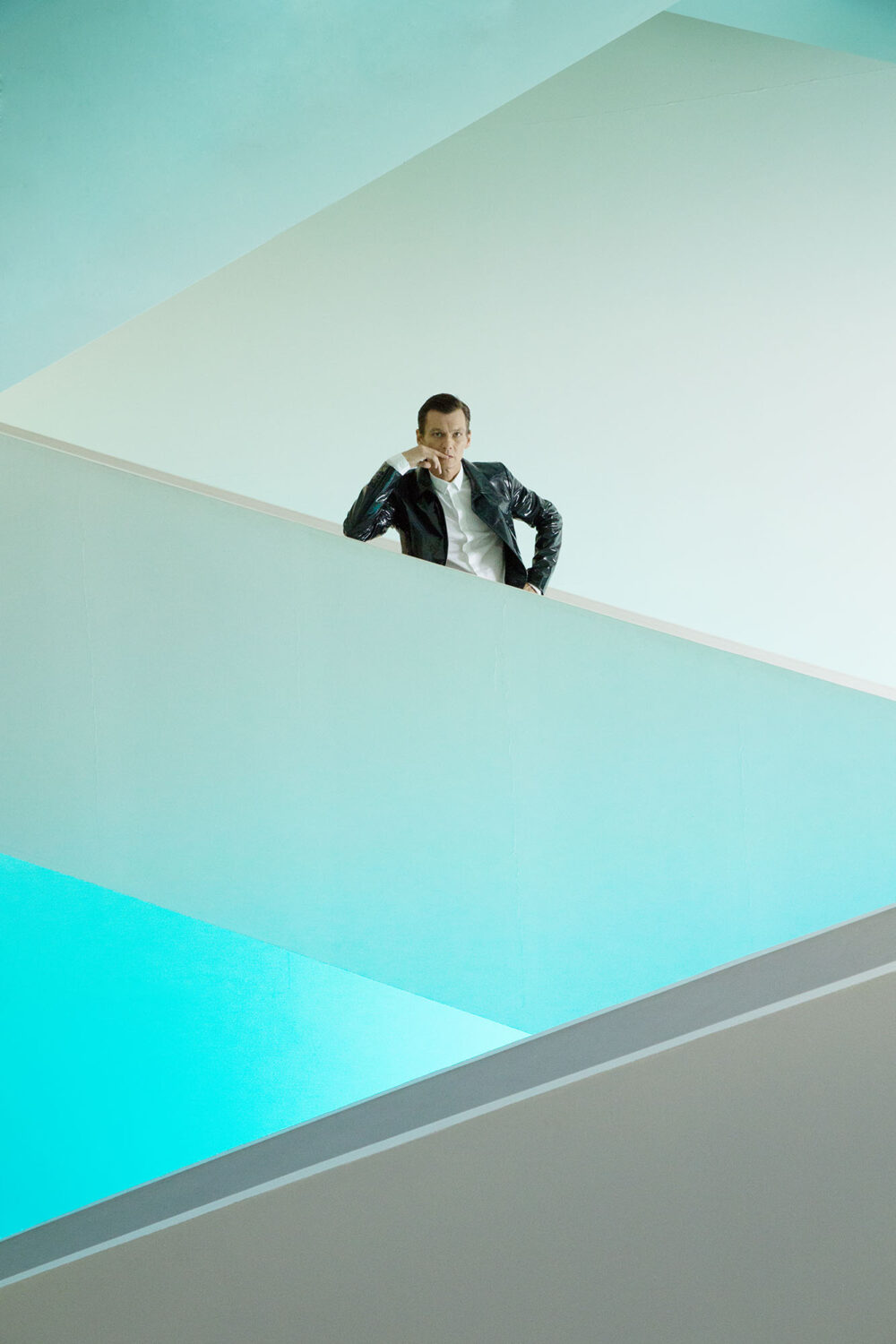
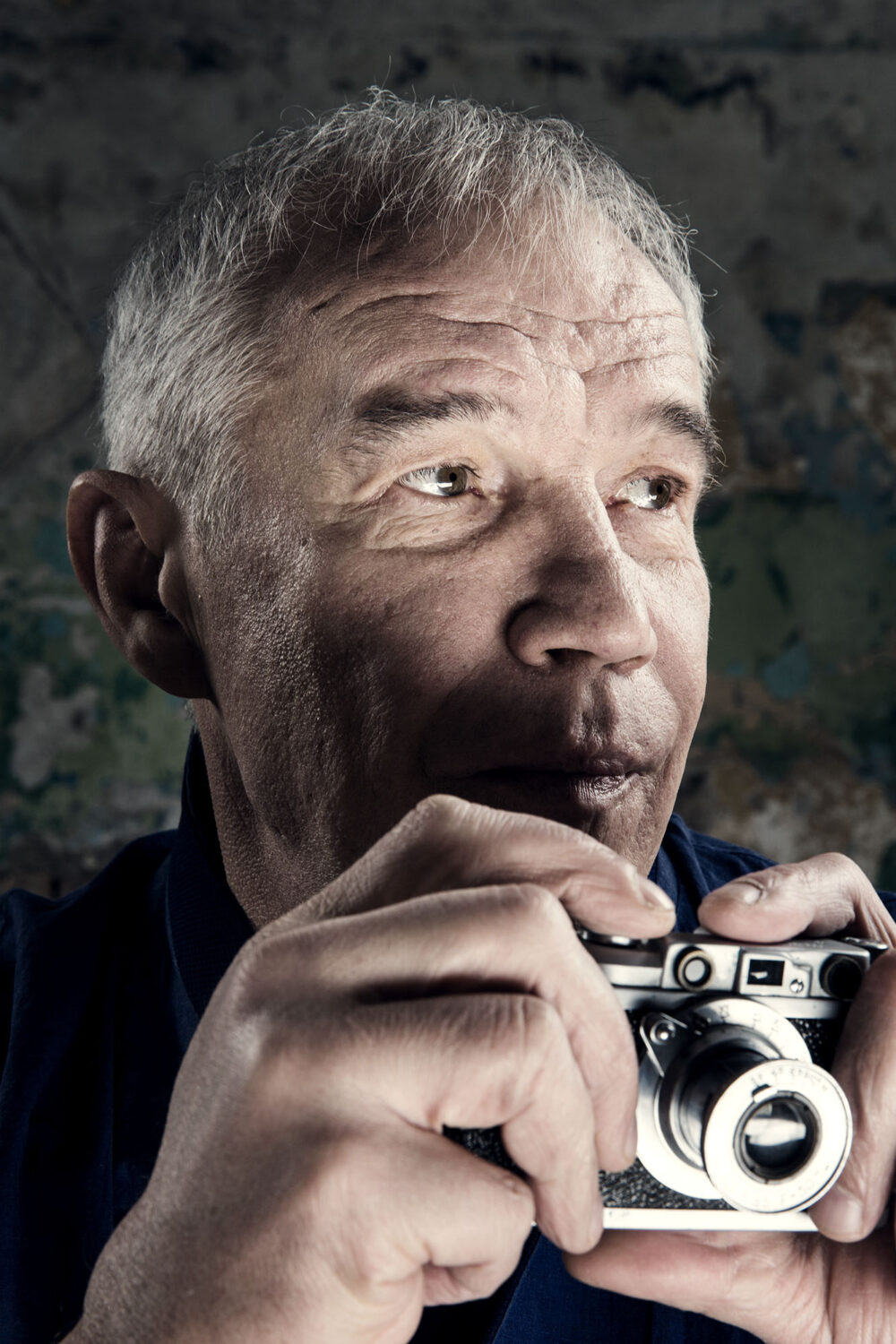

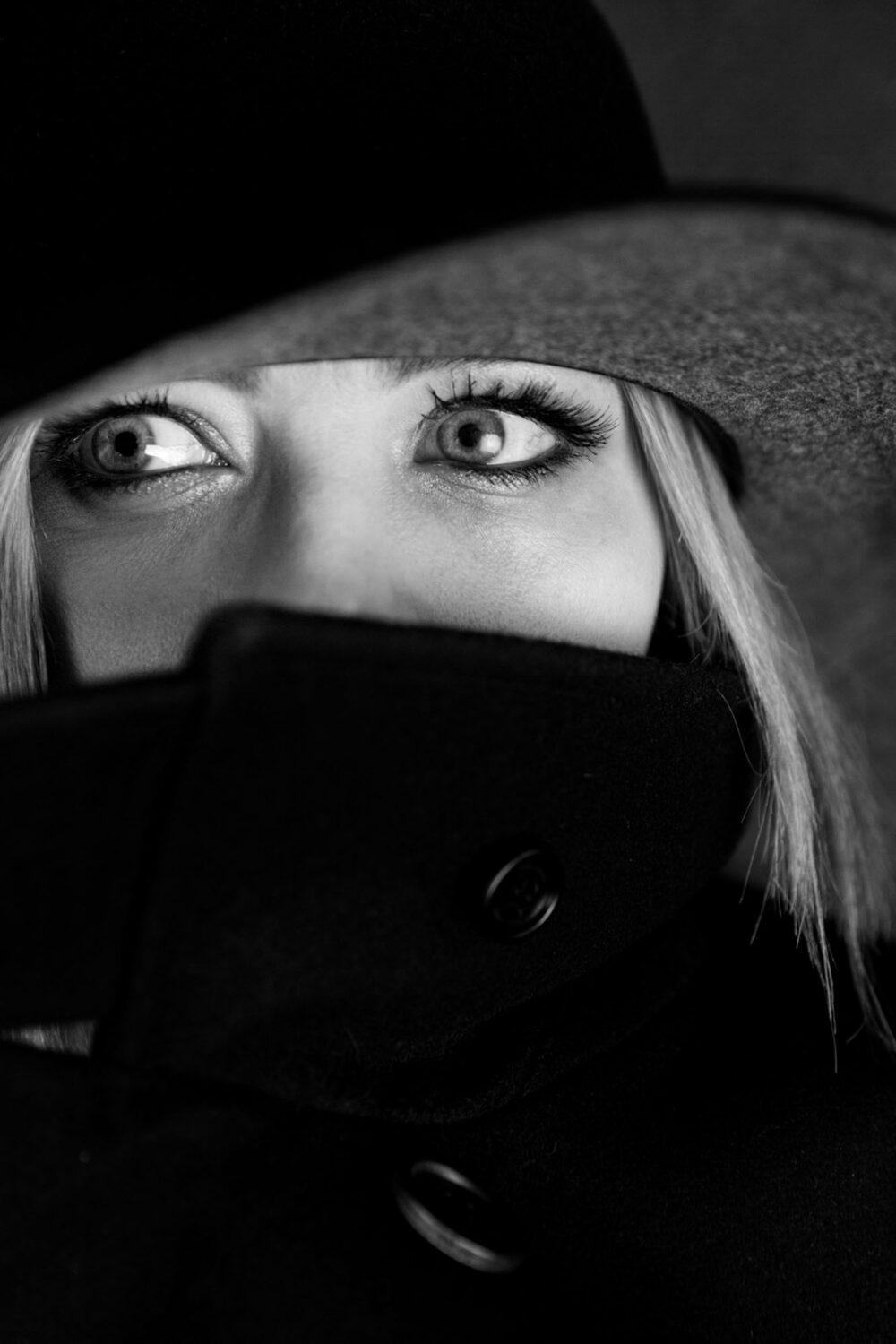
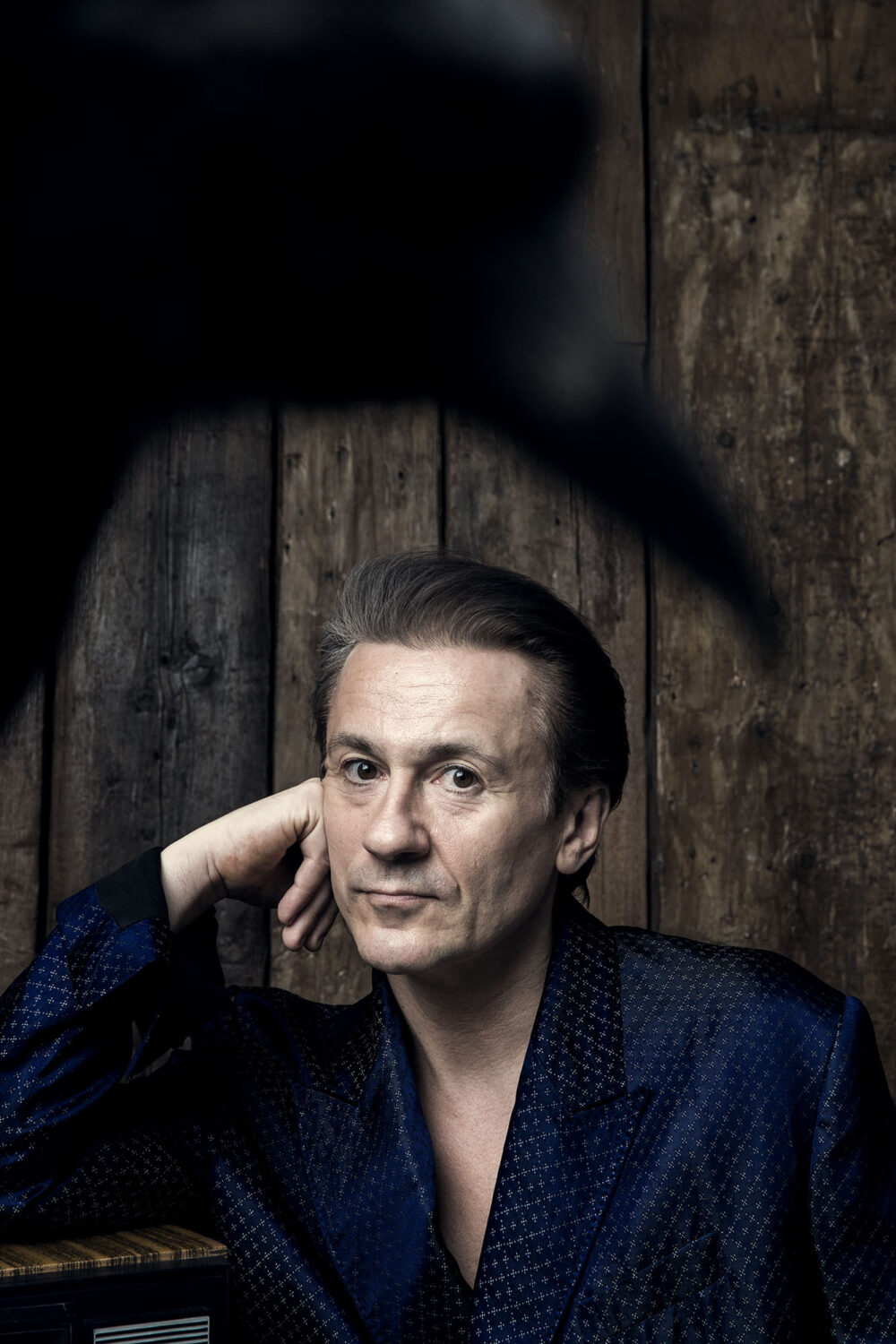





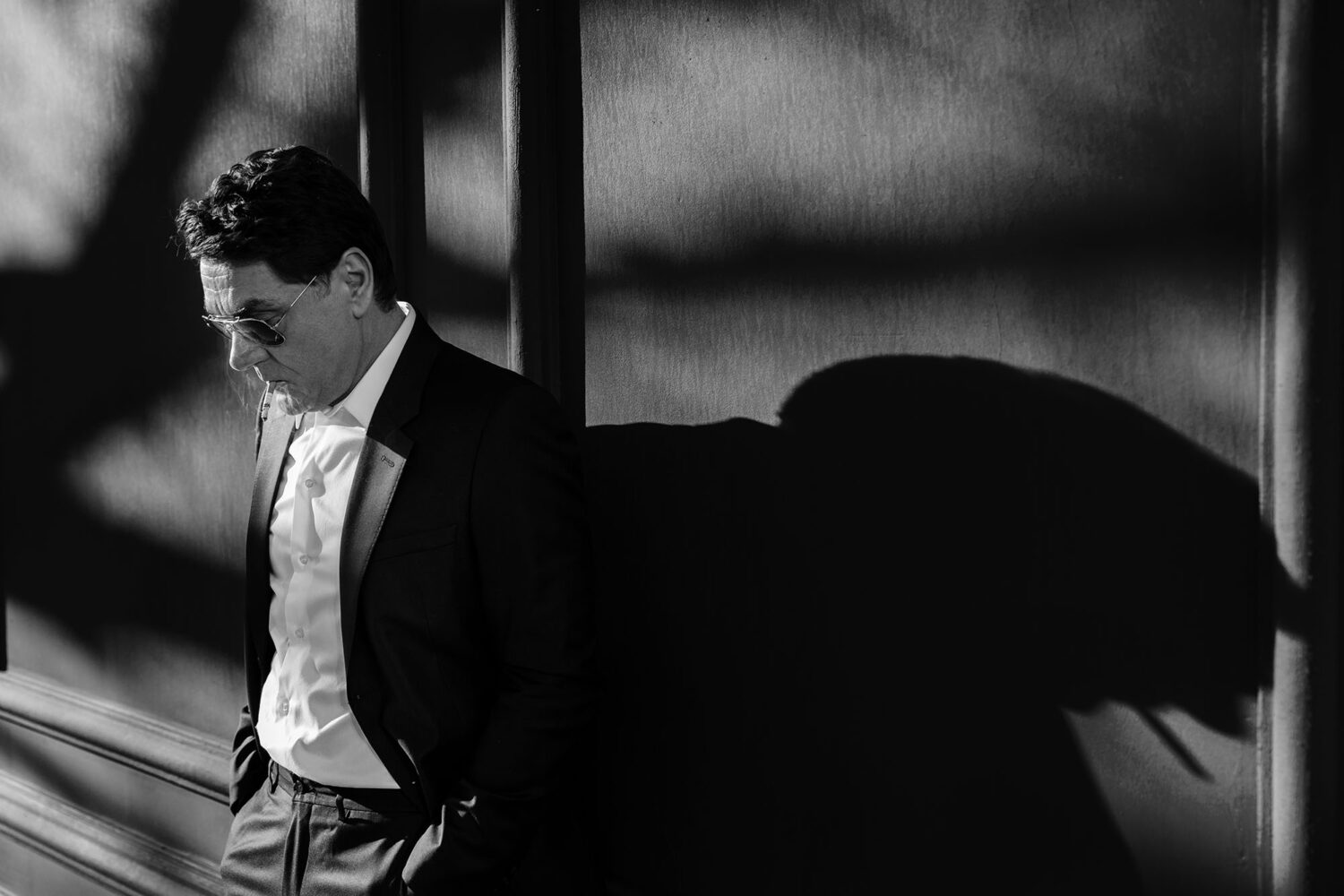

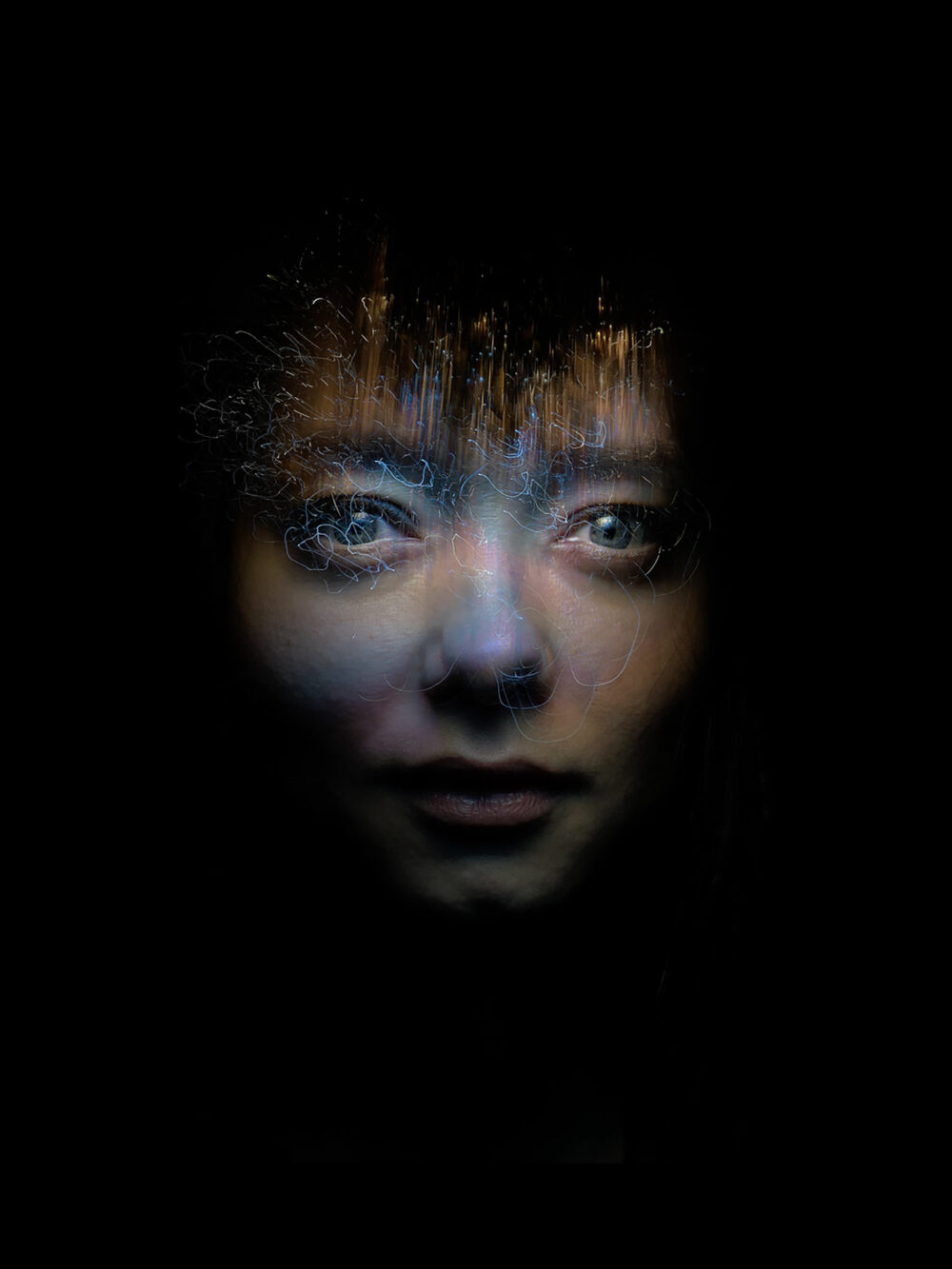
Lightpaintings,
Portraits

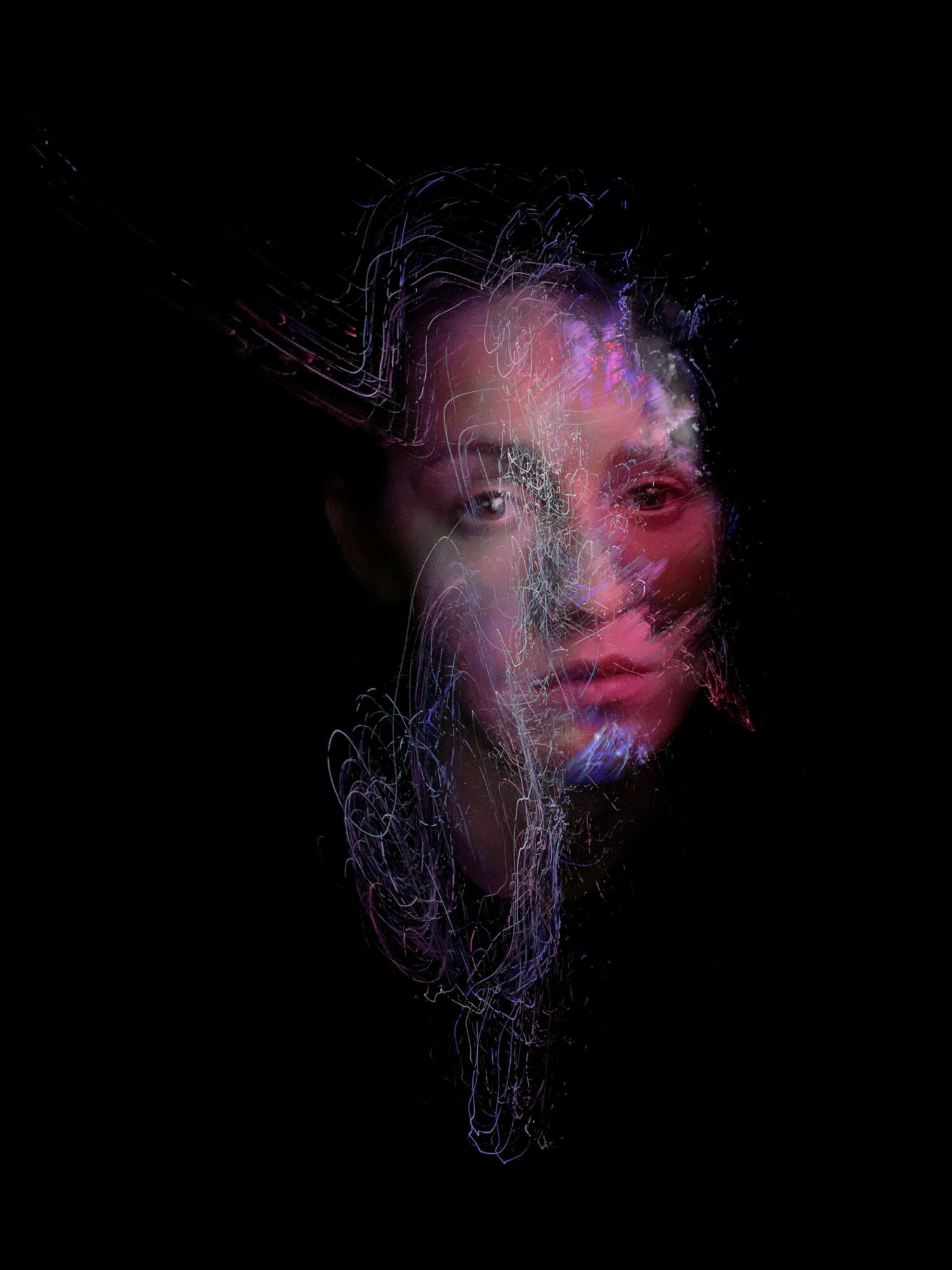

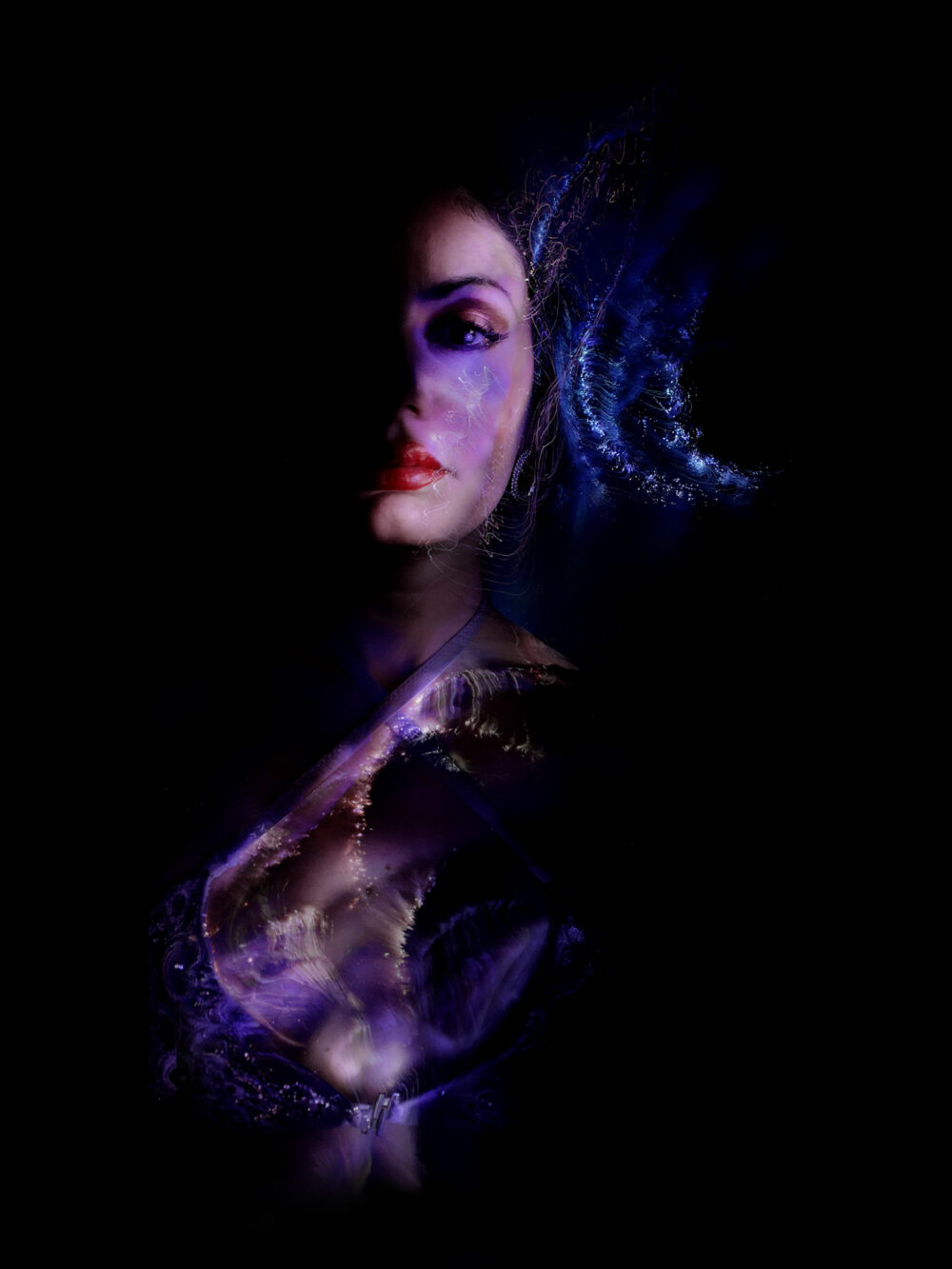
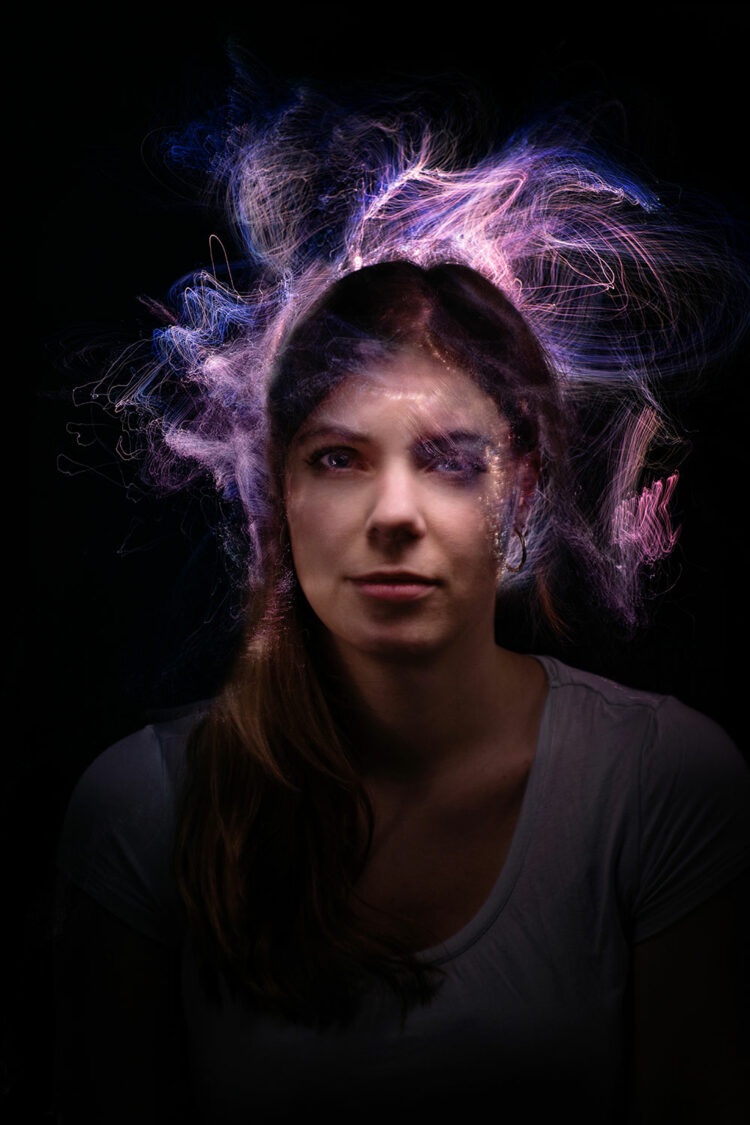
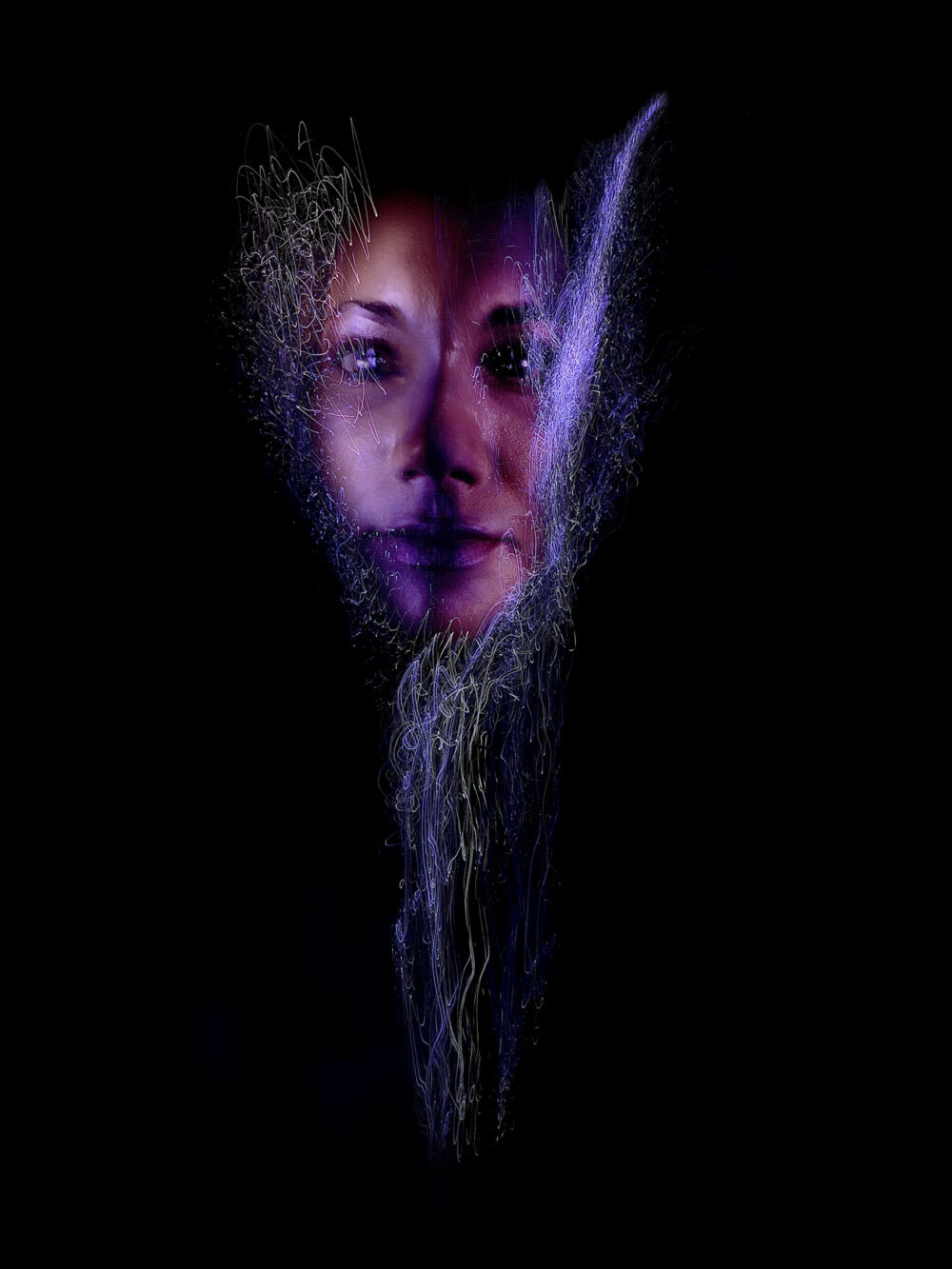
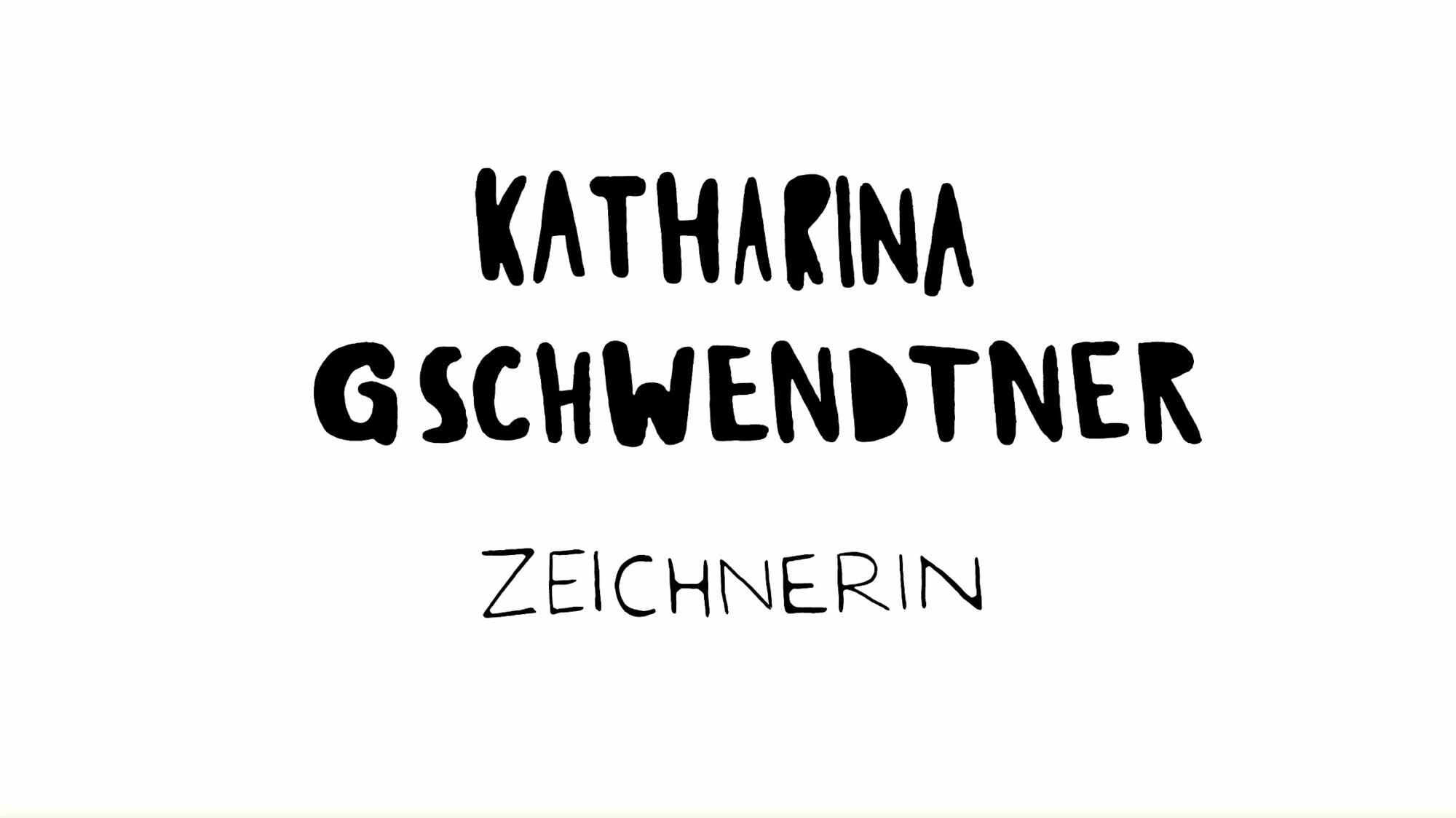

Katharina Gschwendtner,
Zeichnerin,
Interview
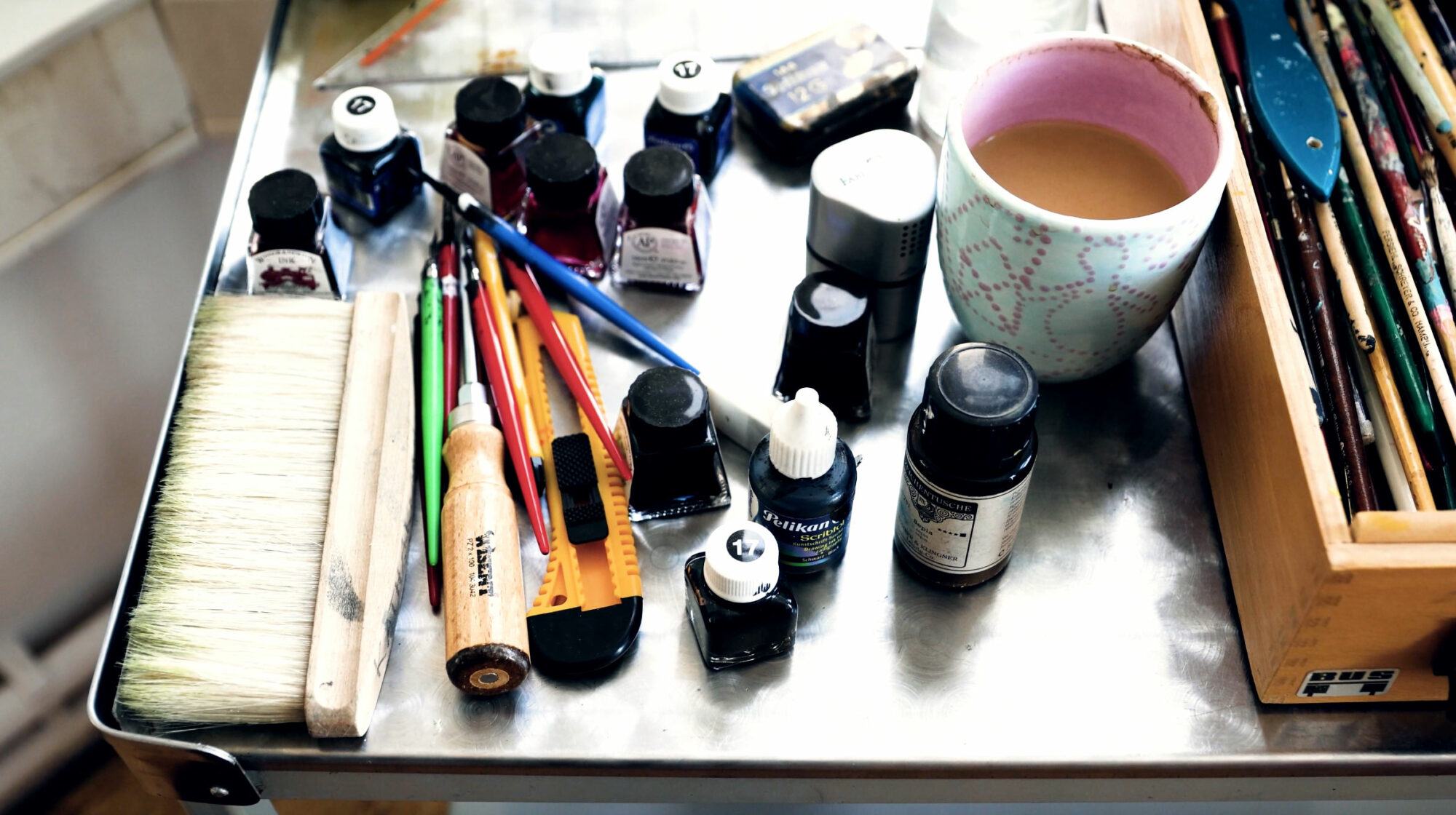

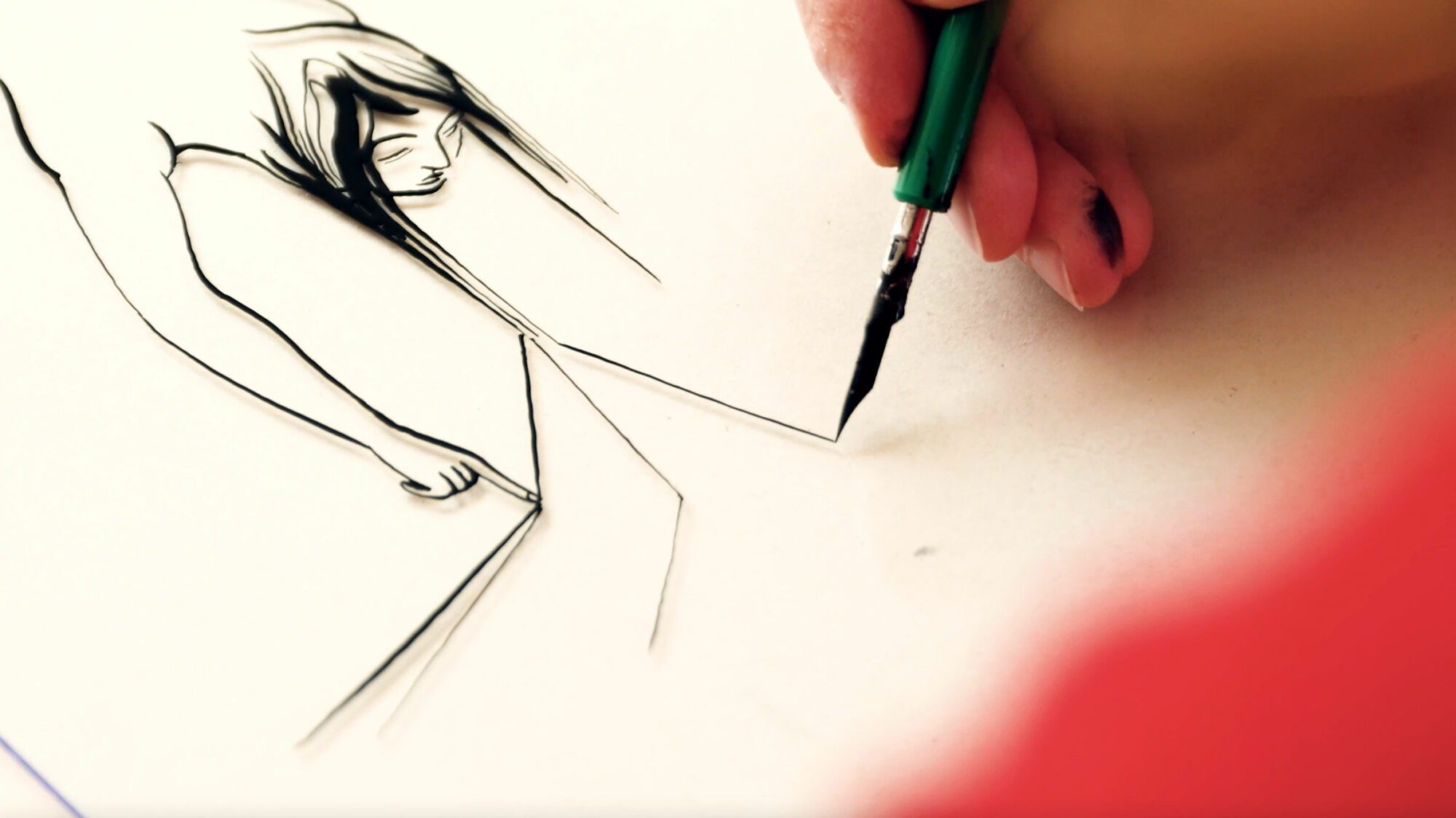
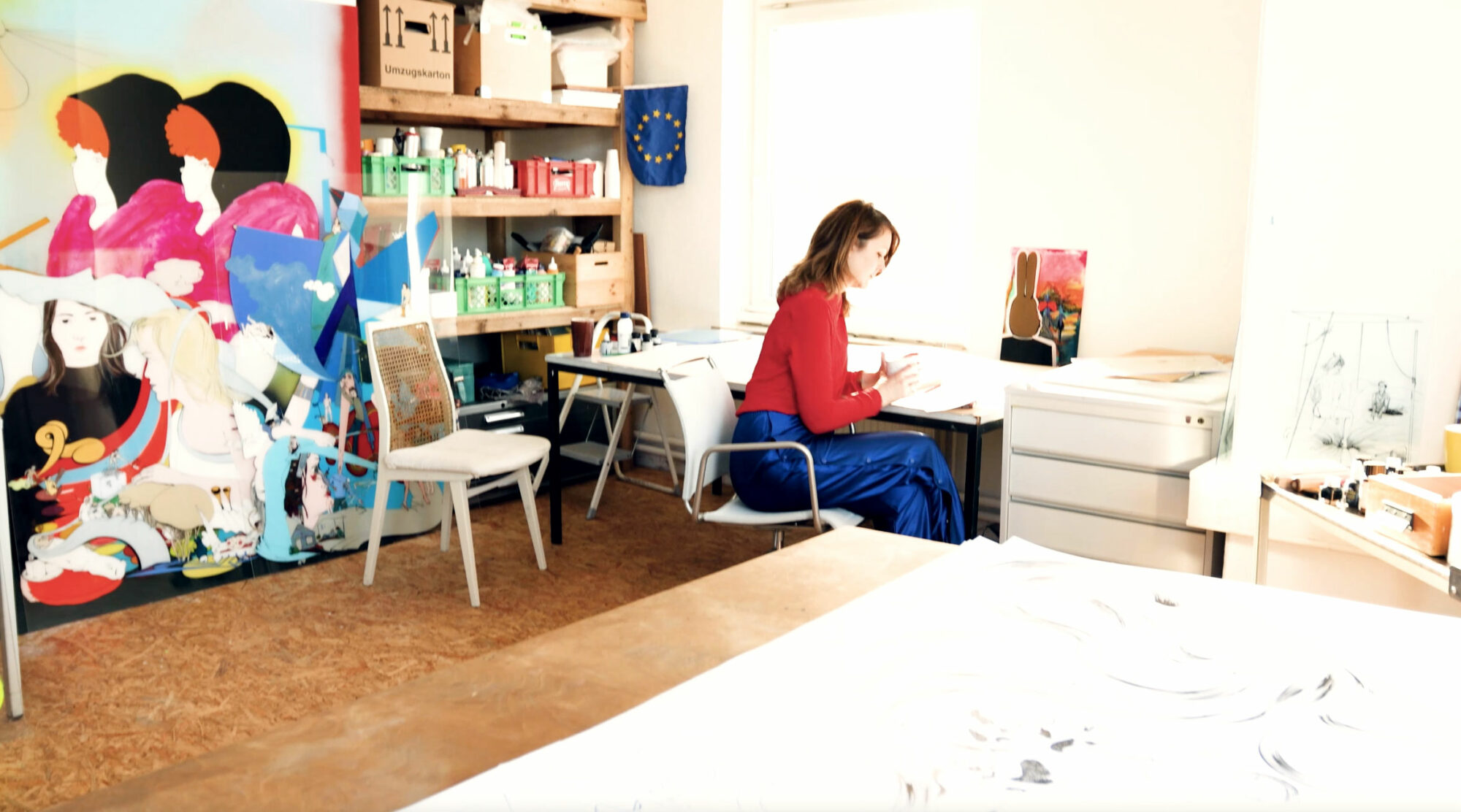

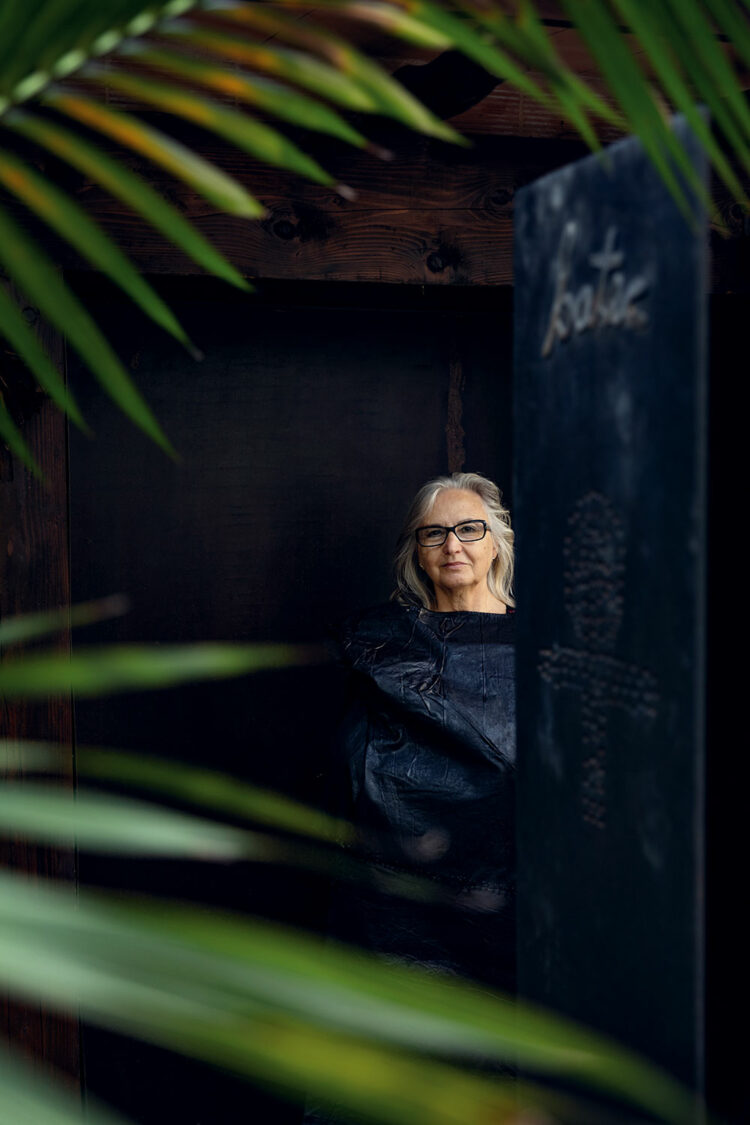
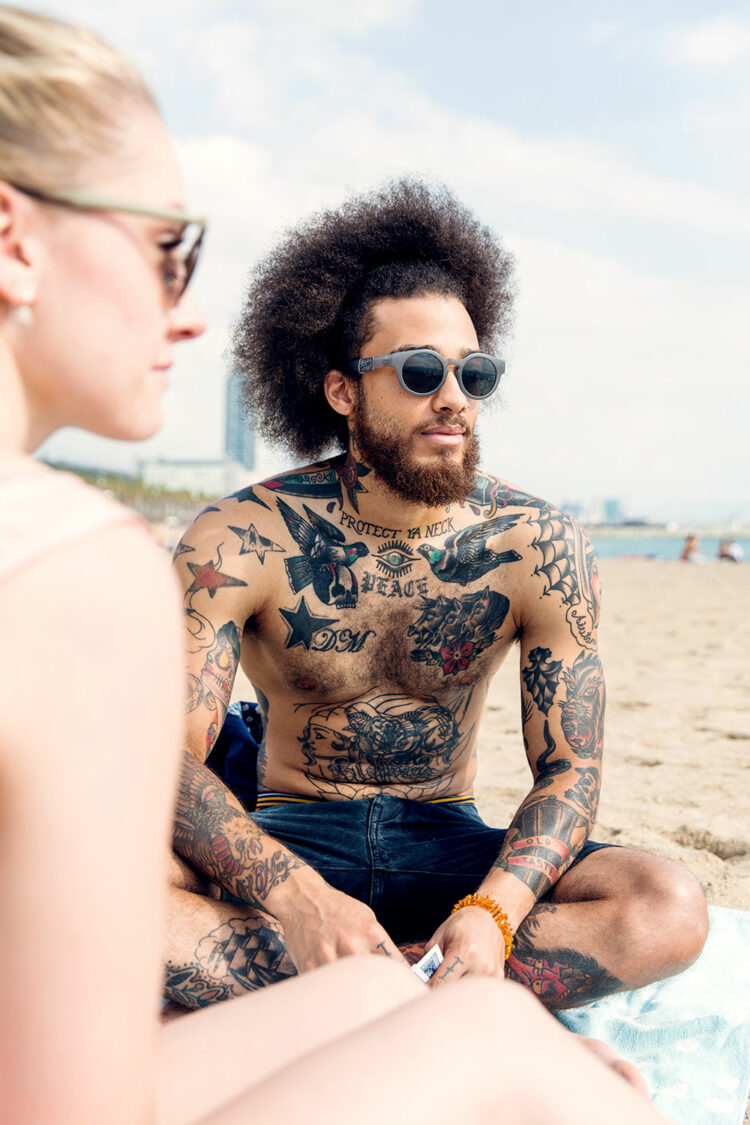
Portraits

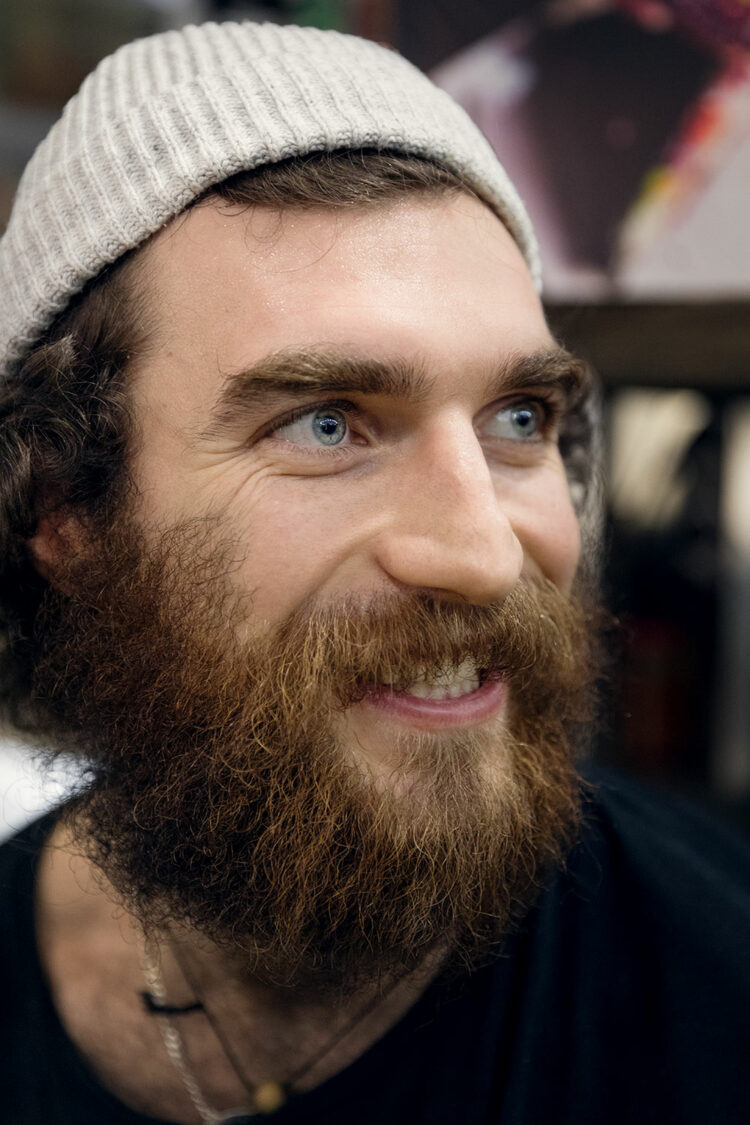


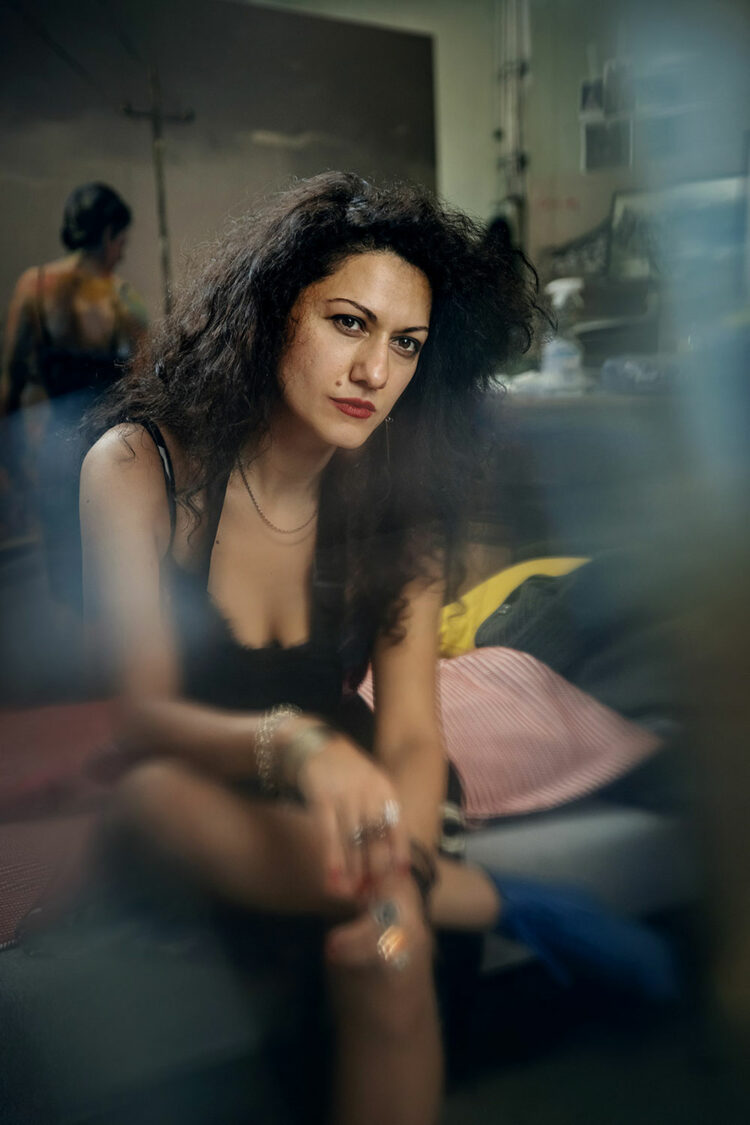
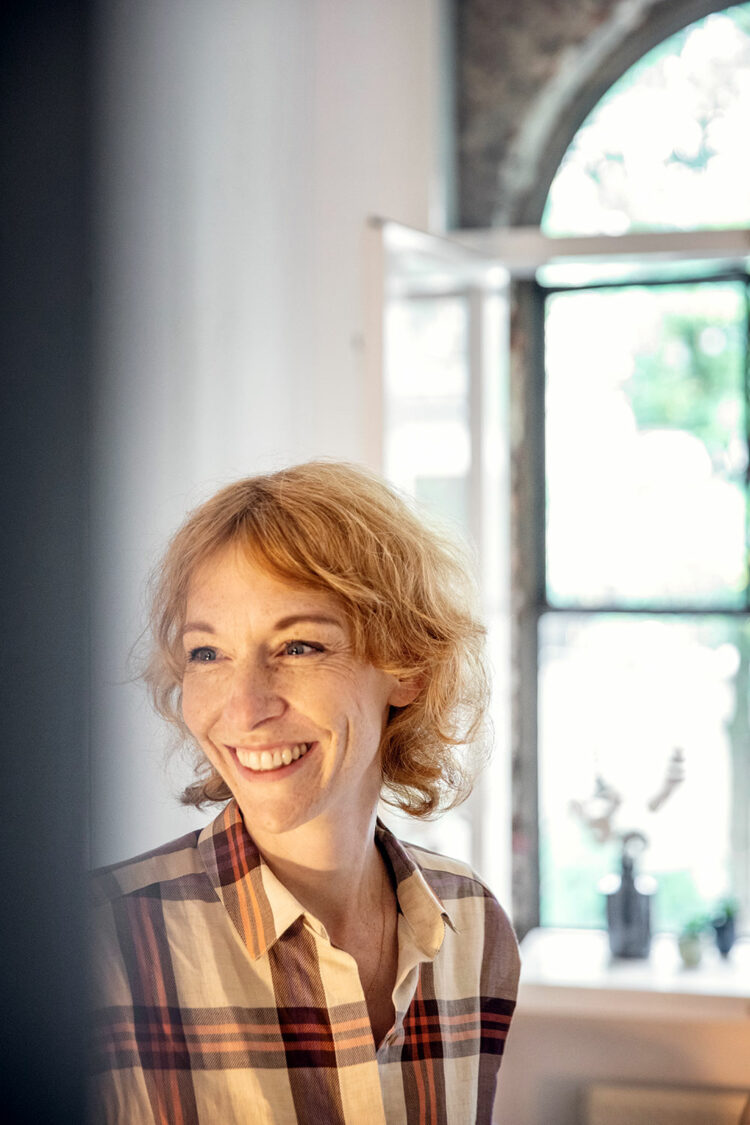

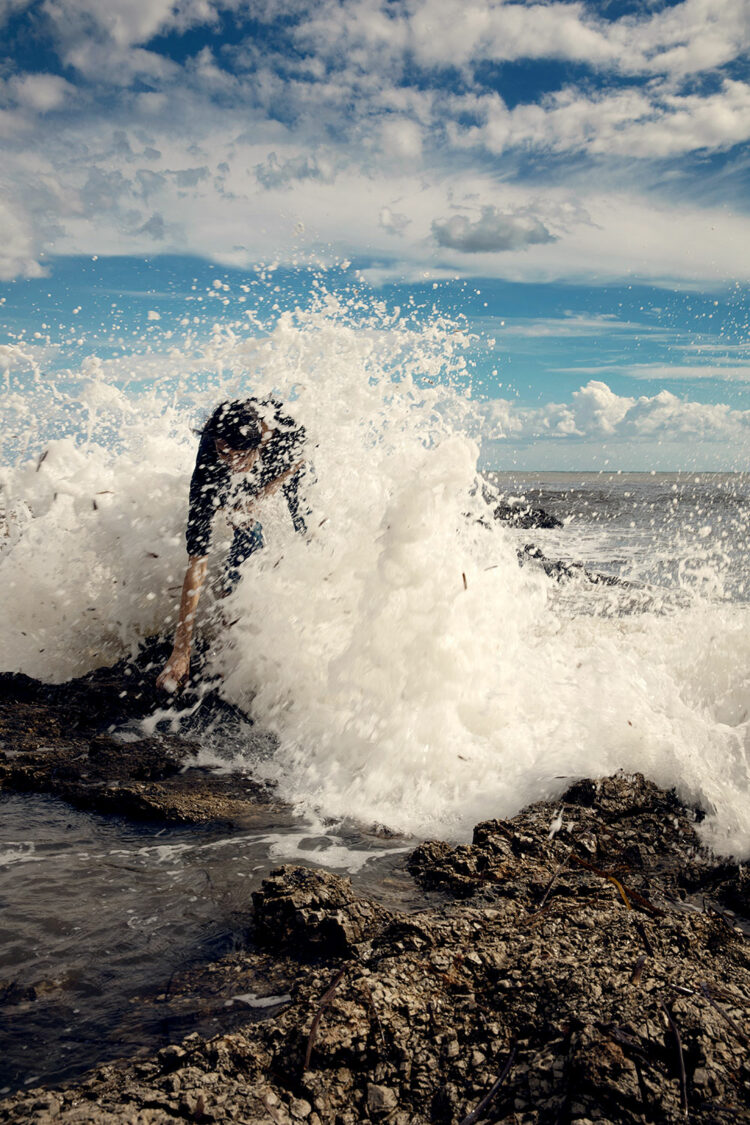


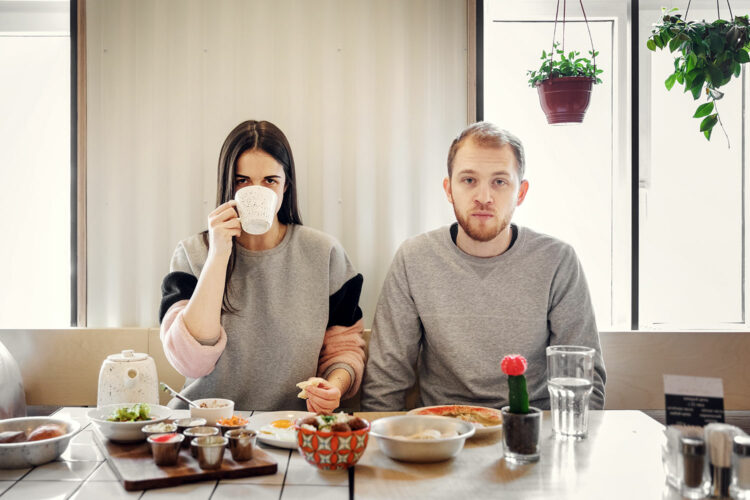
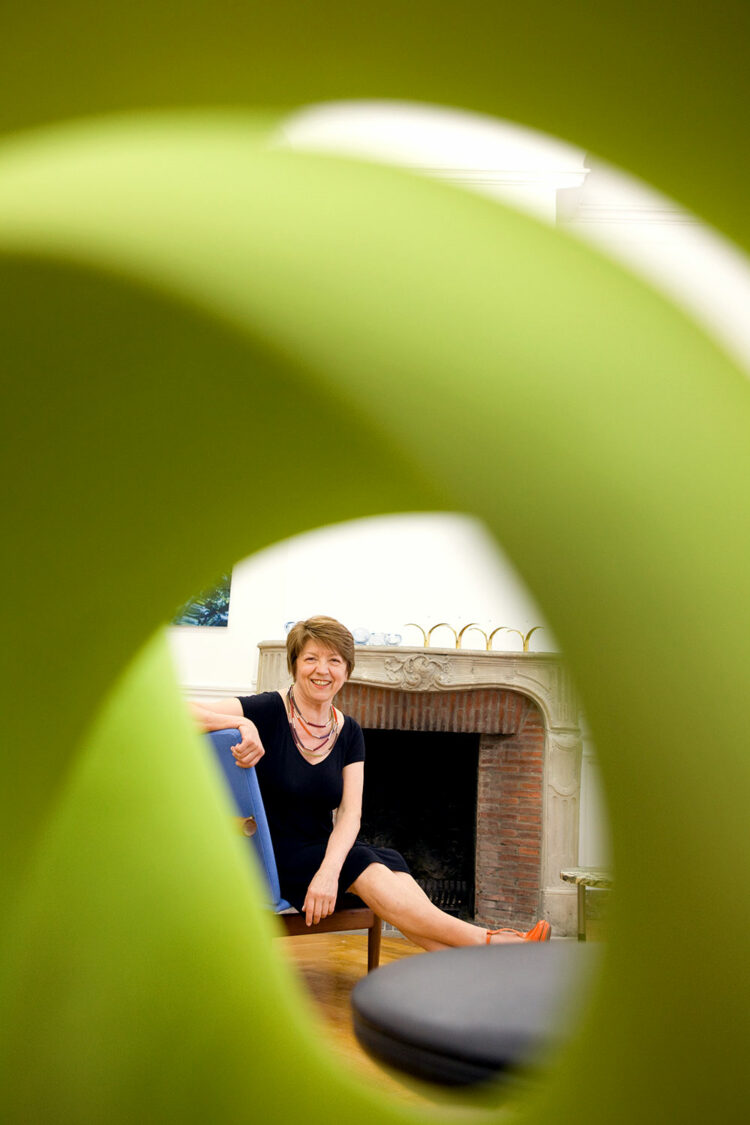


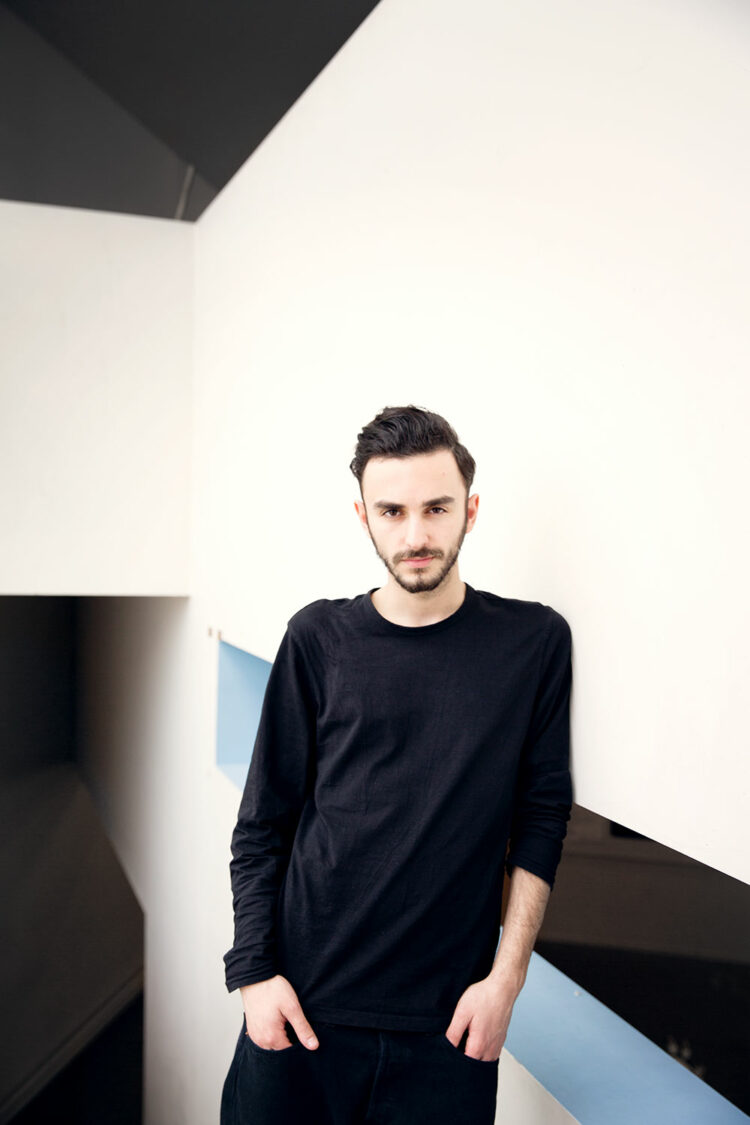
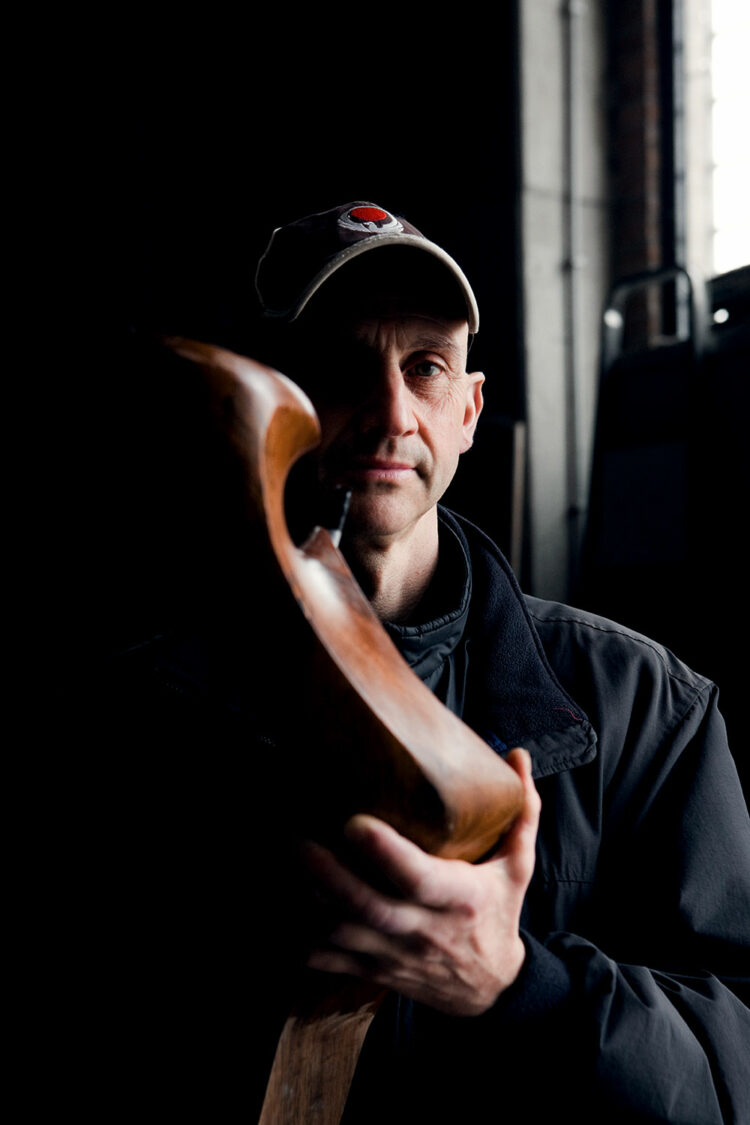


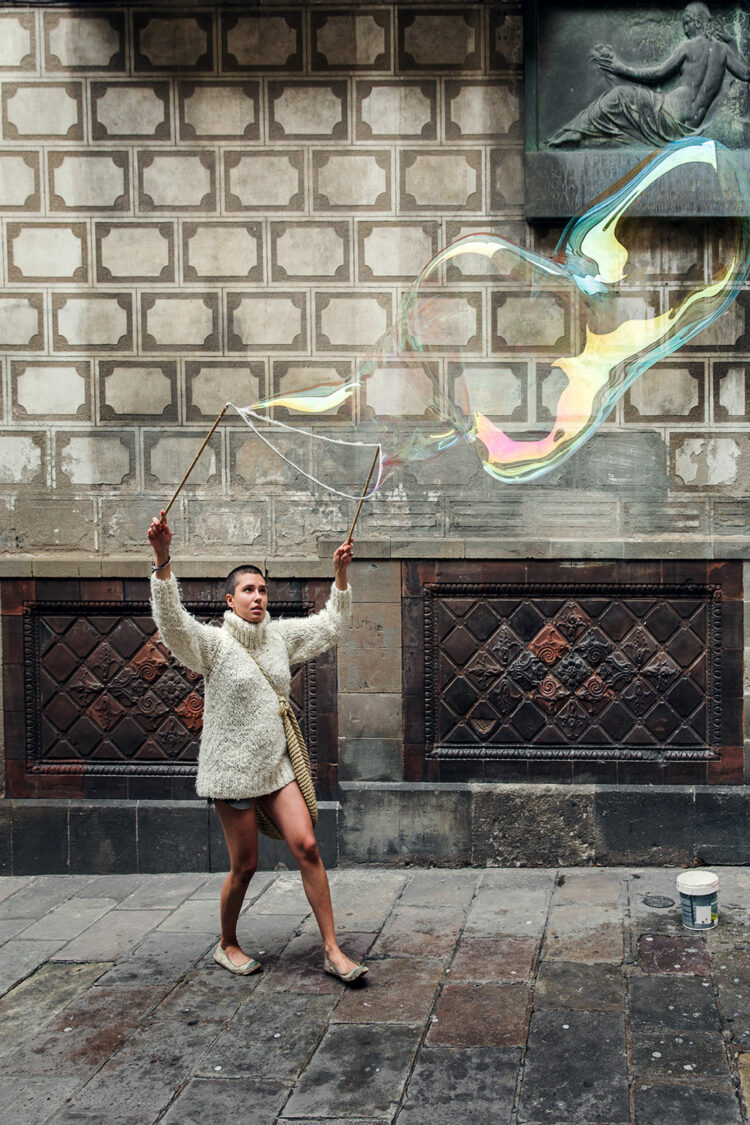




Stille Nacht Reenactment,
Advertorial,
National Geographic

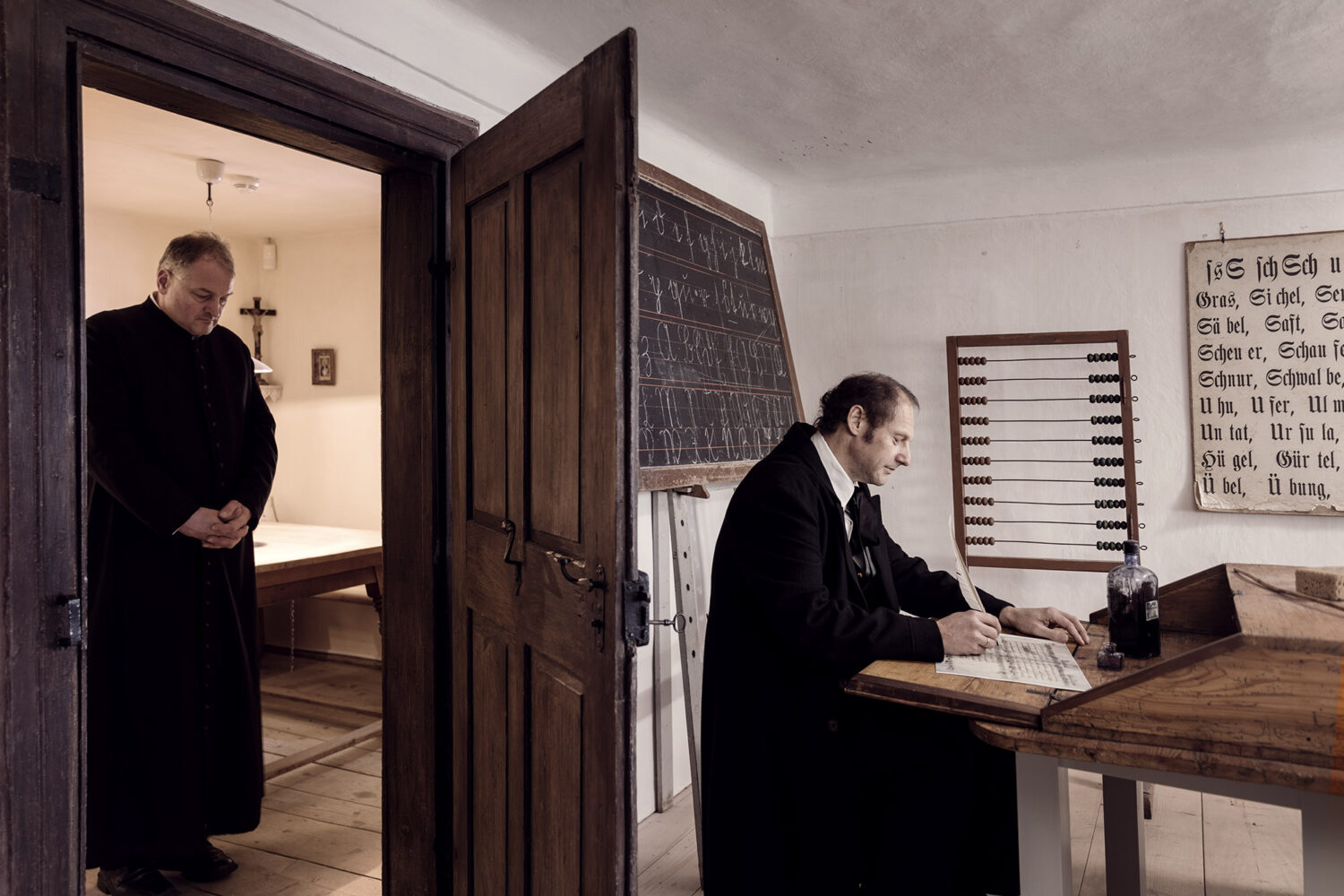
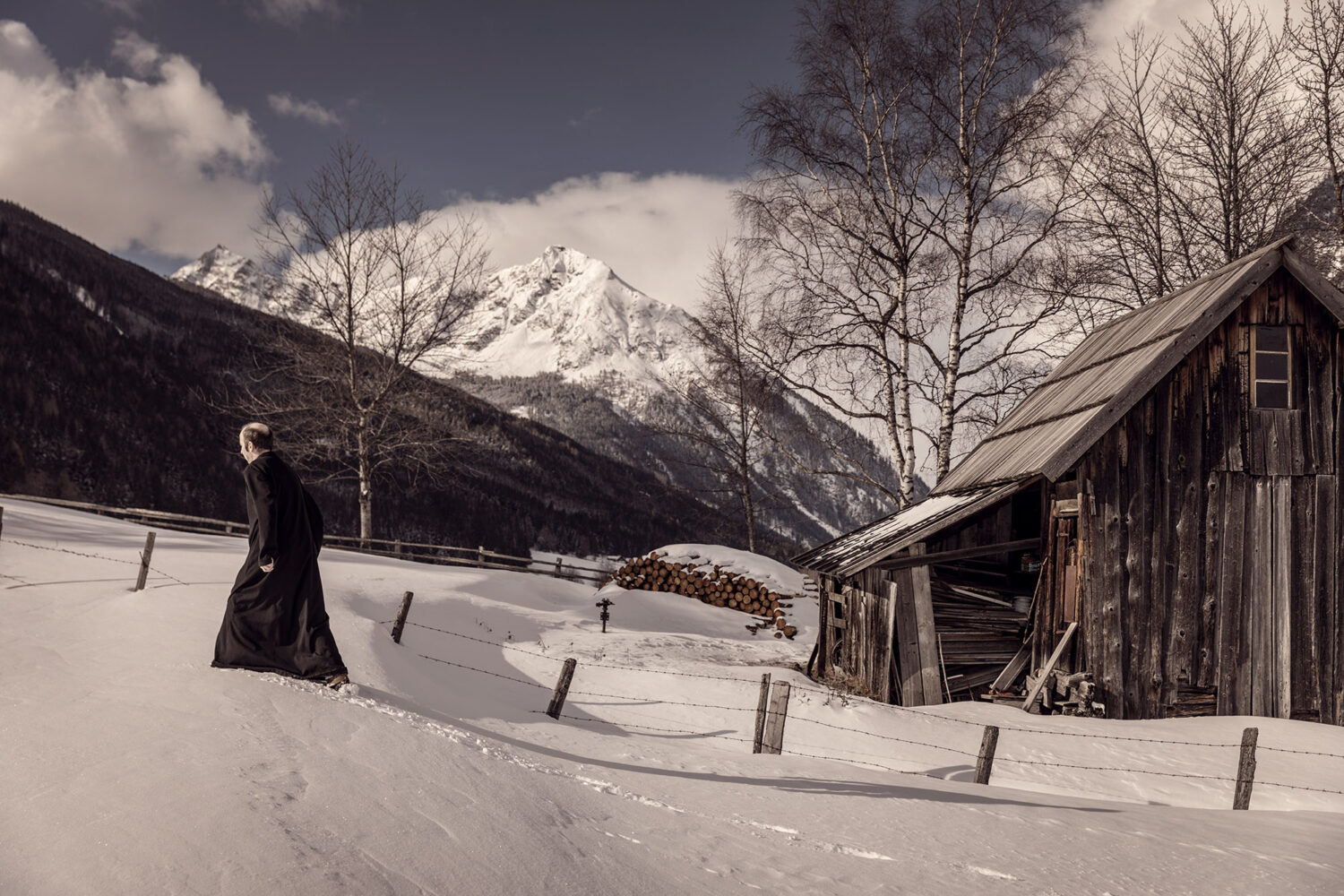

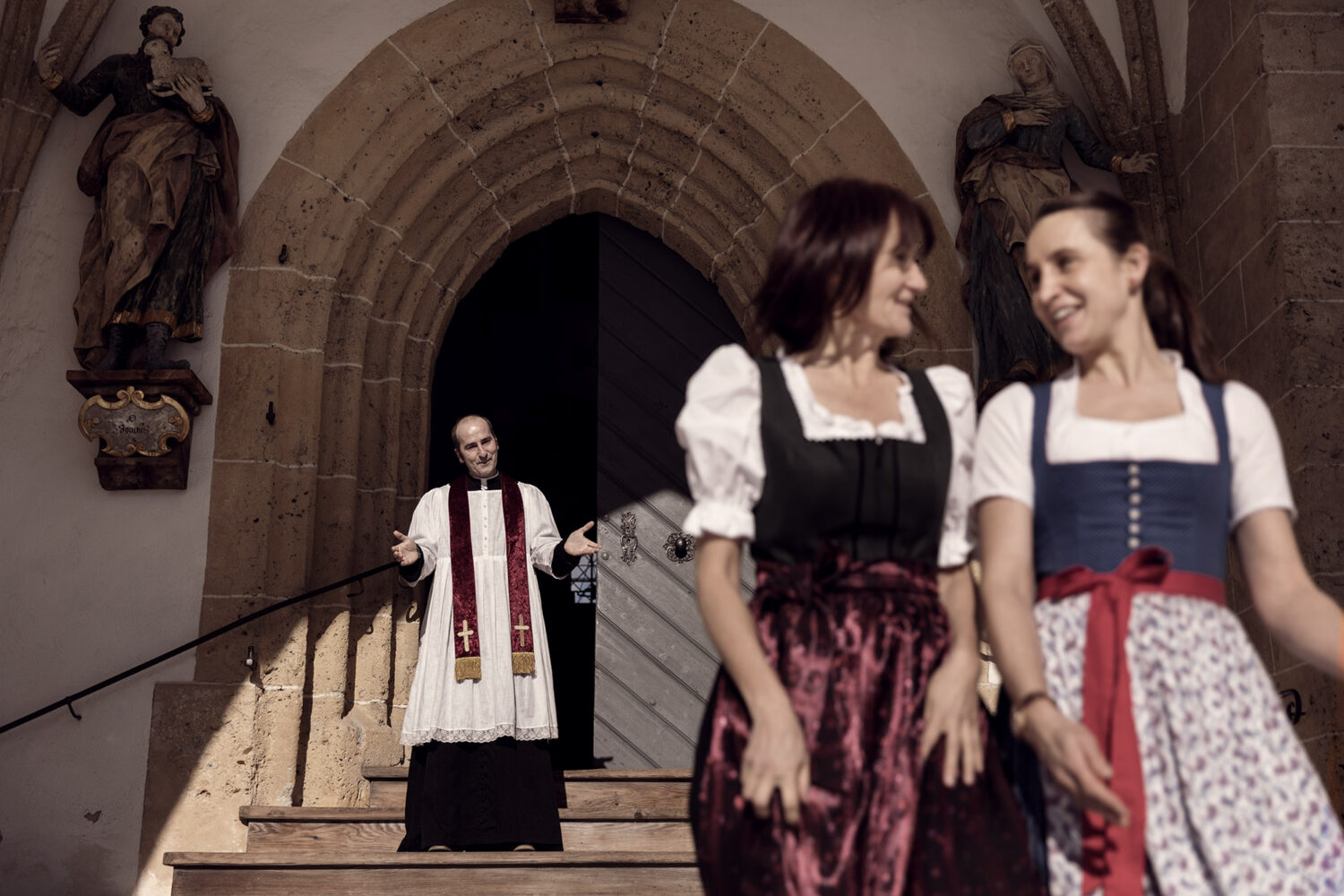
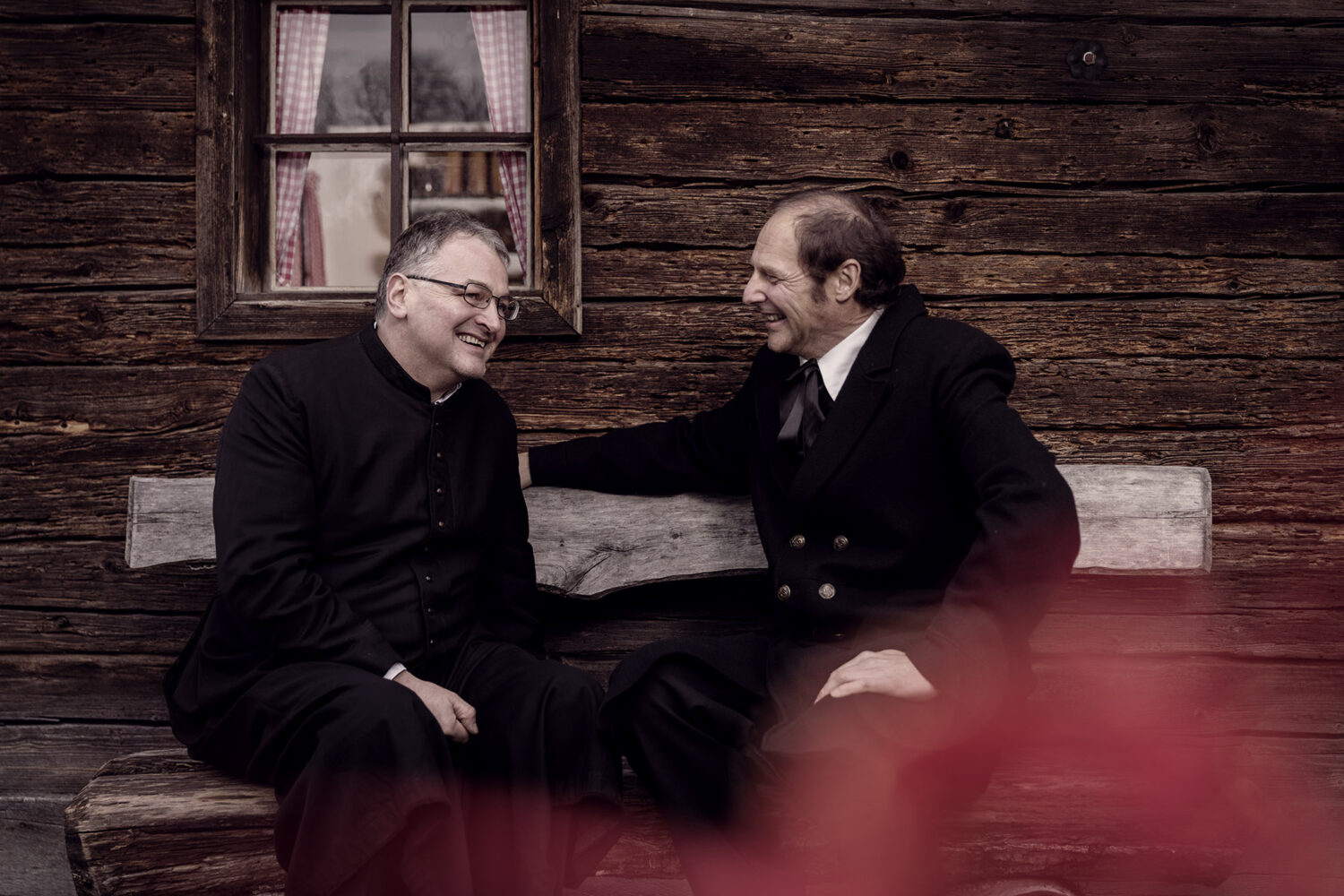
An Weihnachten 1818 erklang in Oberndorf bei Salzburg das Weihnachtslied „Stille Nacht! Heilige Nacht! “ zum allerersten Mal. Im SalzburgerLand verbrachten auch die beiden Liedschöpfer – der Priester Joseph Mohr und der Lehrer Franz Xaver Gruber – die meiste Zeit ihres Lebens.
Joseph Mohr wurde in der Stadt Salzburg geboren und war in zahlreichen Gemeinden im Land tätig. Franz Xaver Gruber kam als 20-Jähriger – nach seiner Lehrer-Ausbildung und dem ersten Praxisjahr – 1807 nach Arnsdorf. Beide Männer lernten sich in Oberndorf kennen: Vor allem die gemeinsame Liebe zur Musik bildete die Basis für ihre lebenslange Freundschaft.

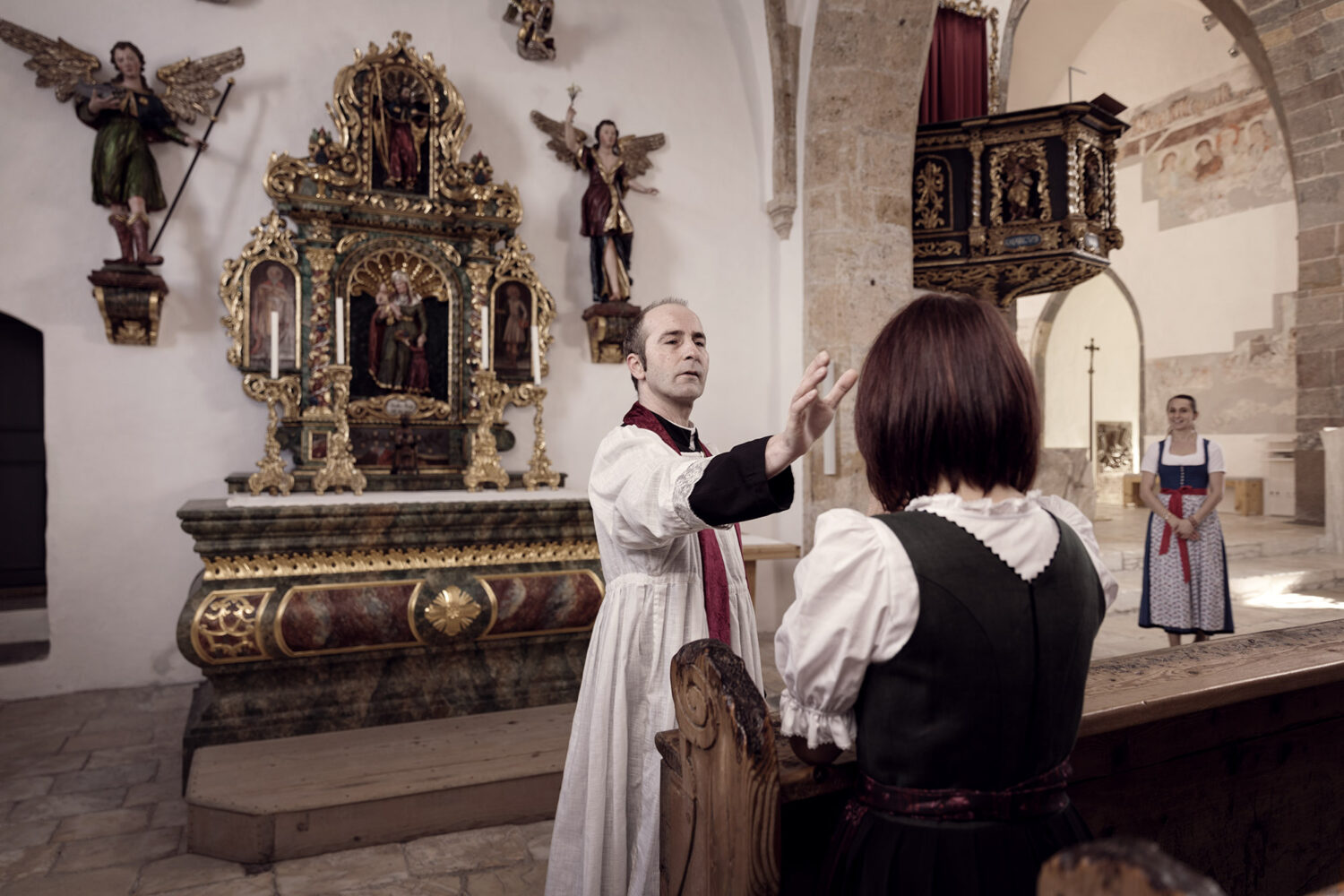

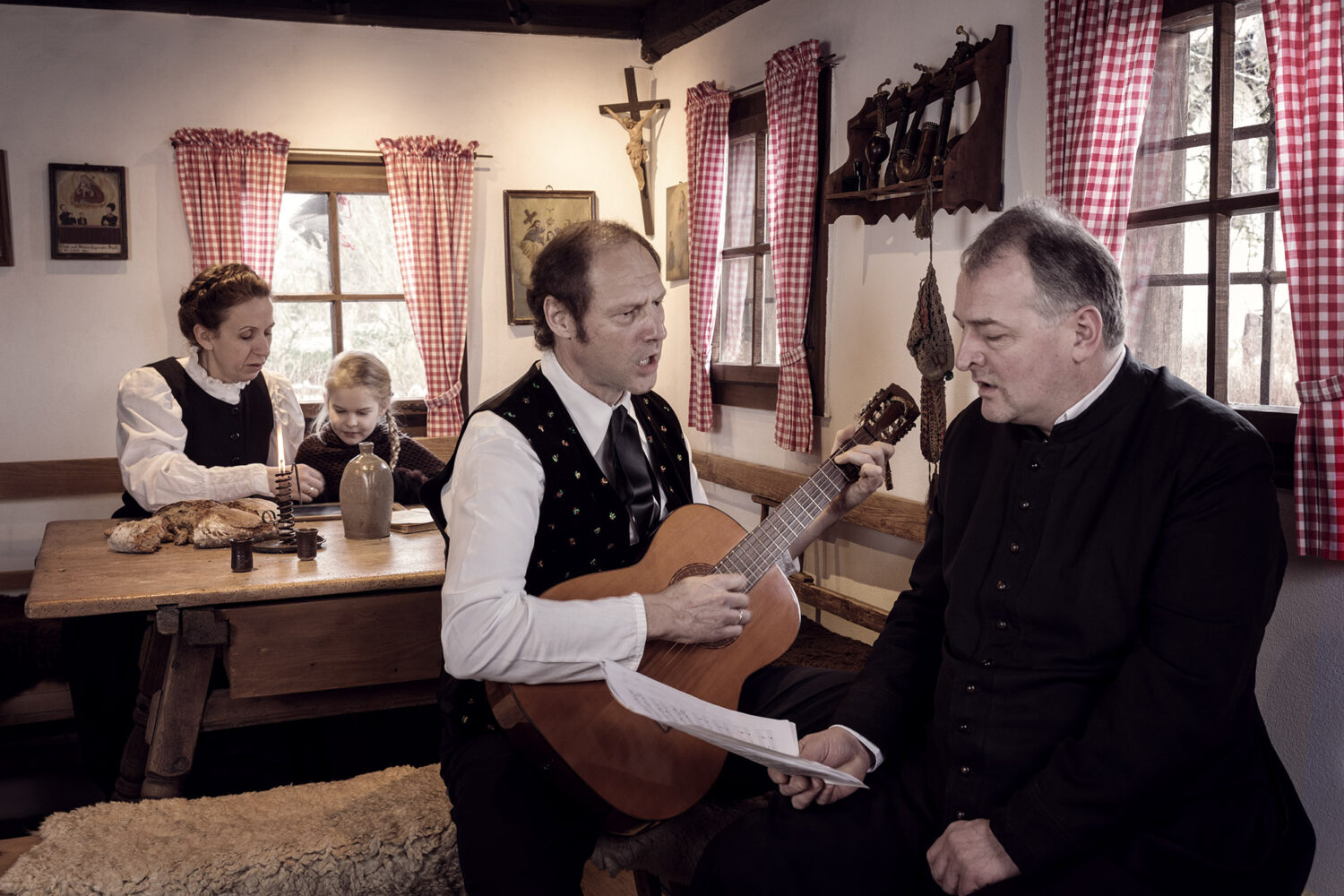



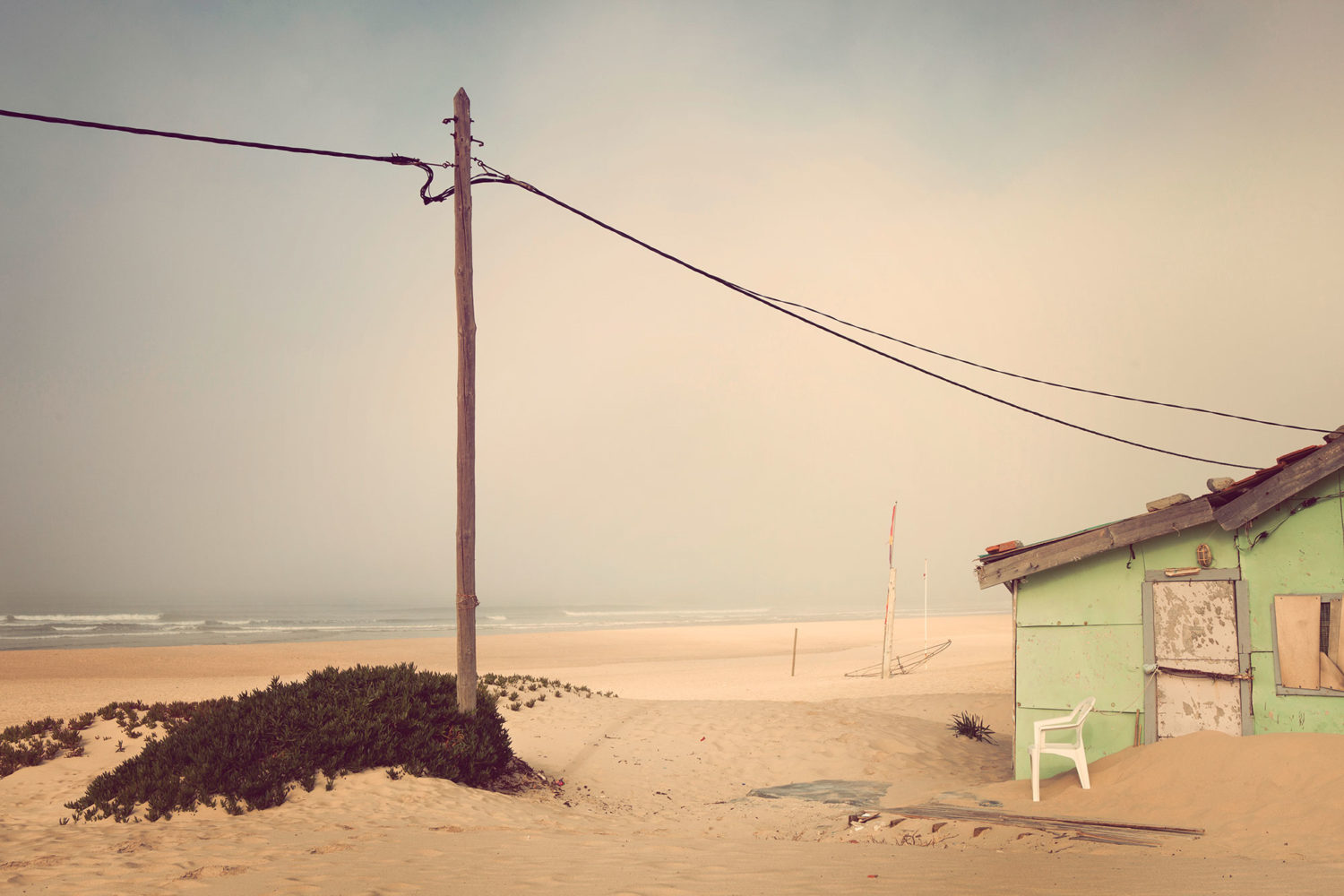
Summer of Love,
LaBrassBanda,
Universal

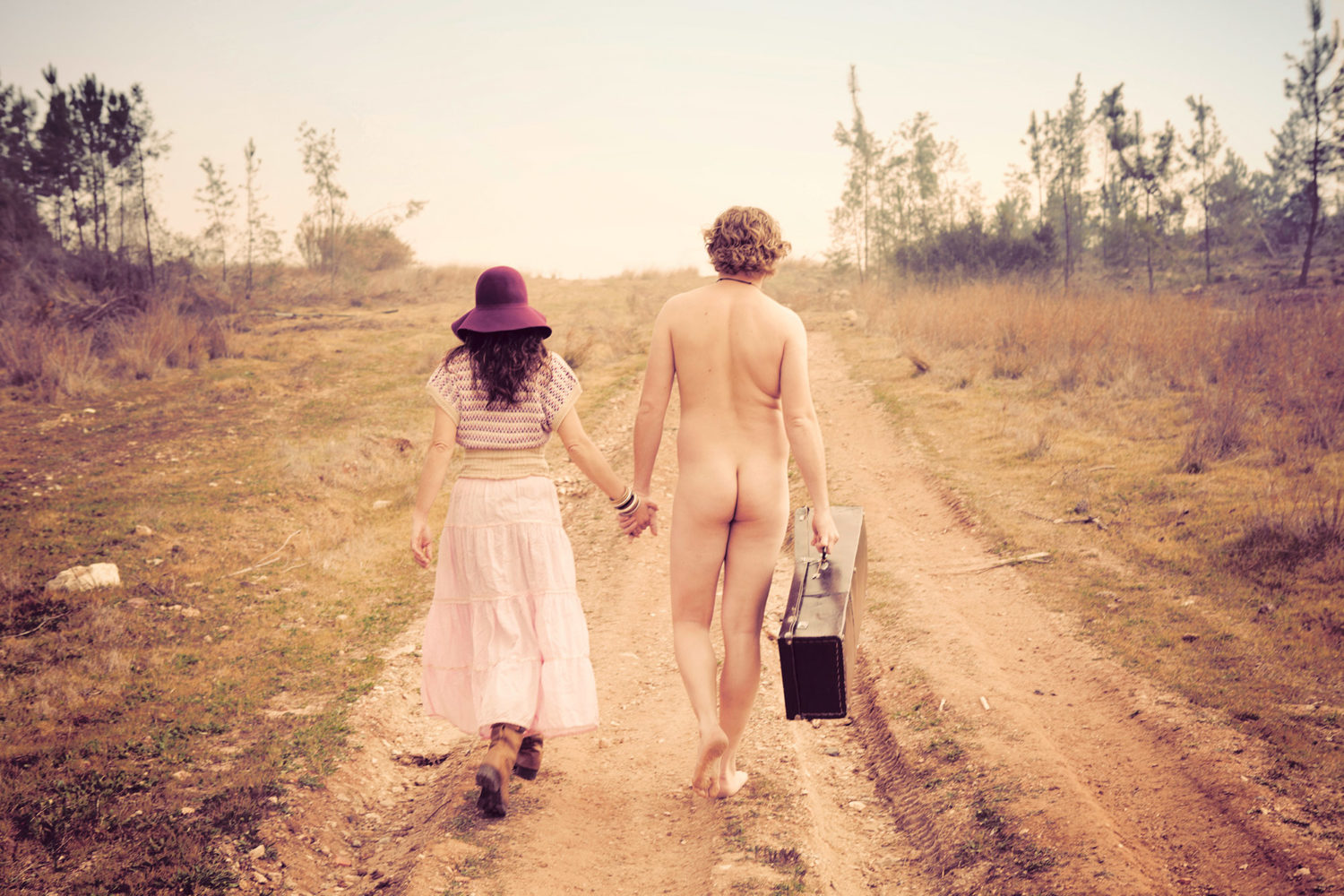
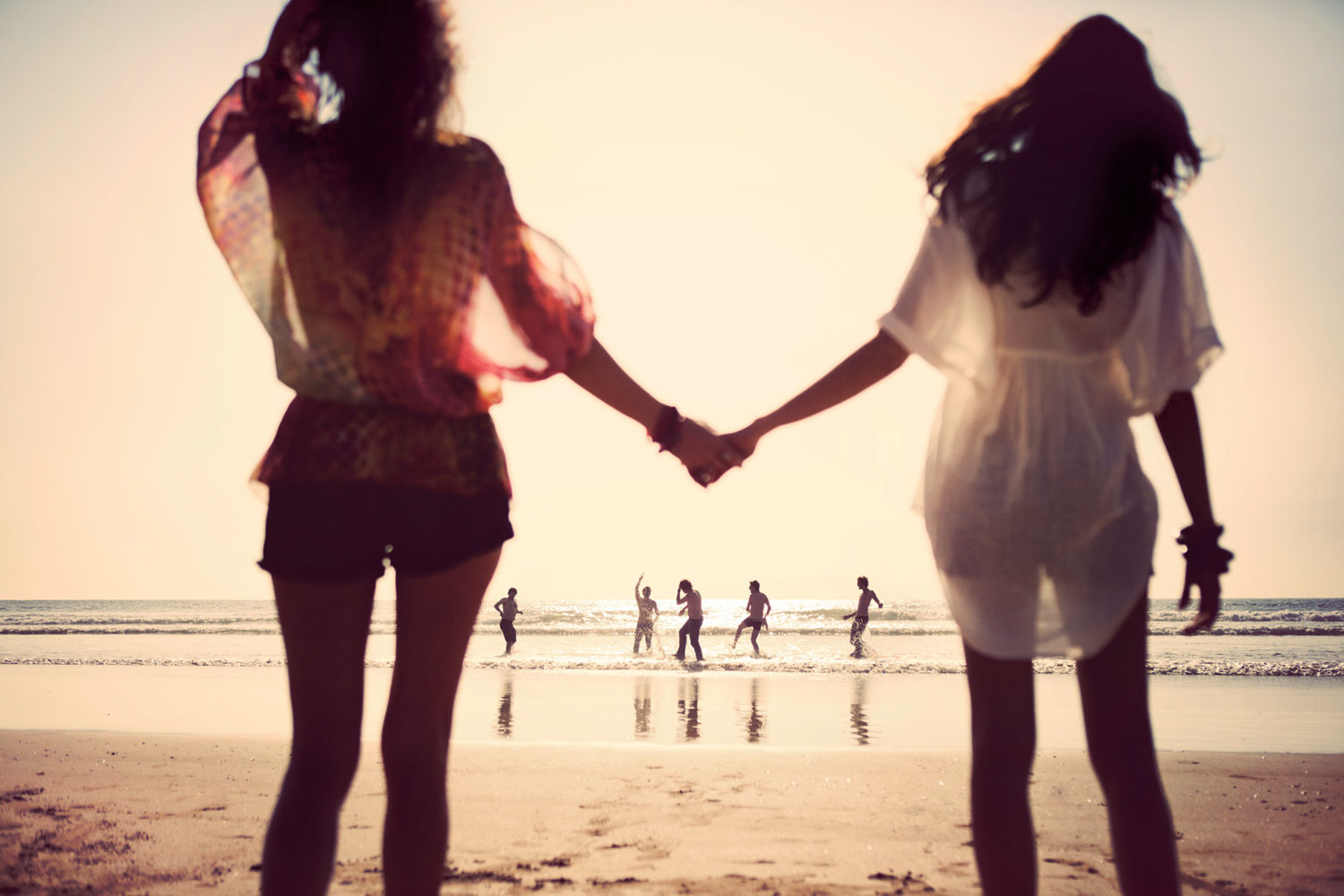
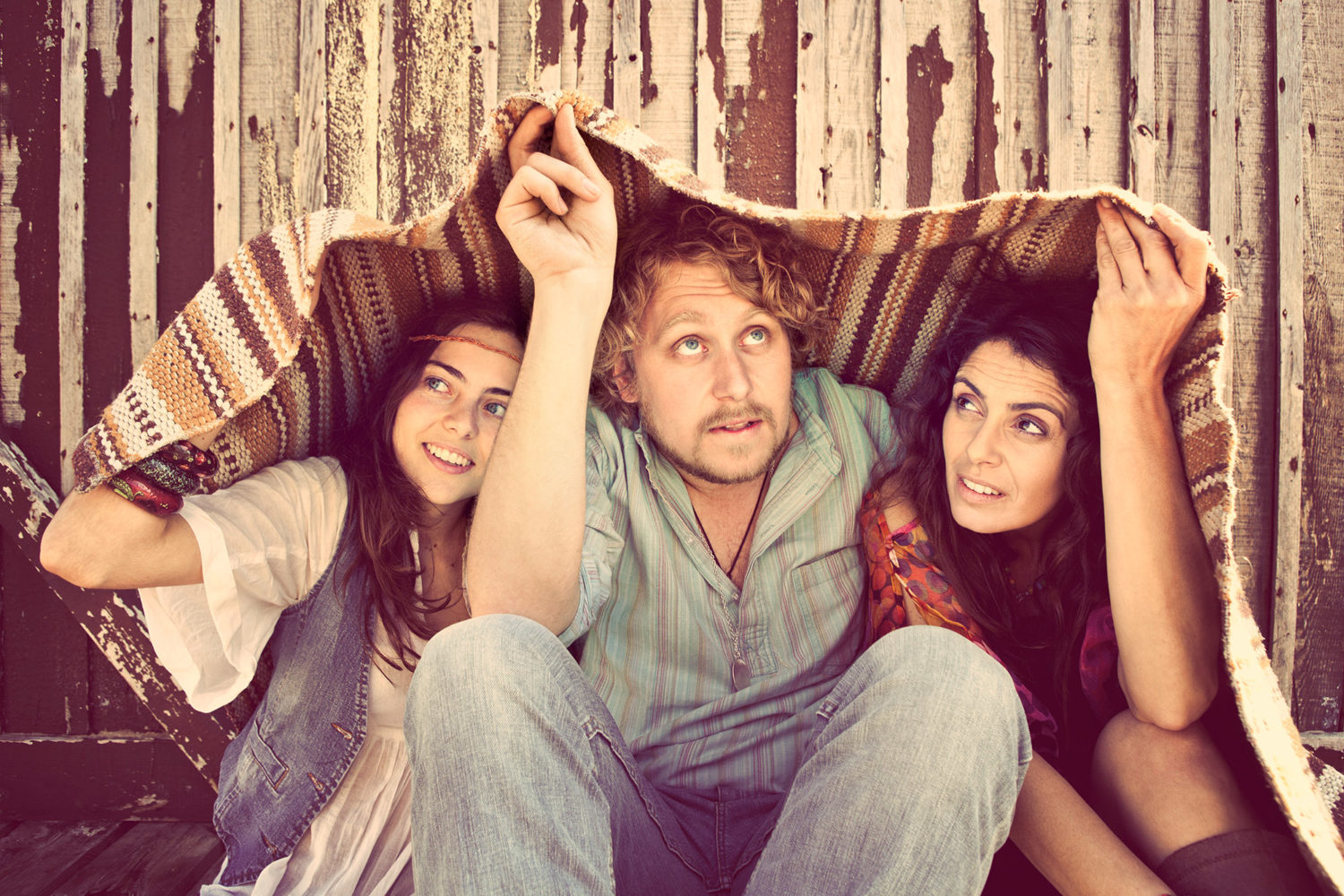
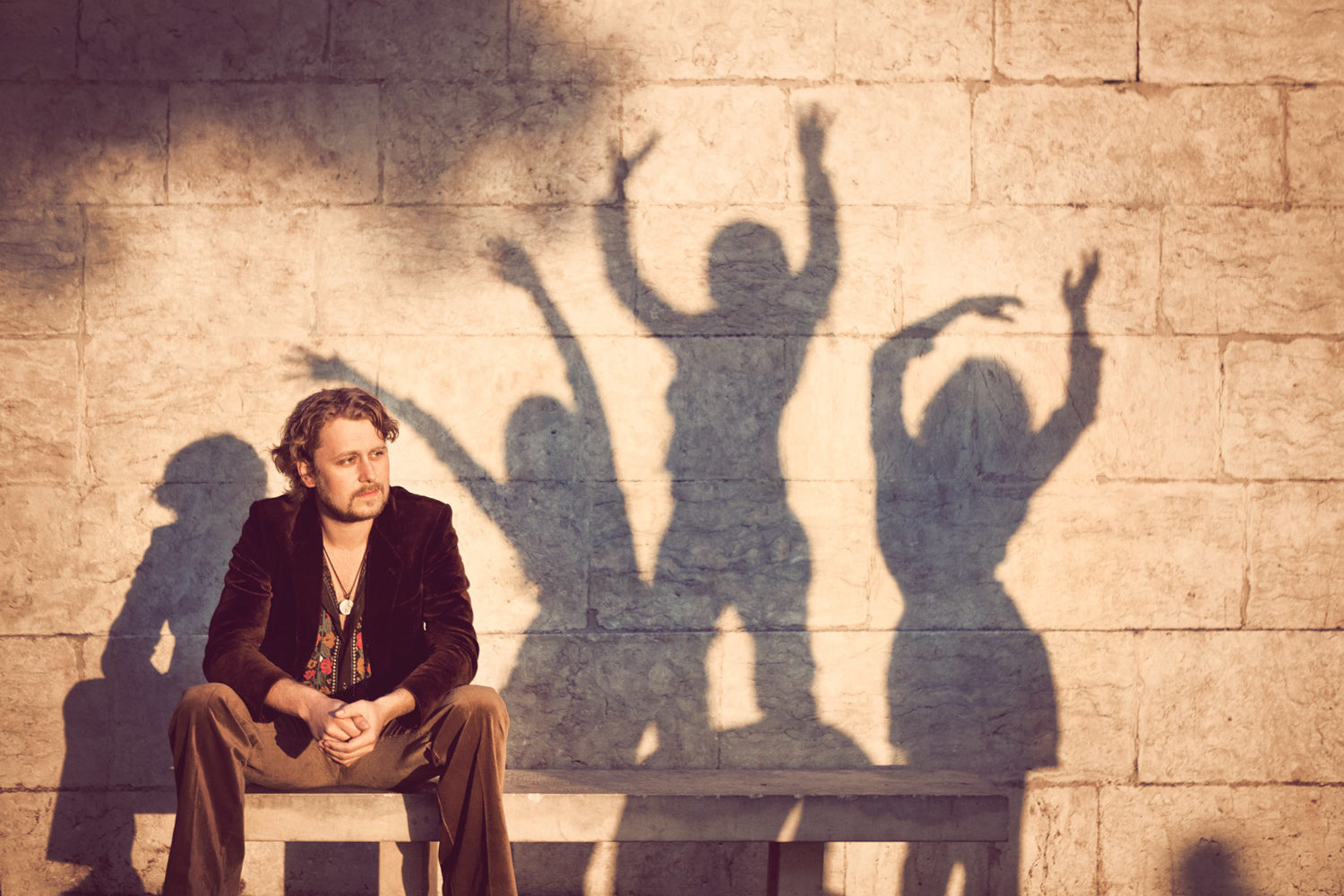
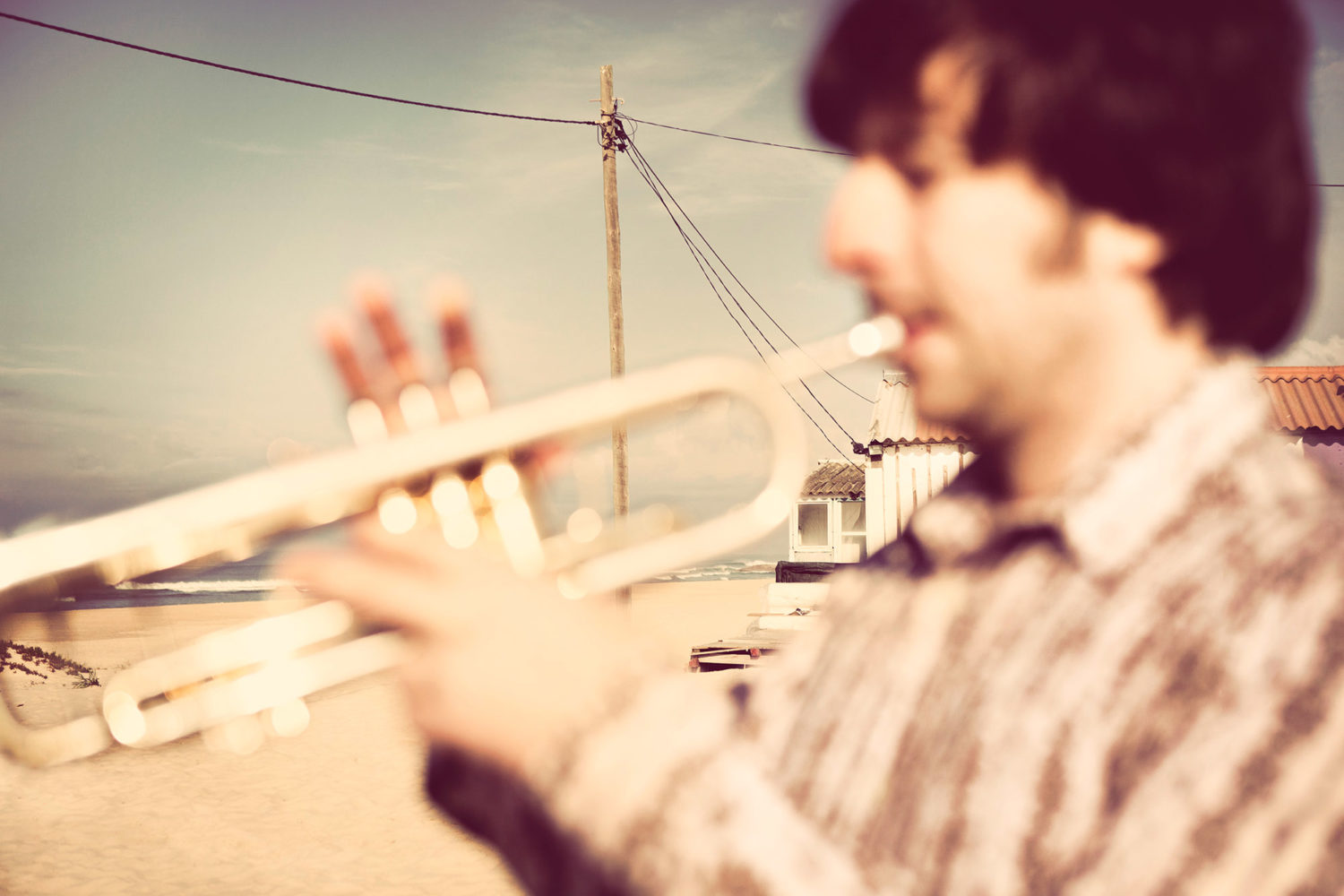
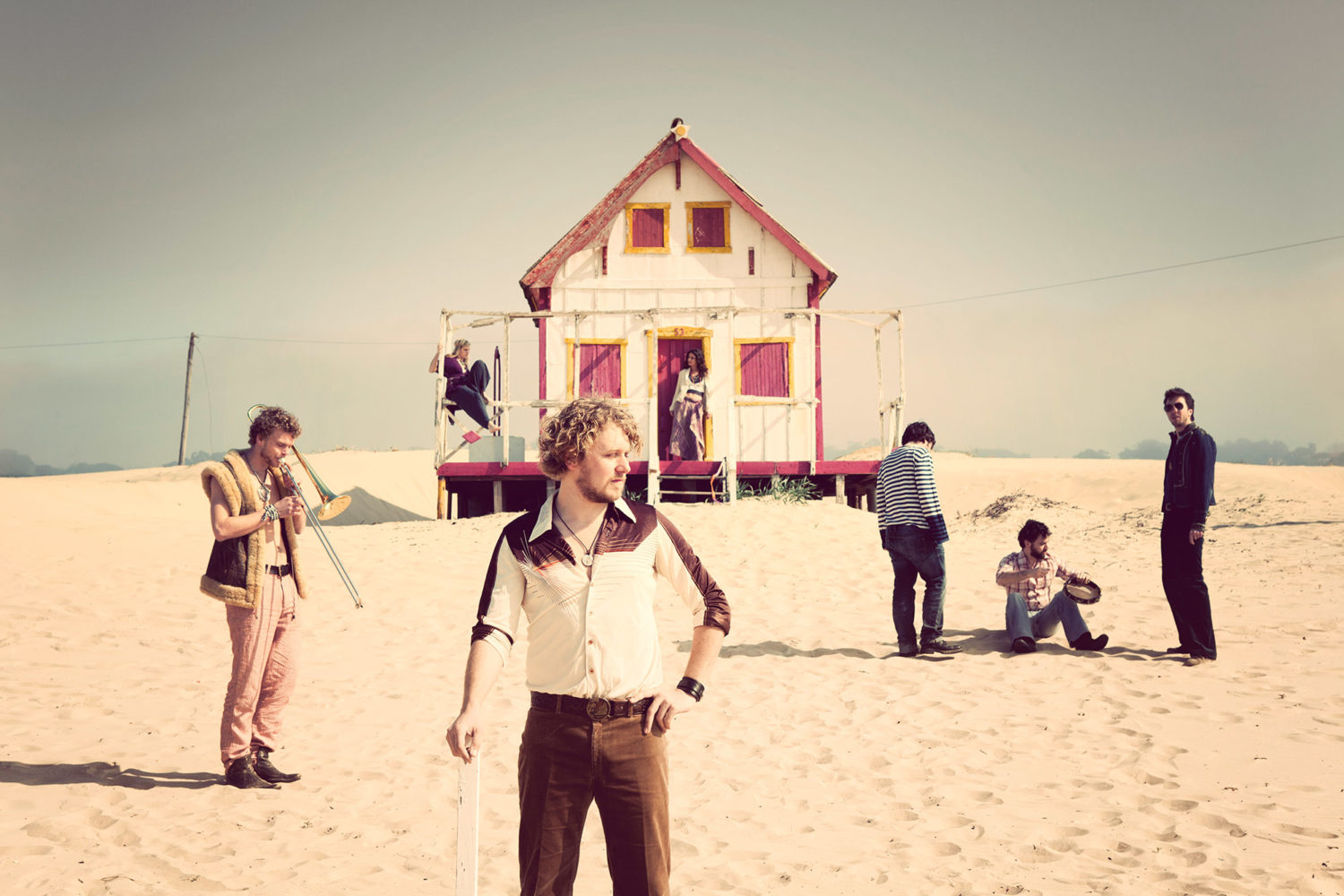
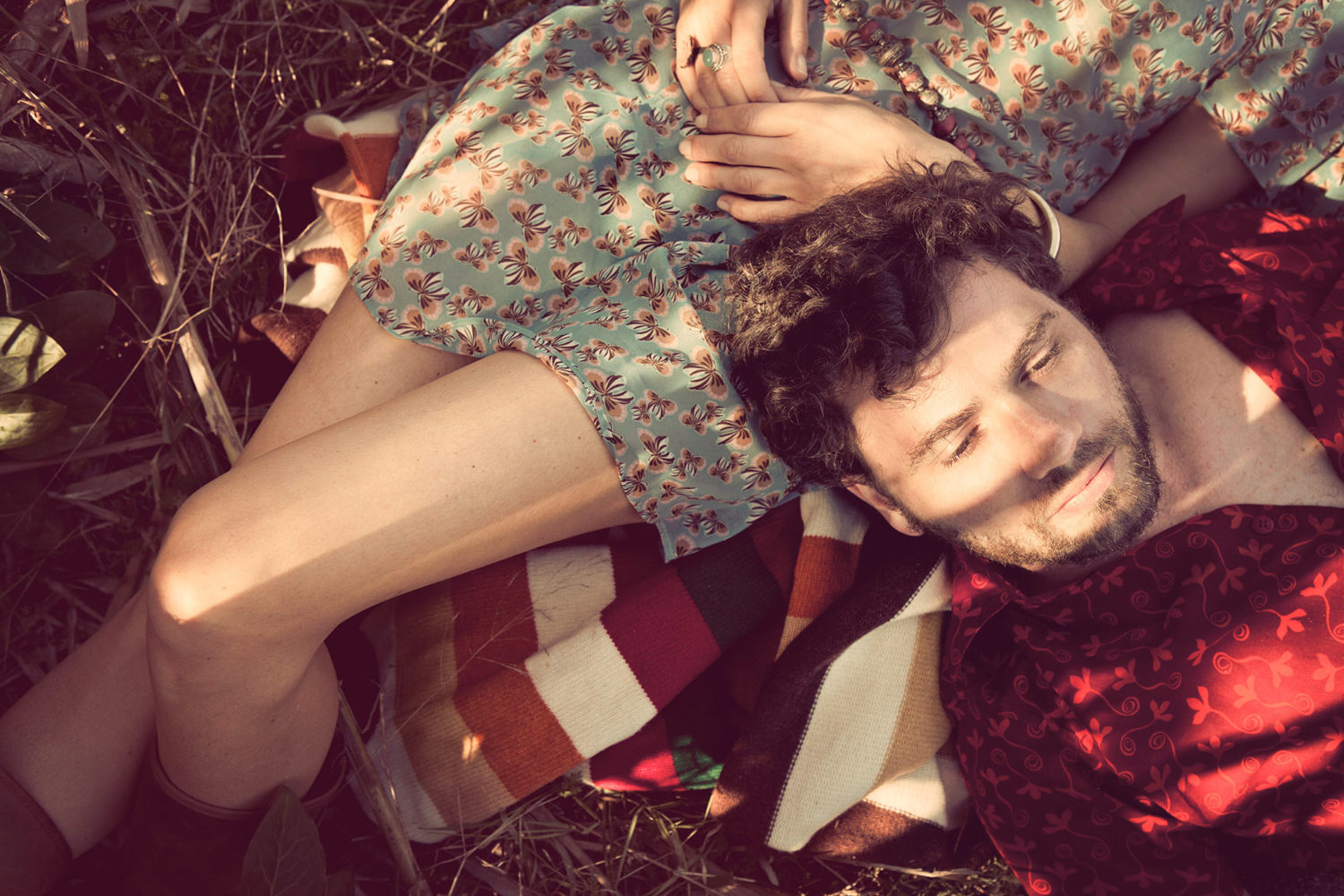

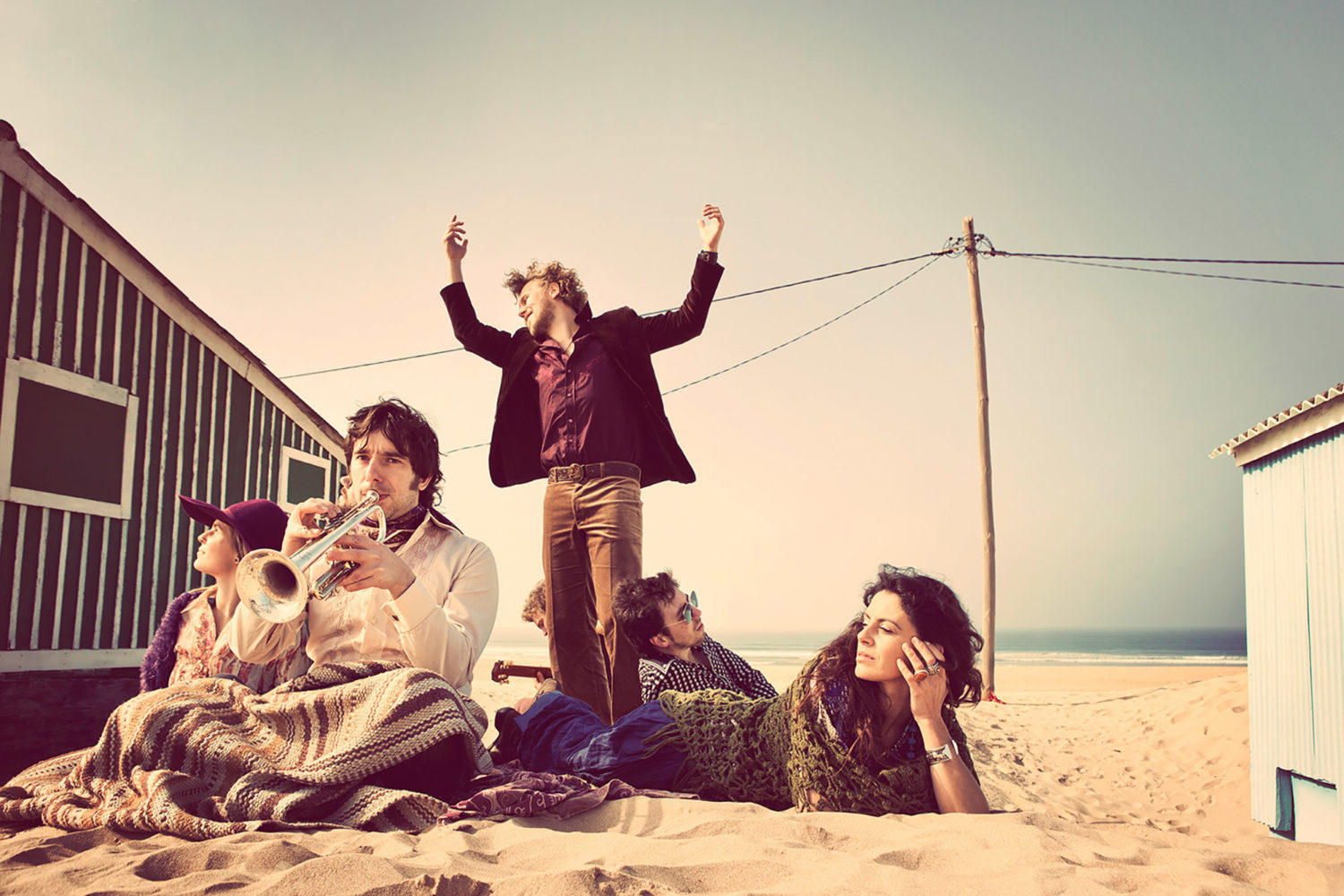
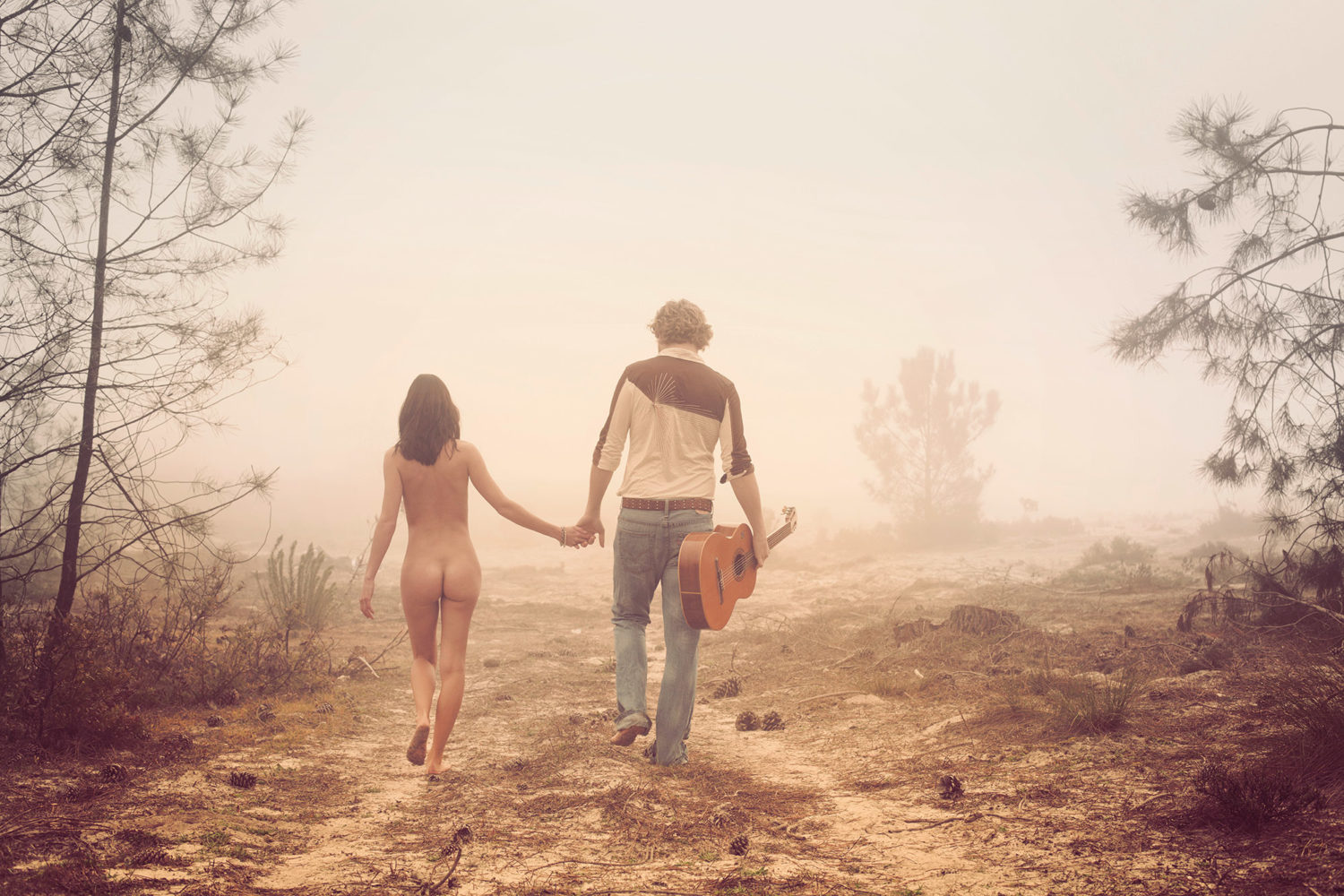
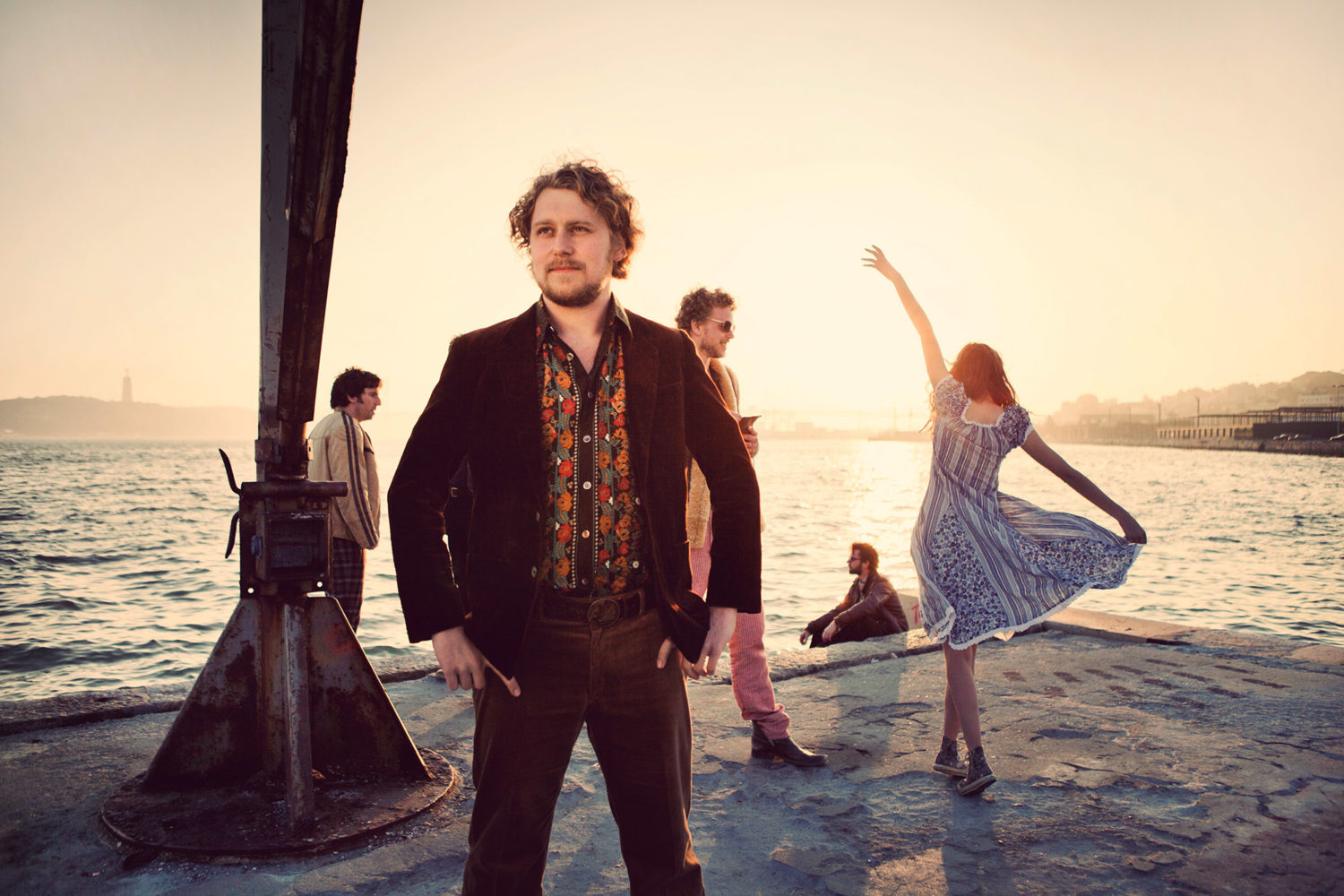
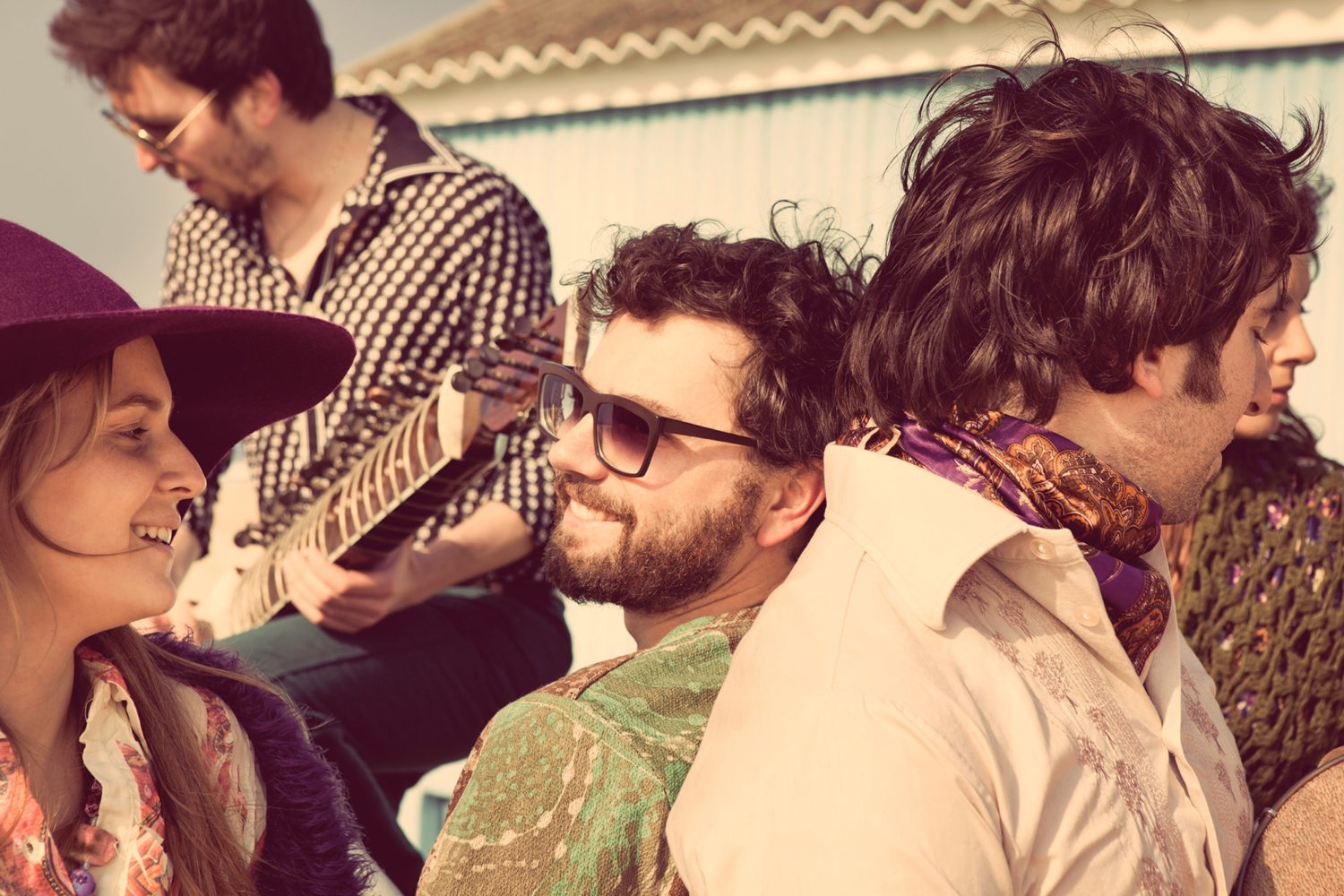
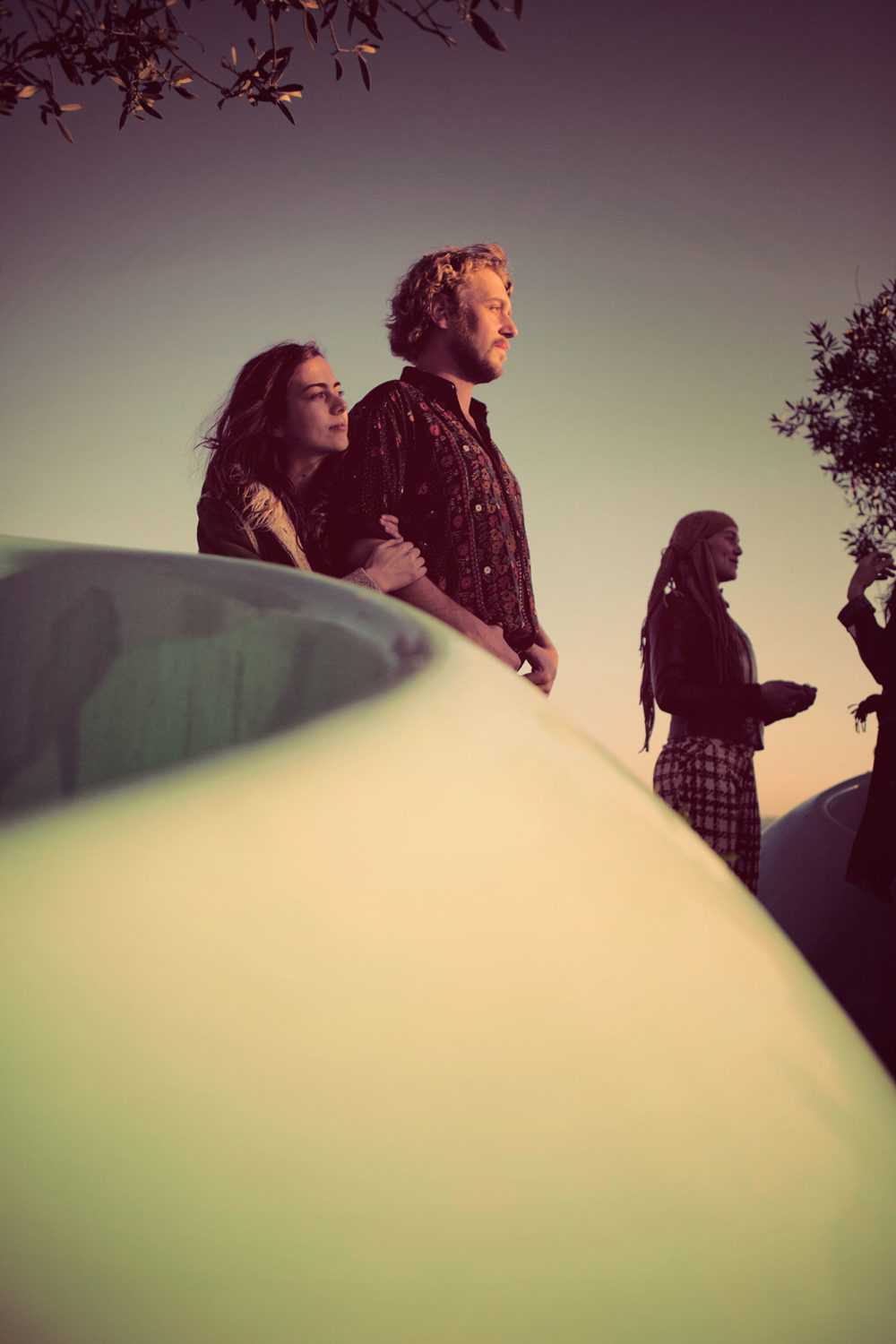
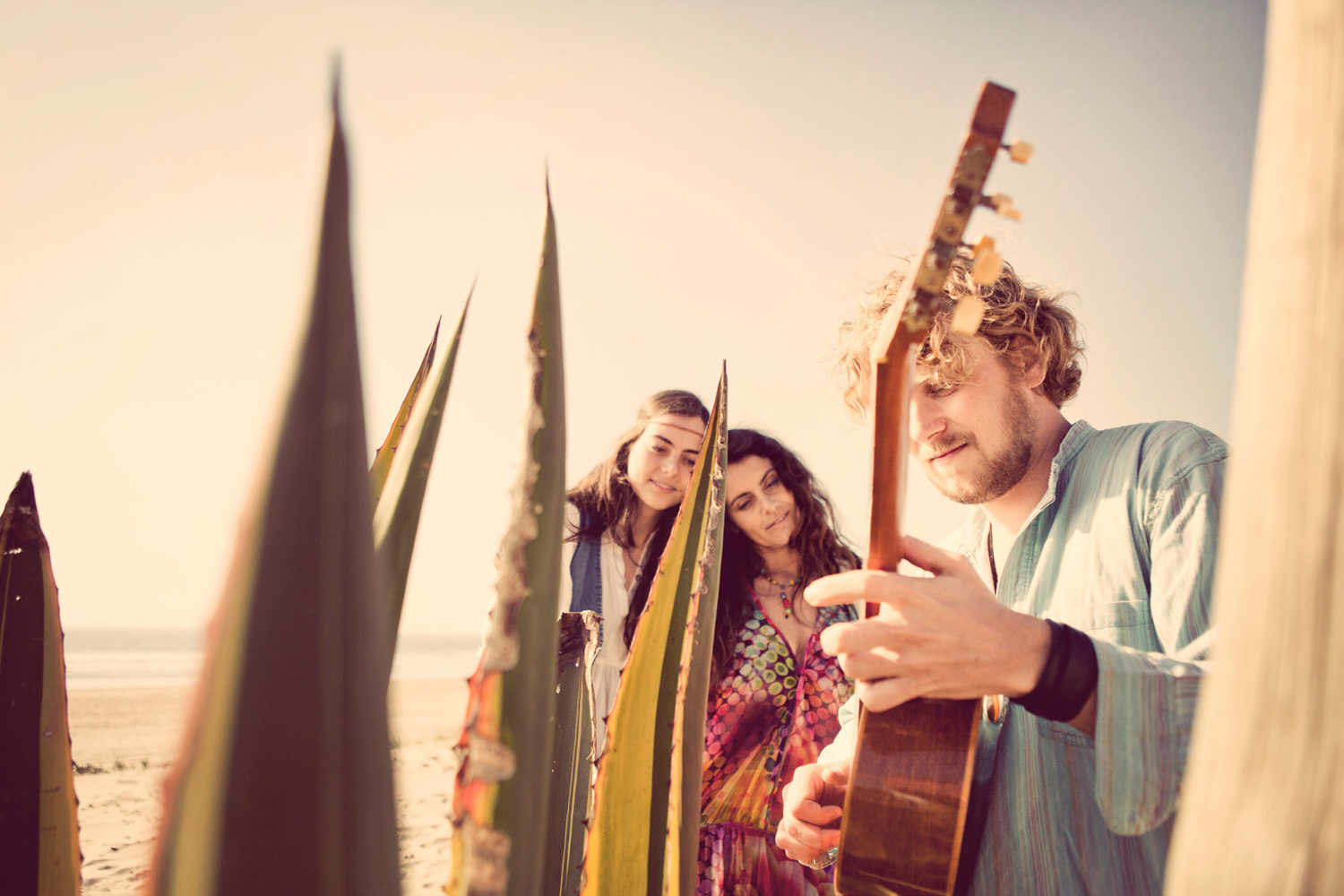
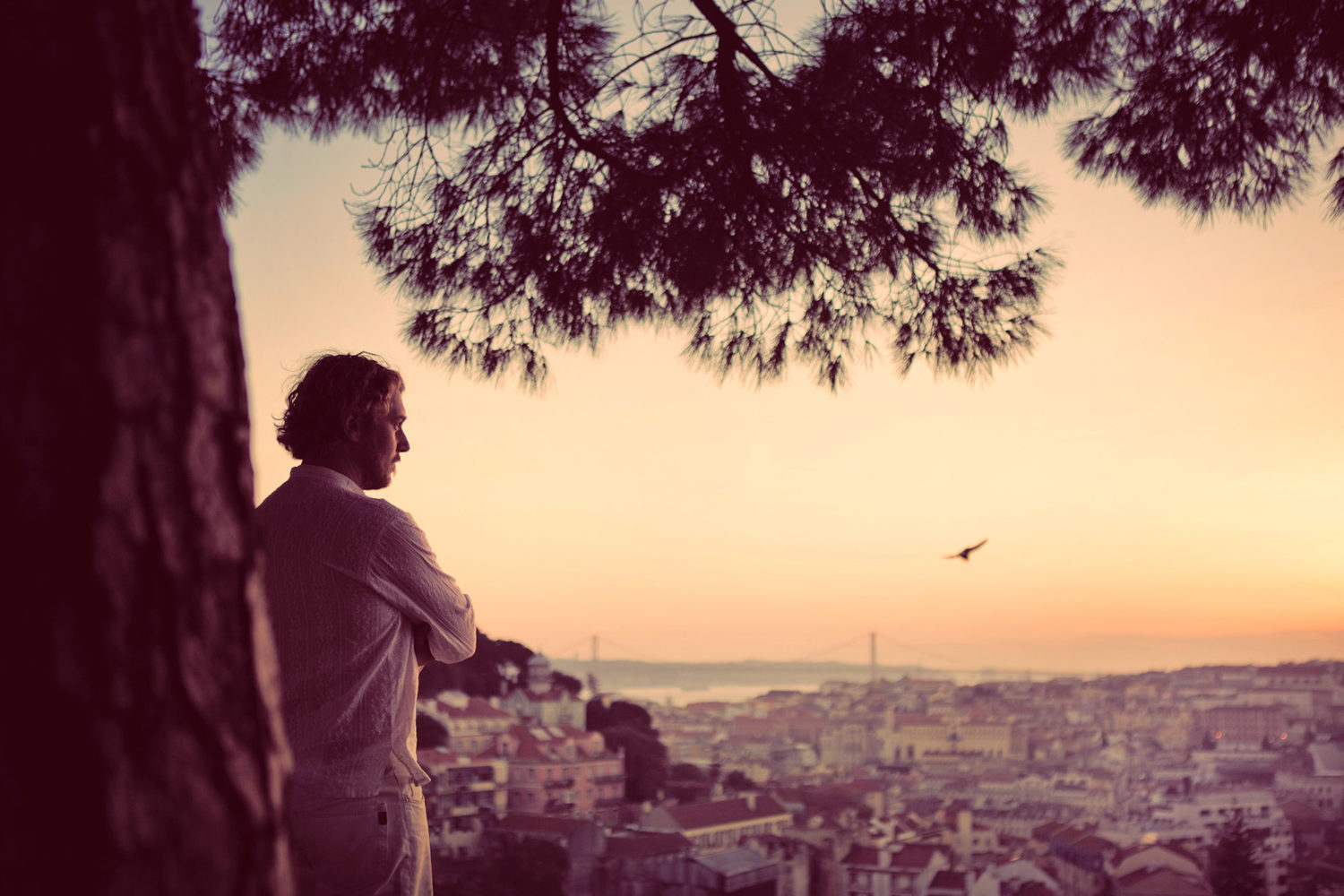
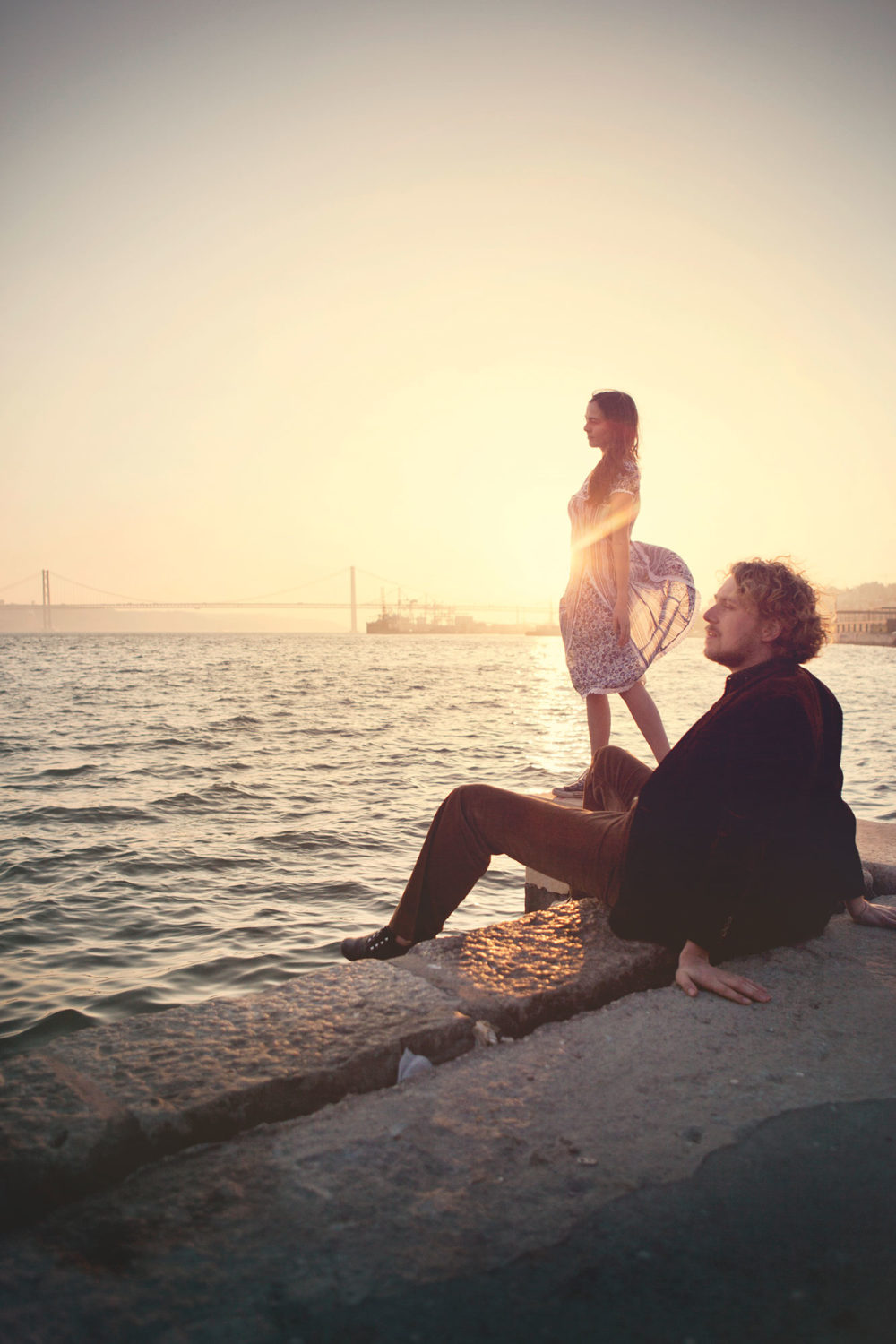
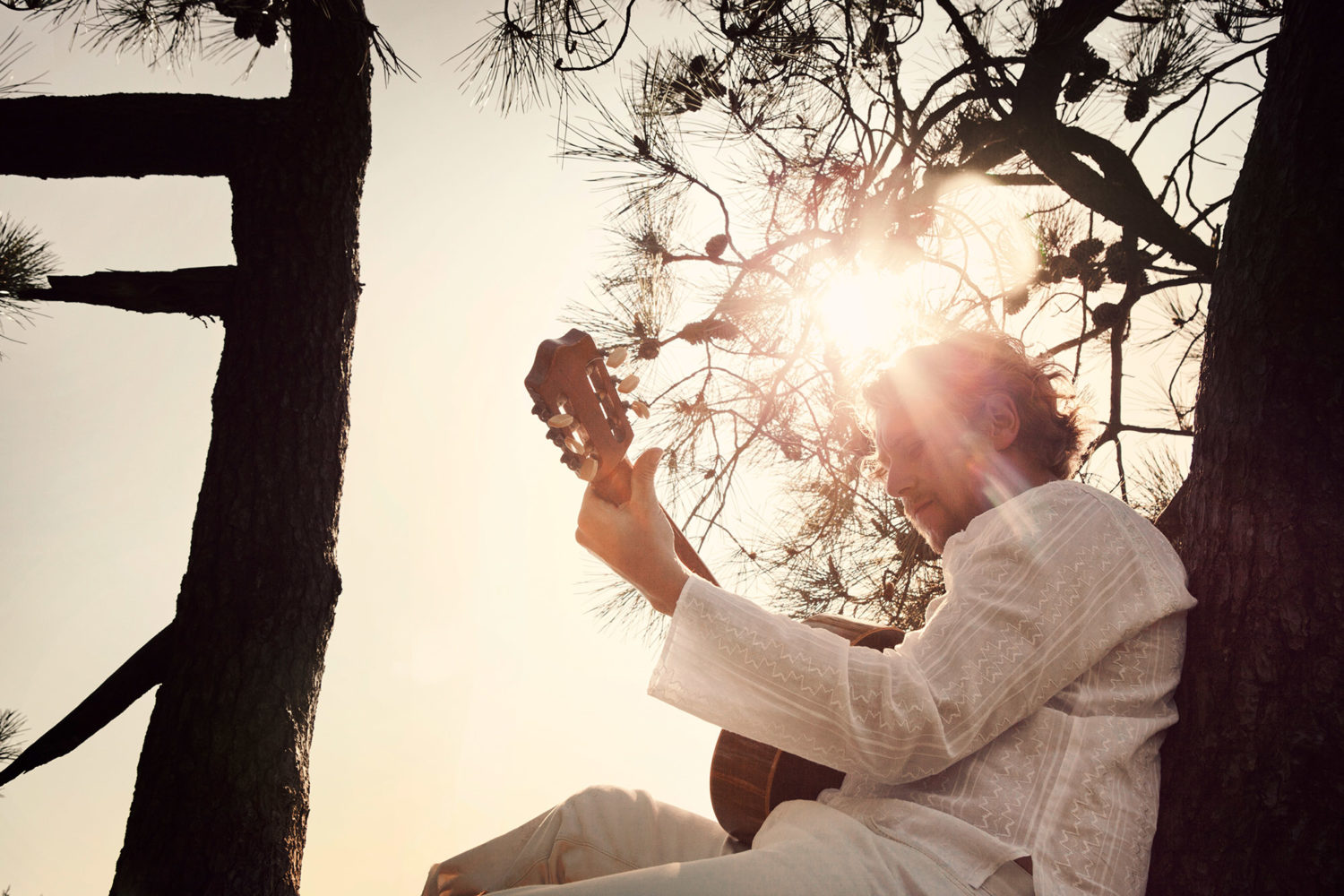



Jan Delay,
Mercedes-Dance,
Universal
